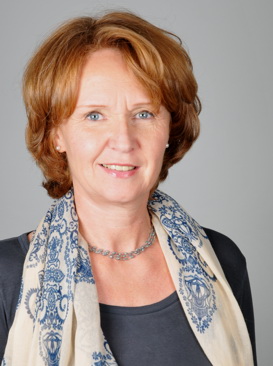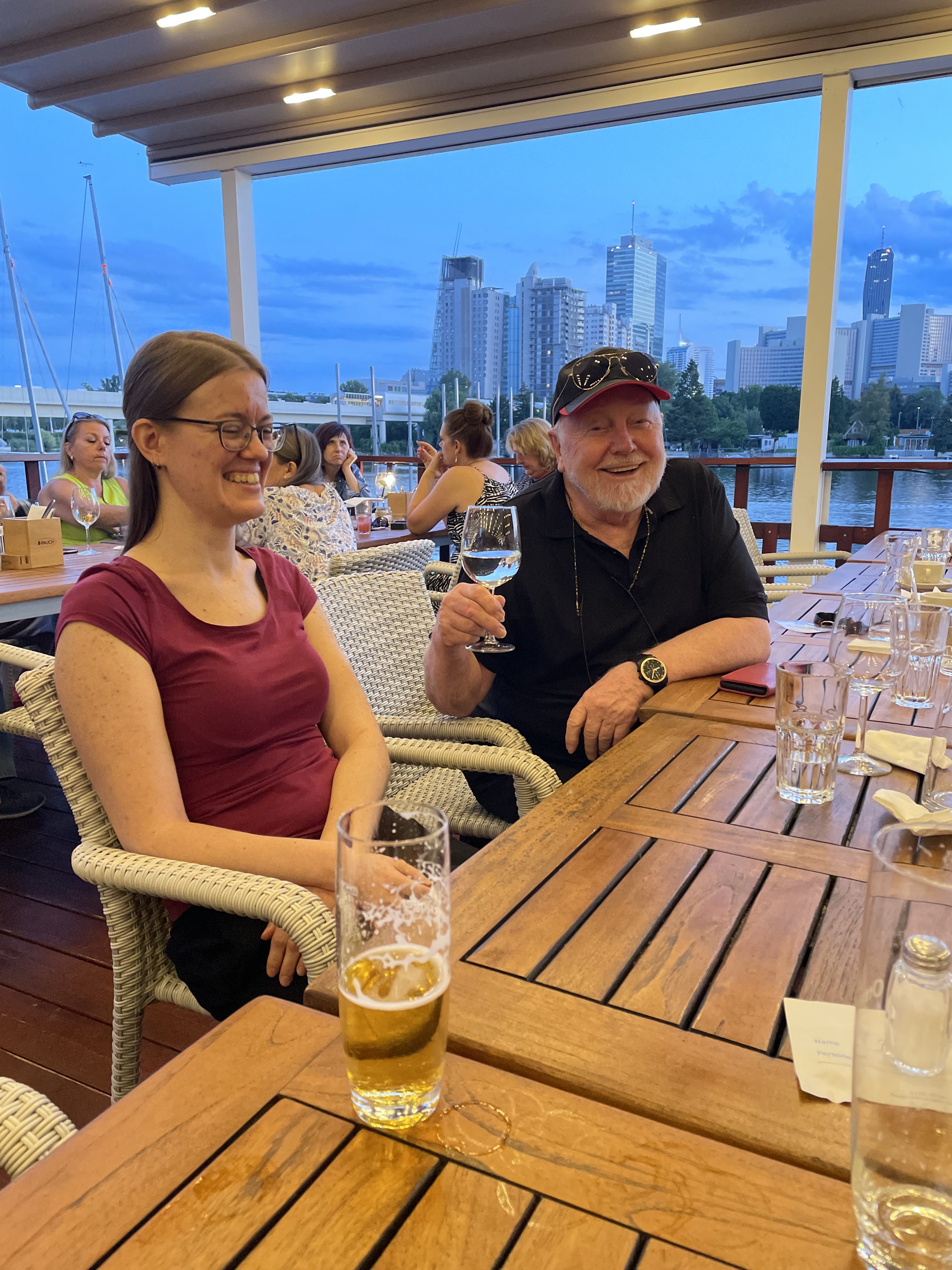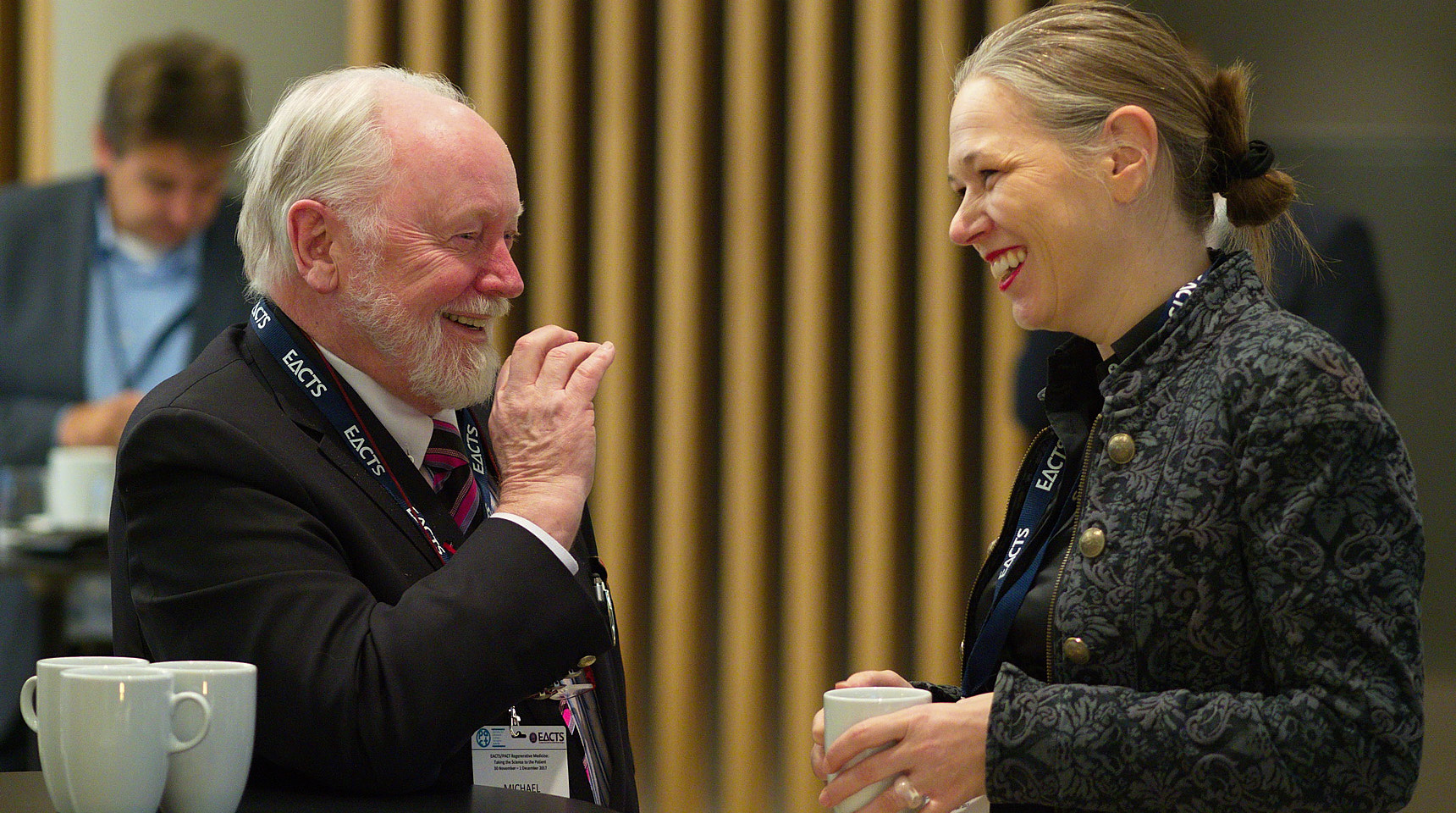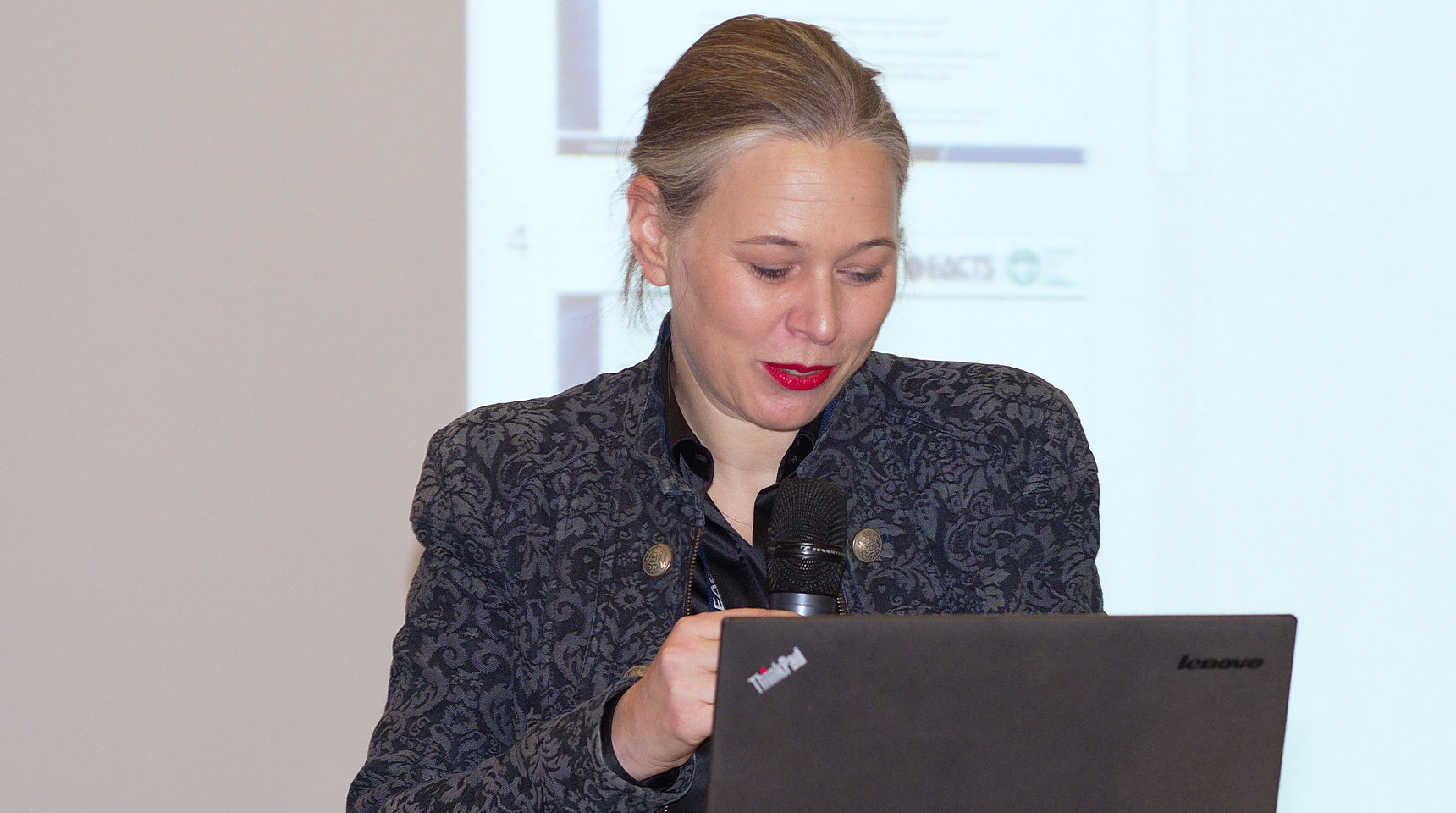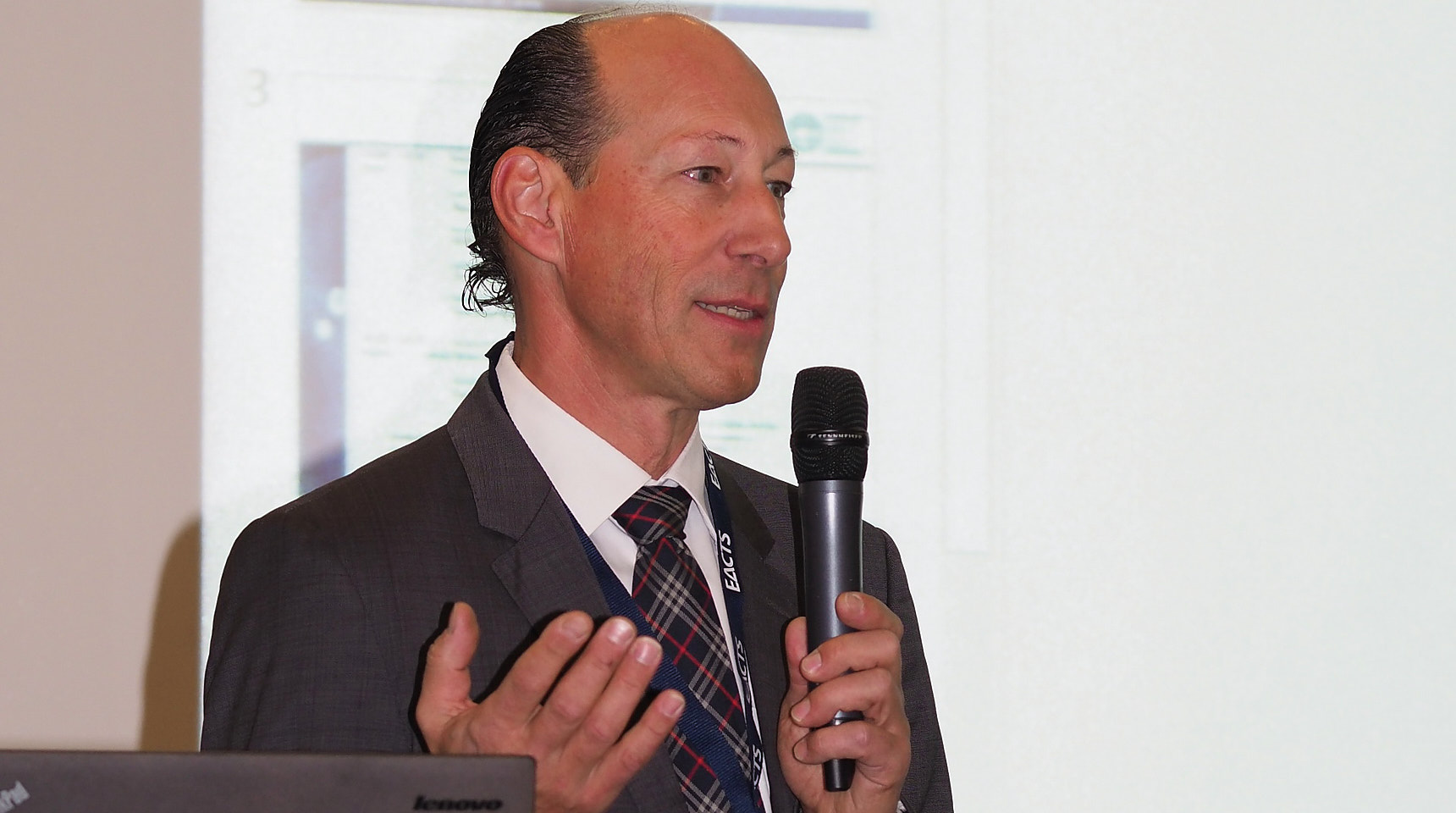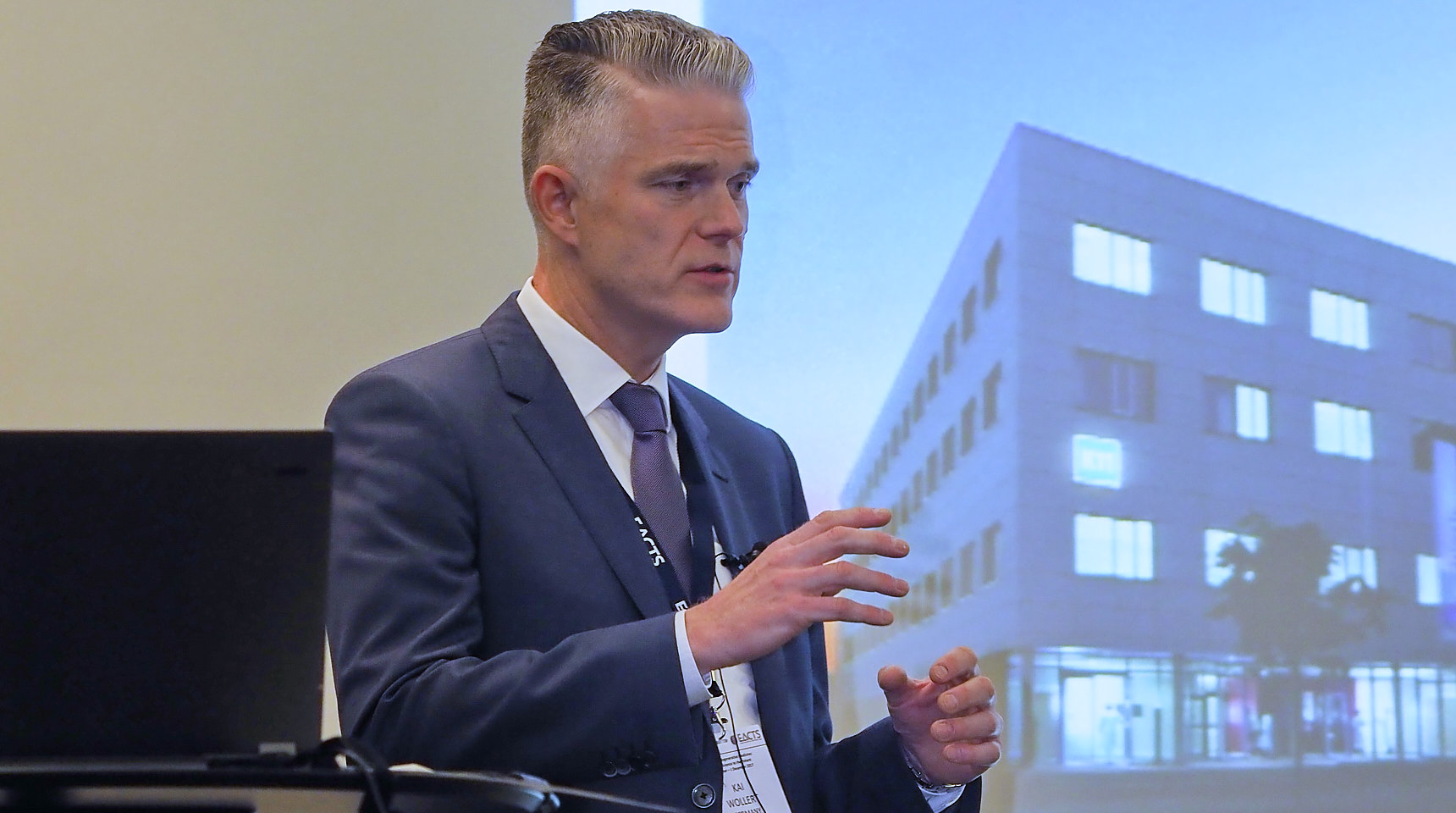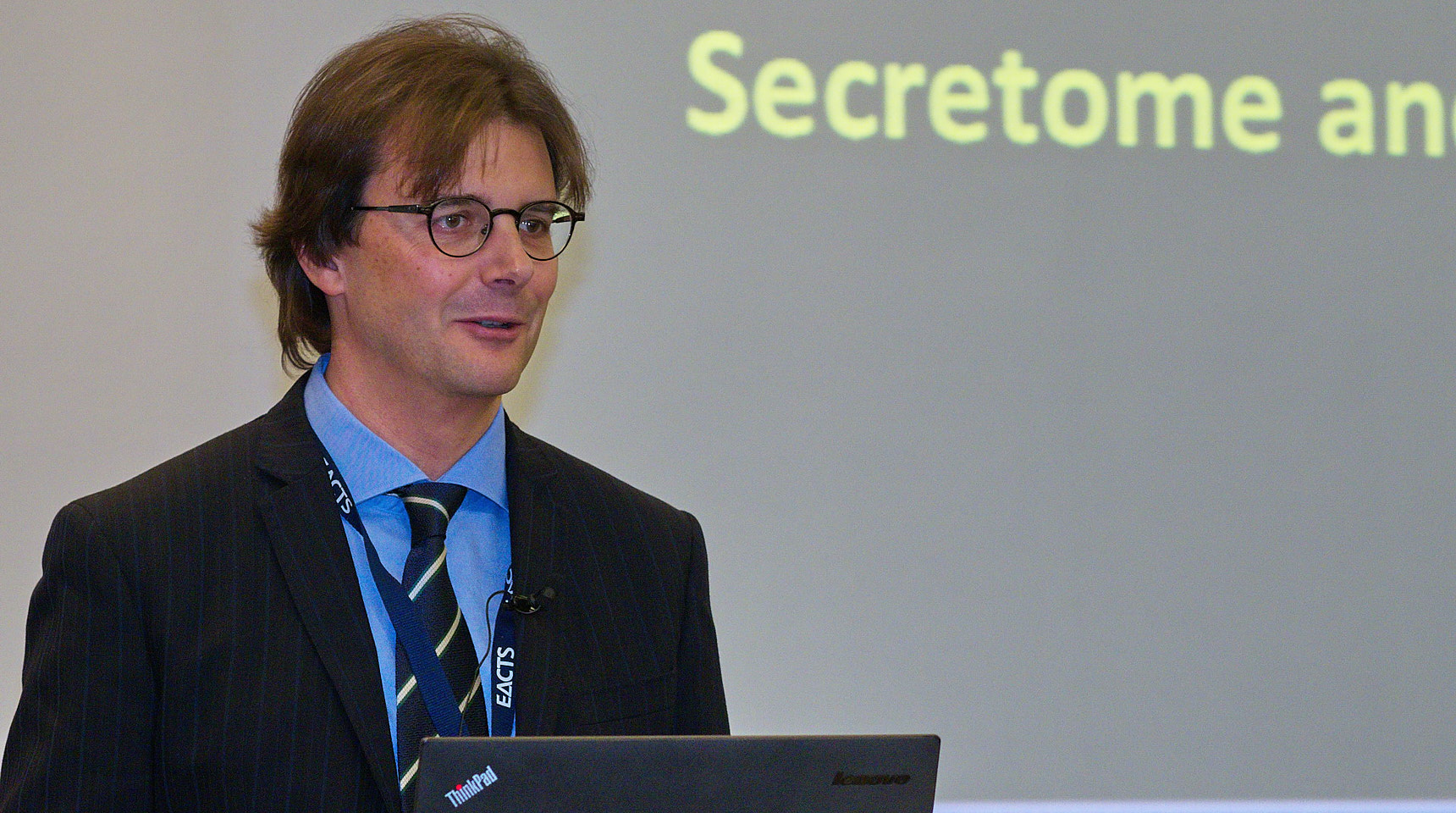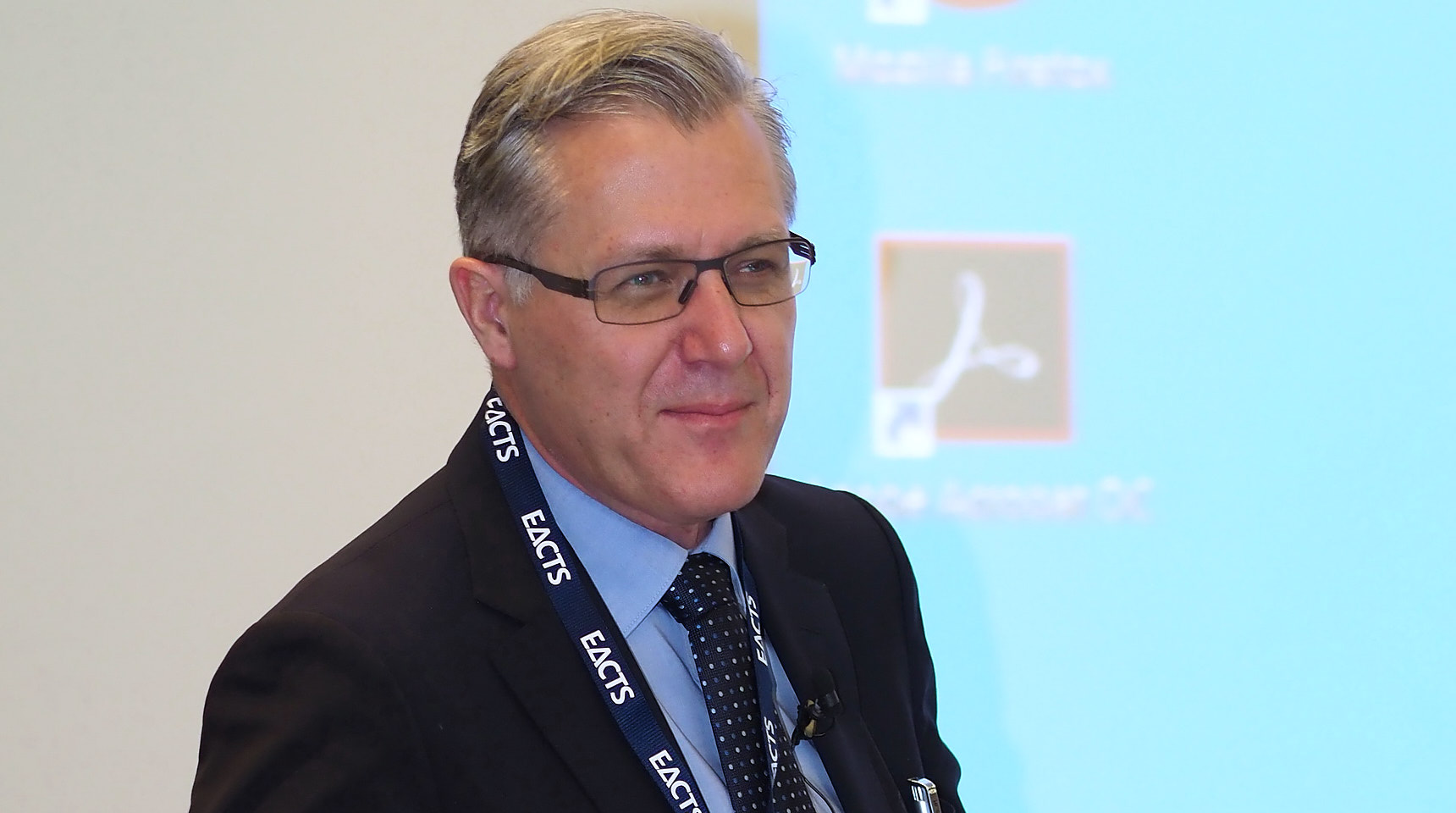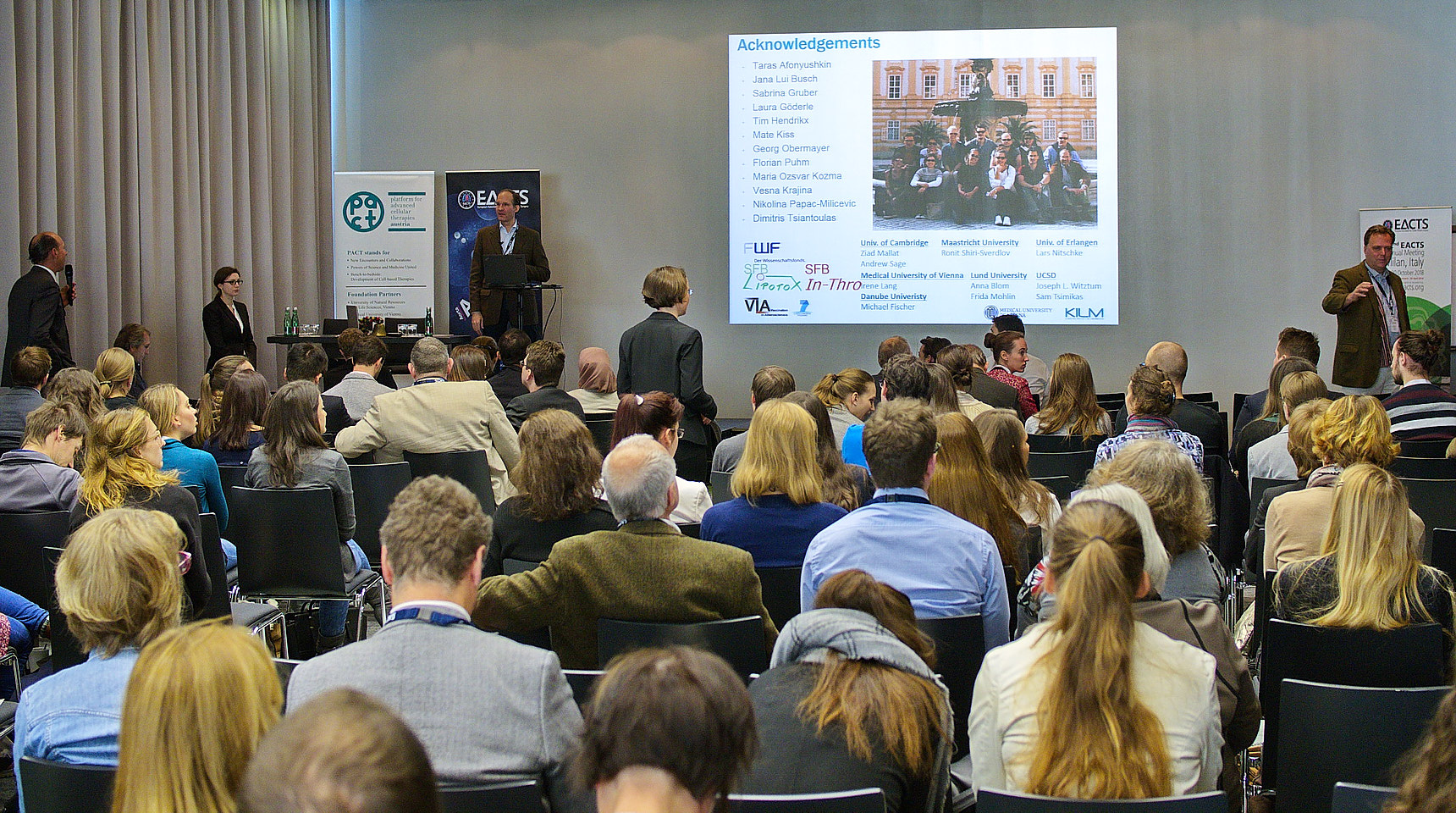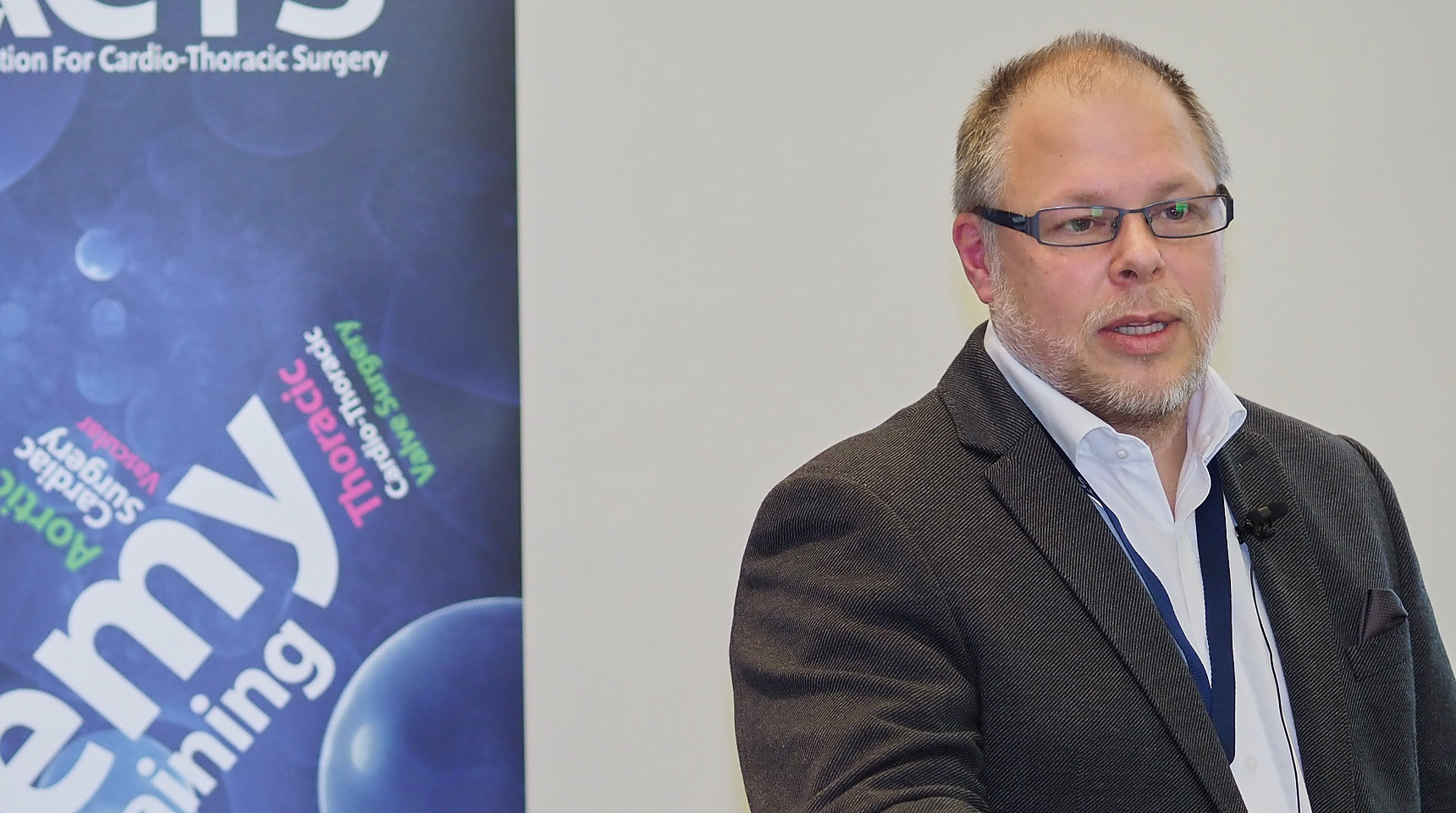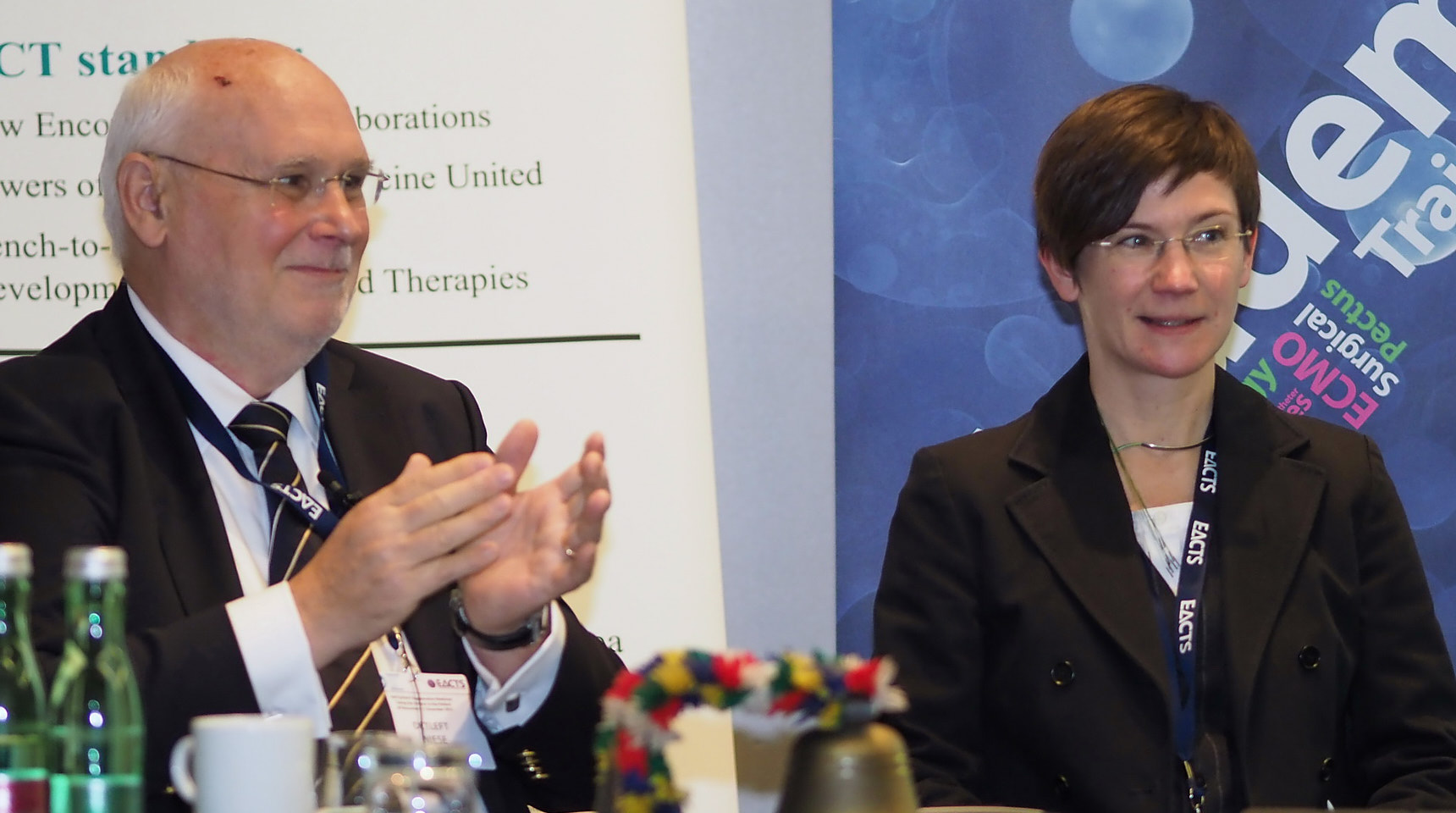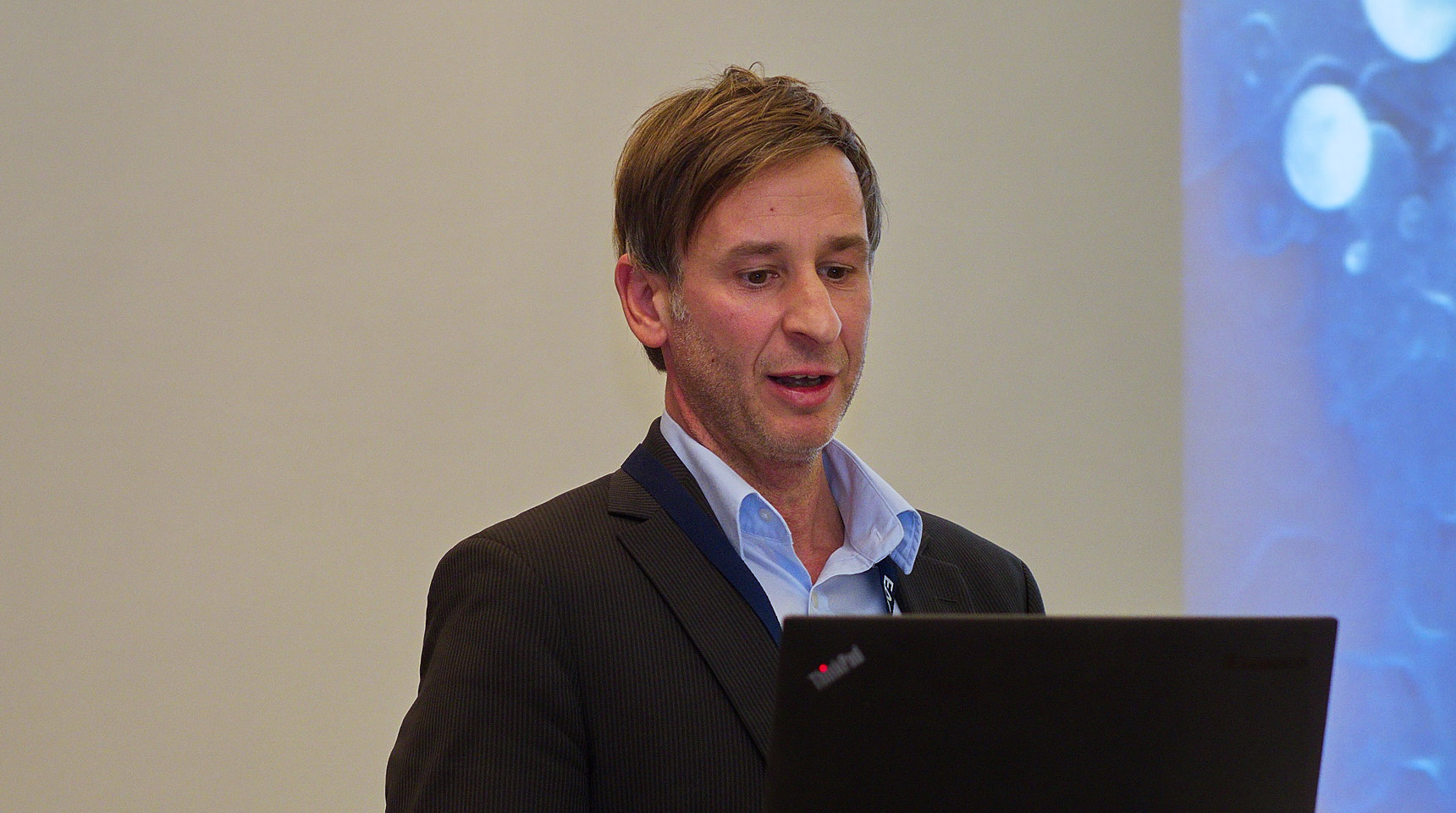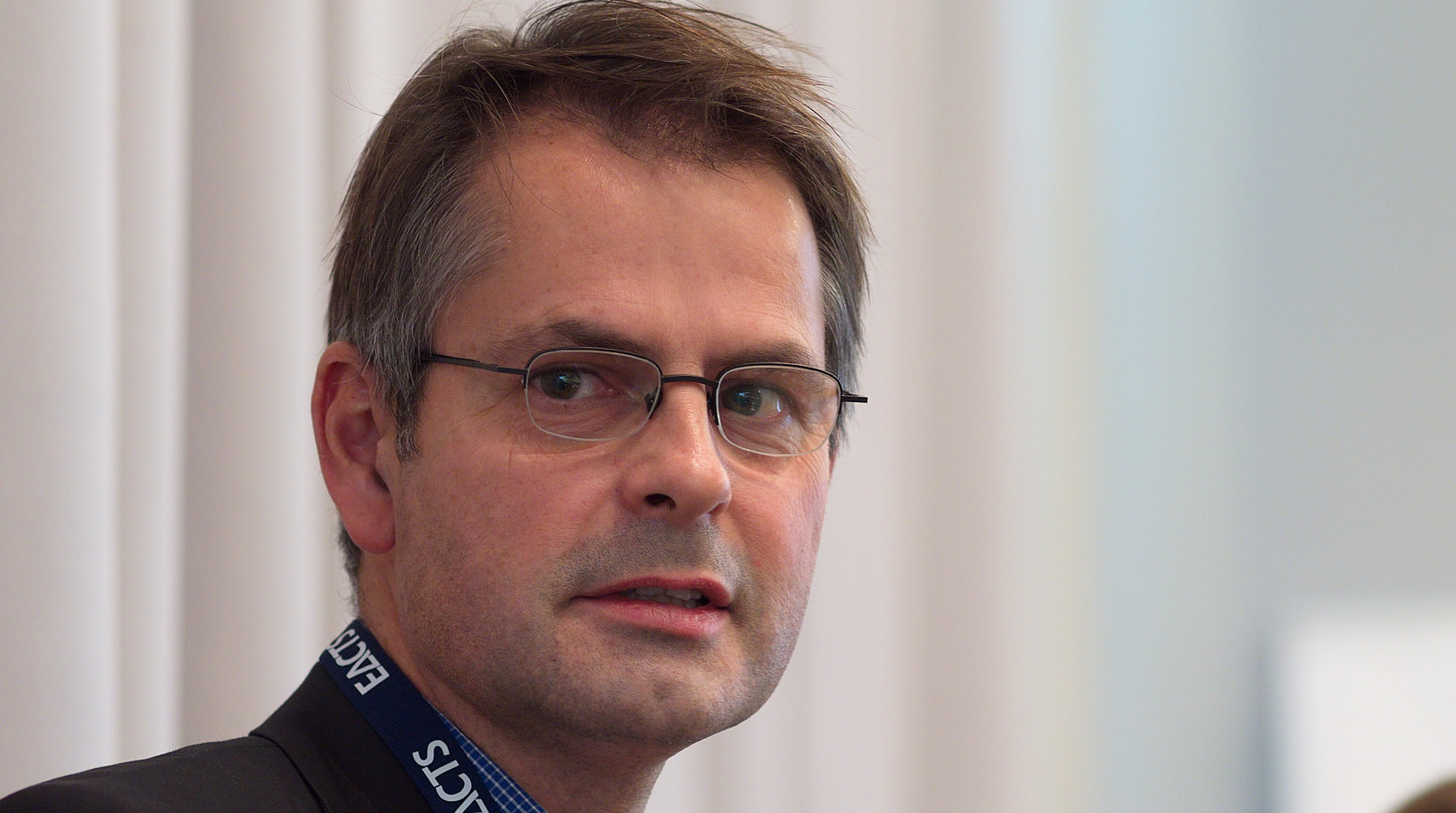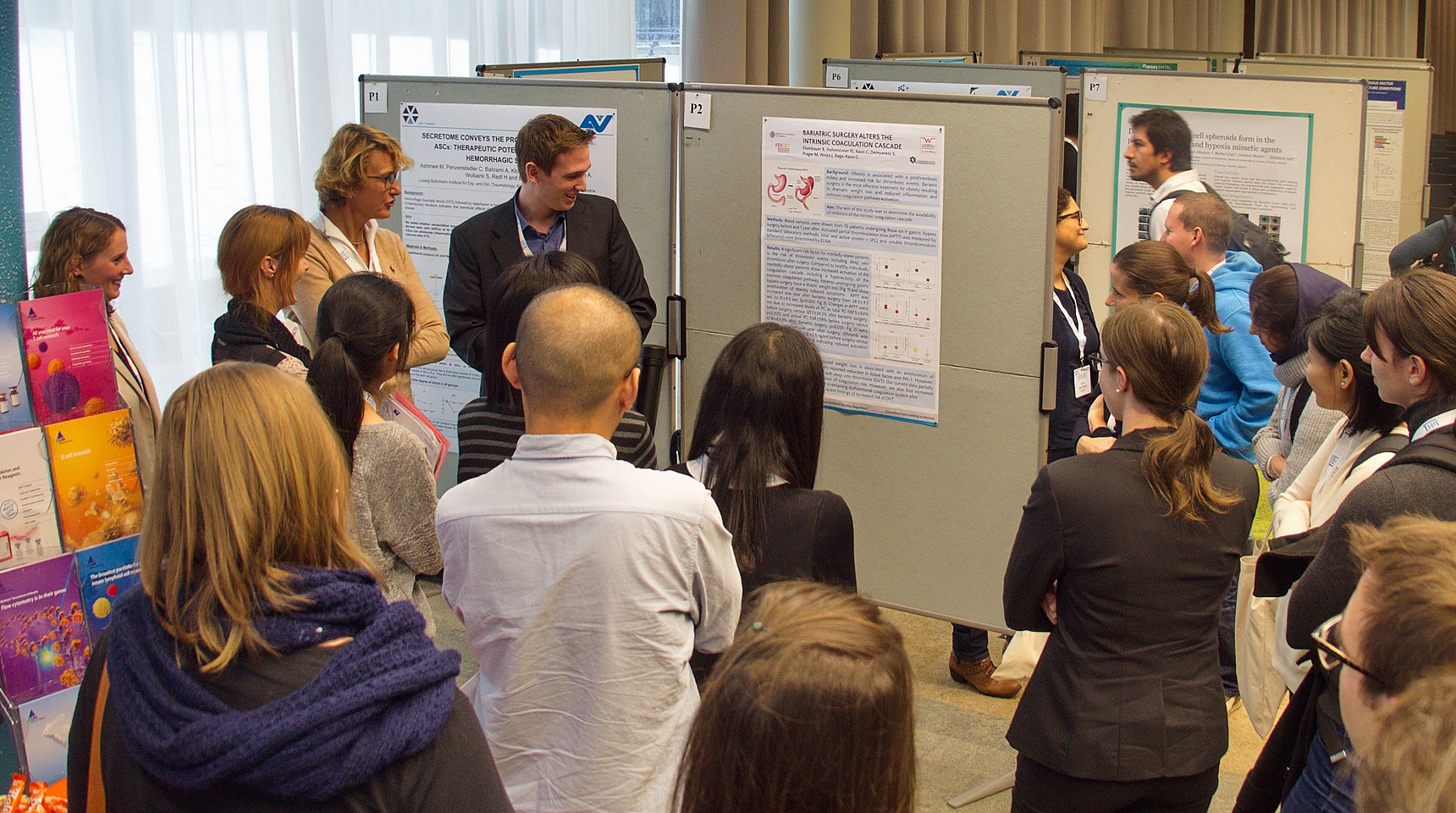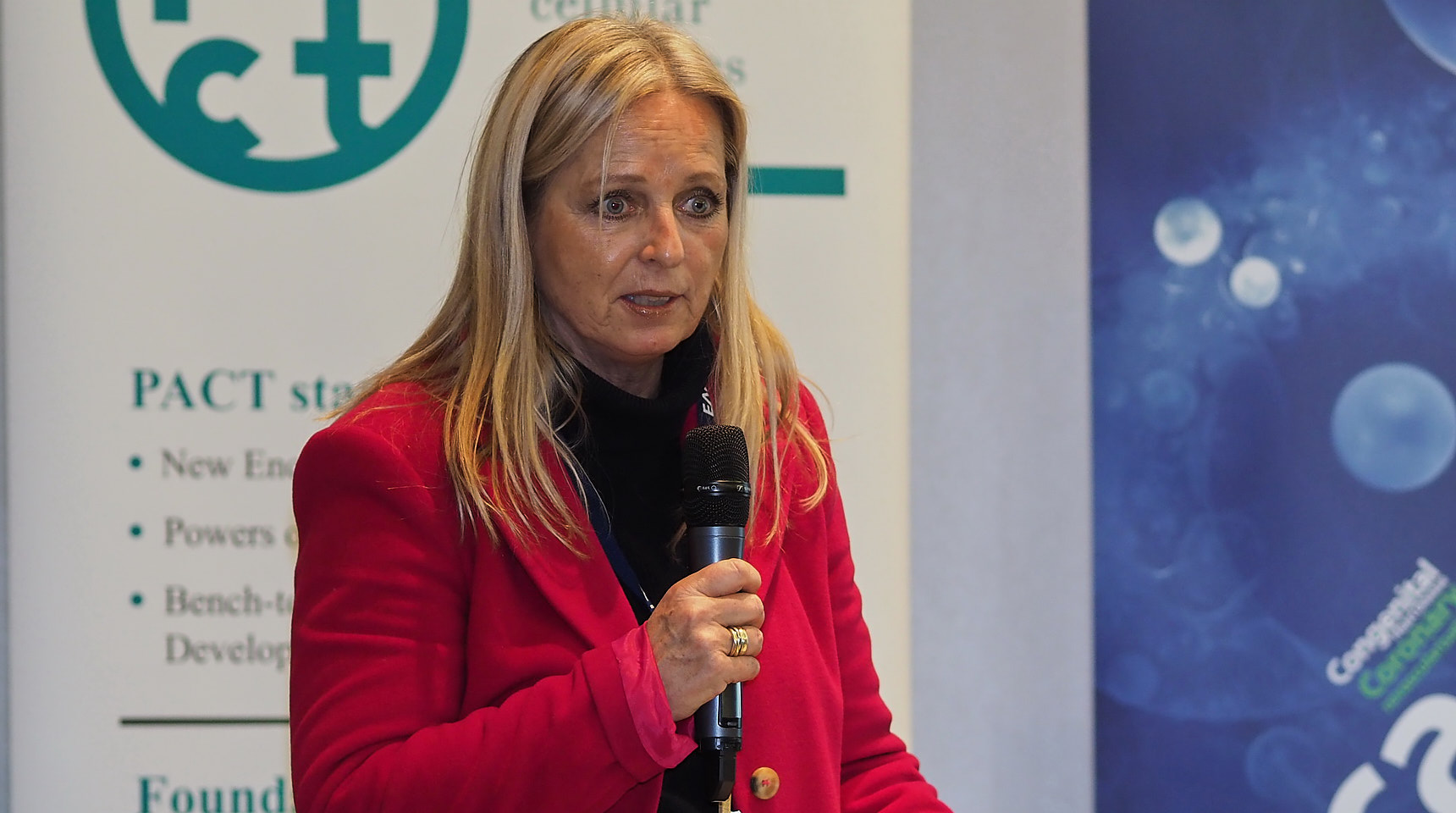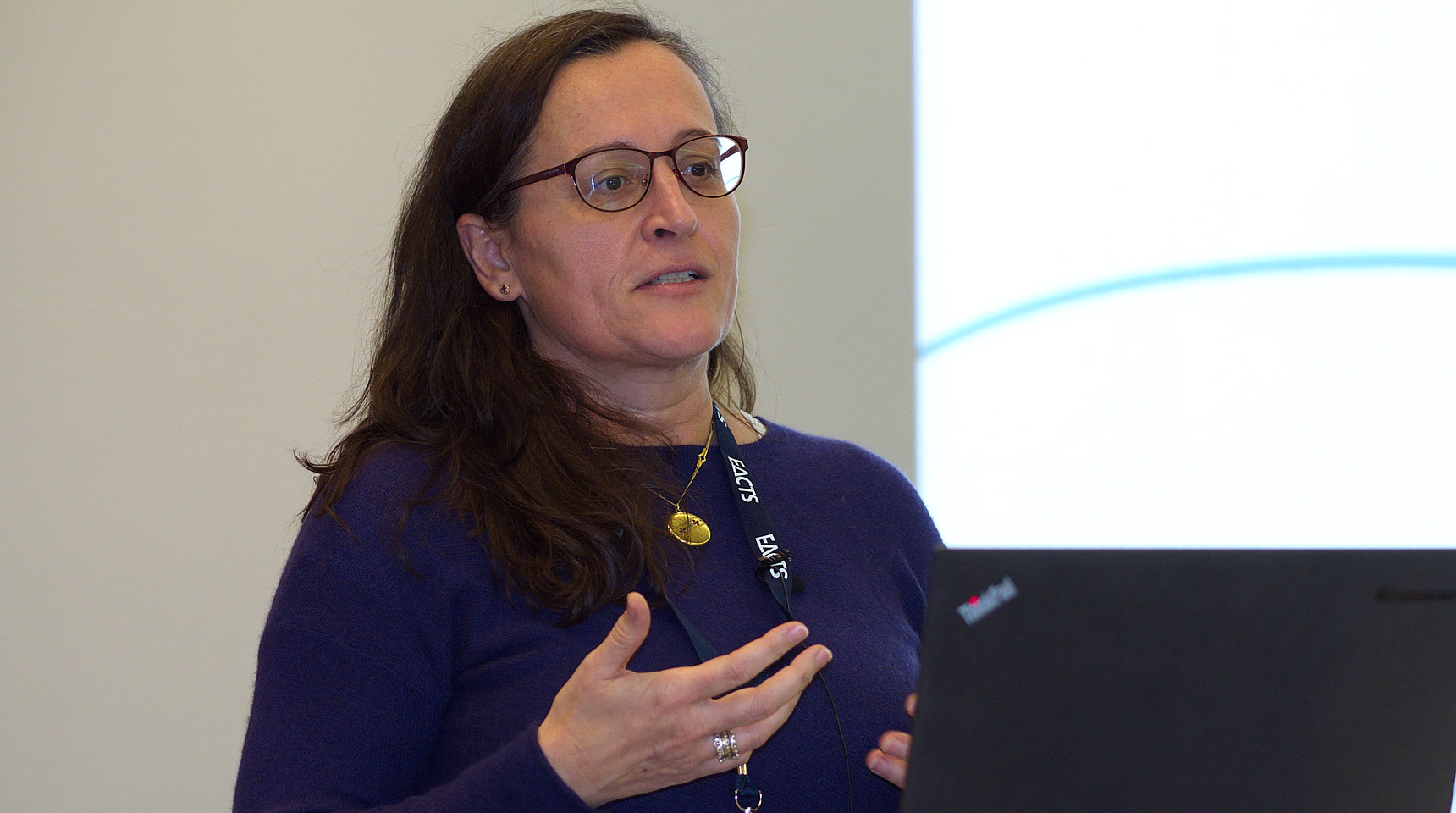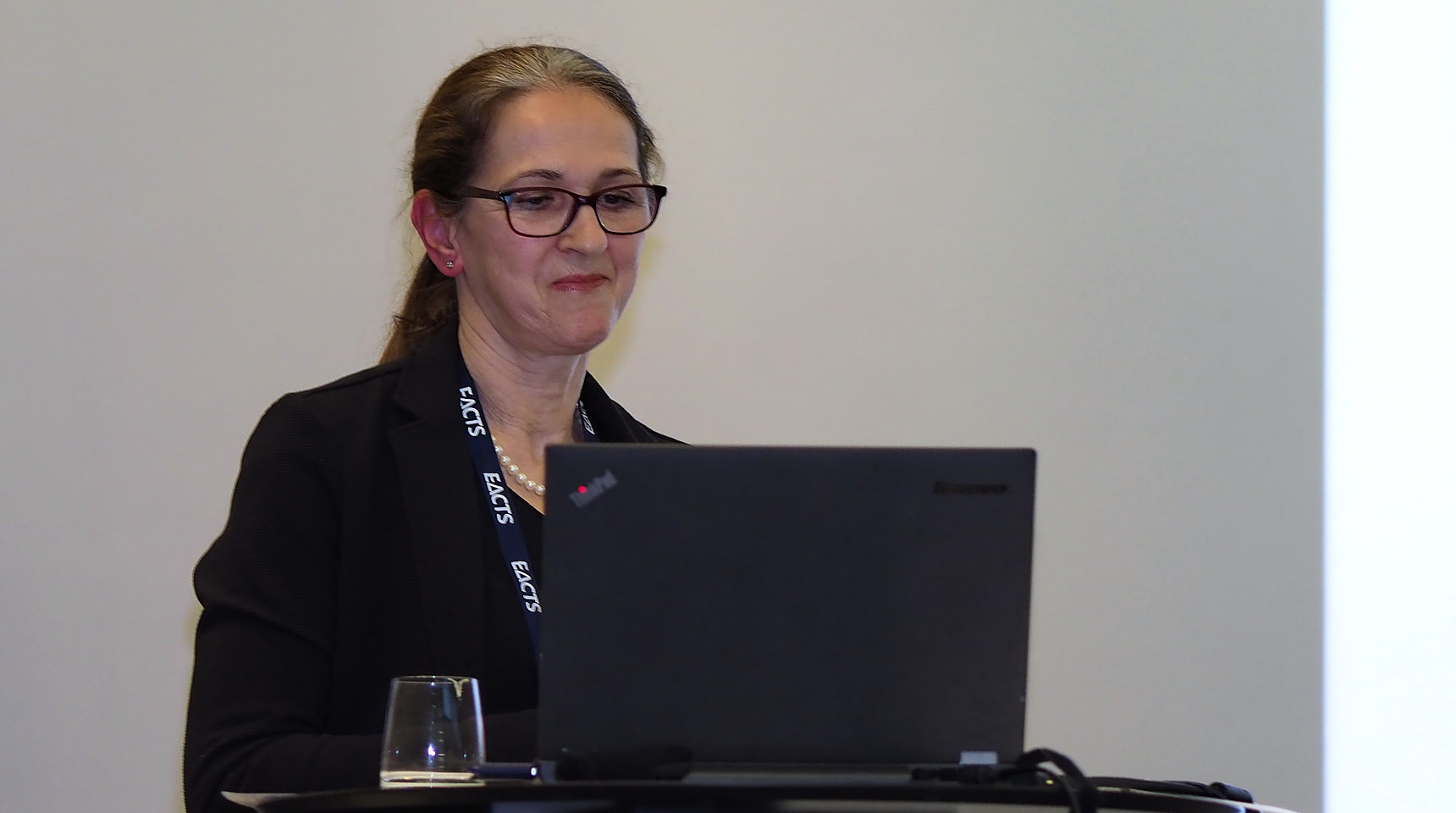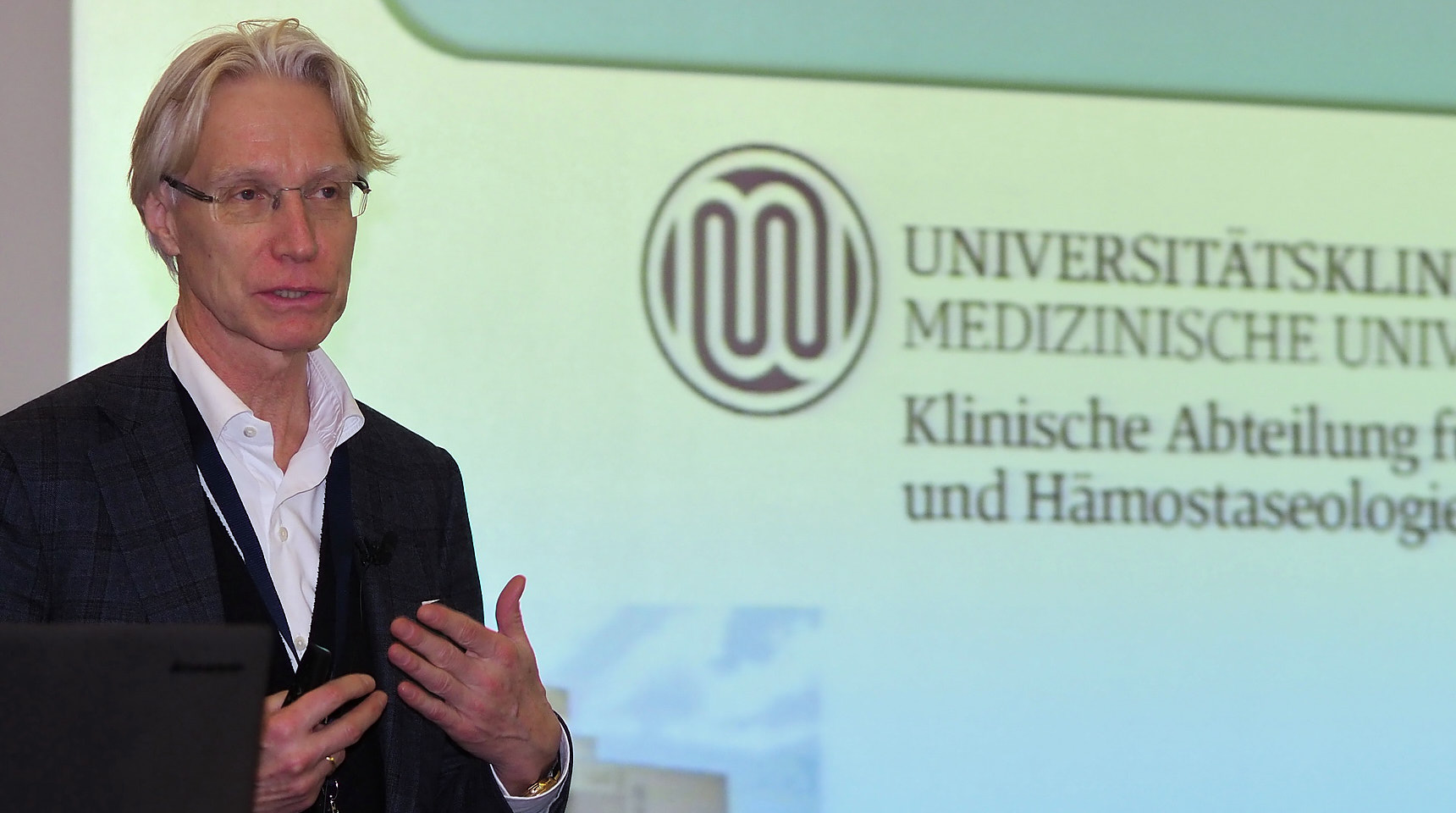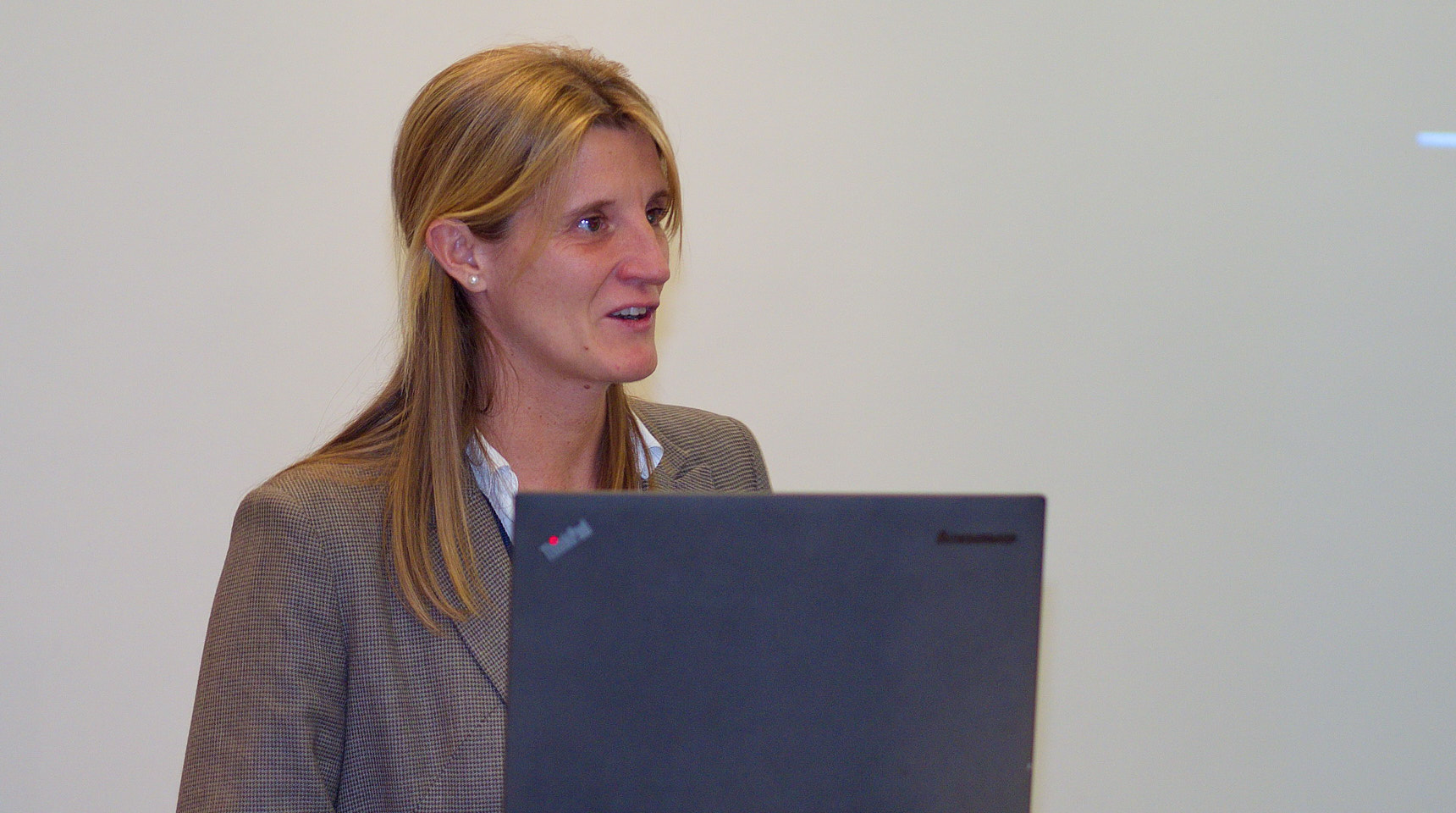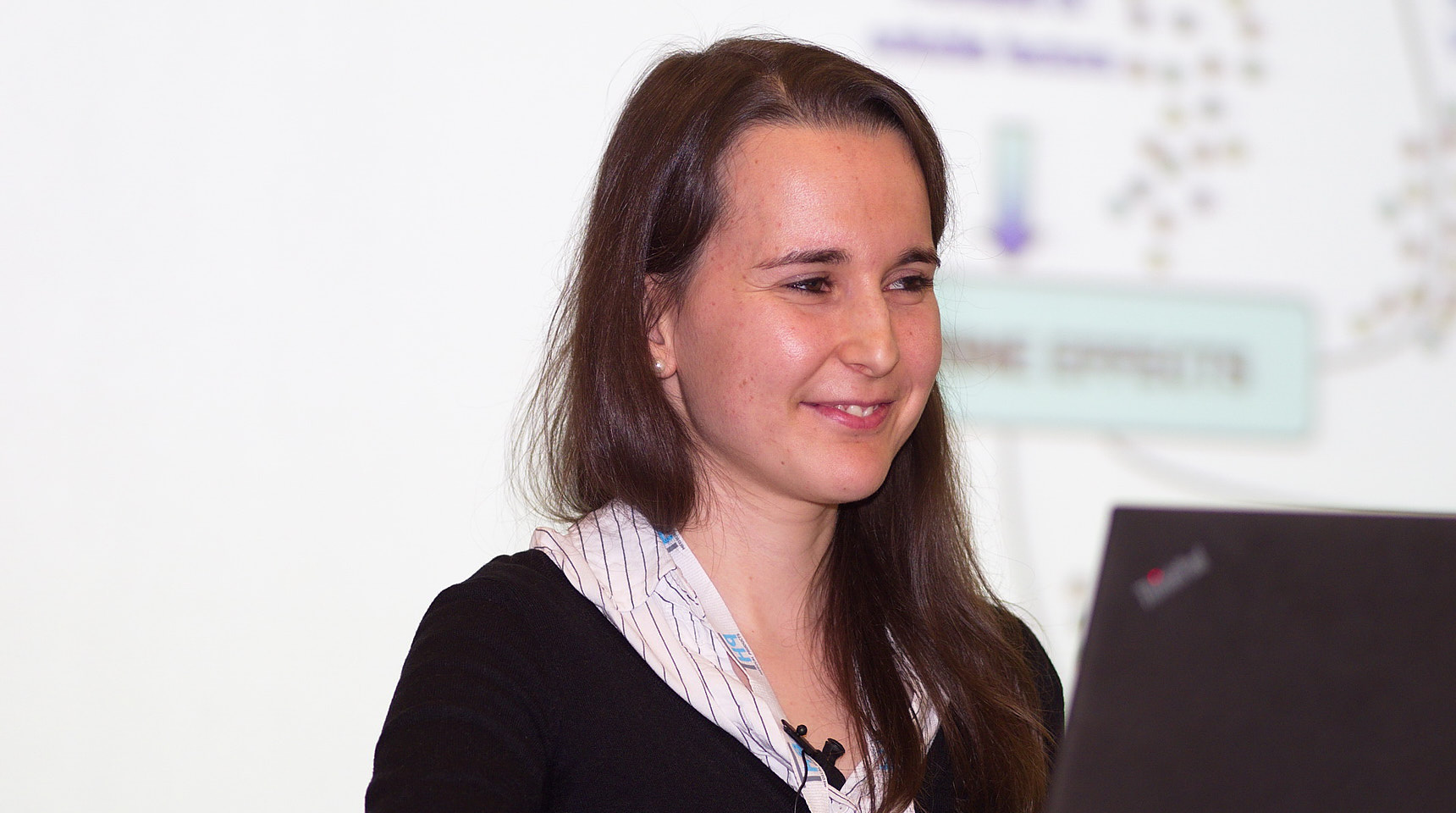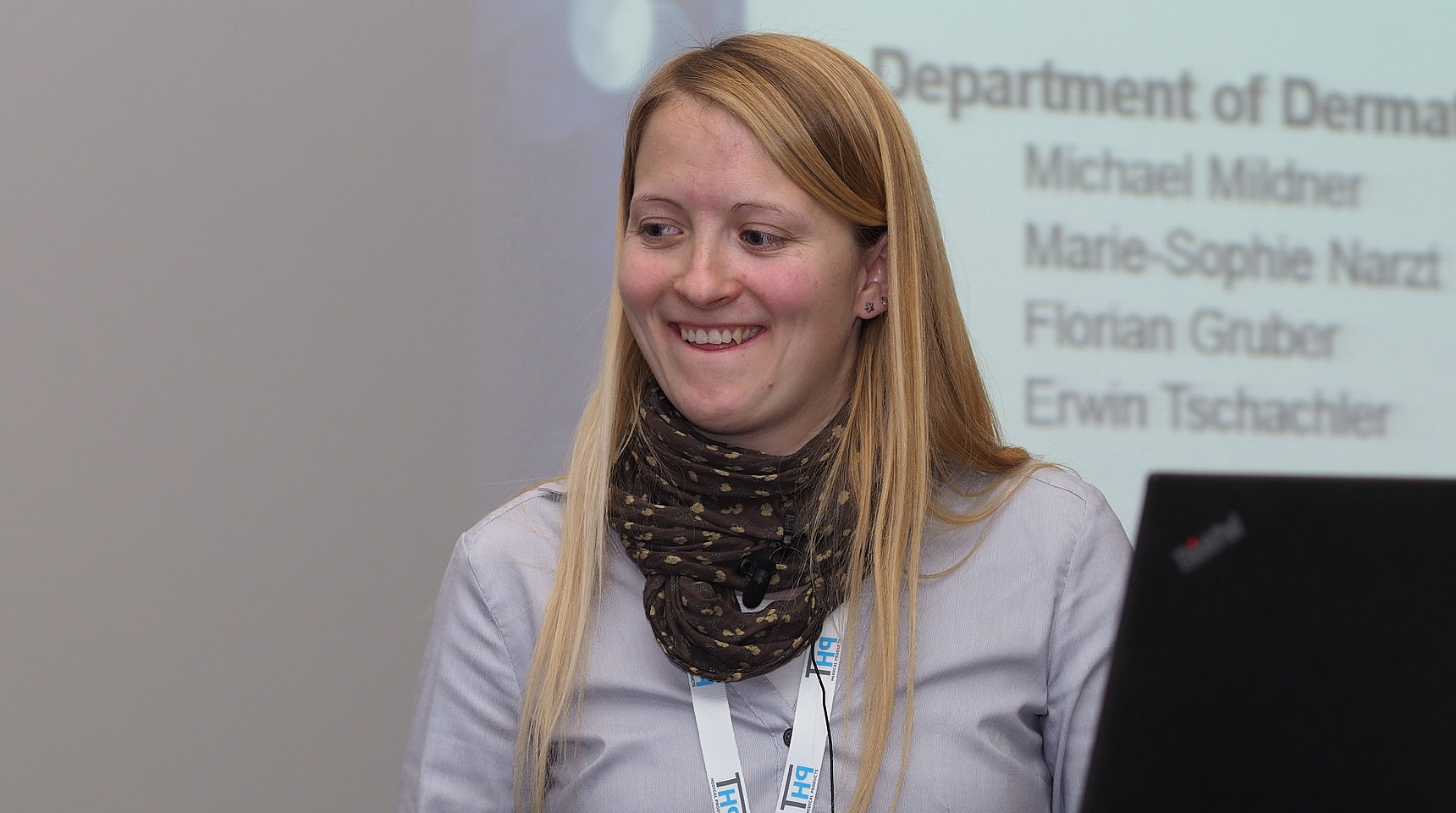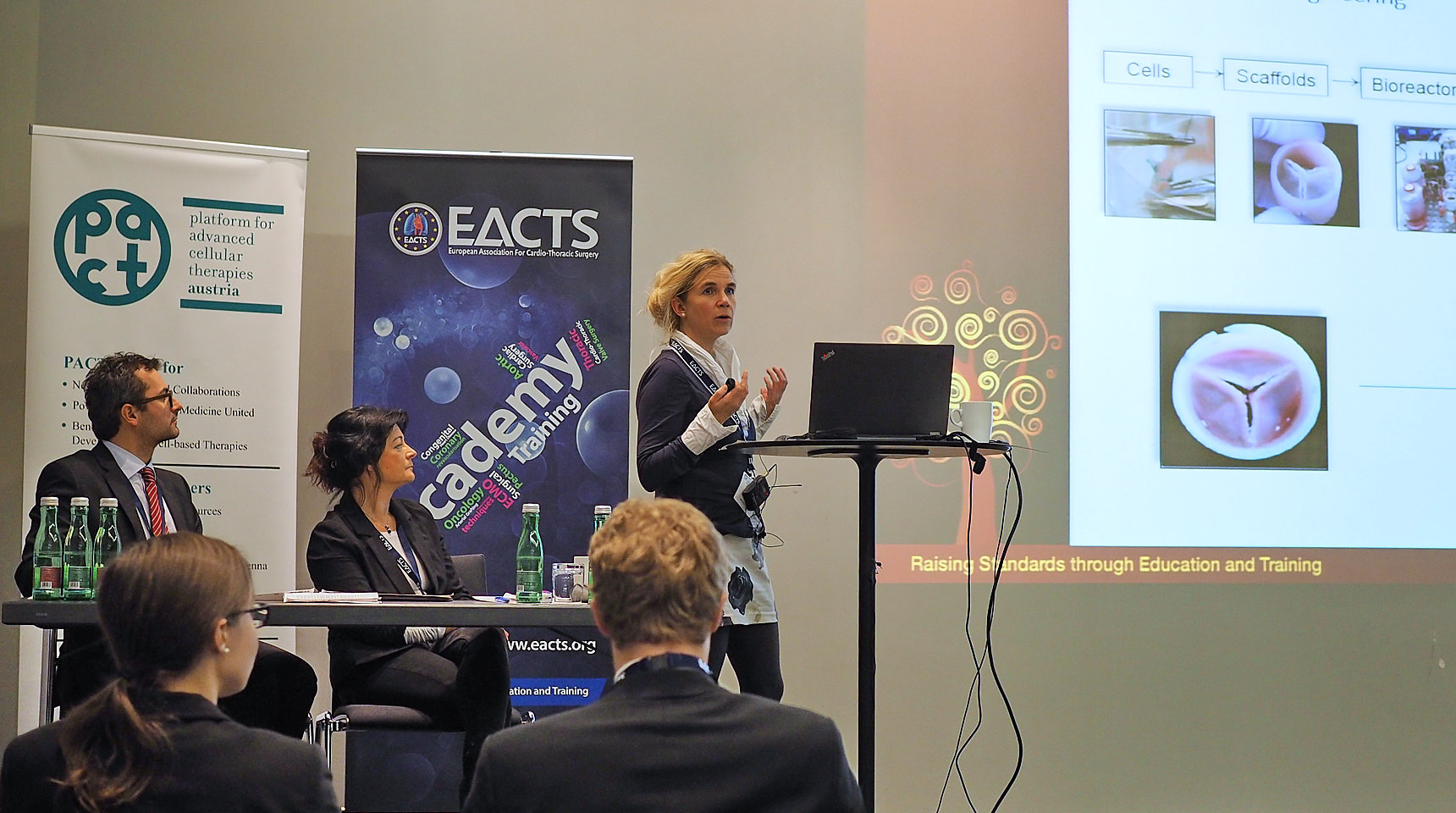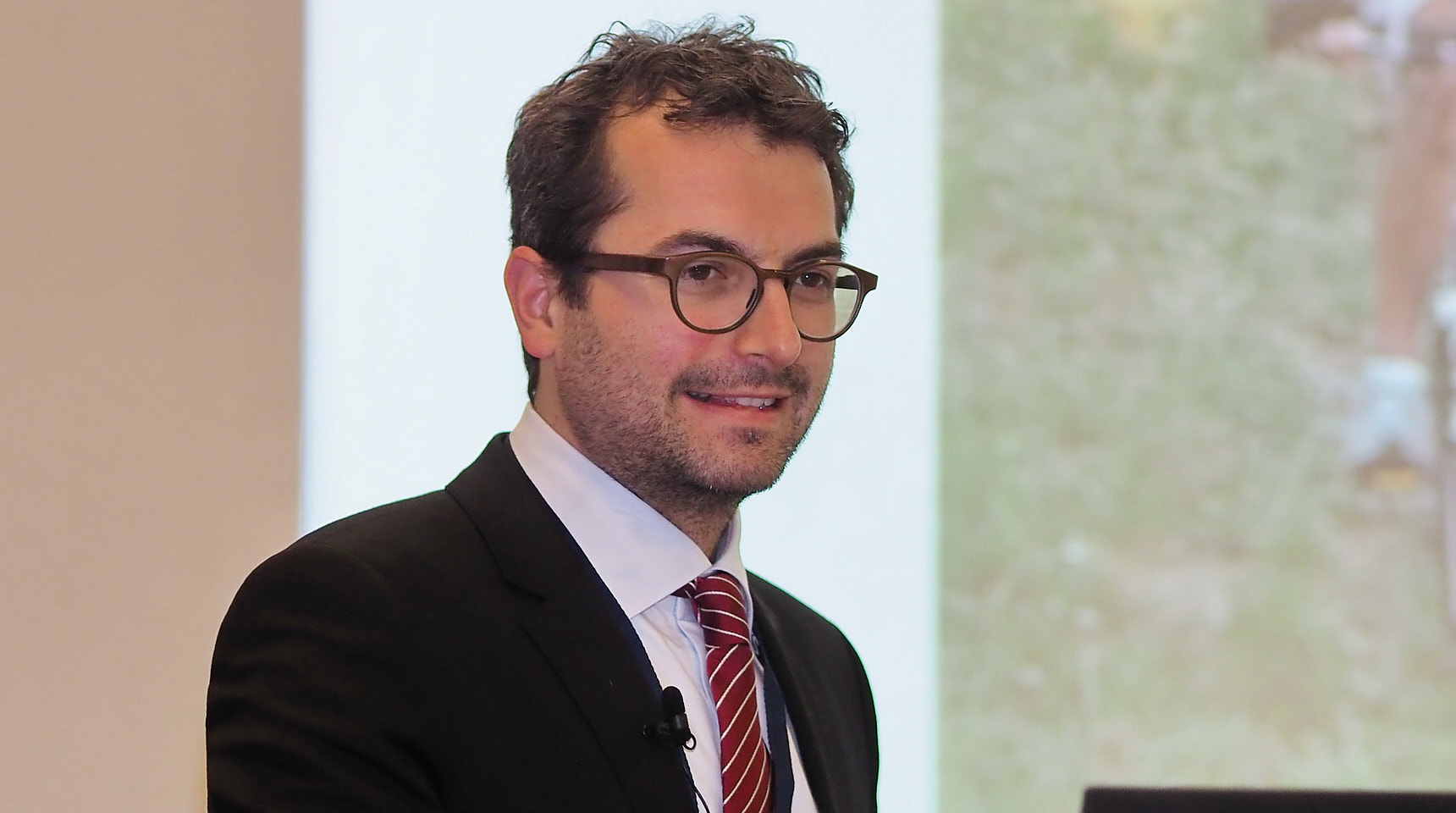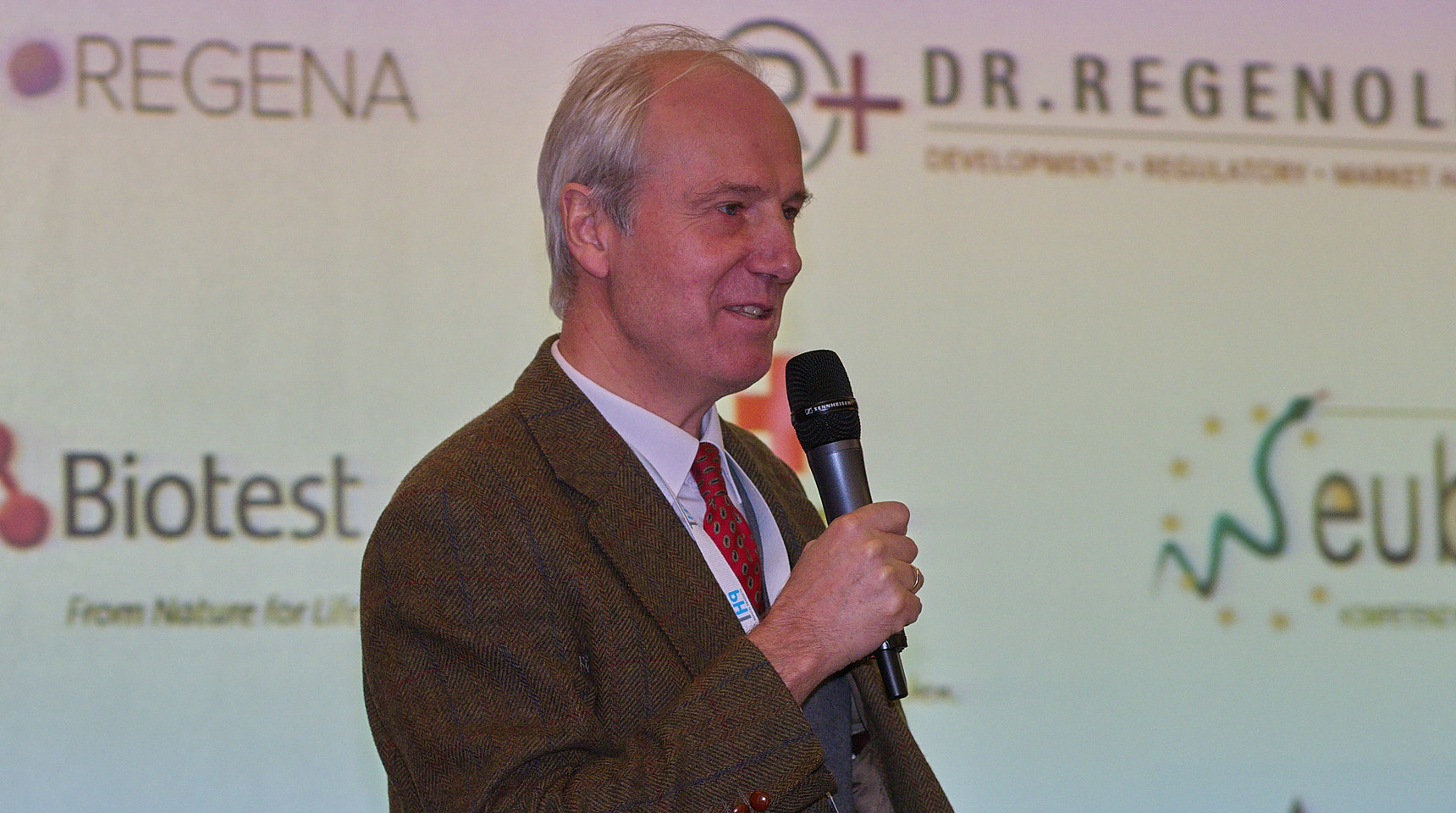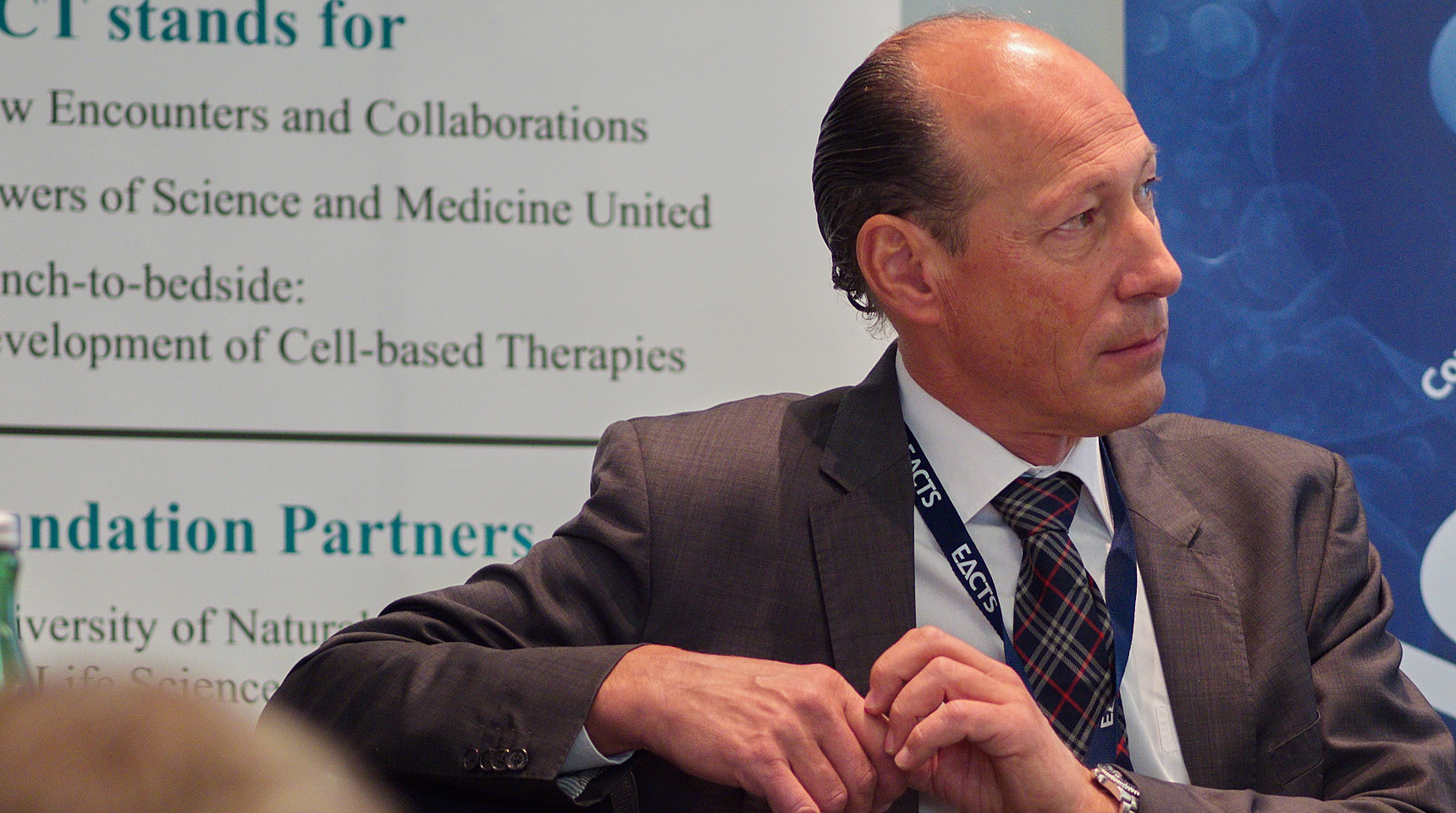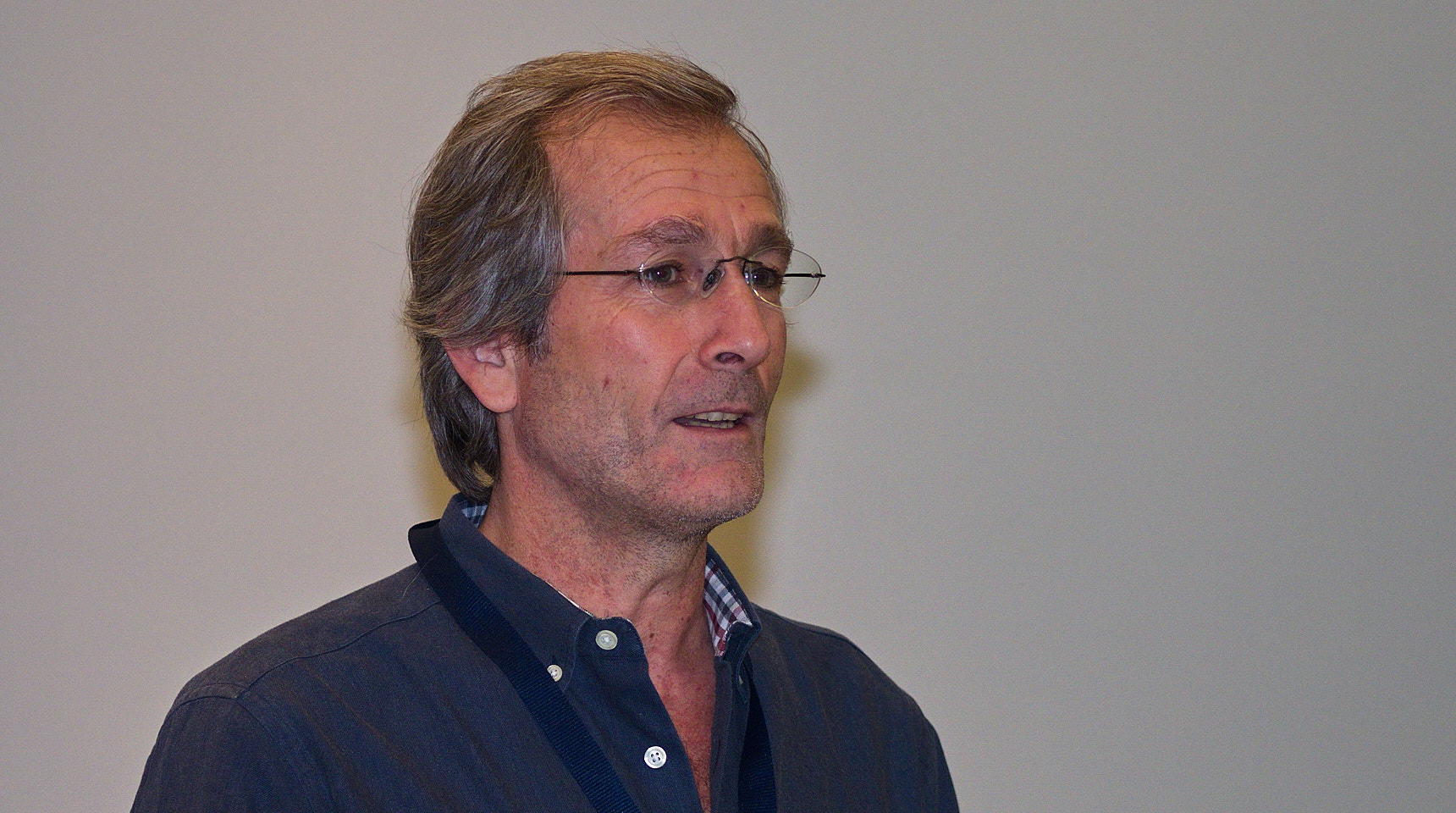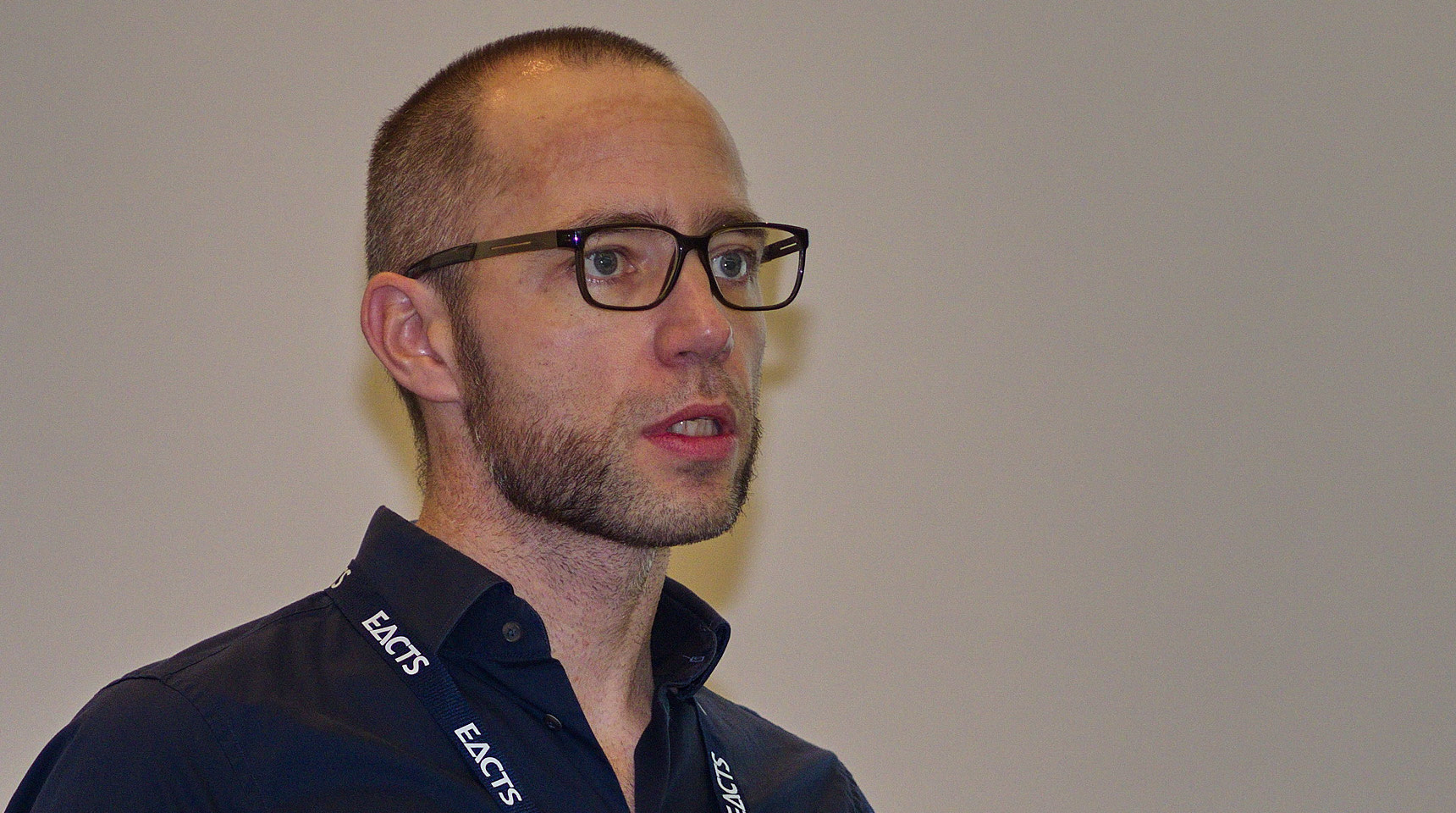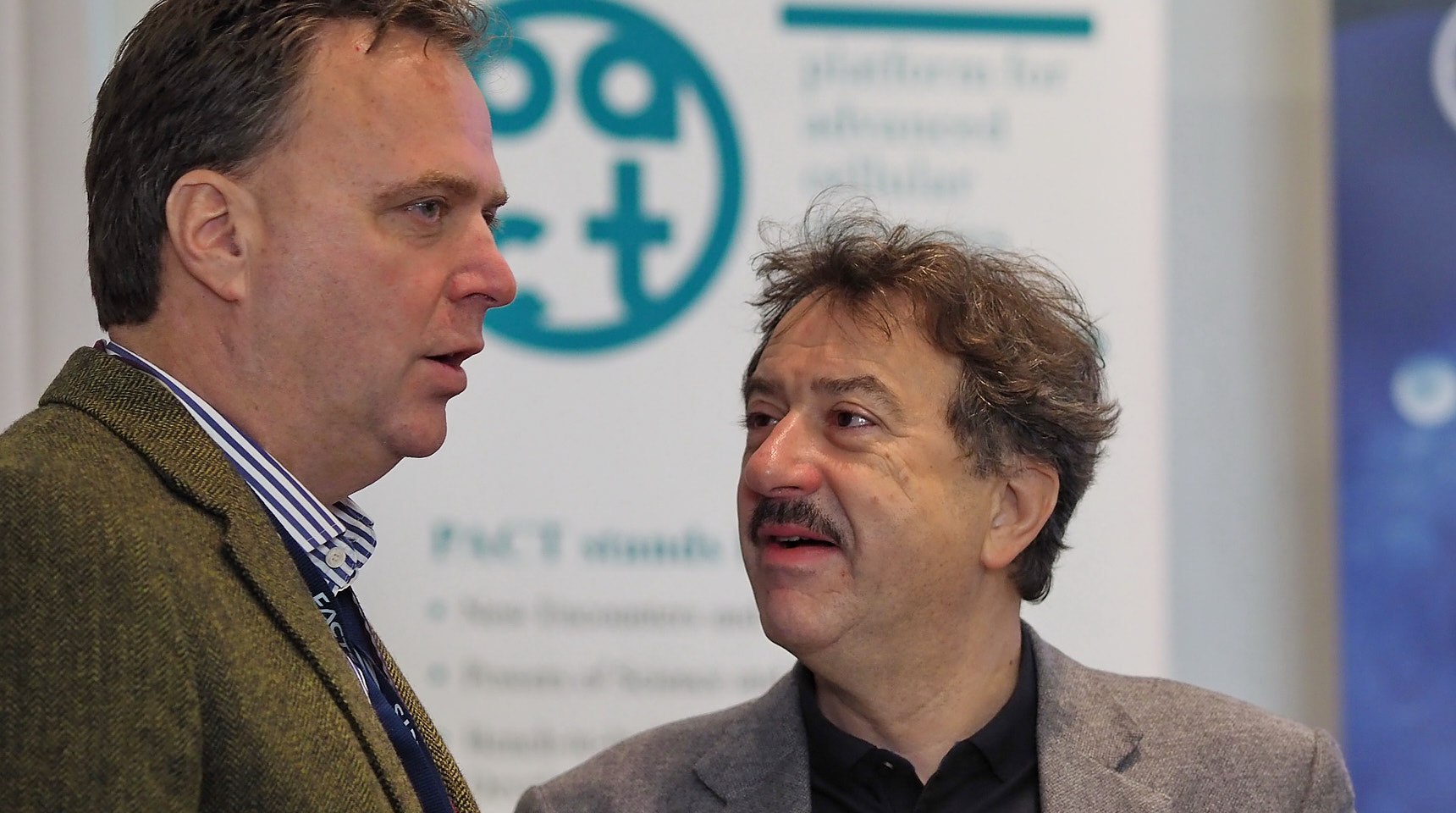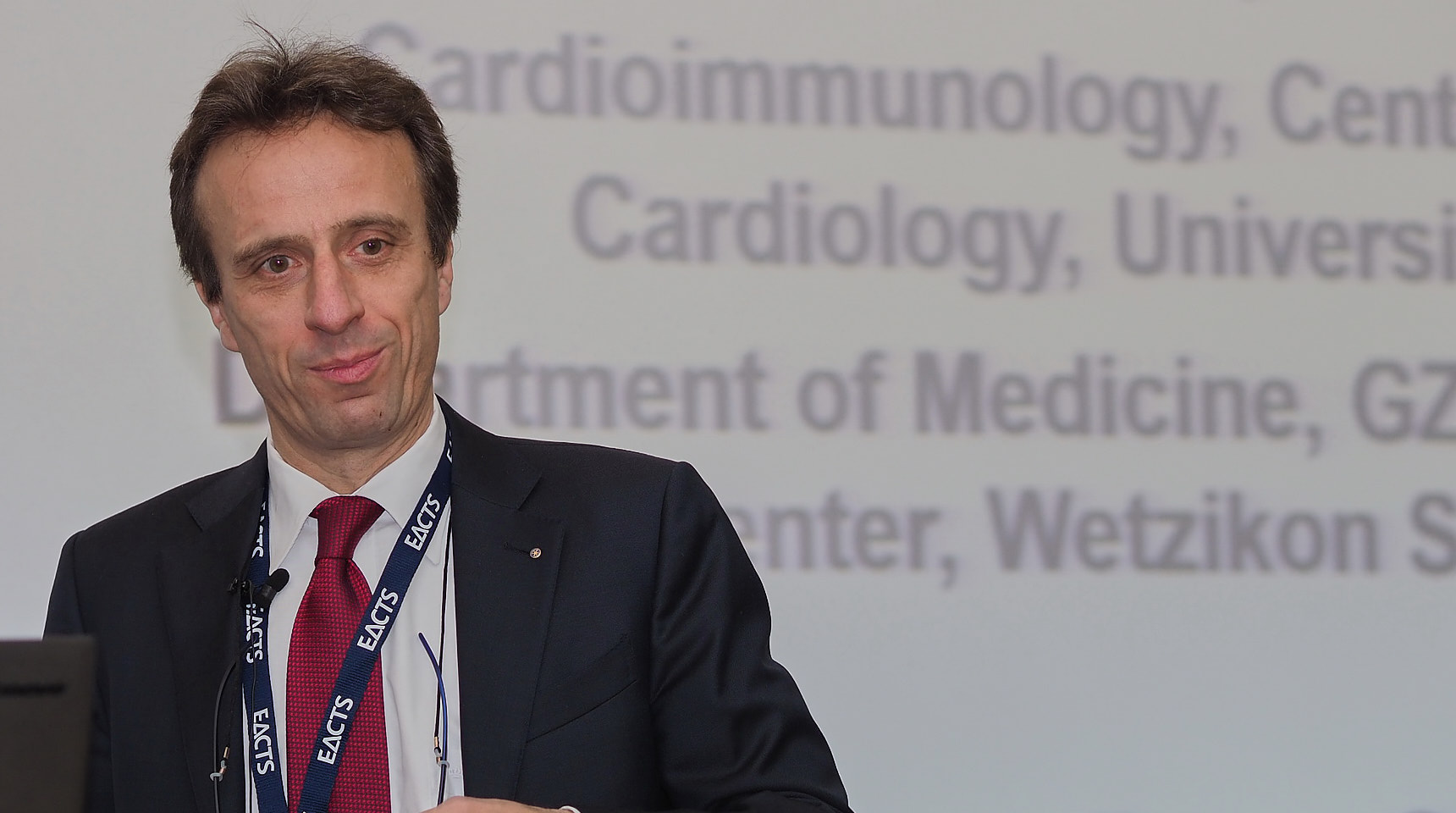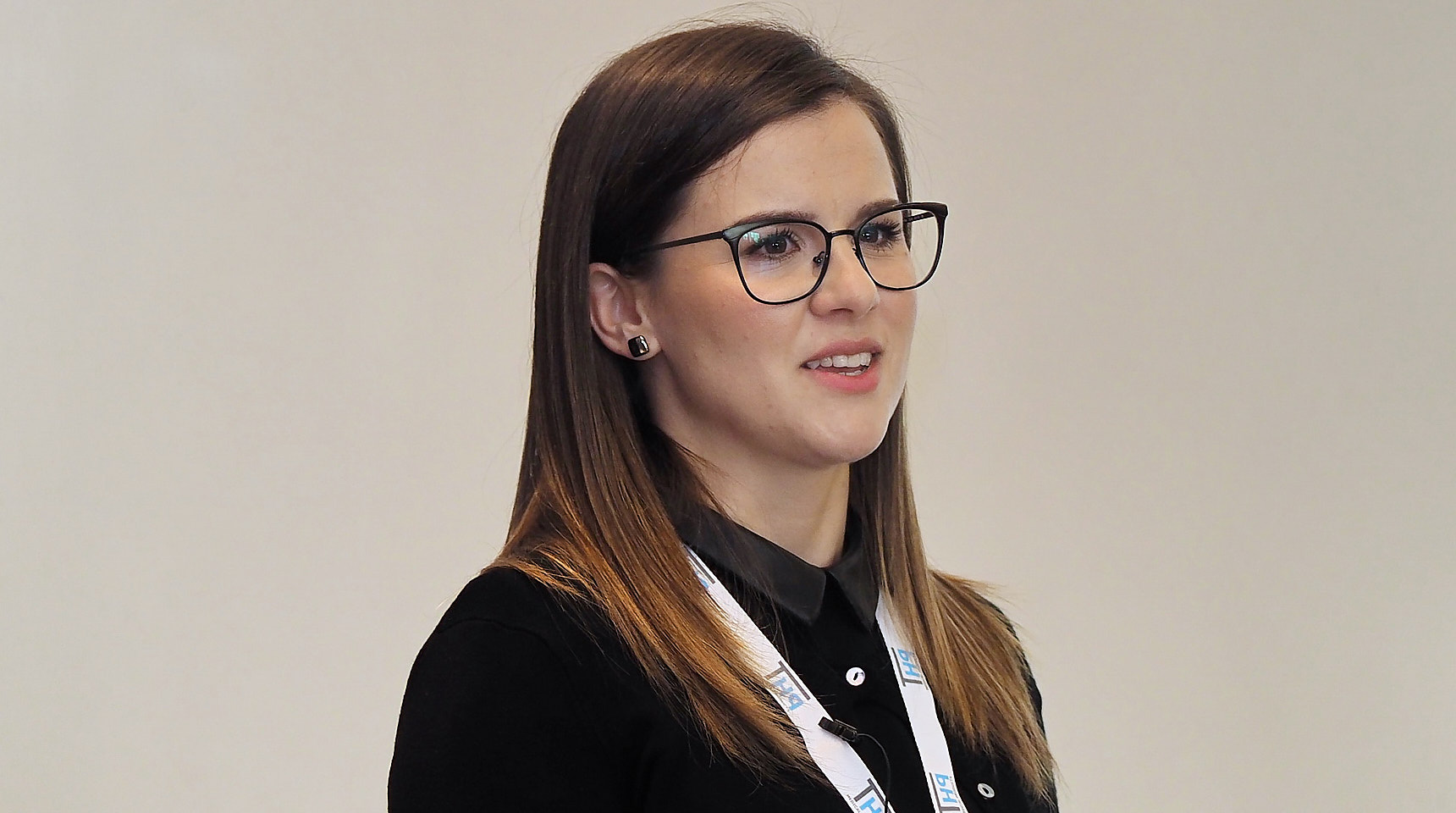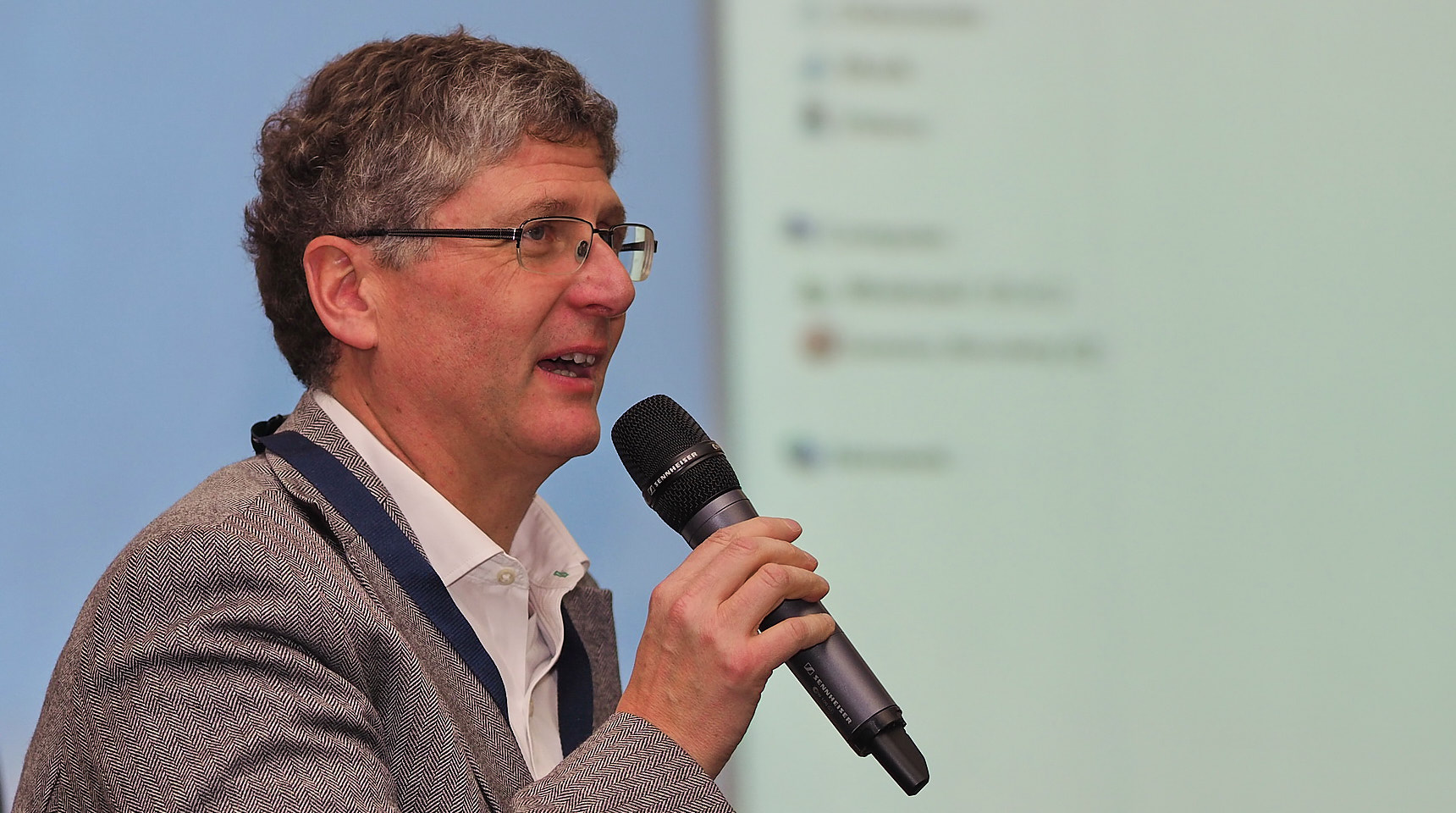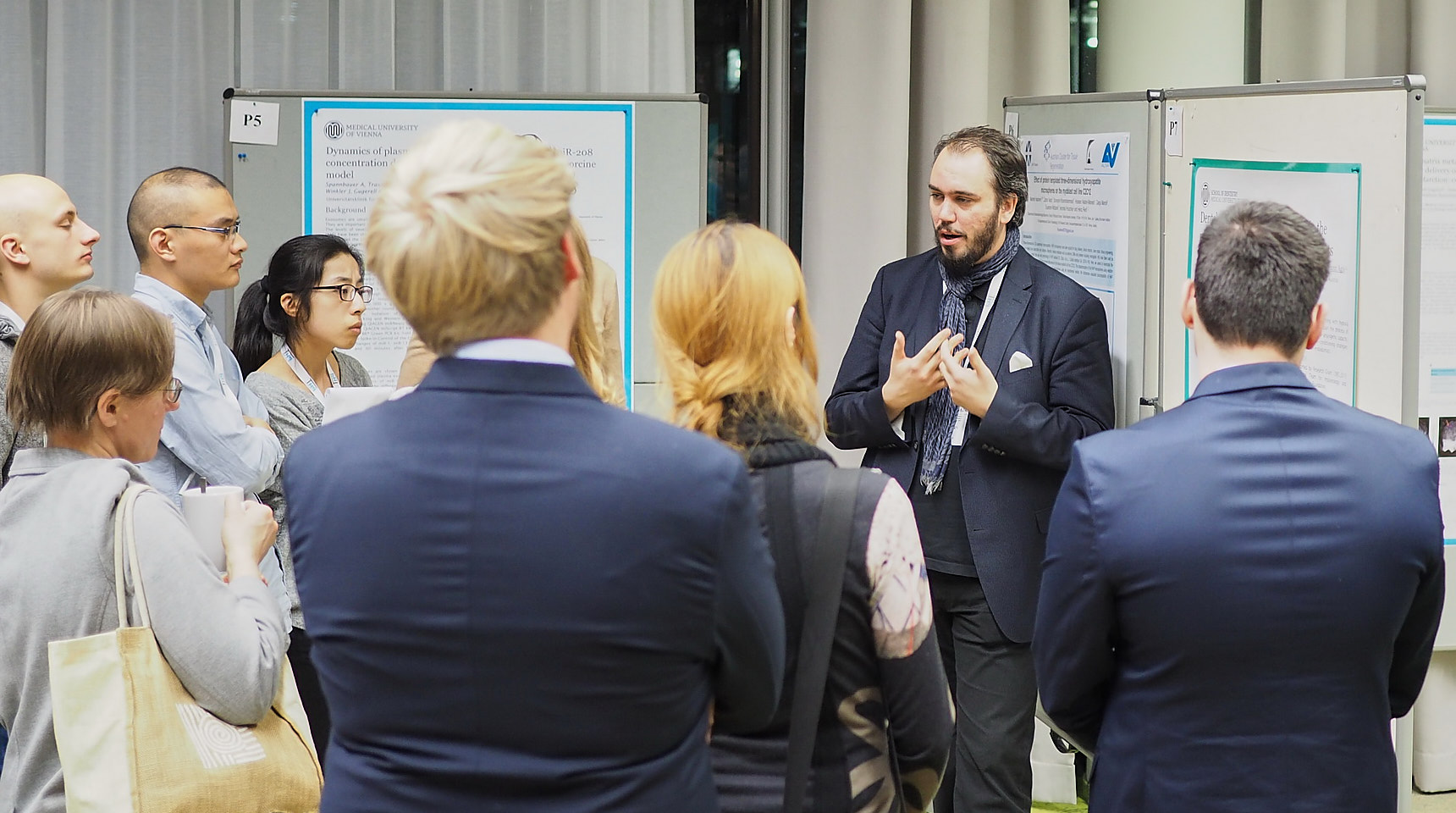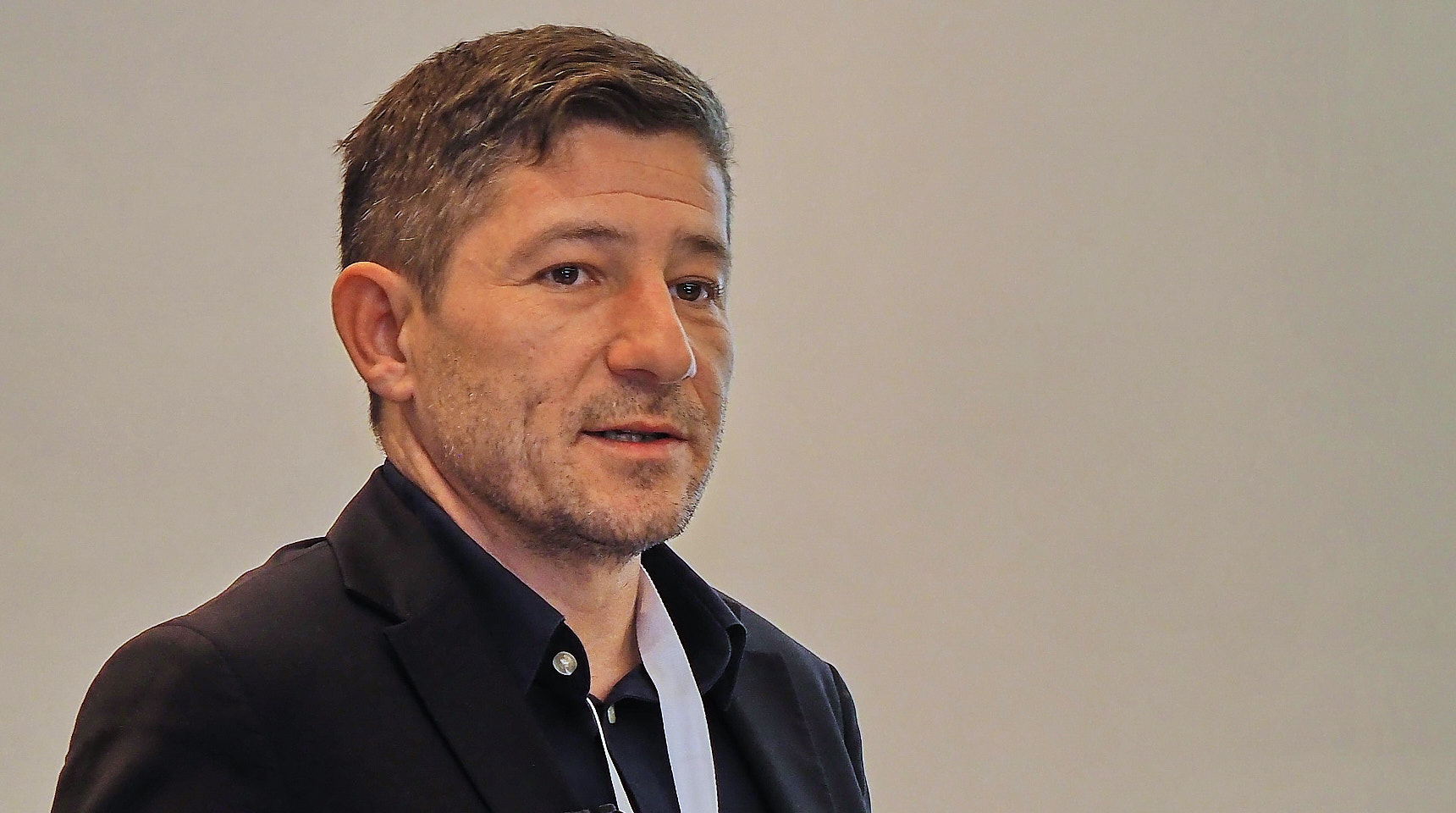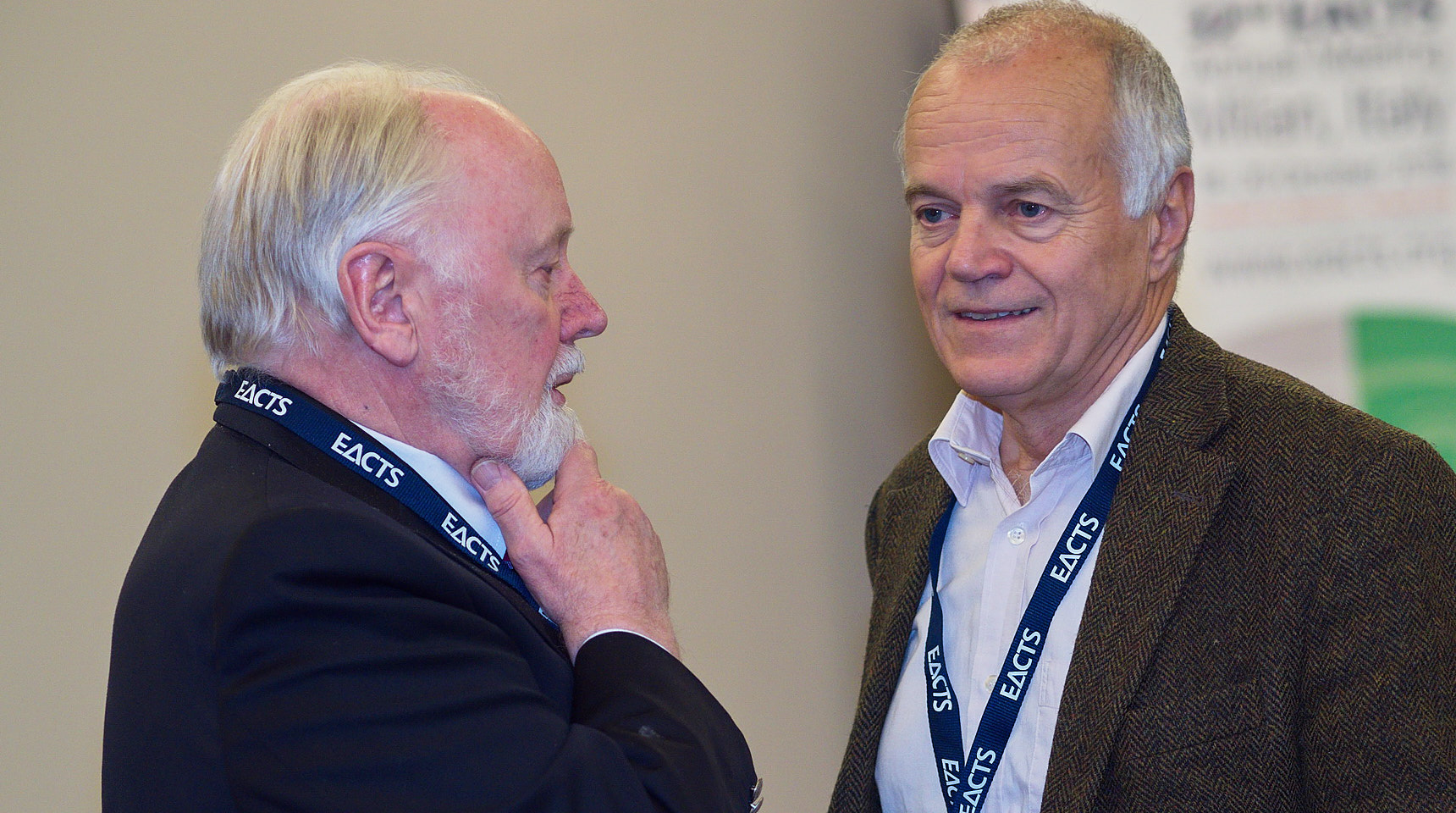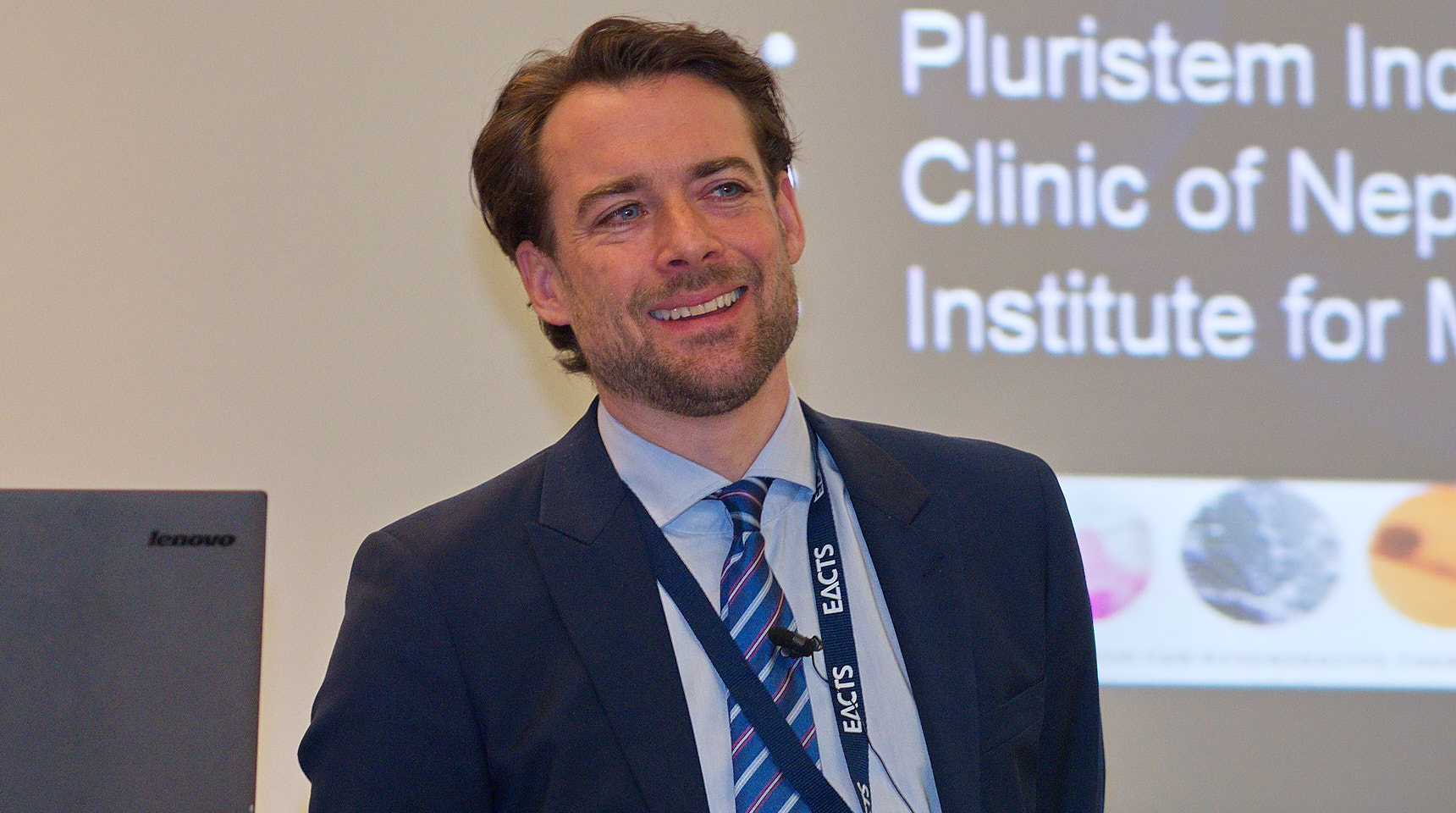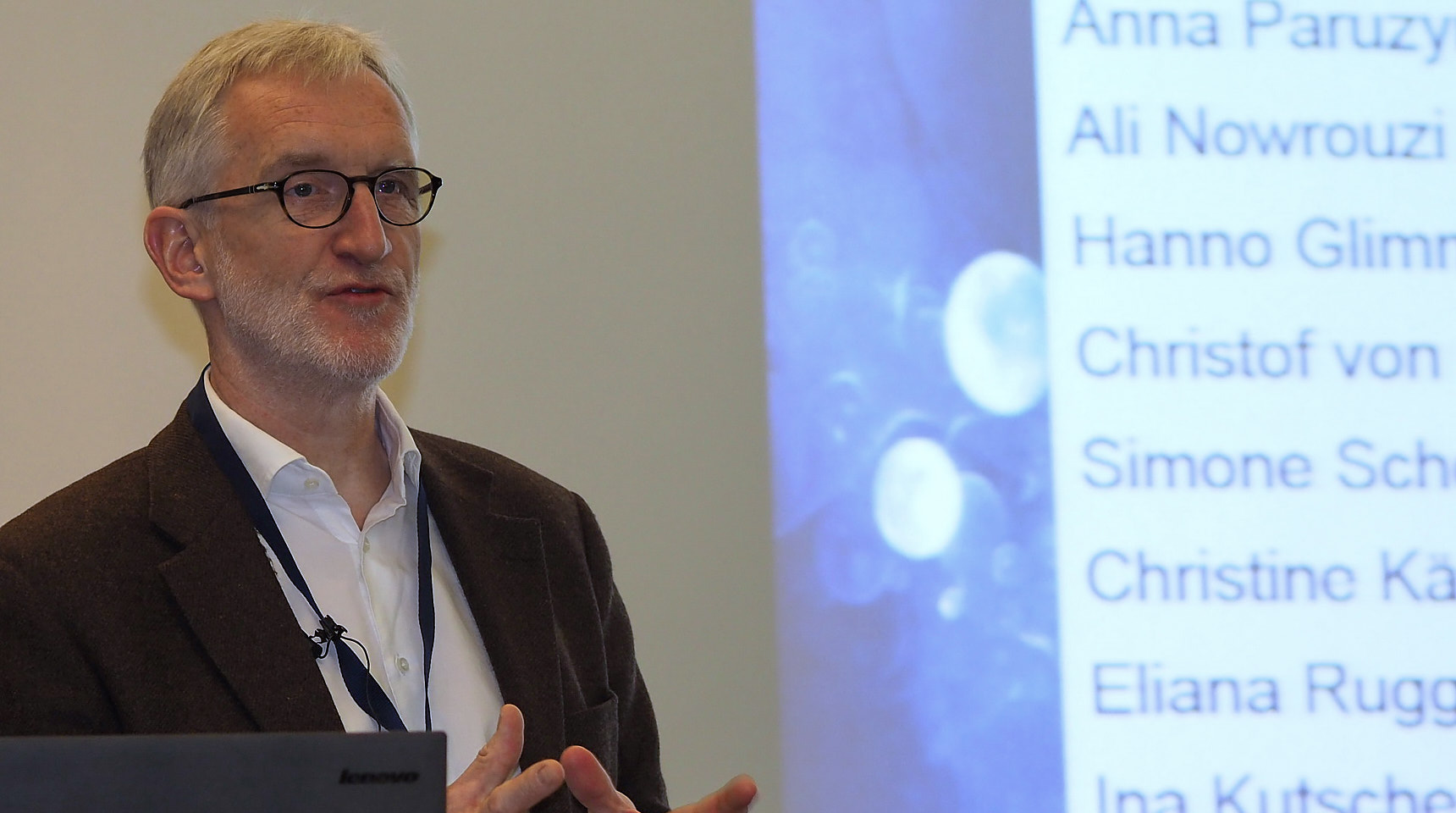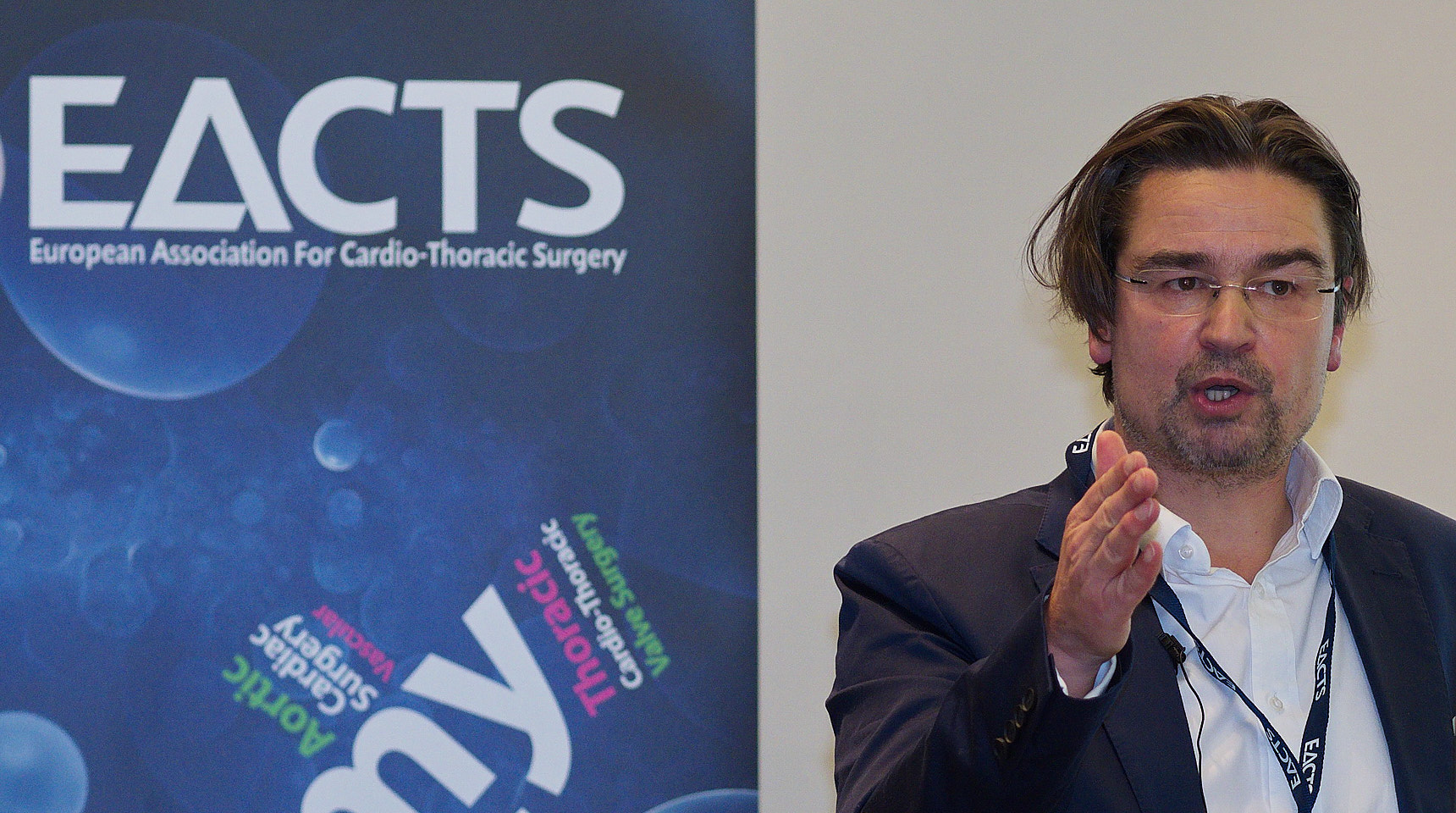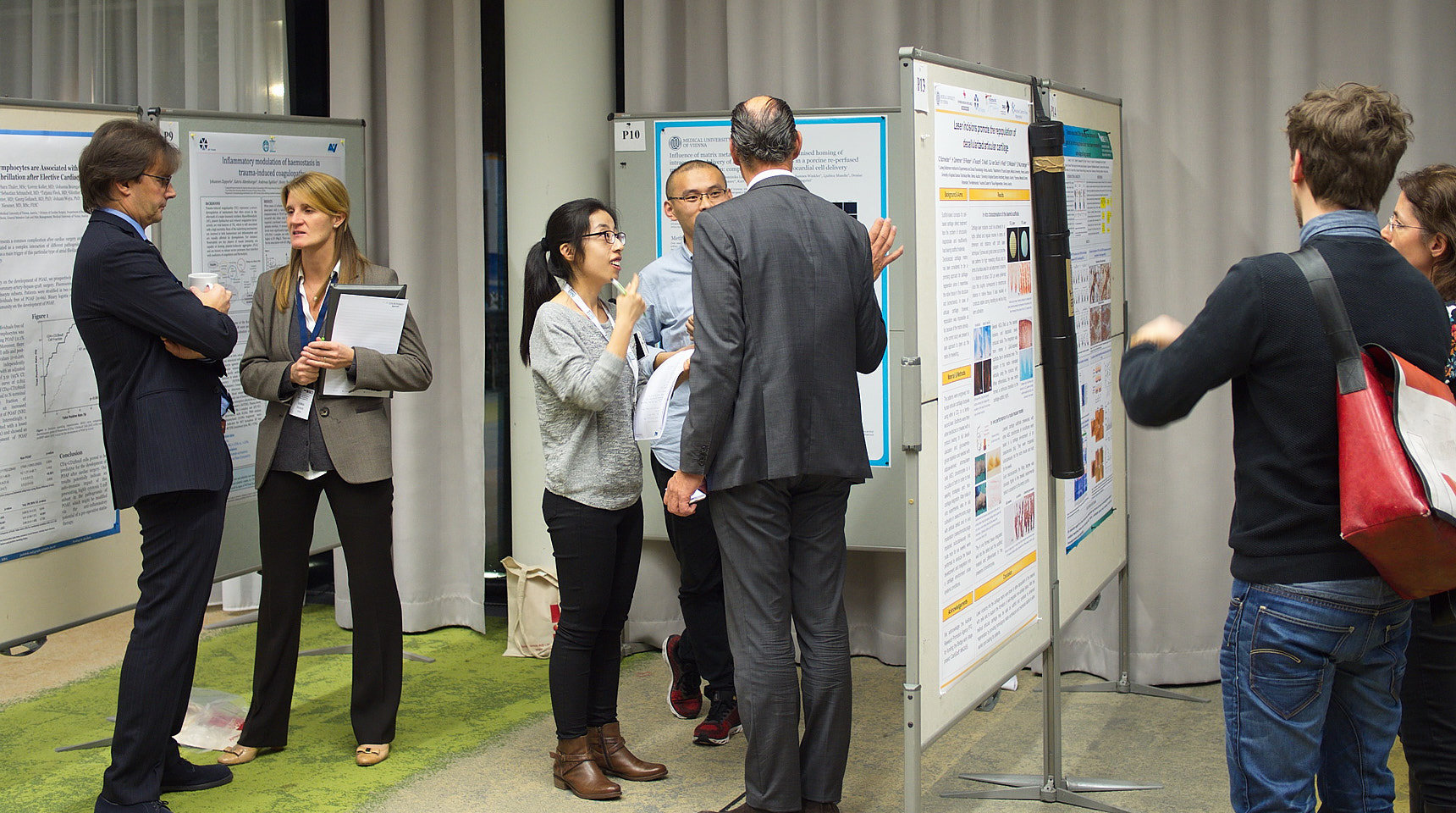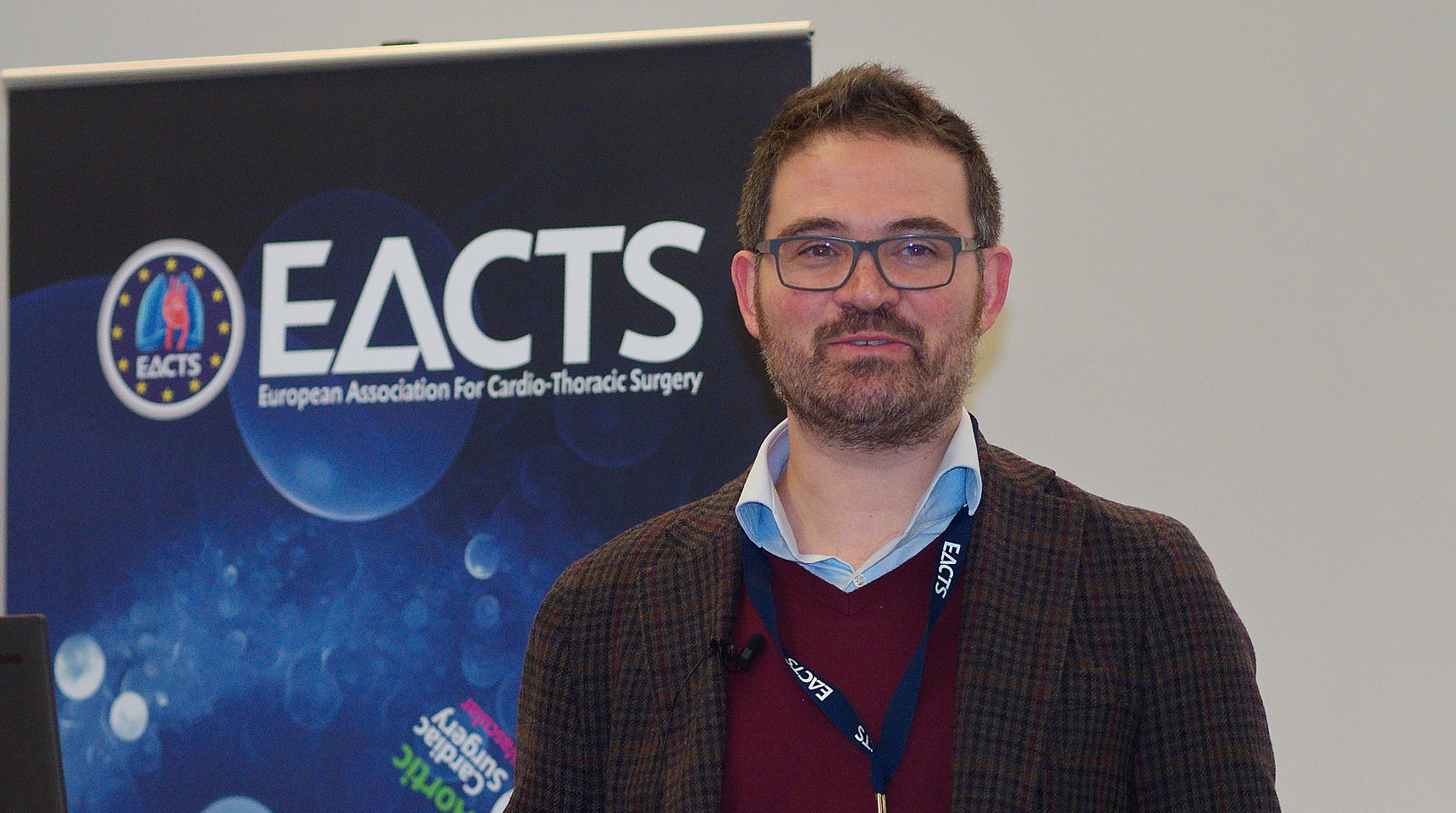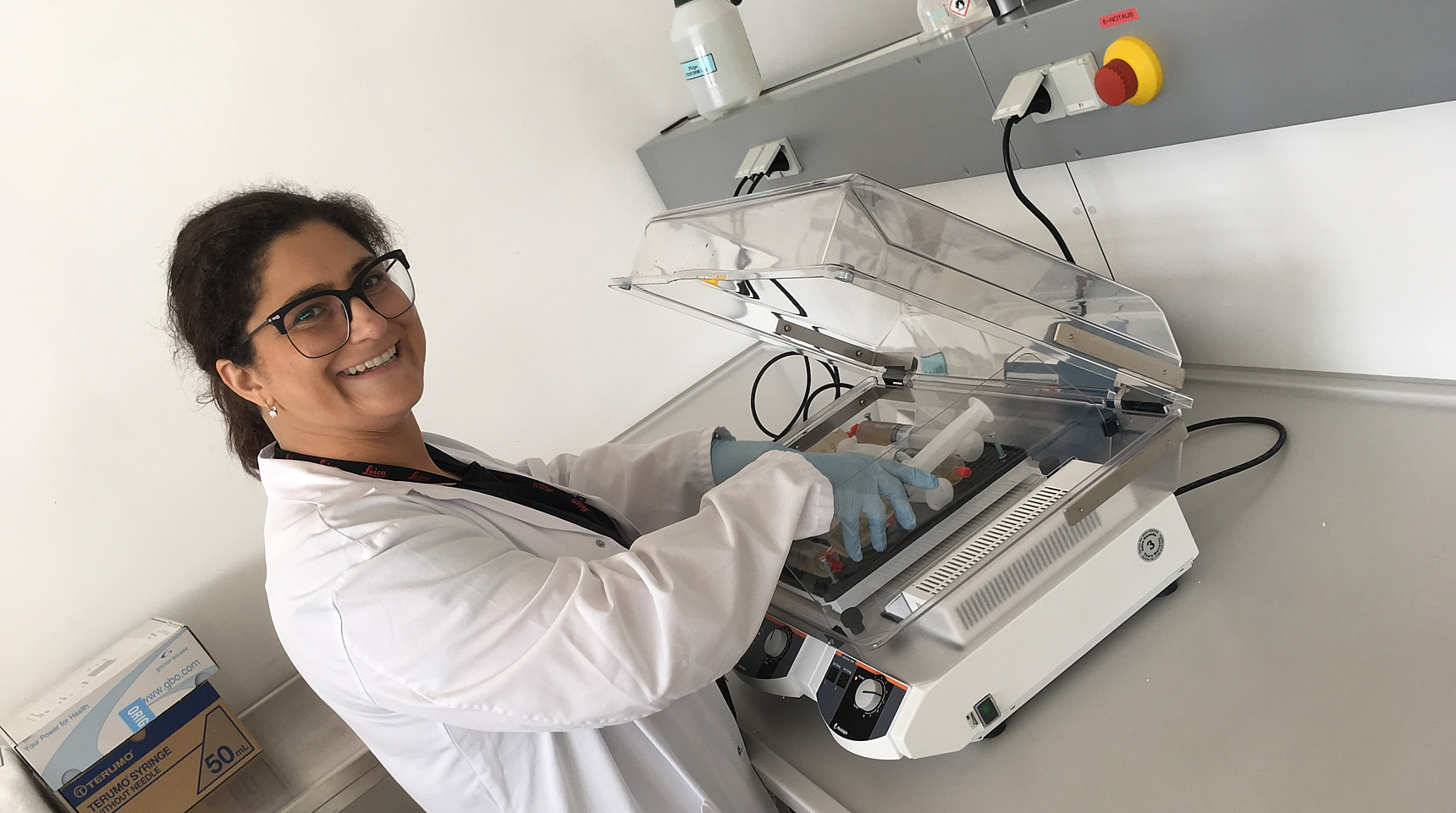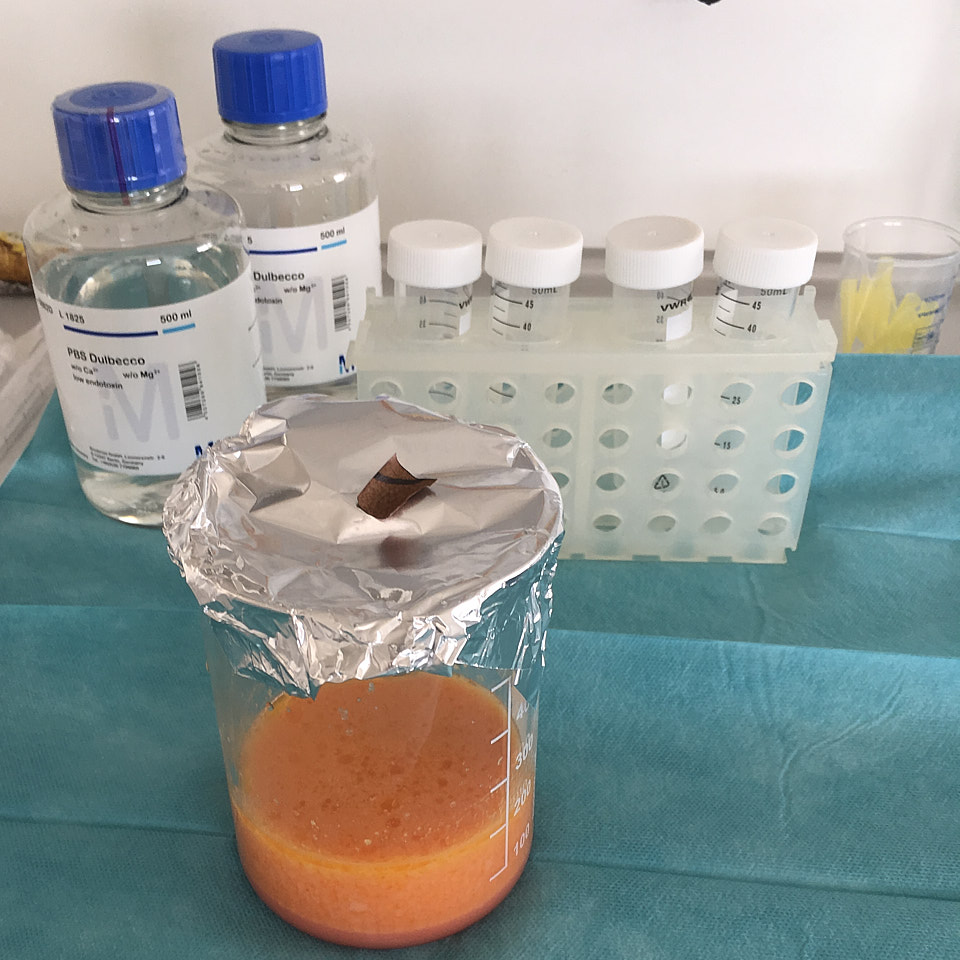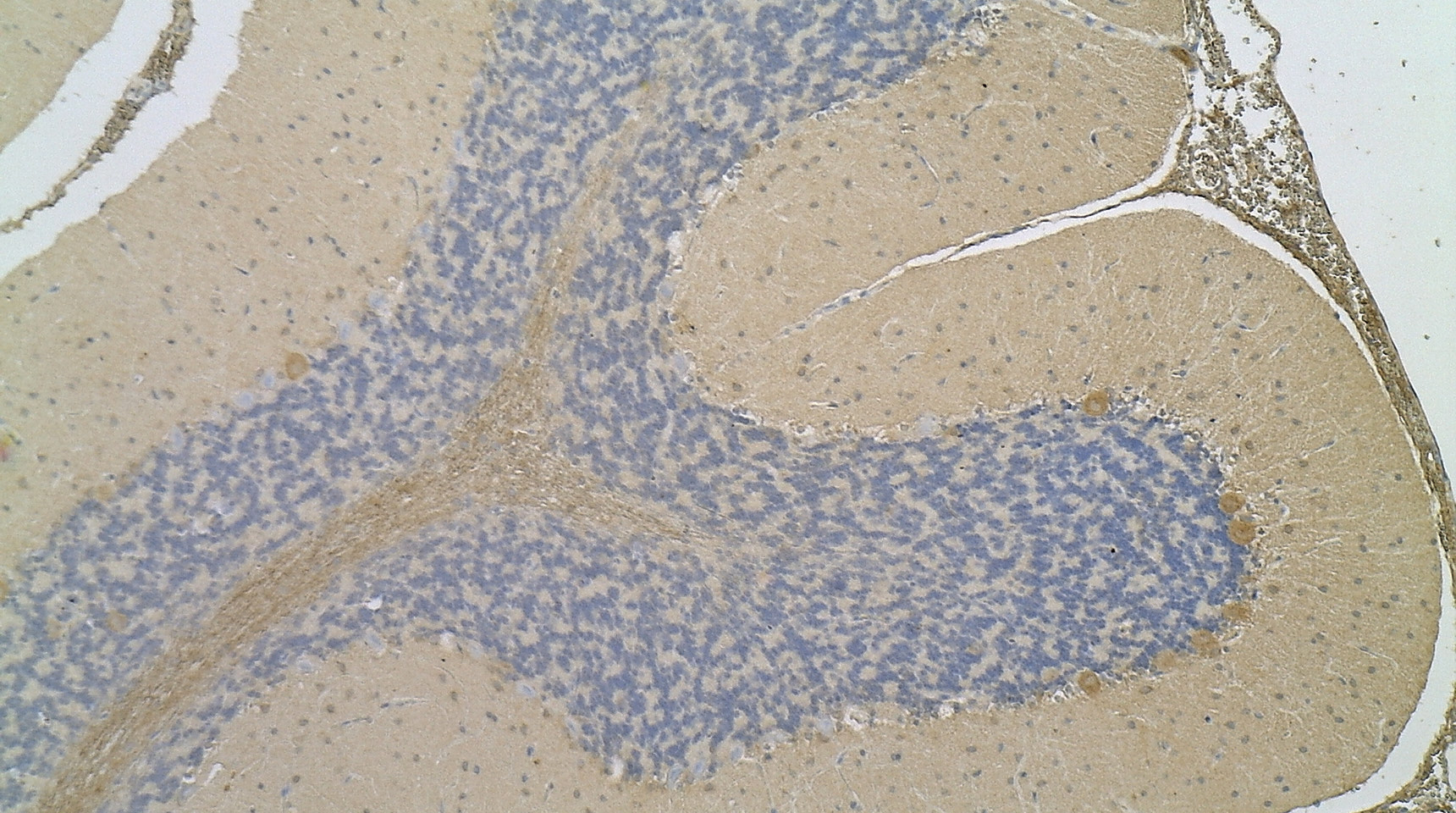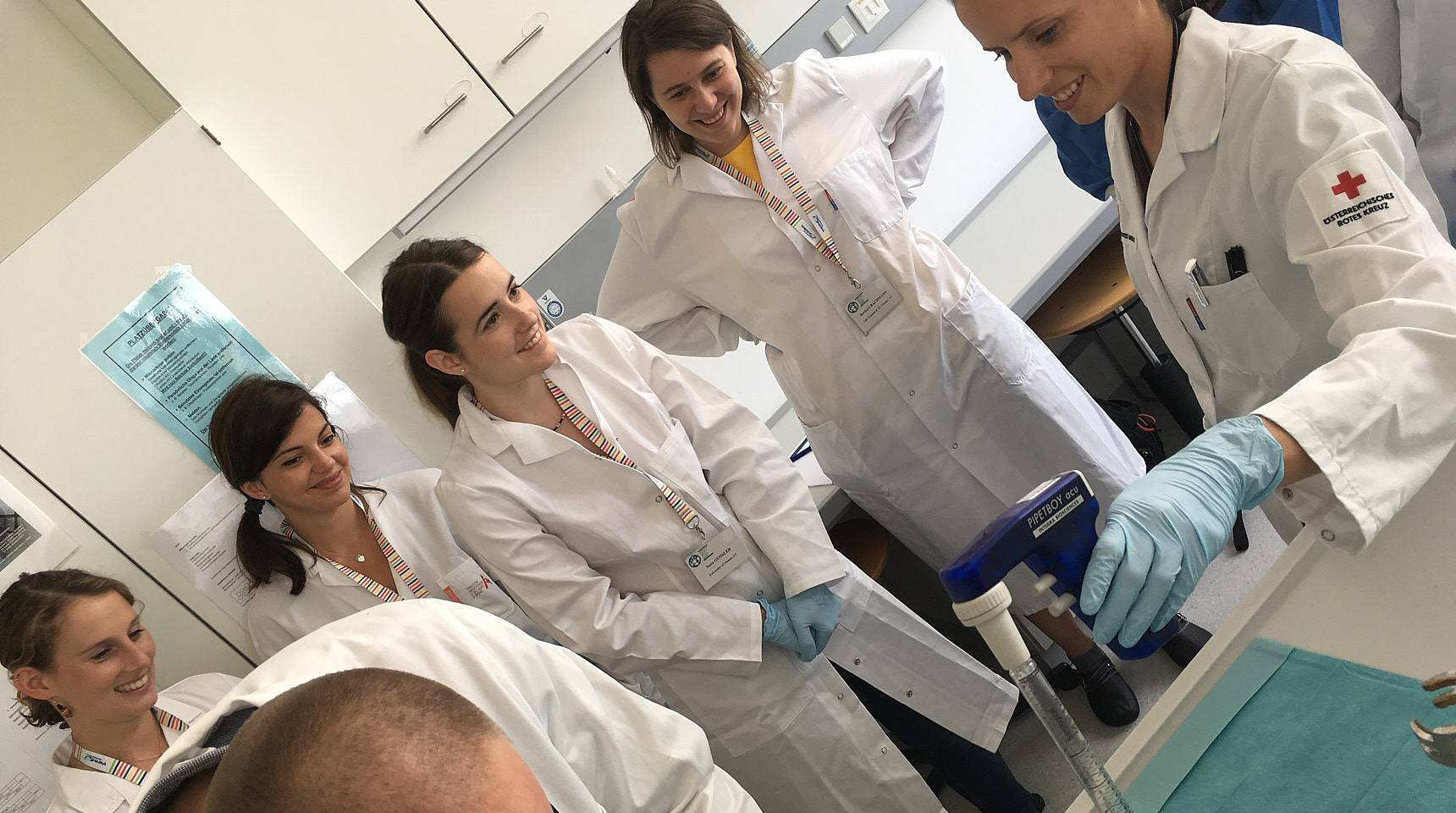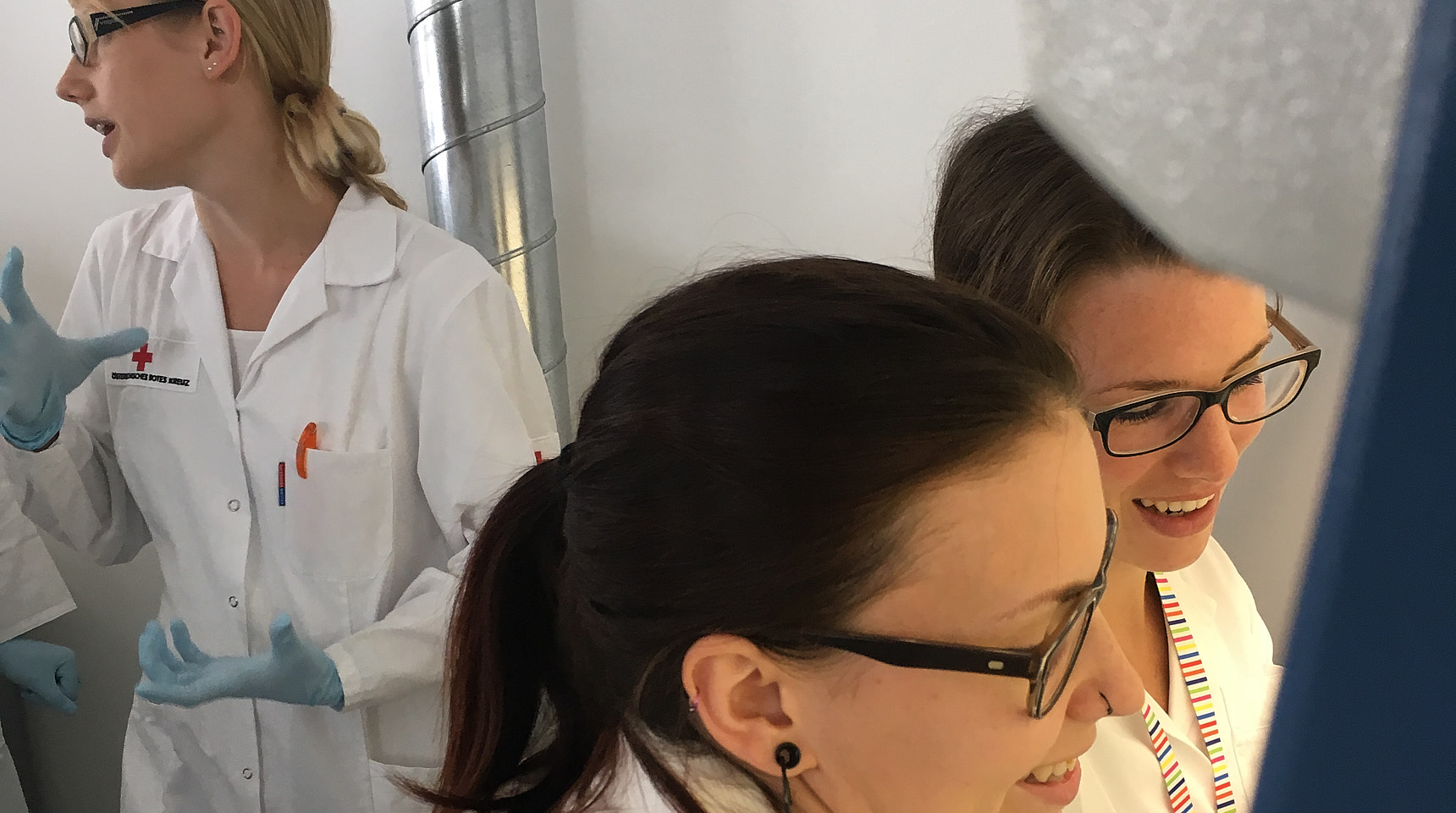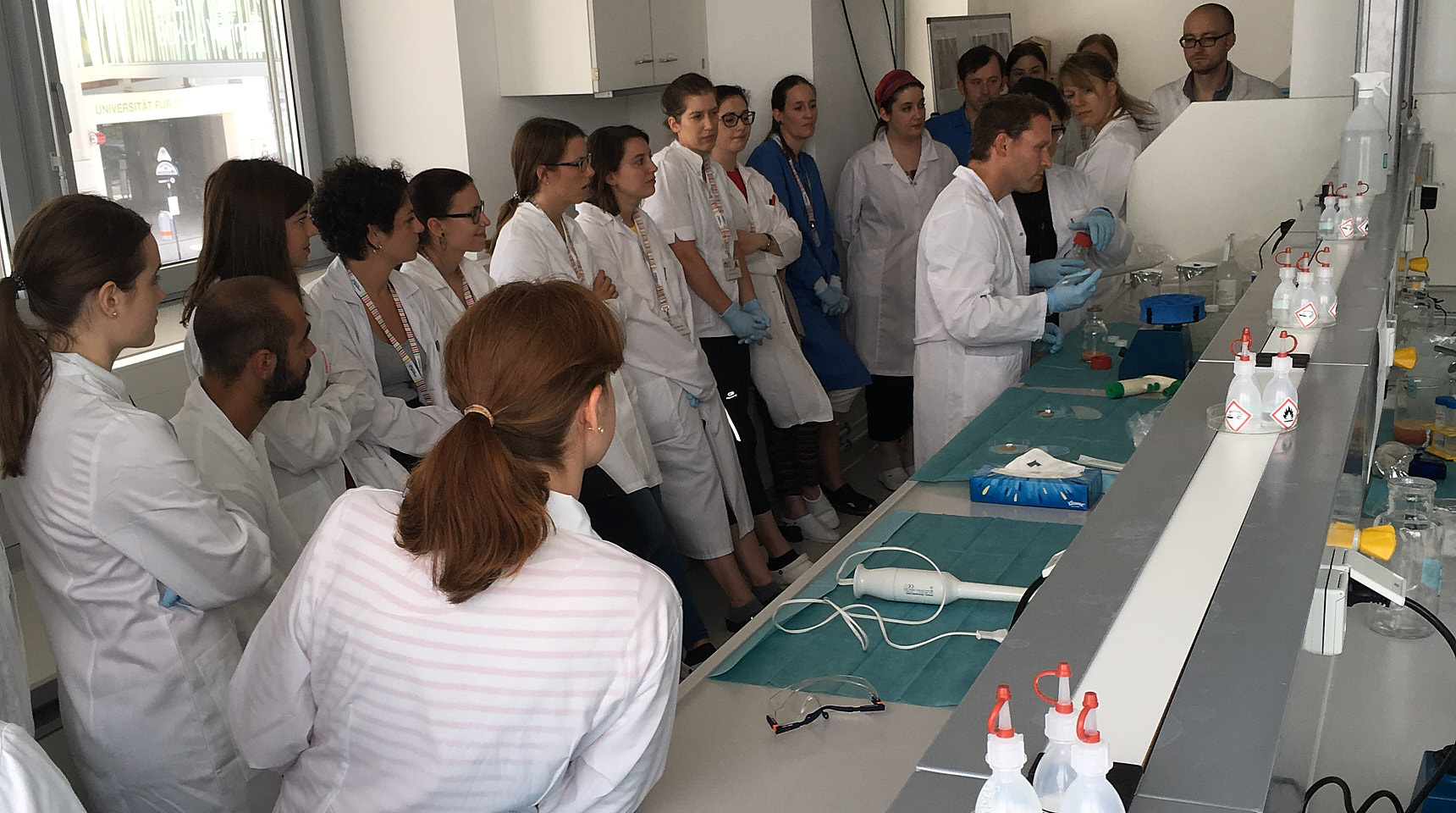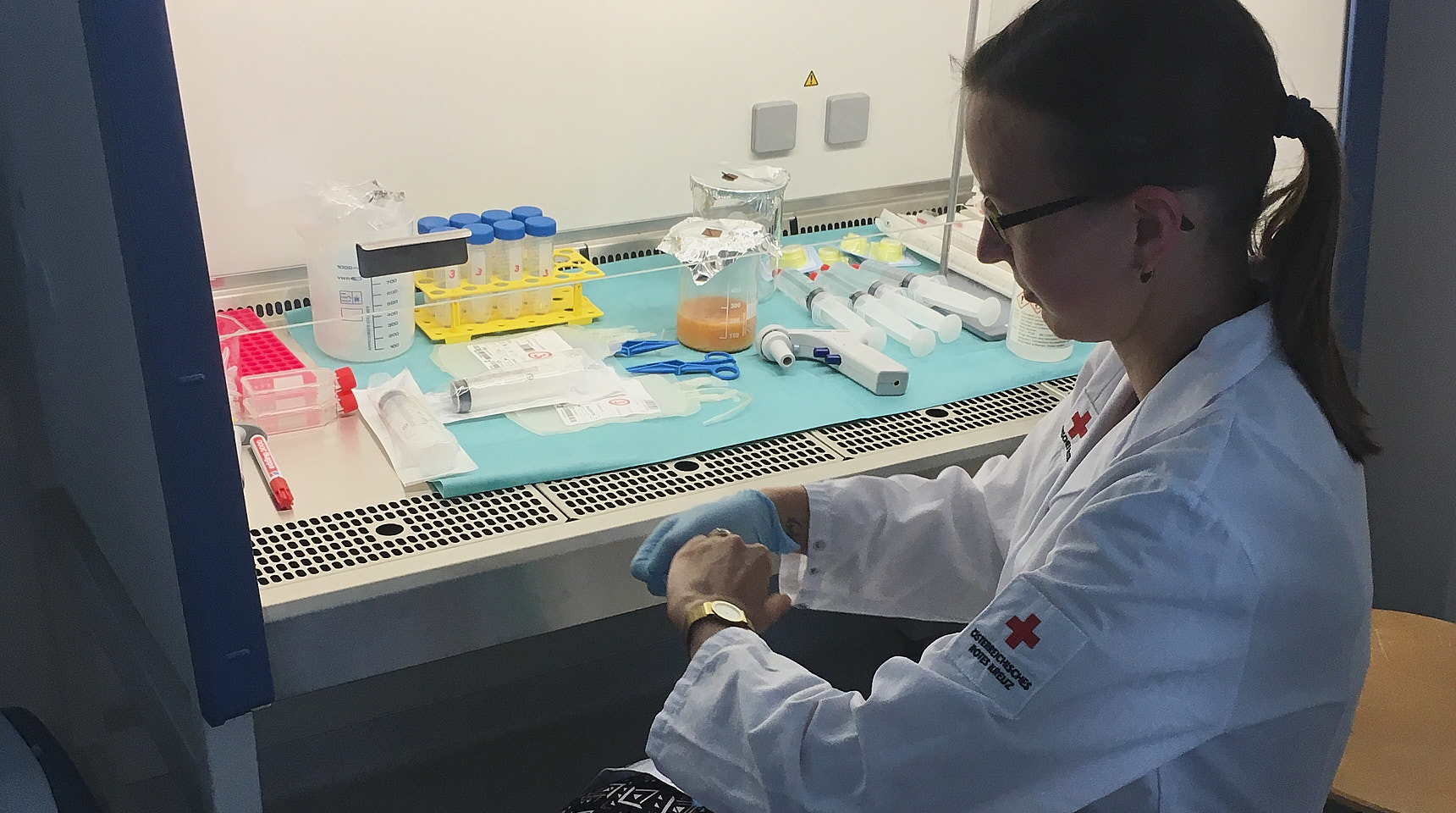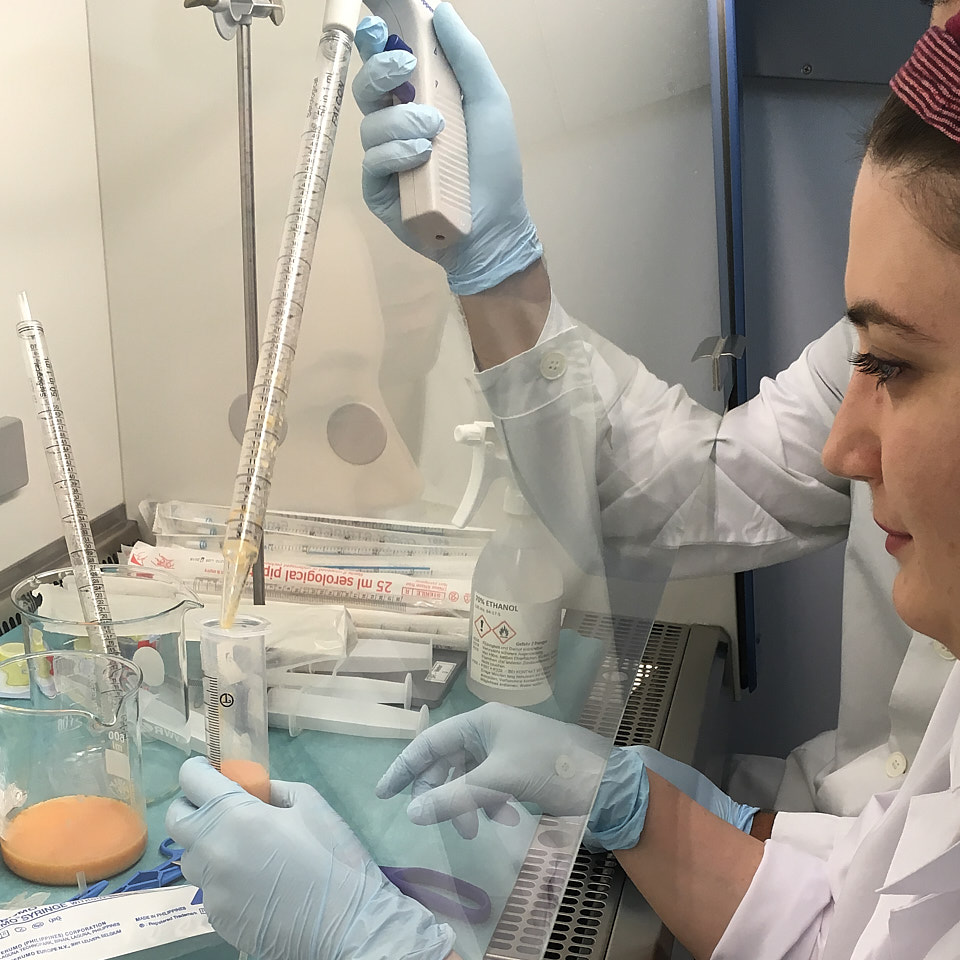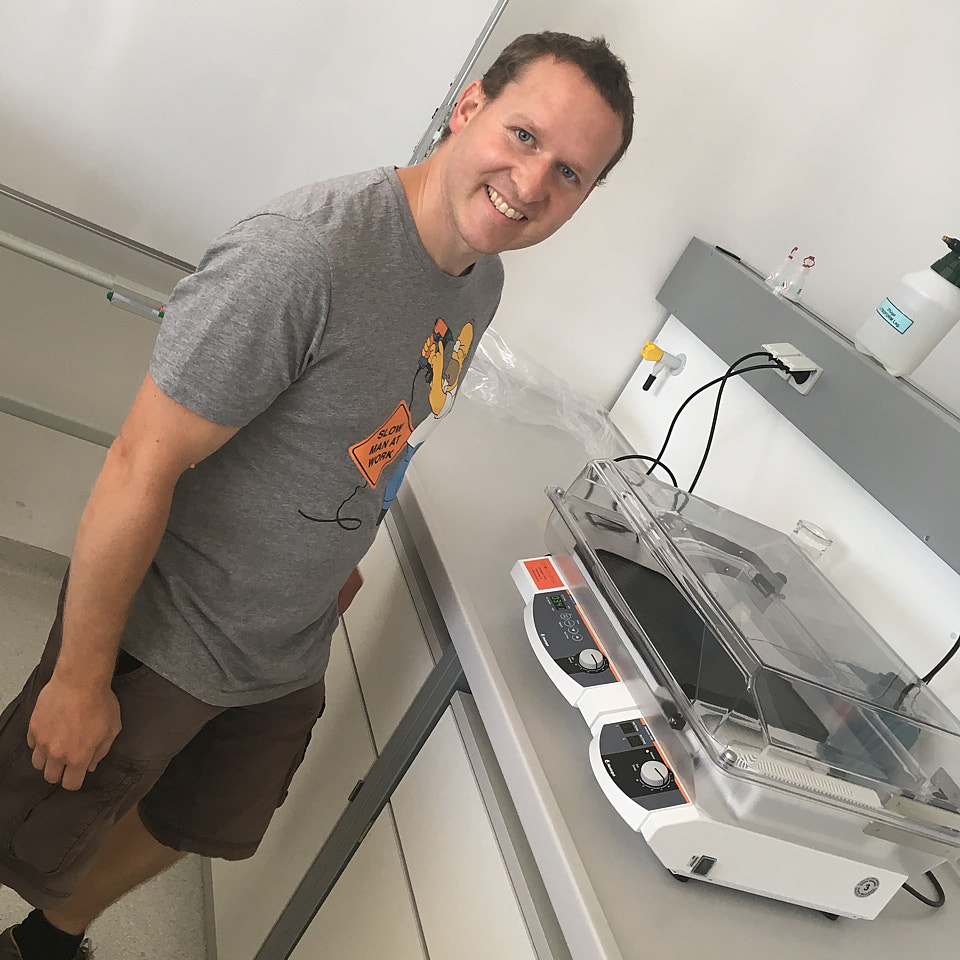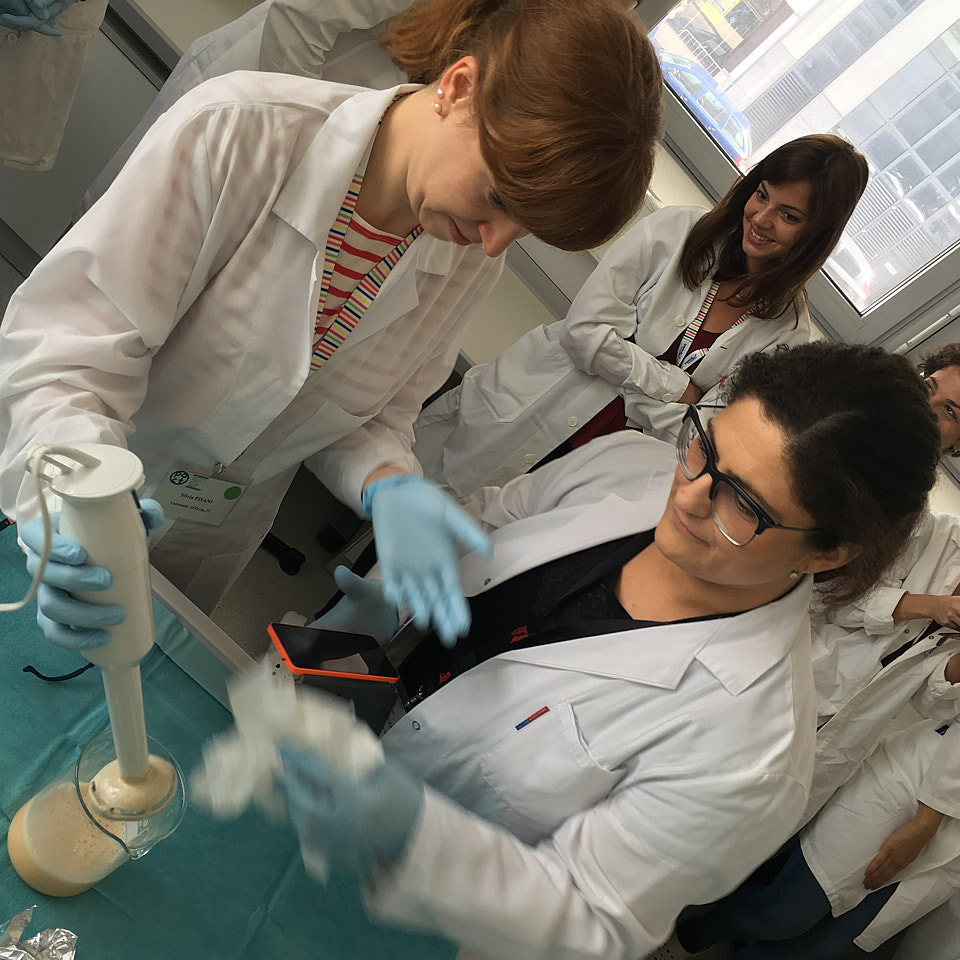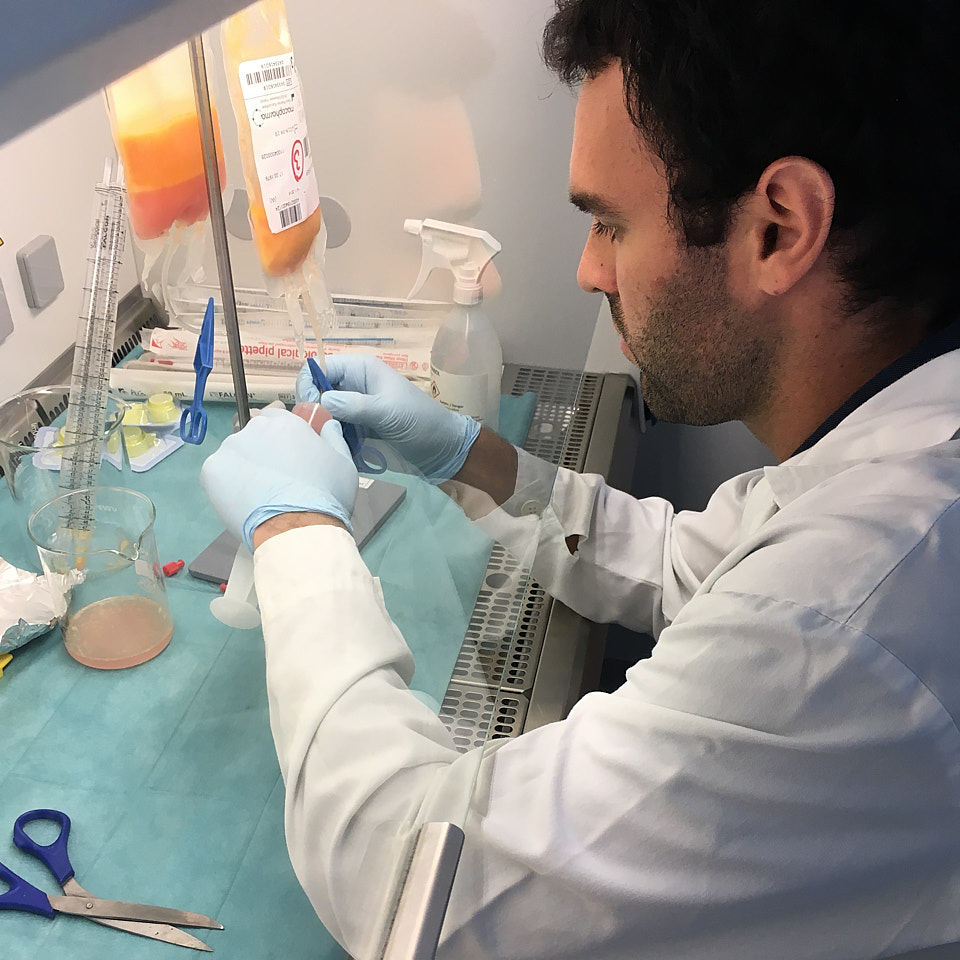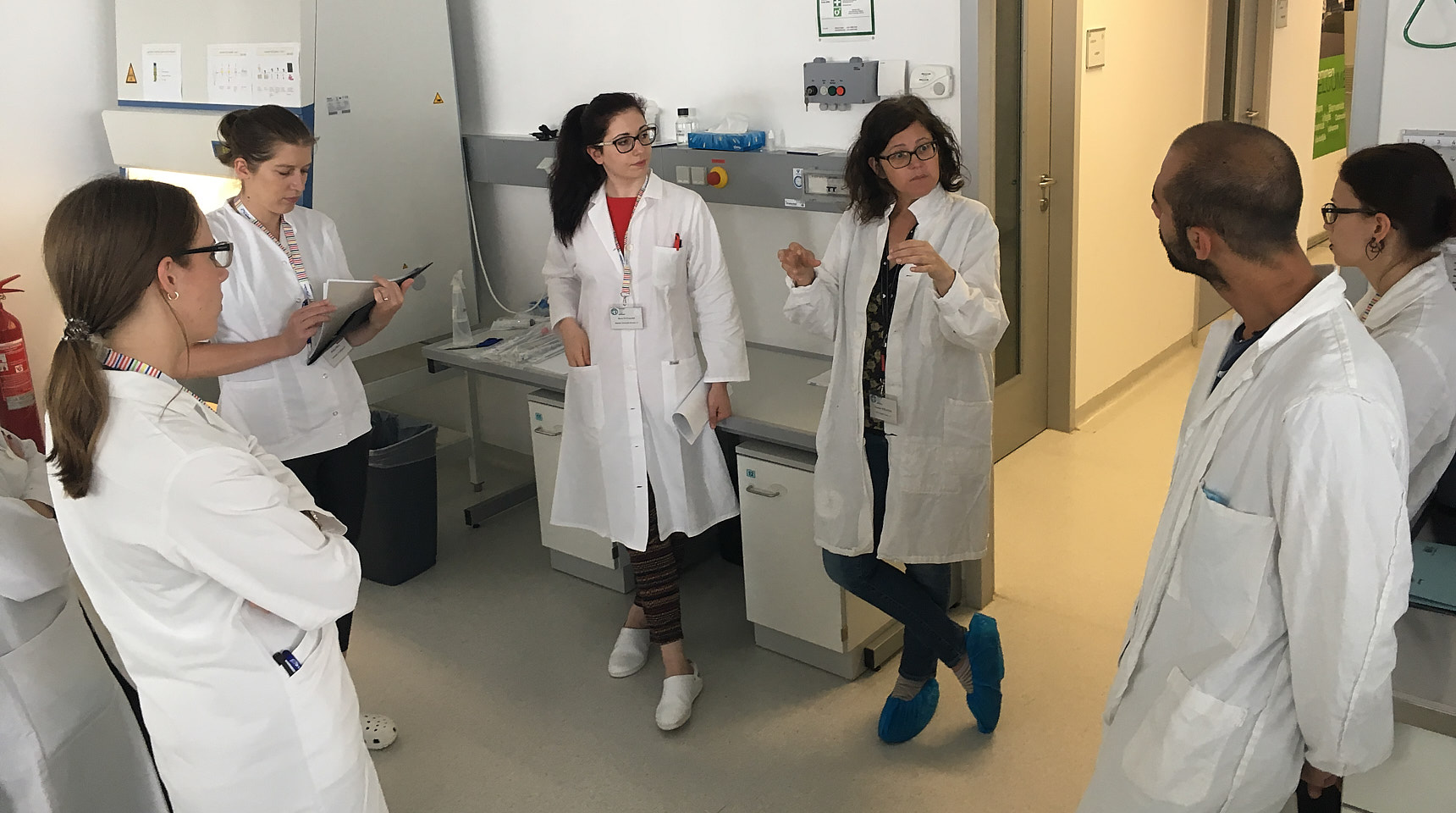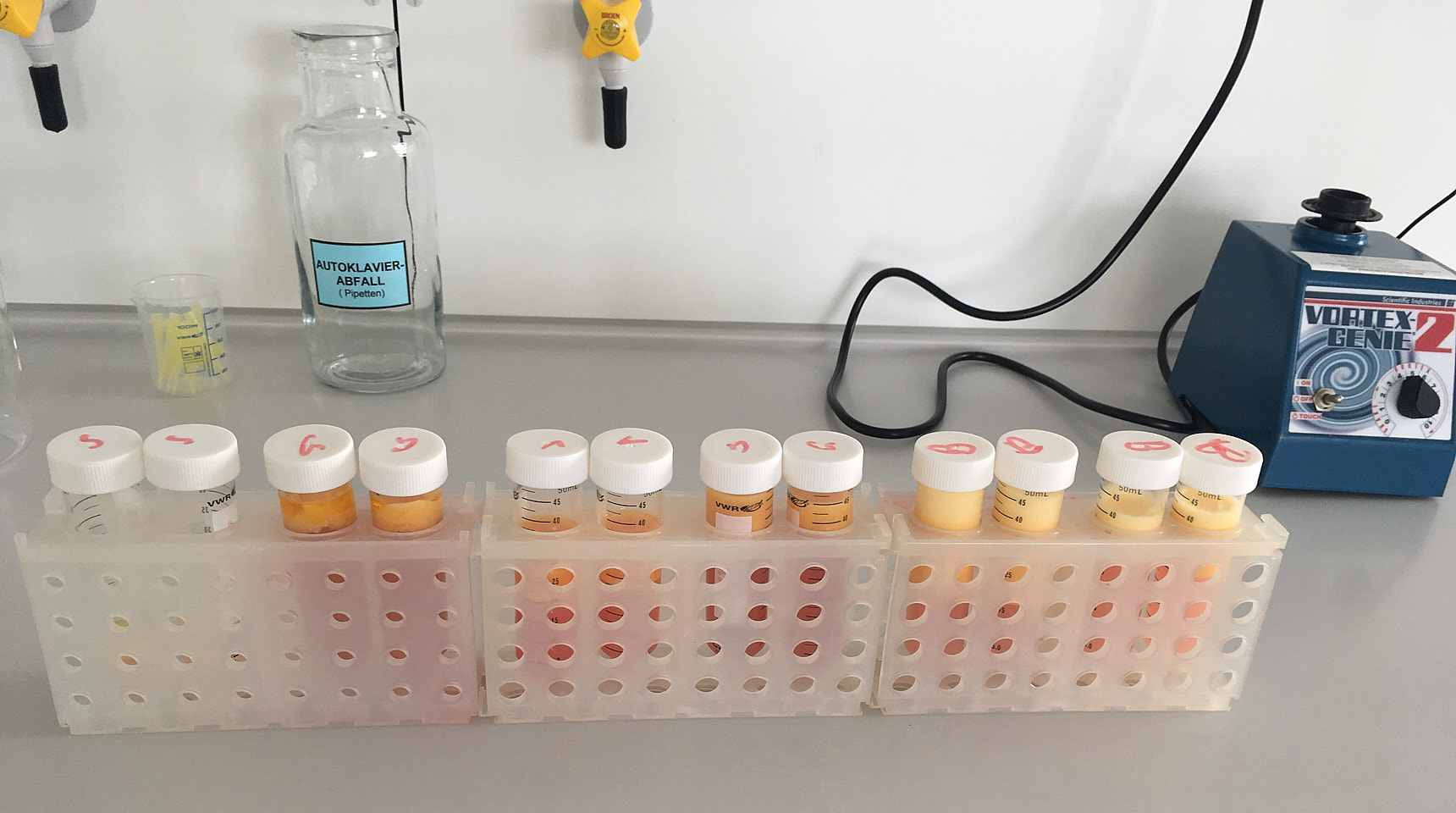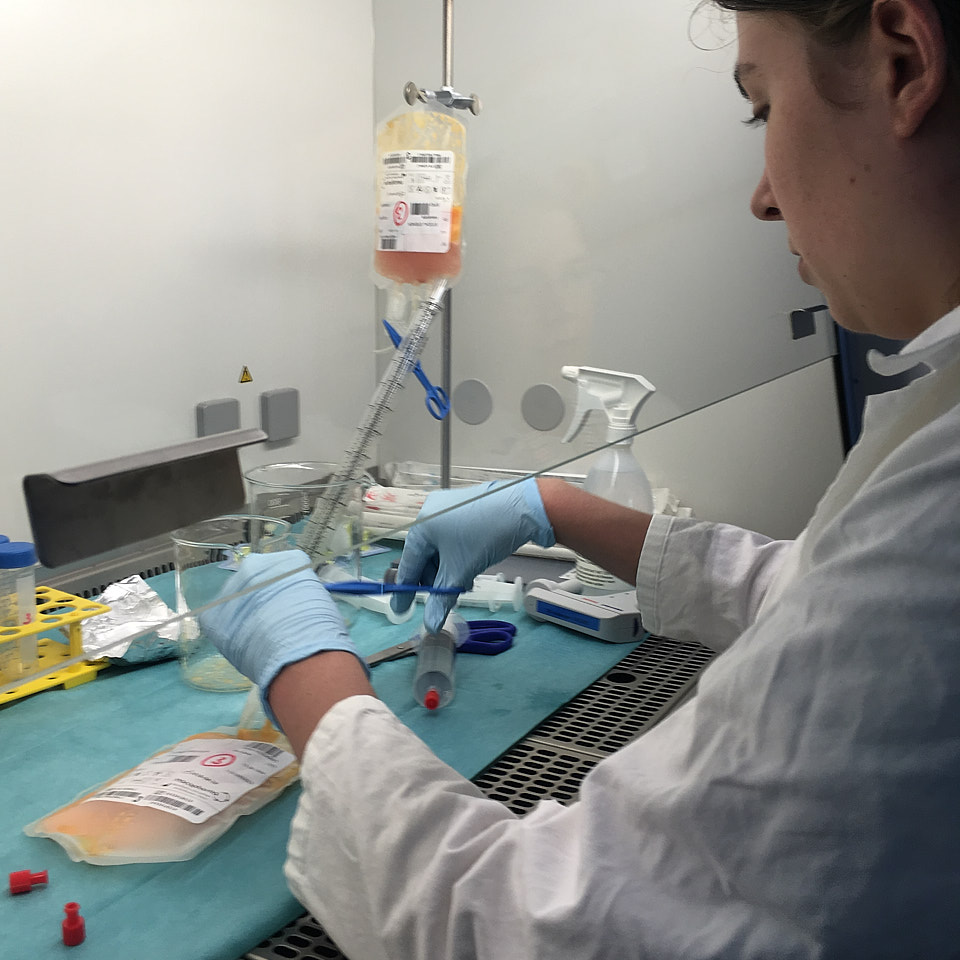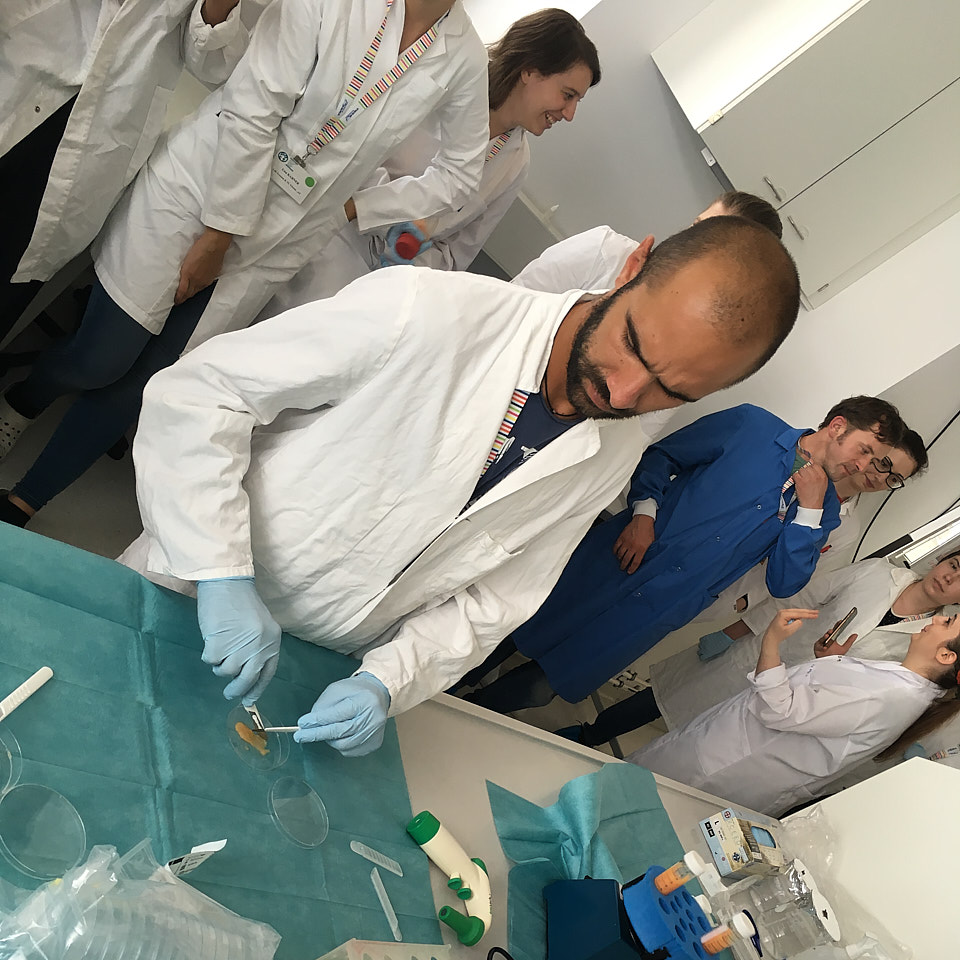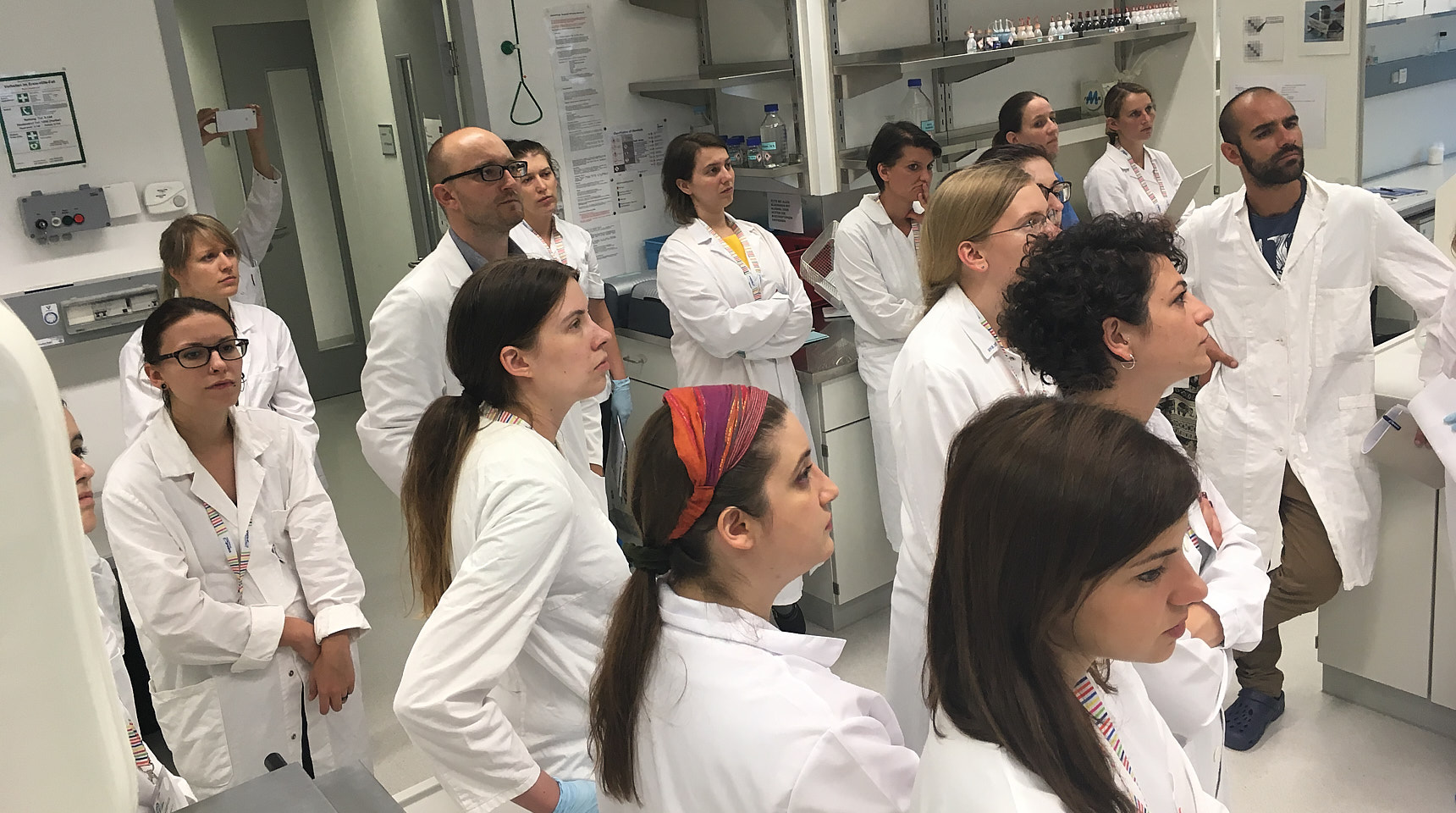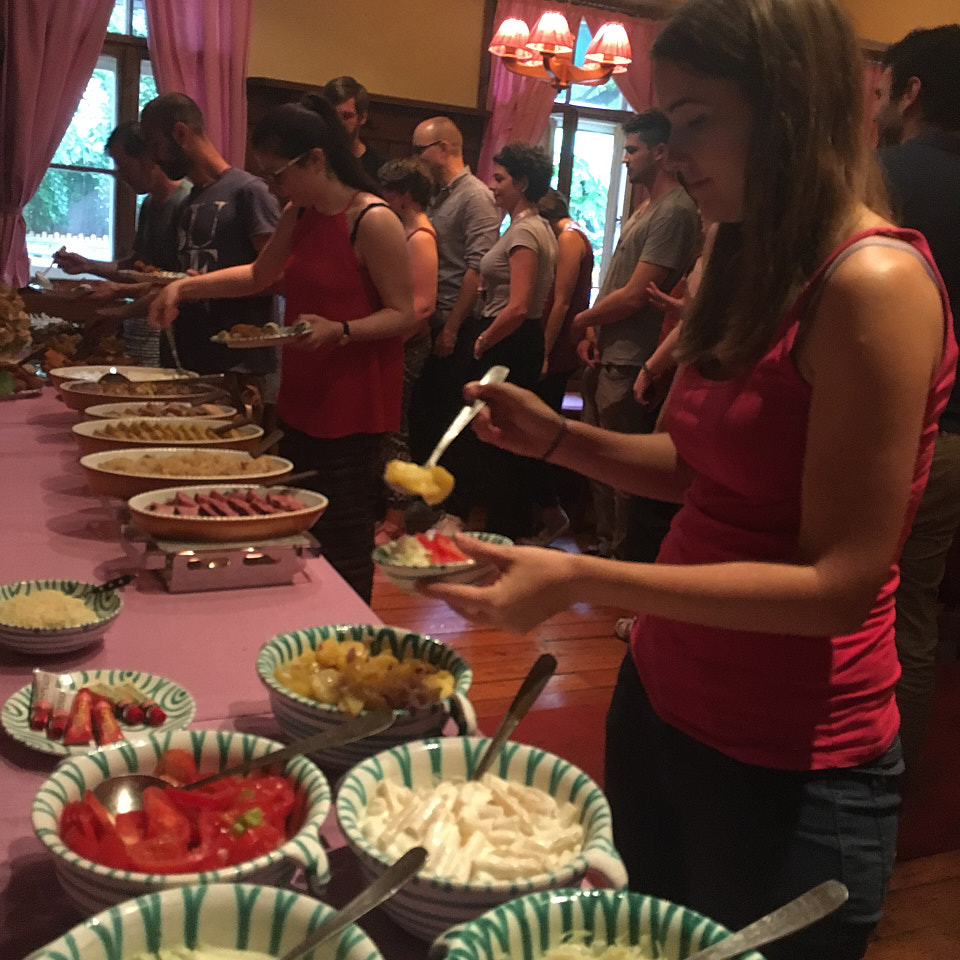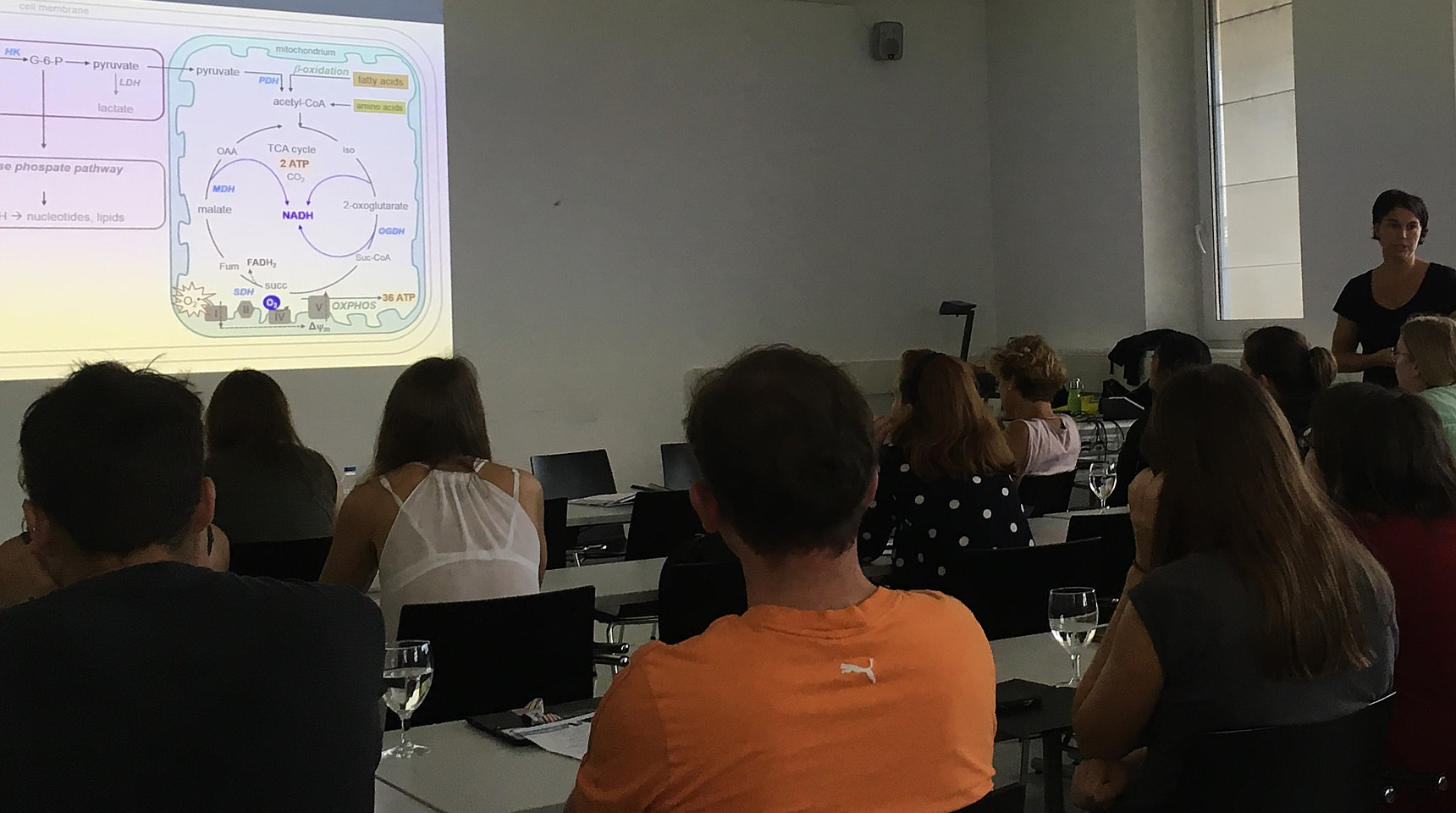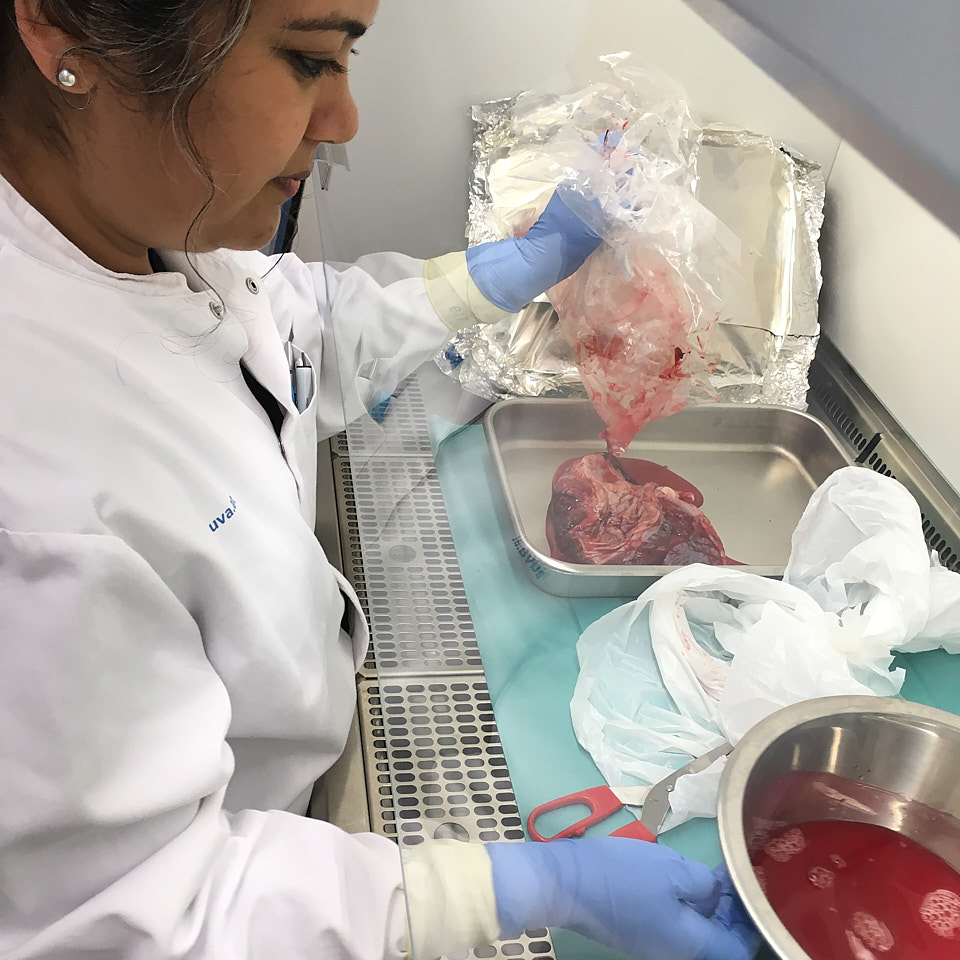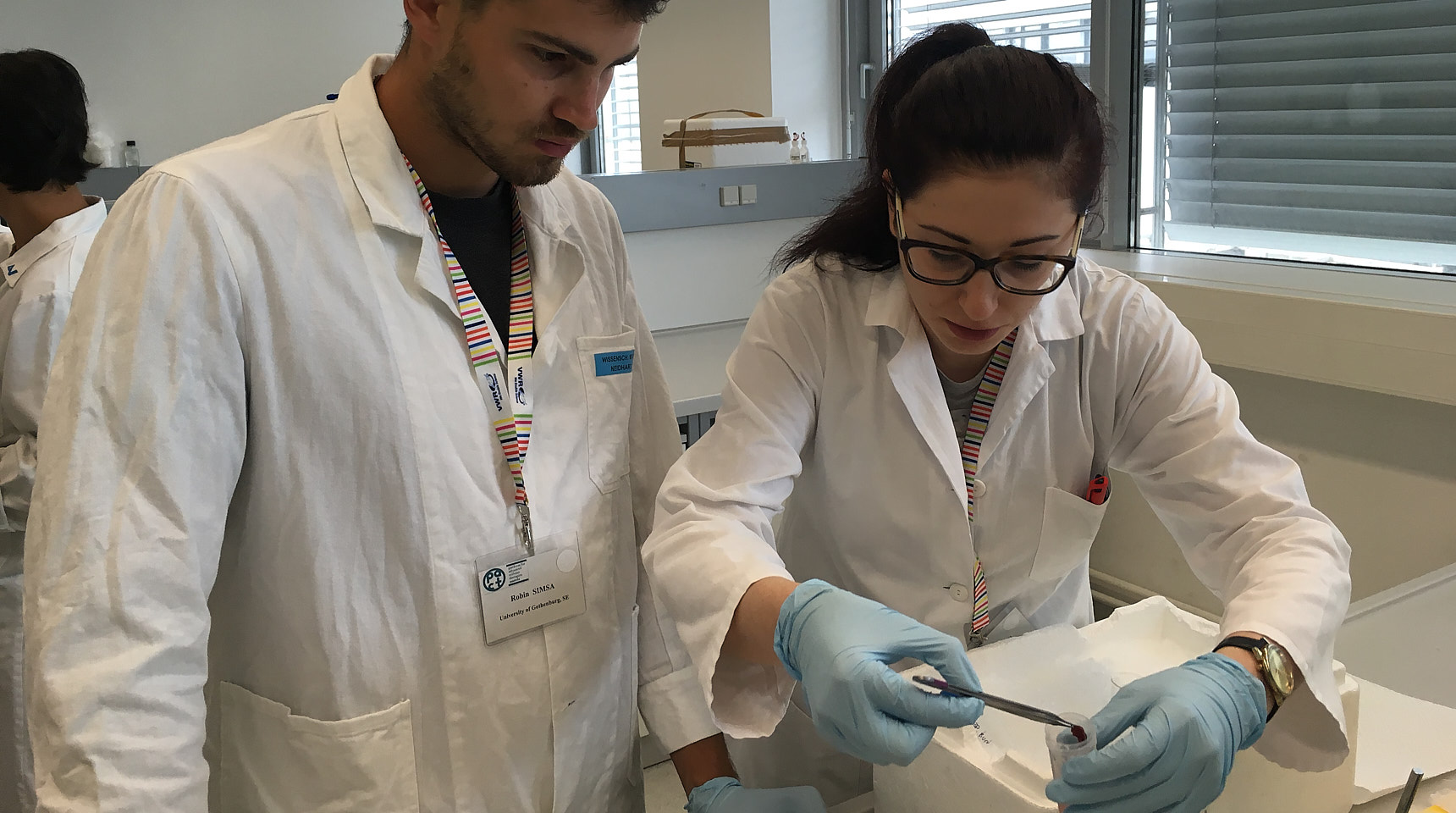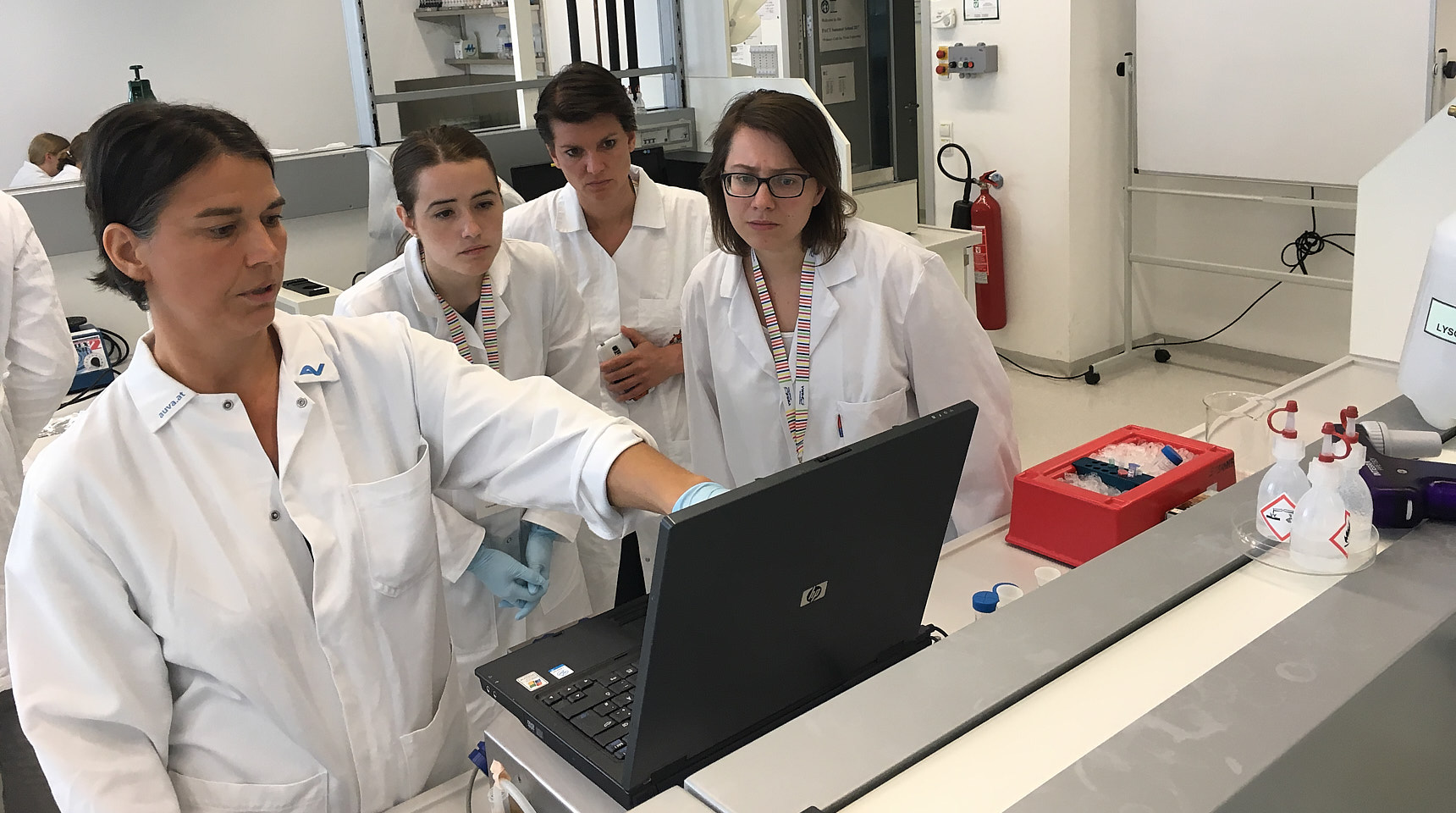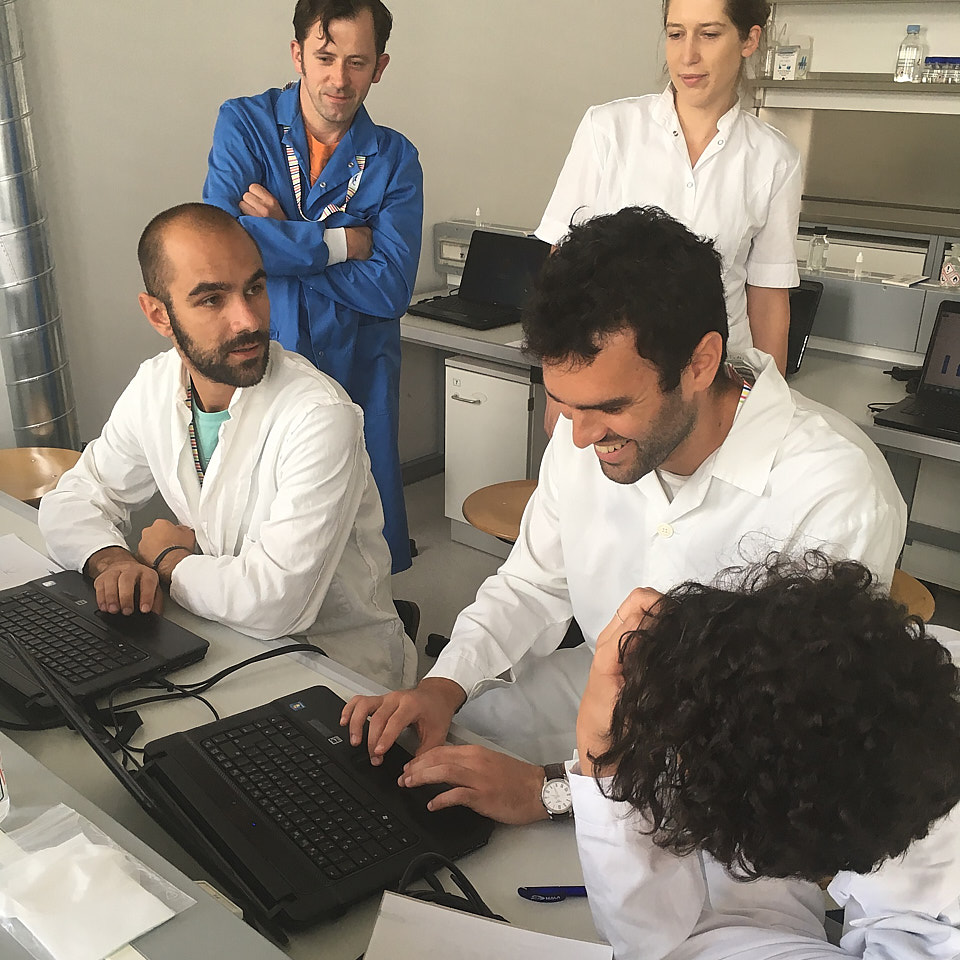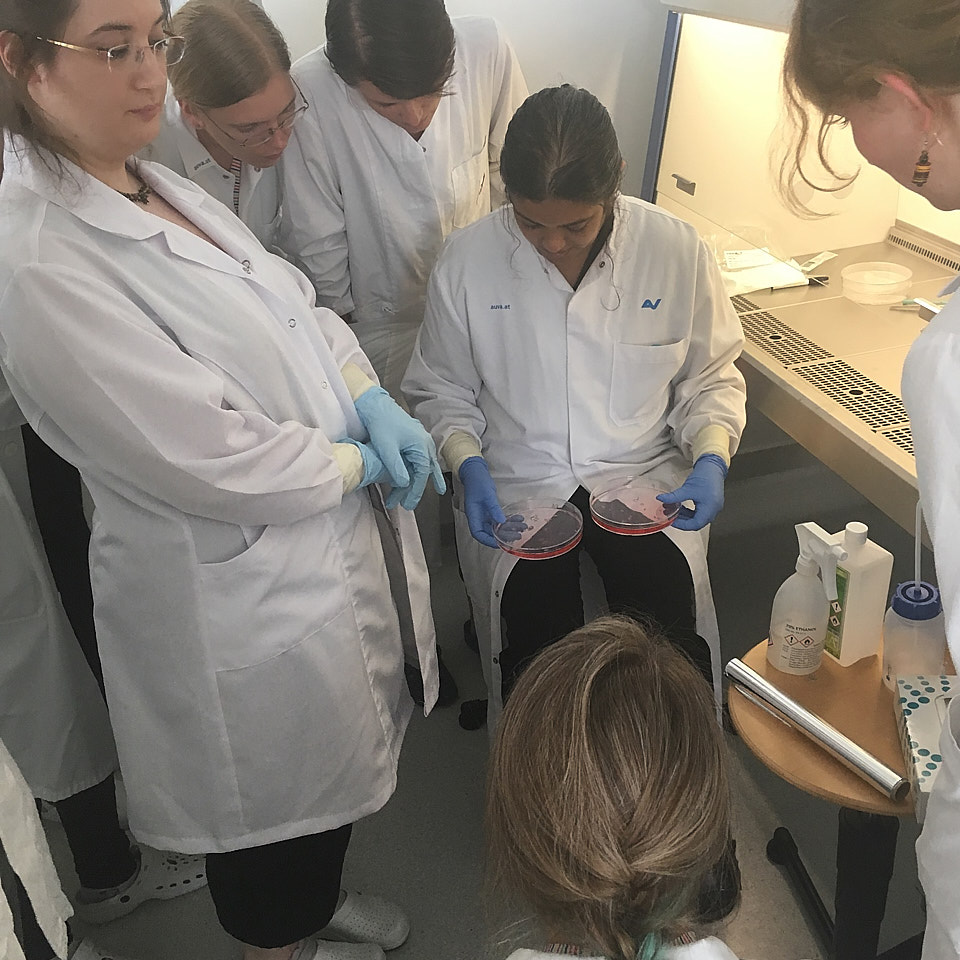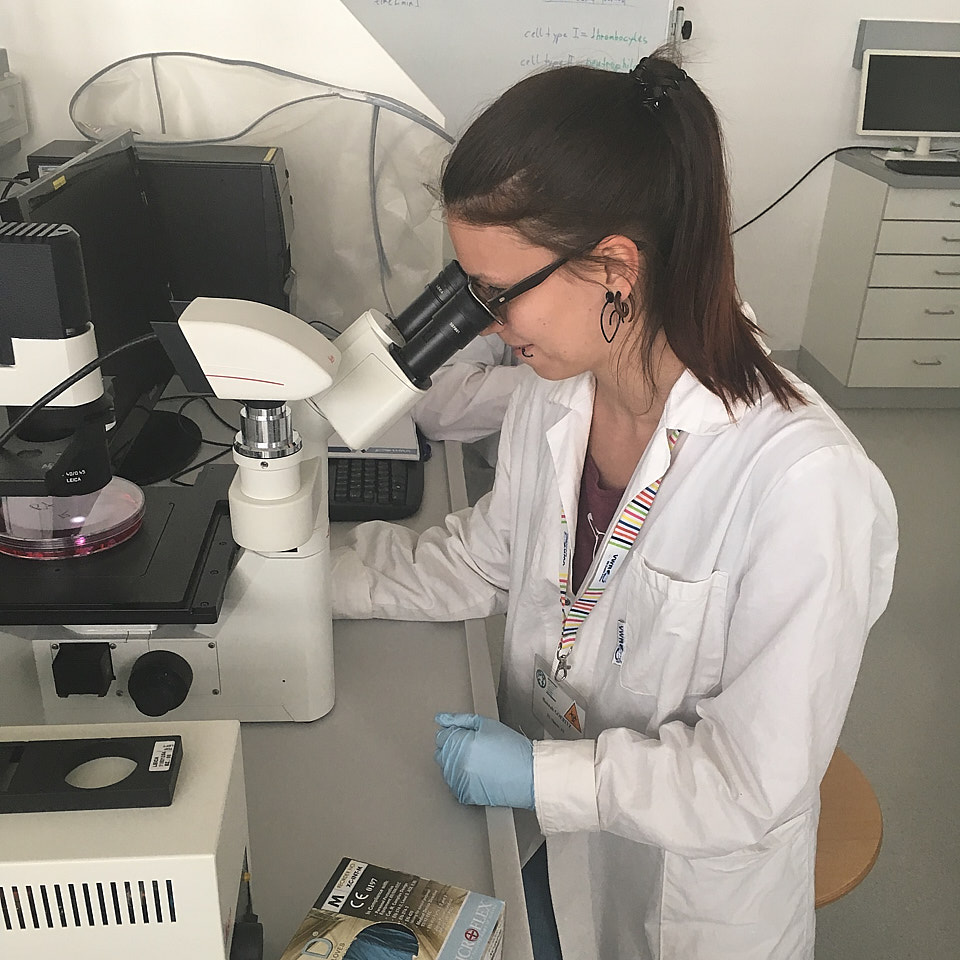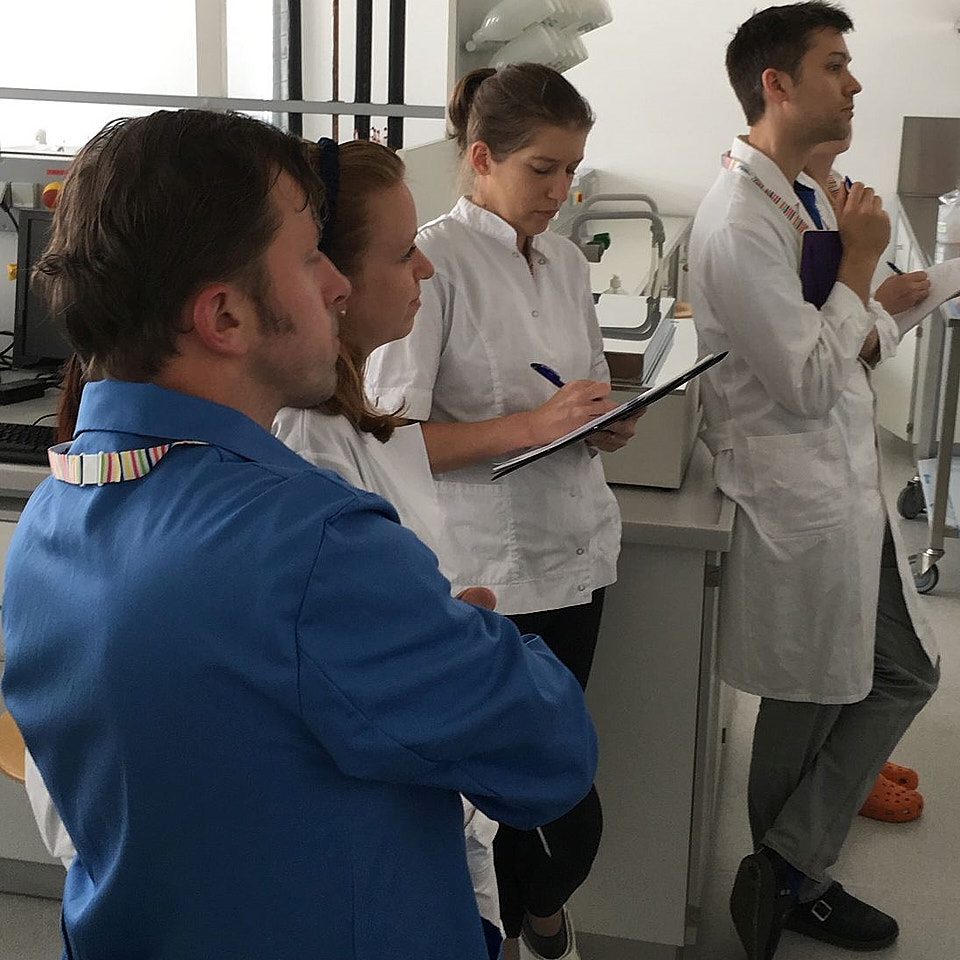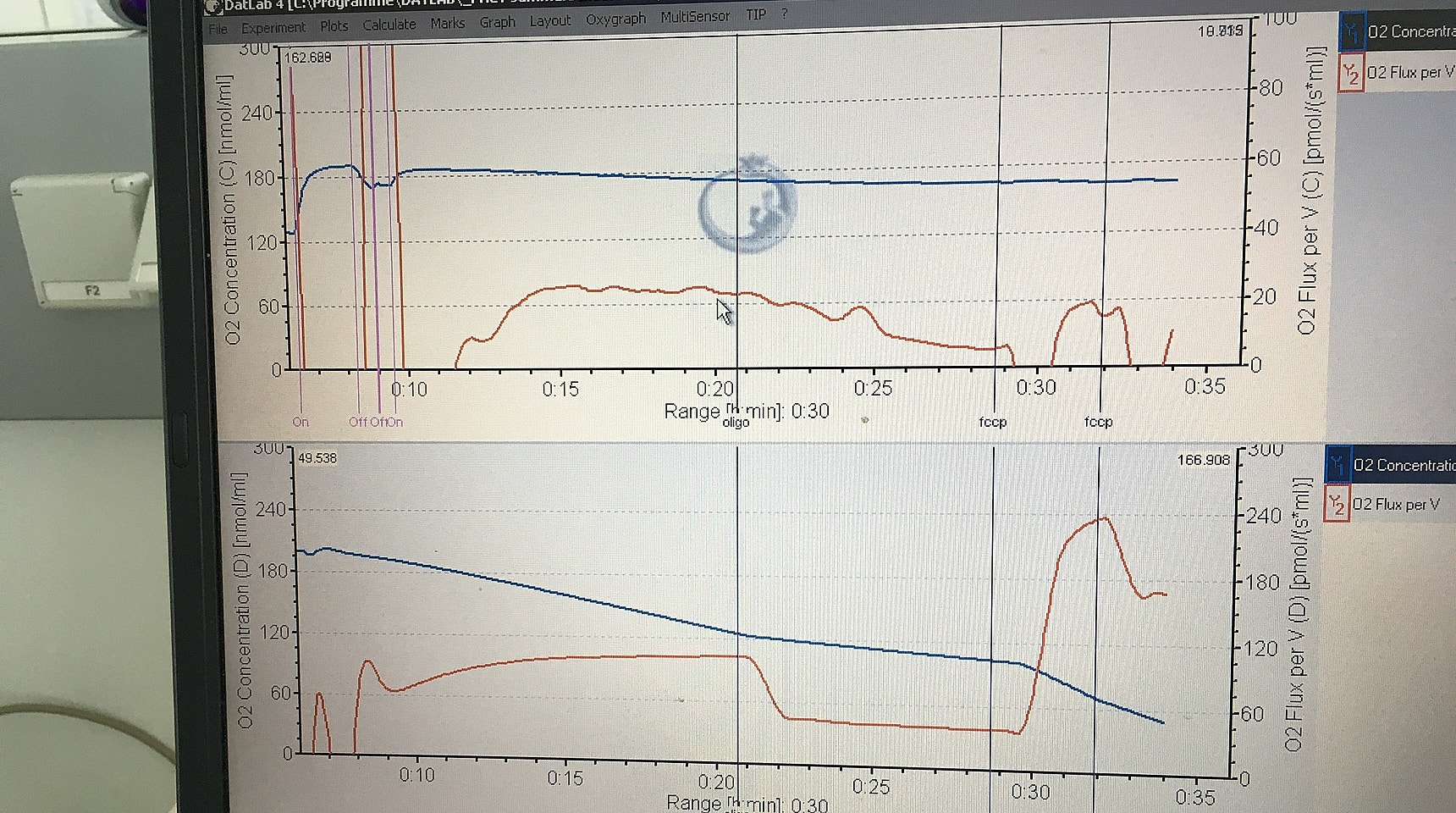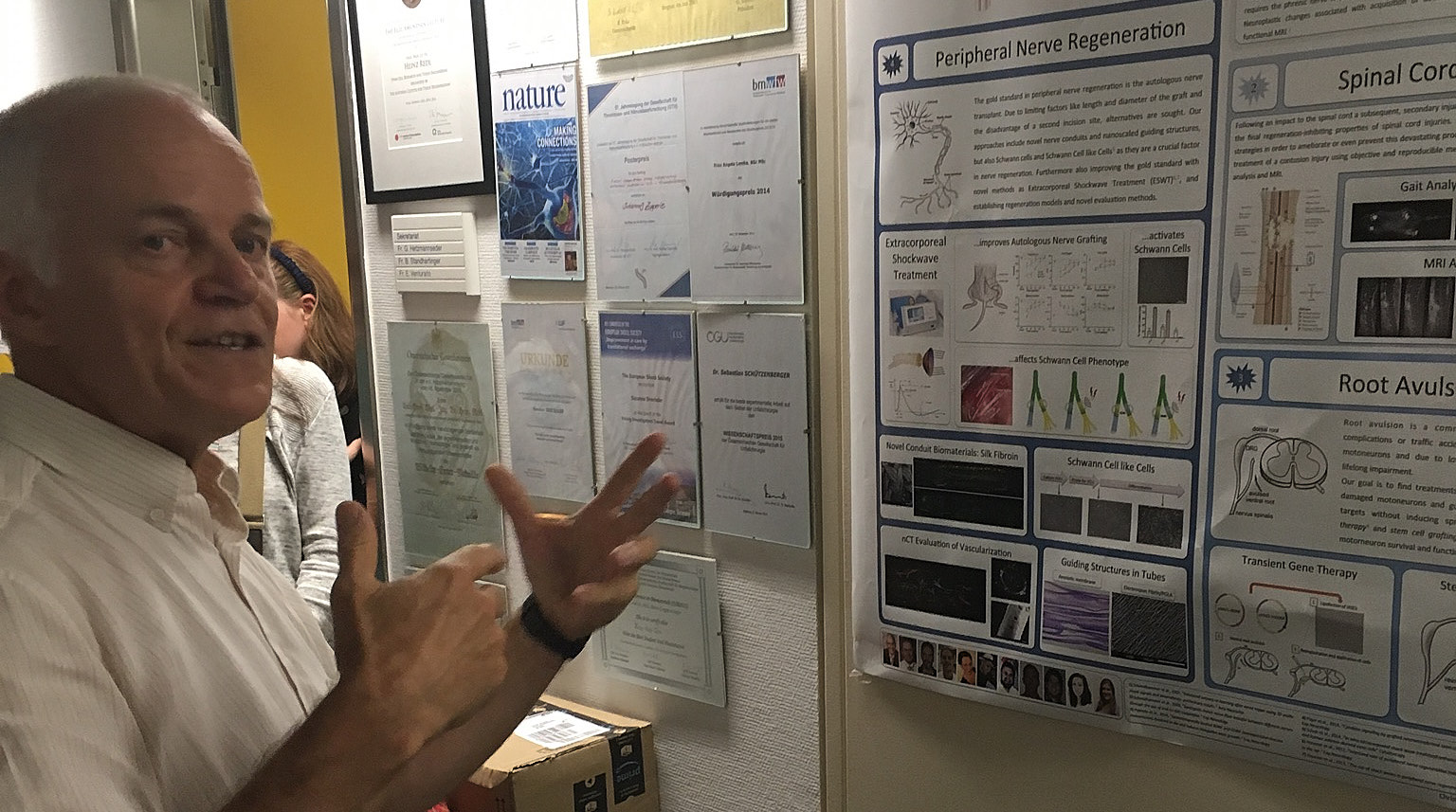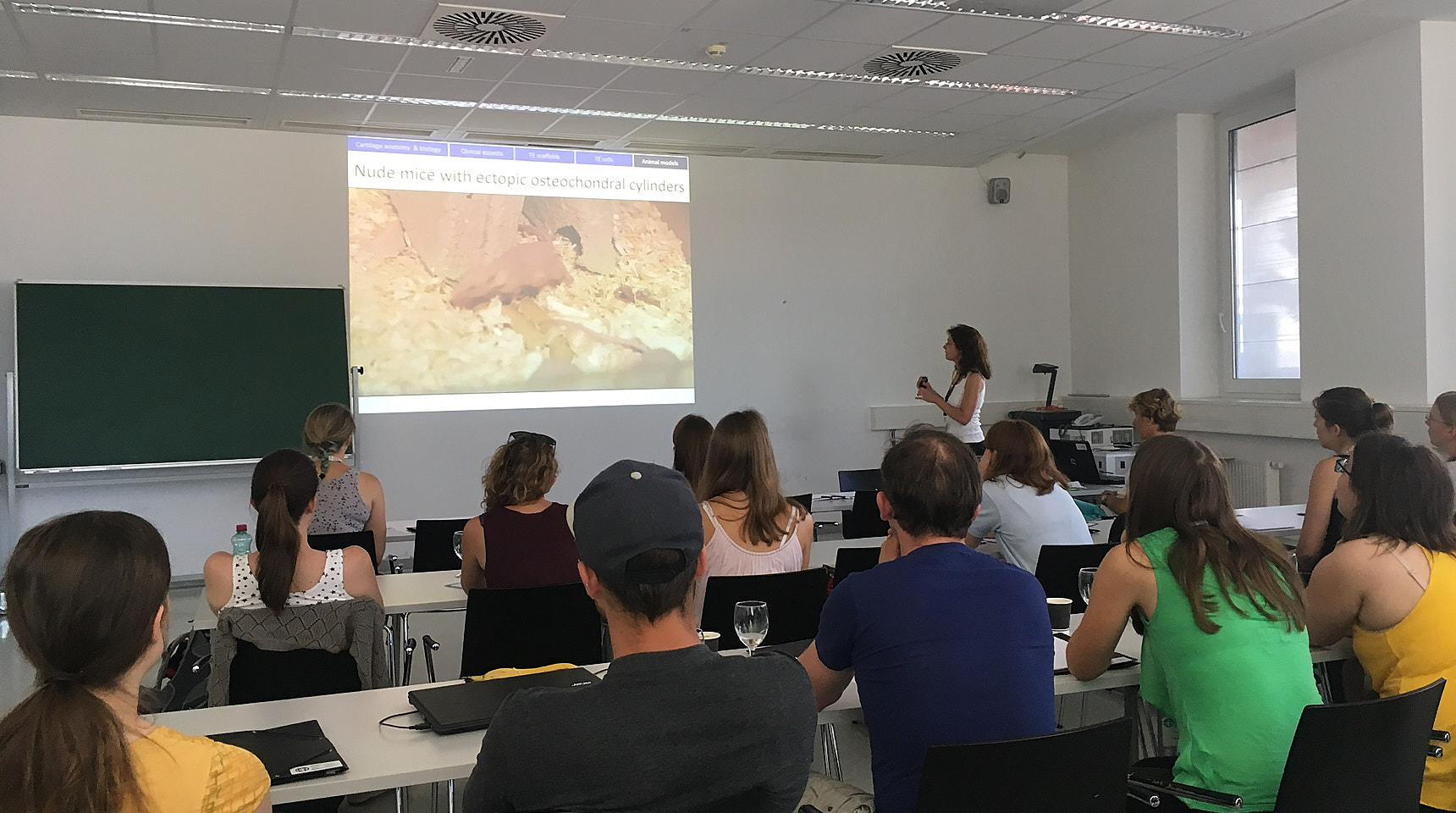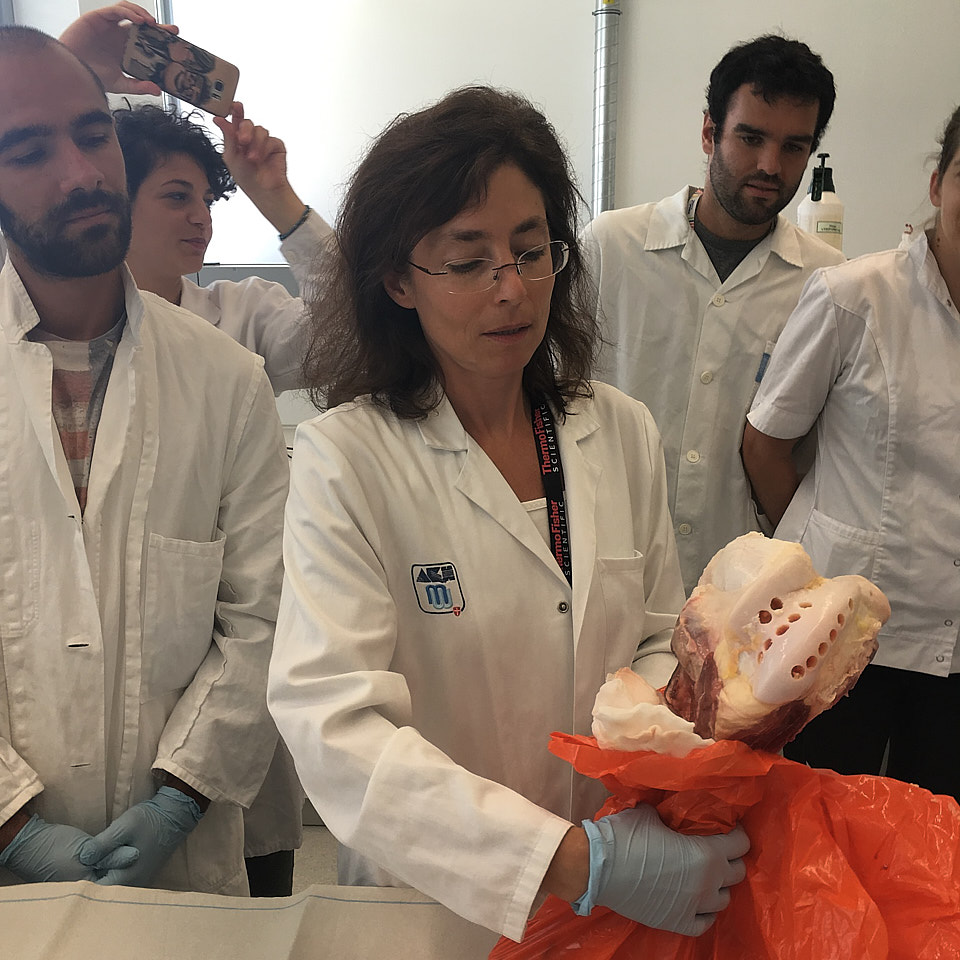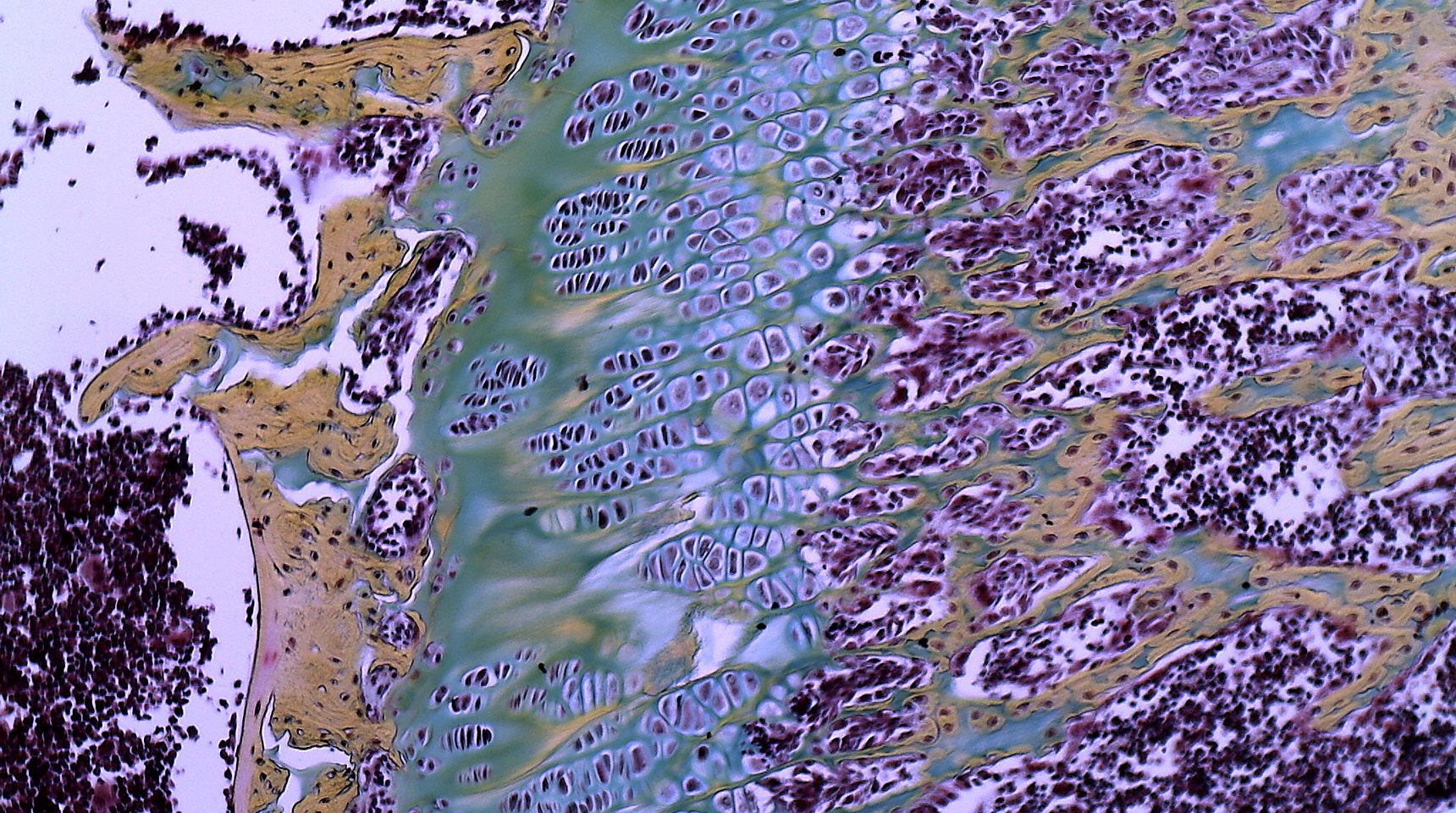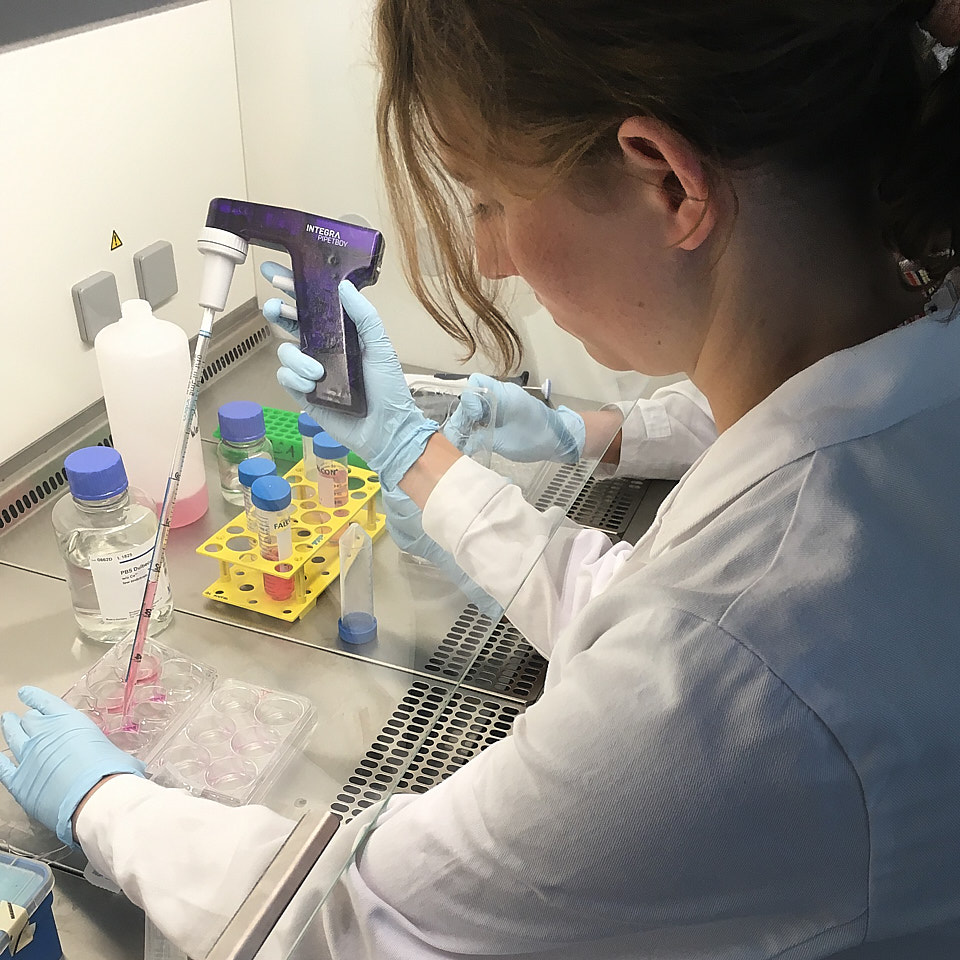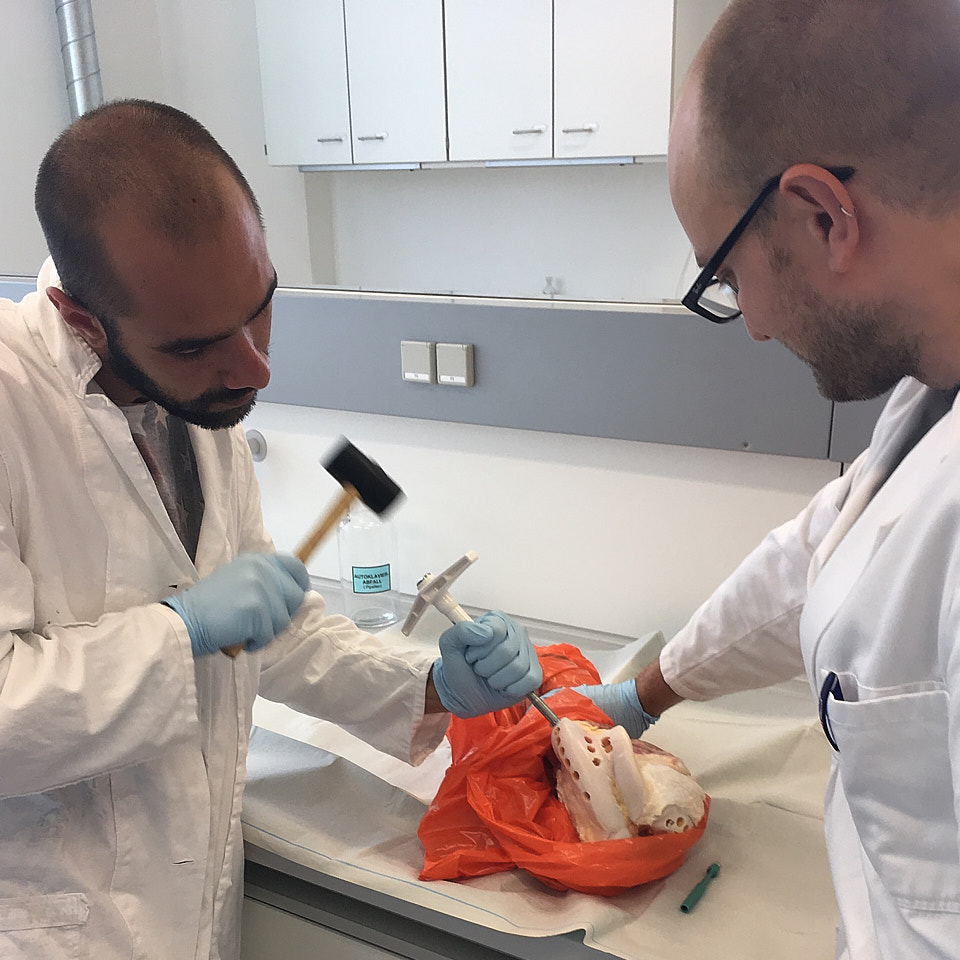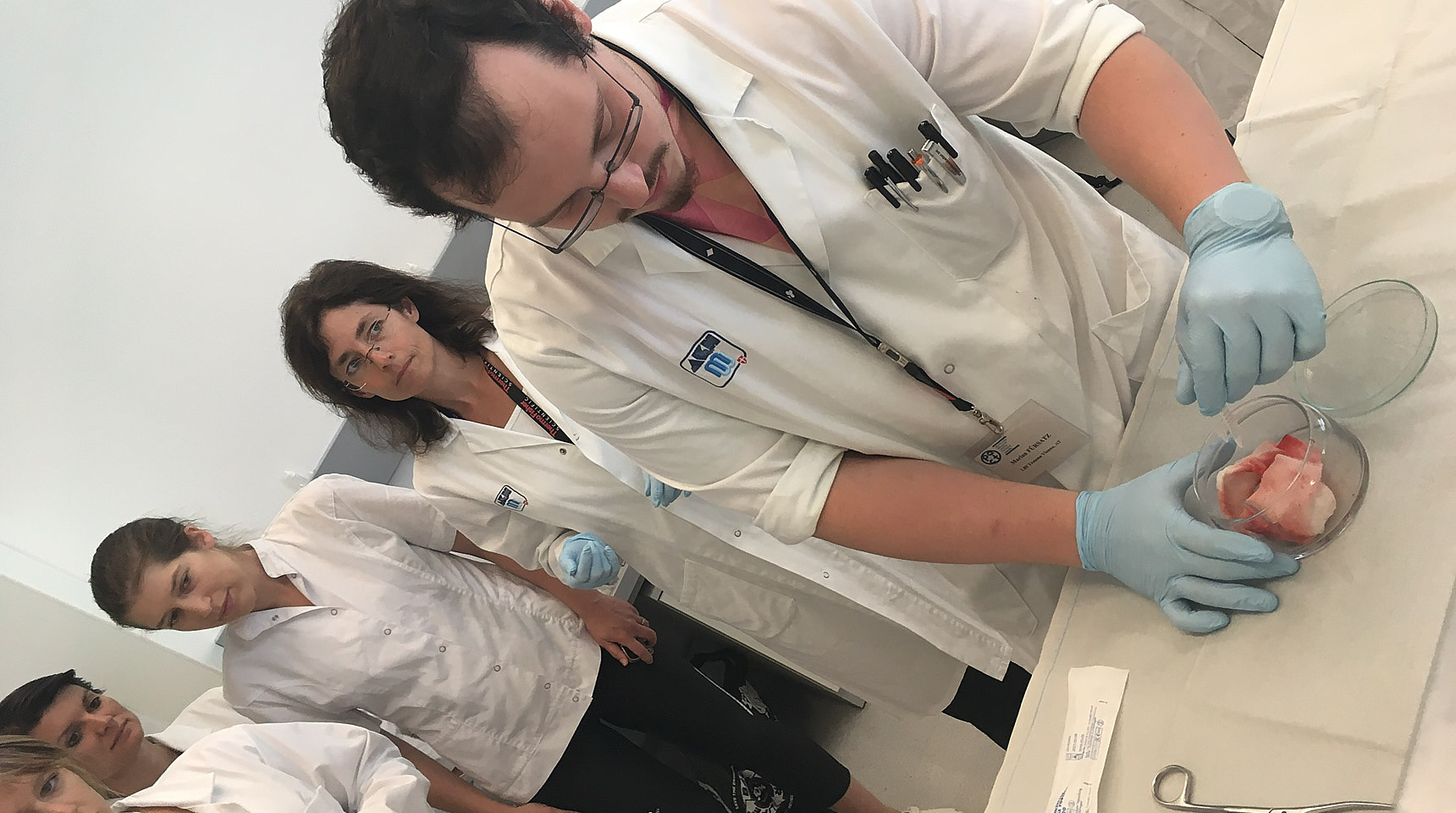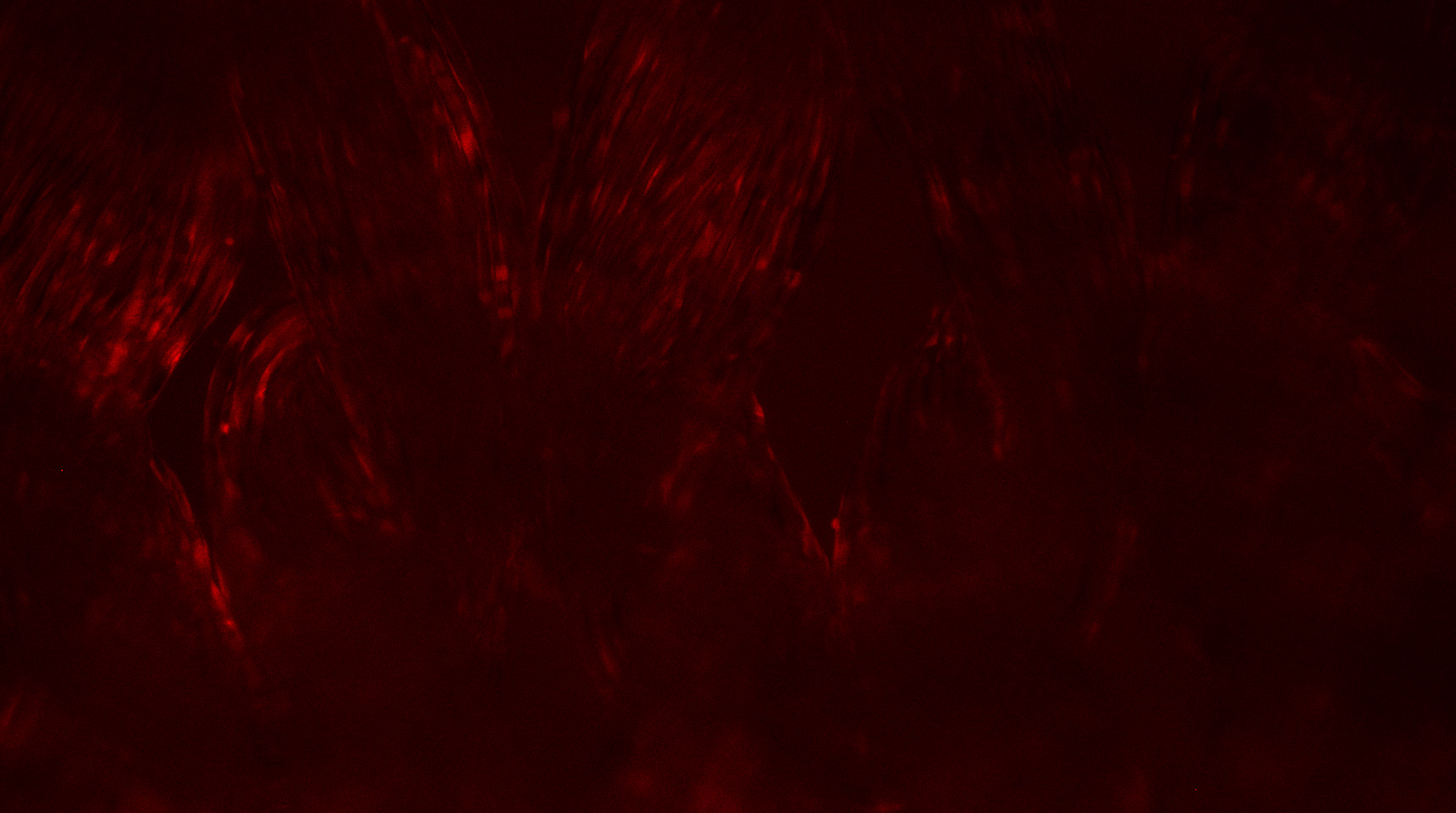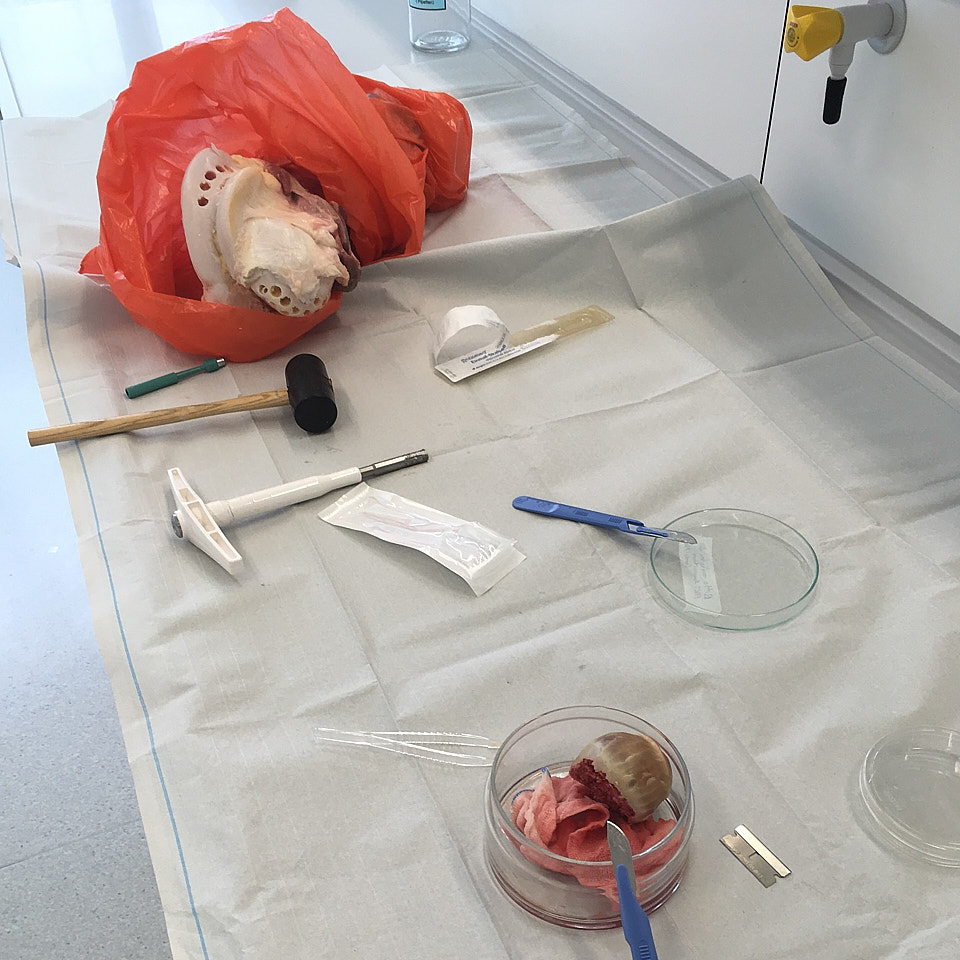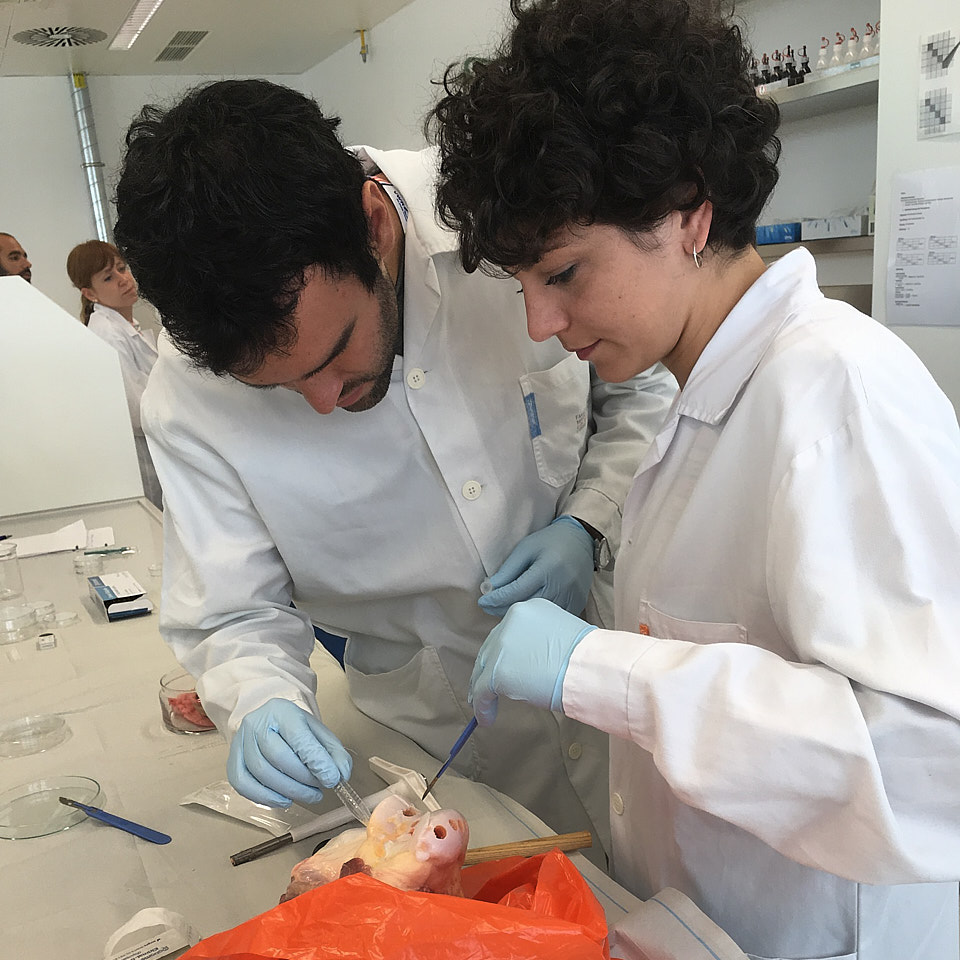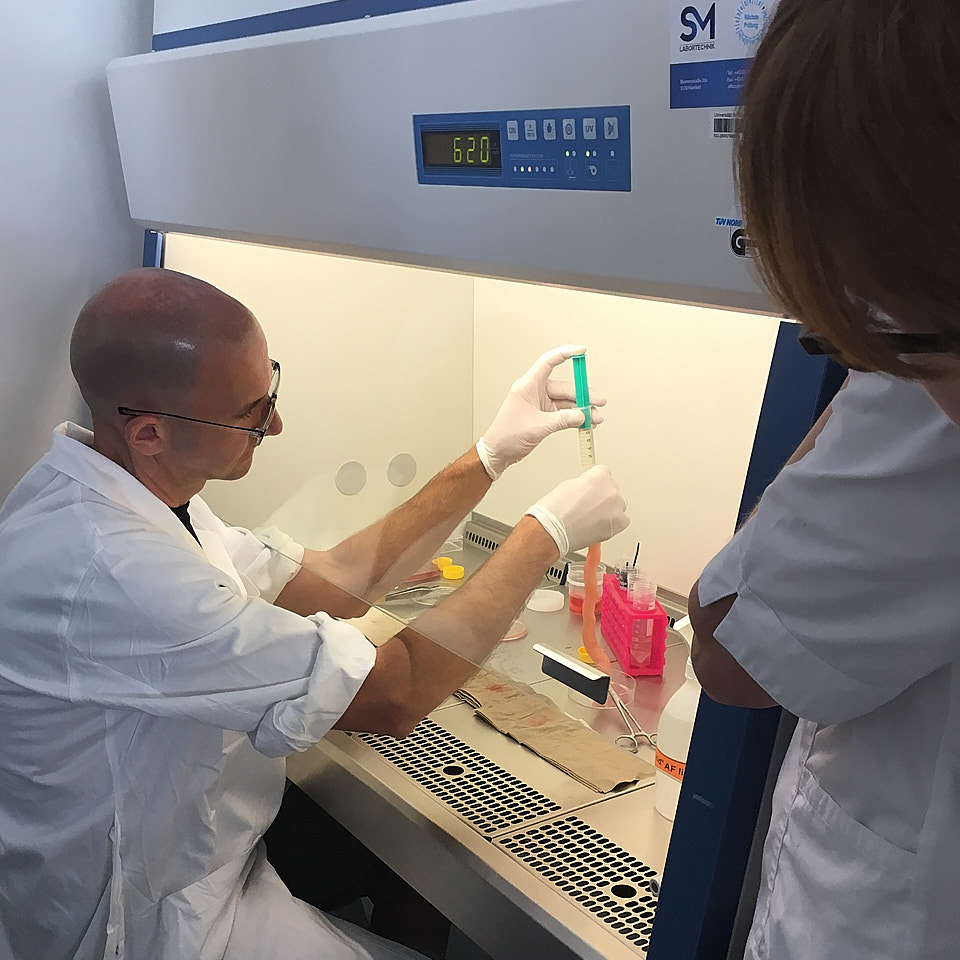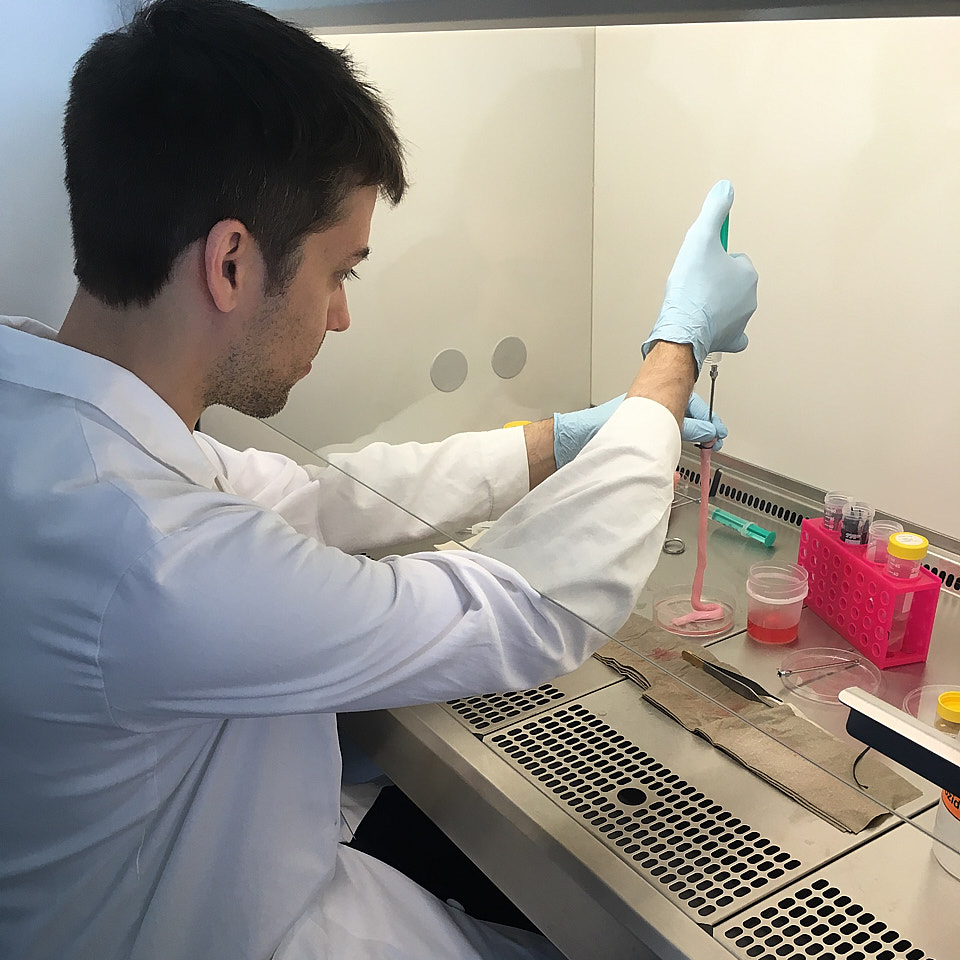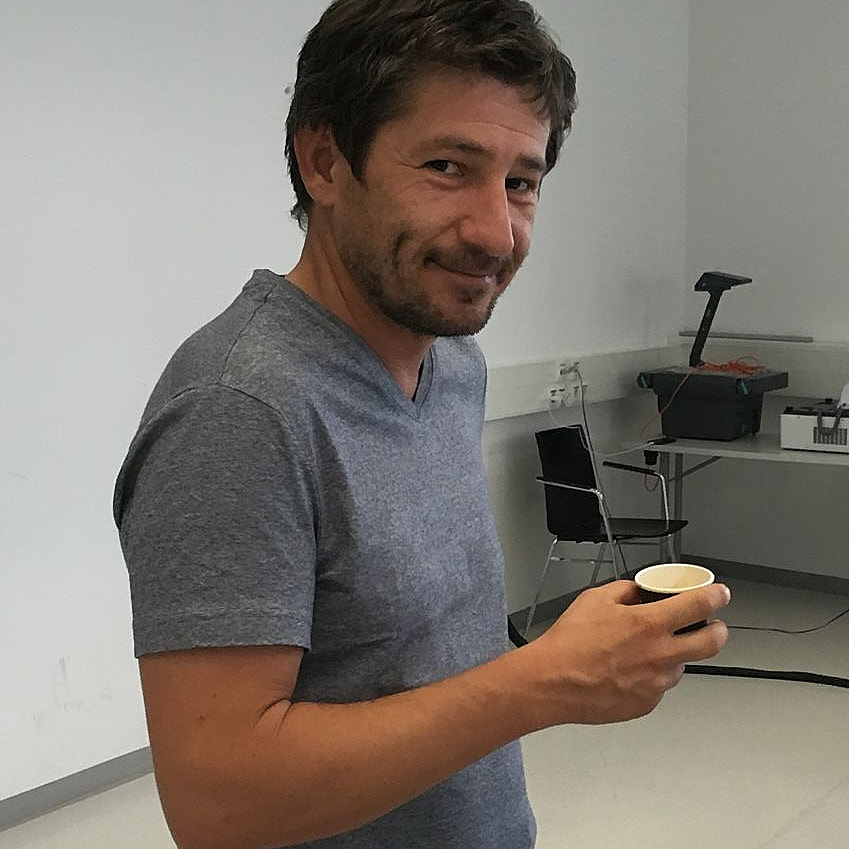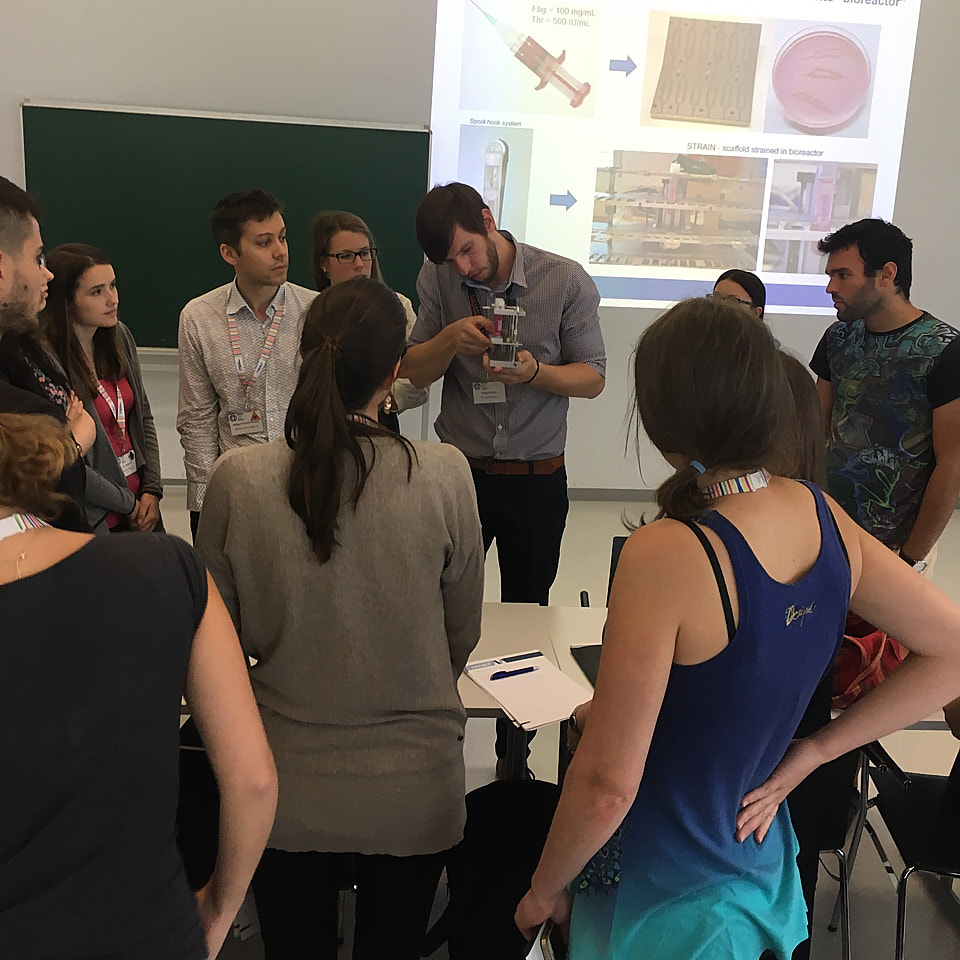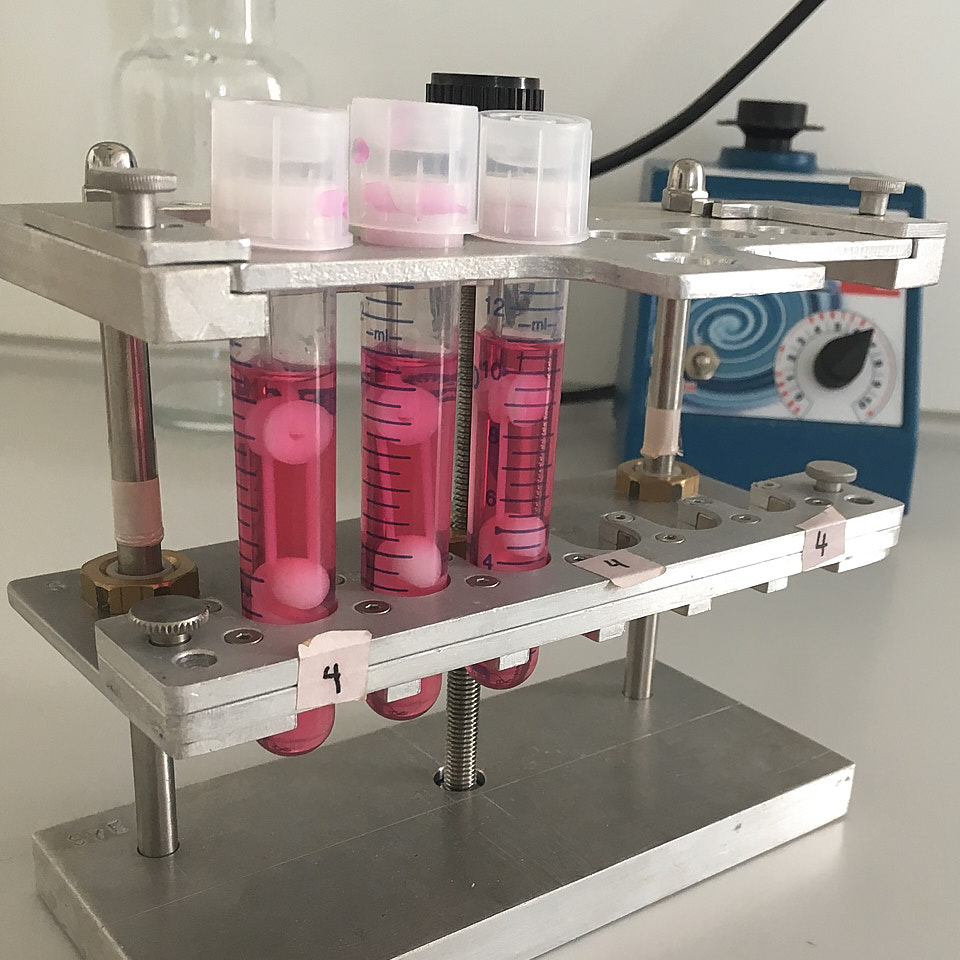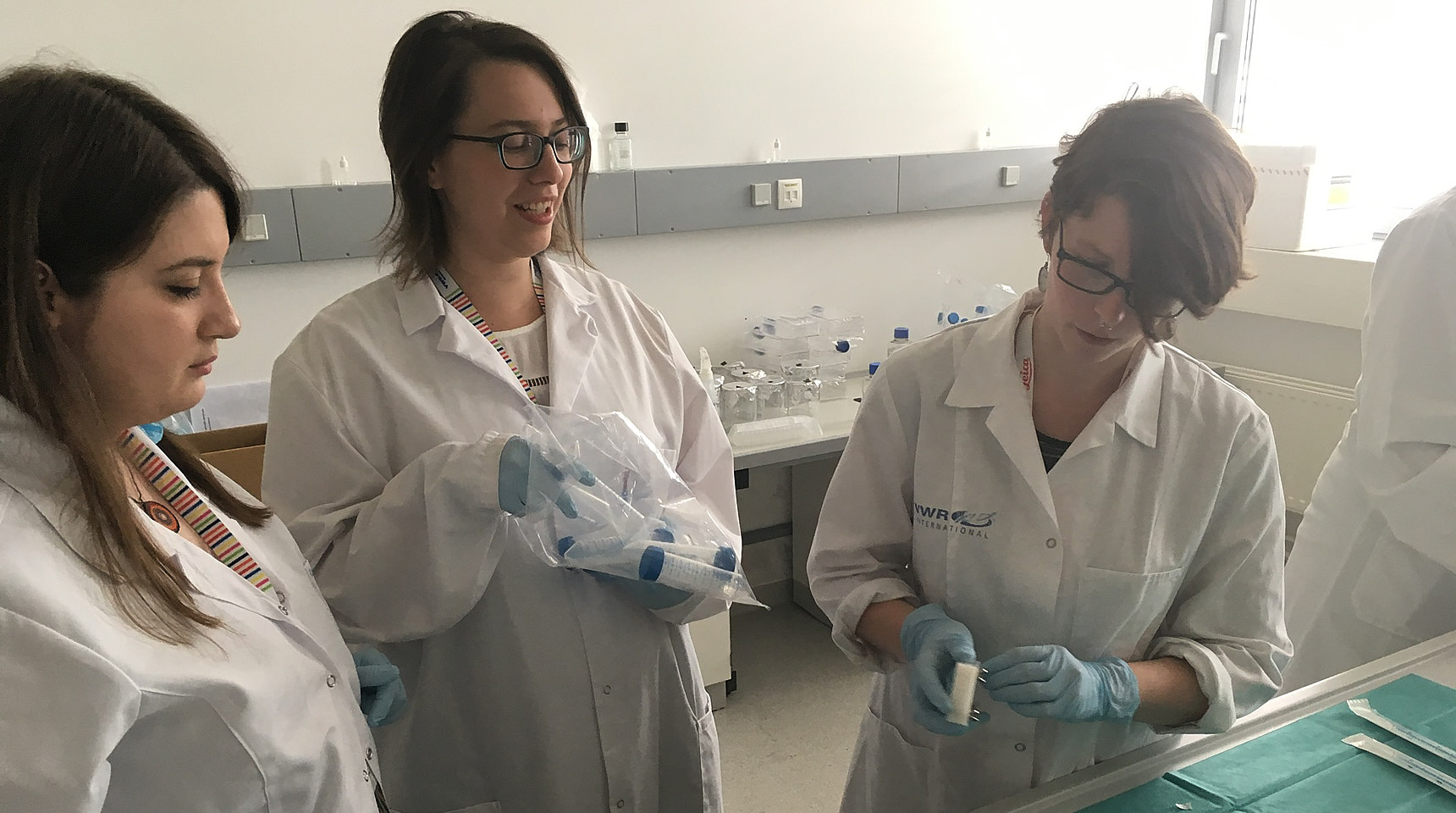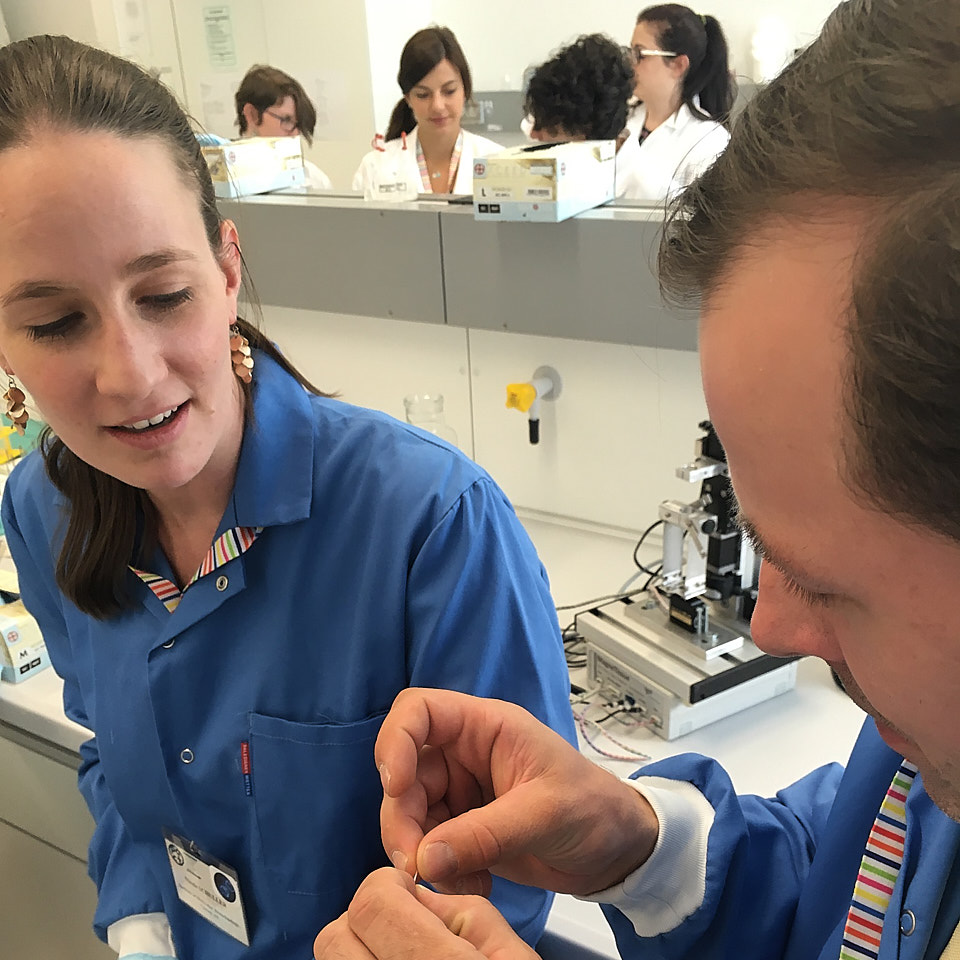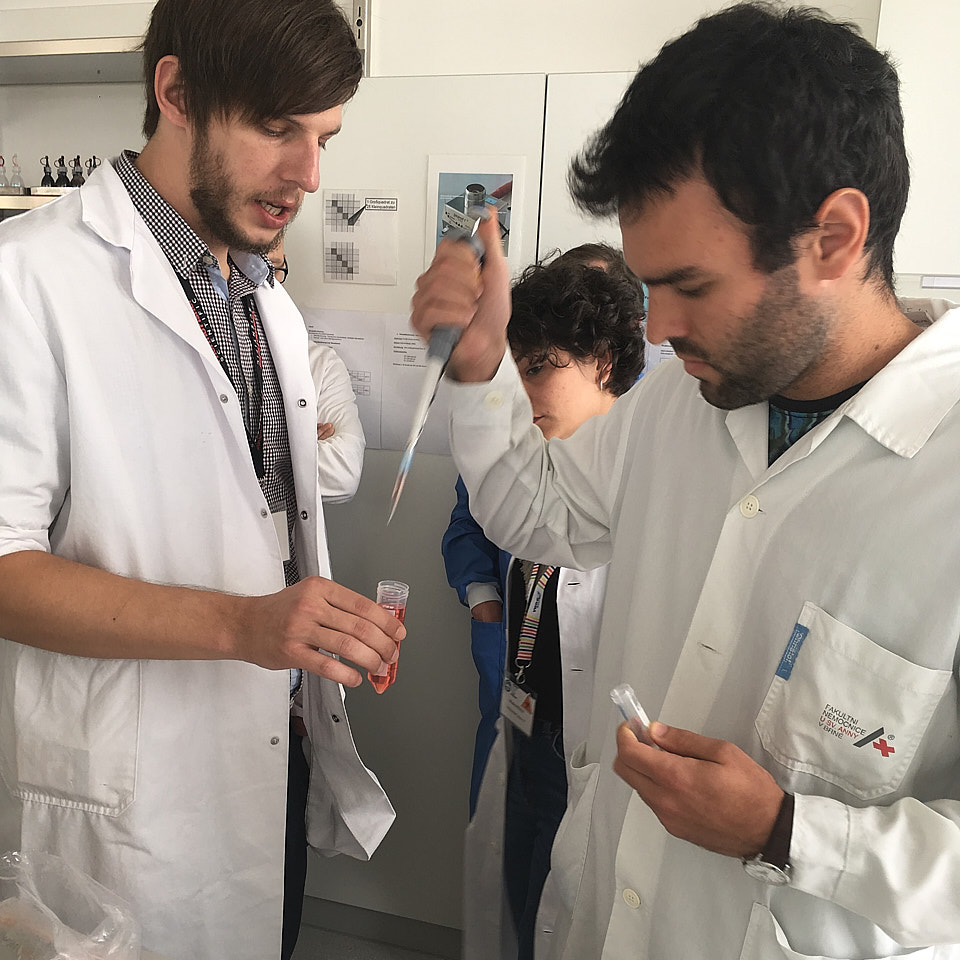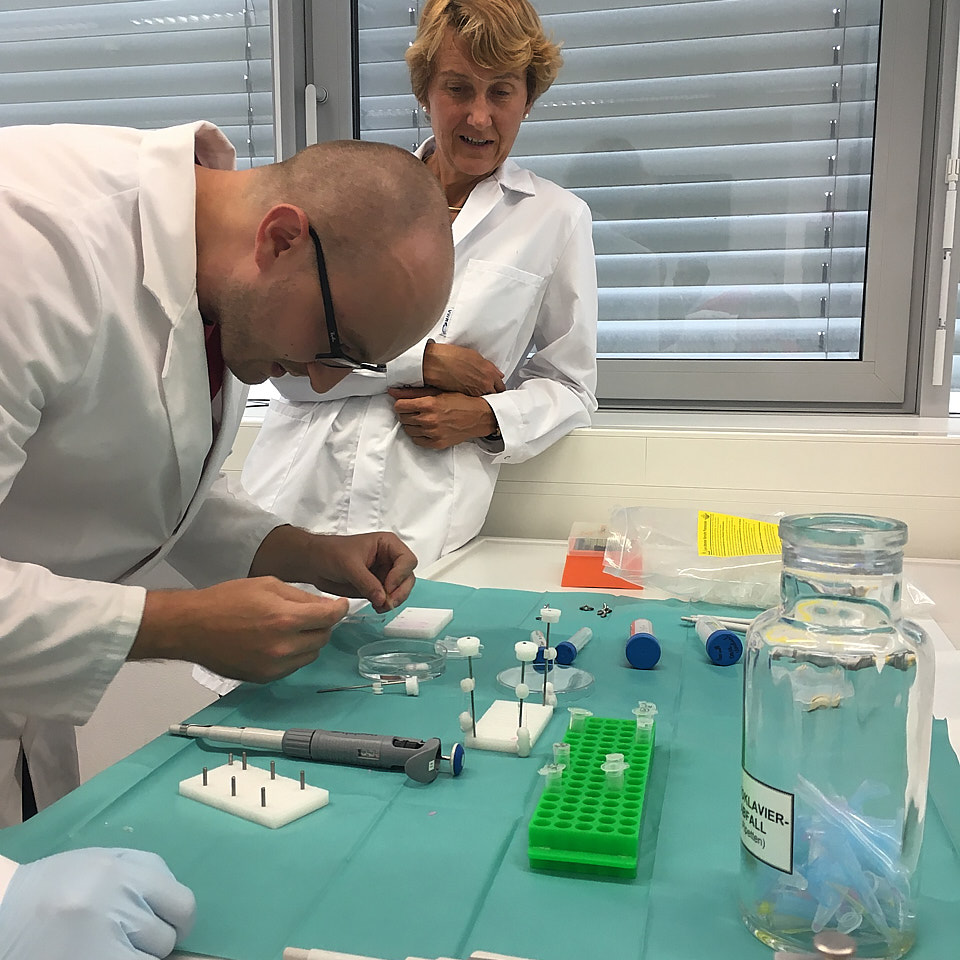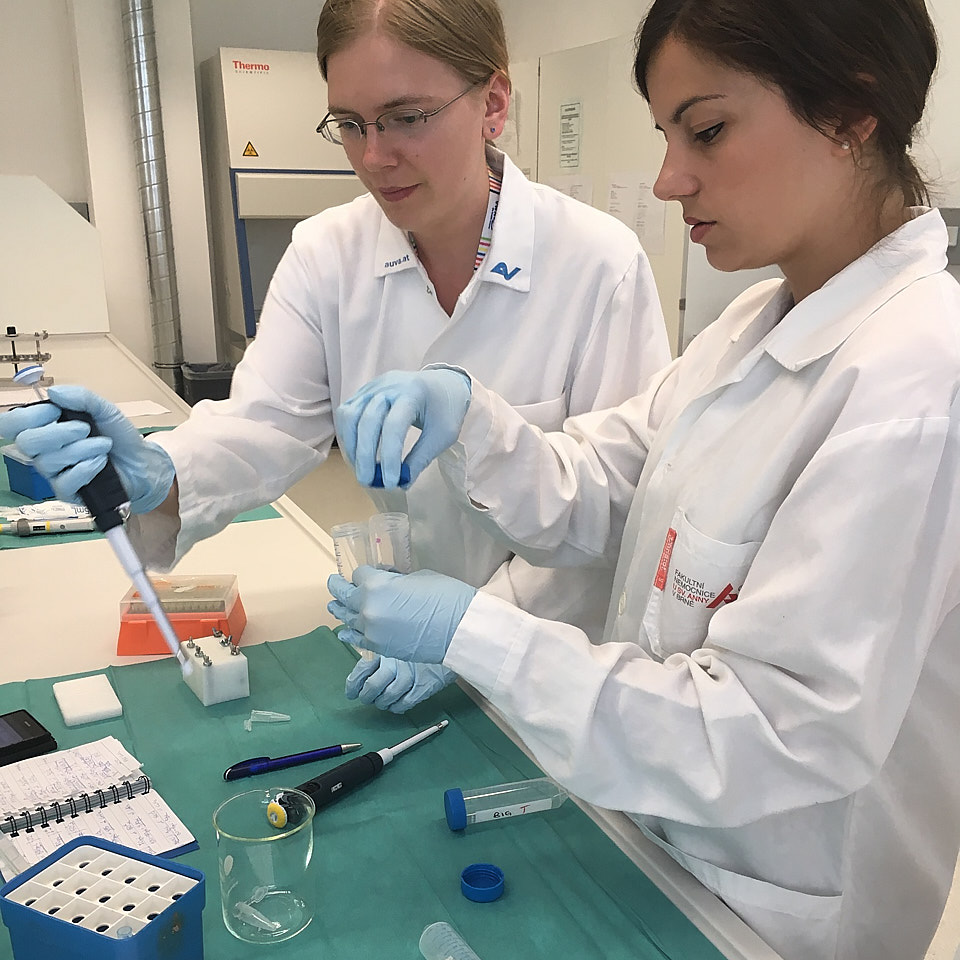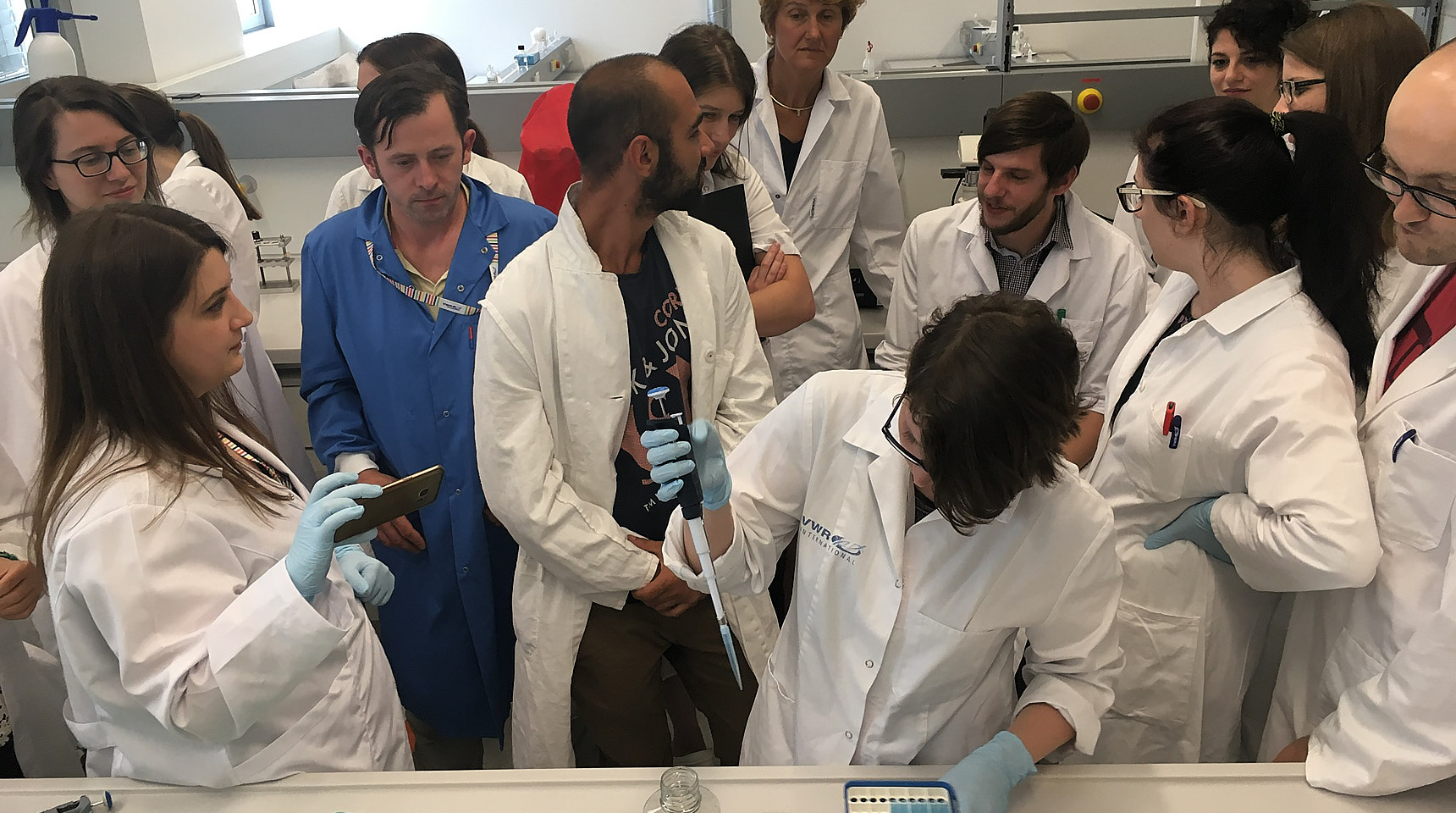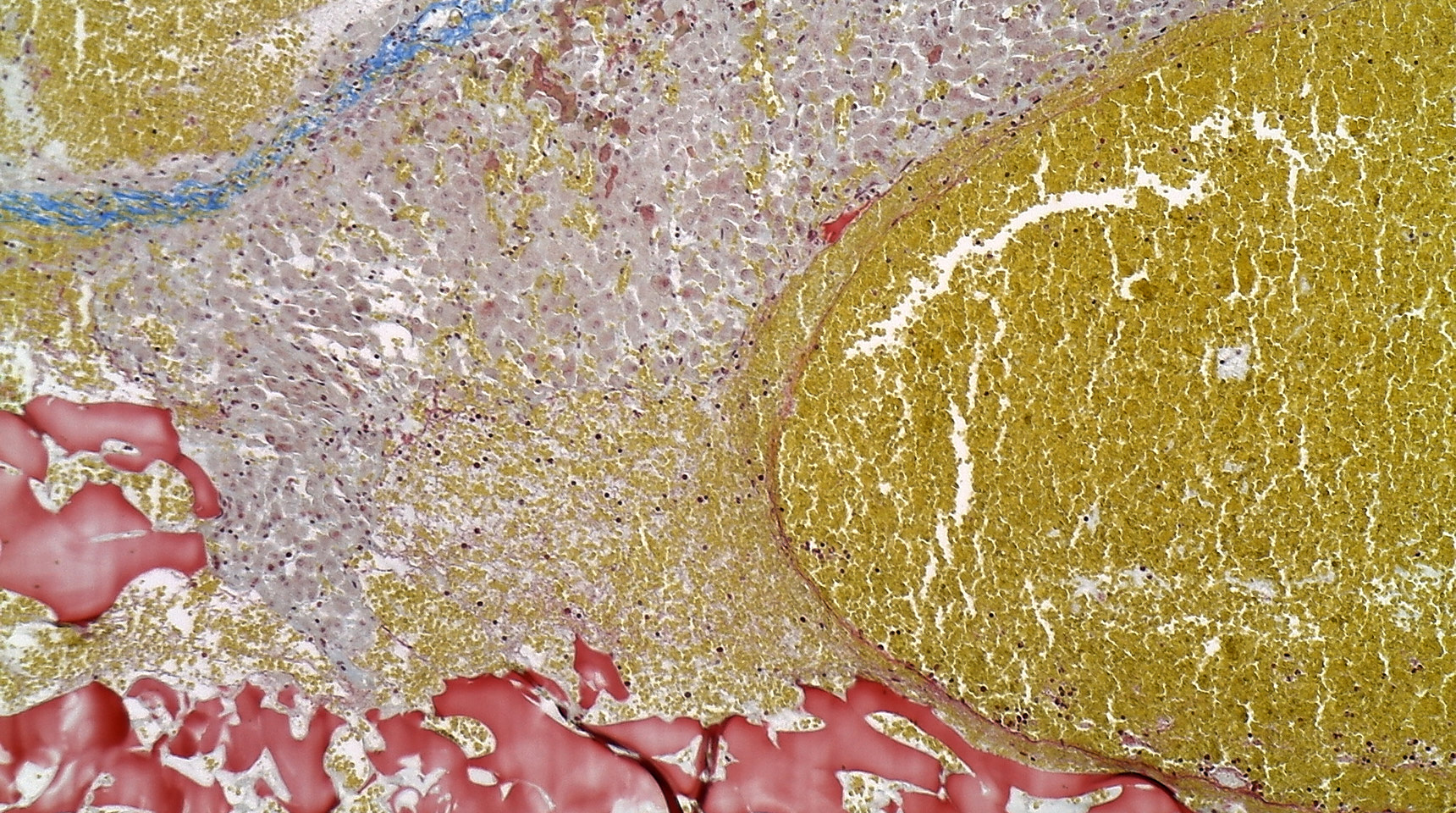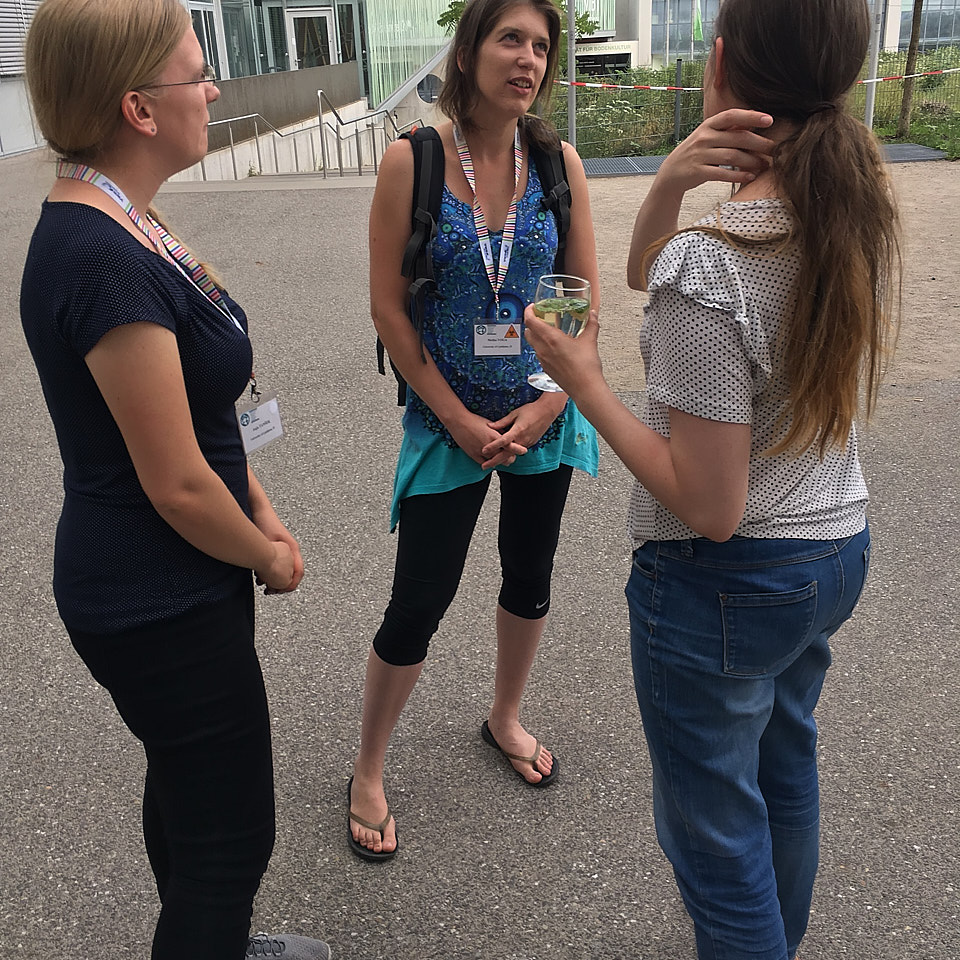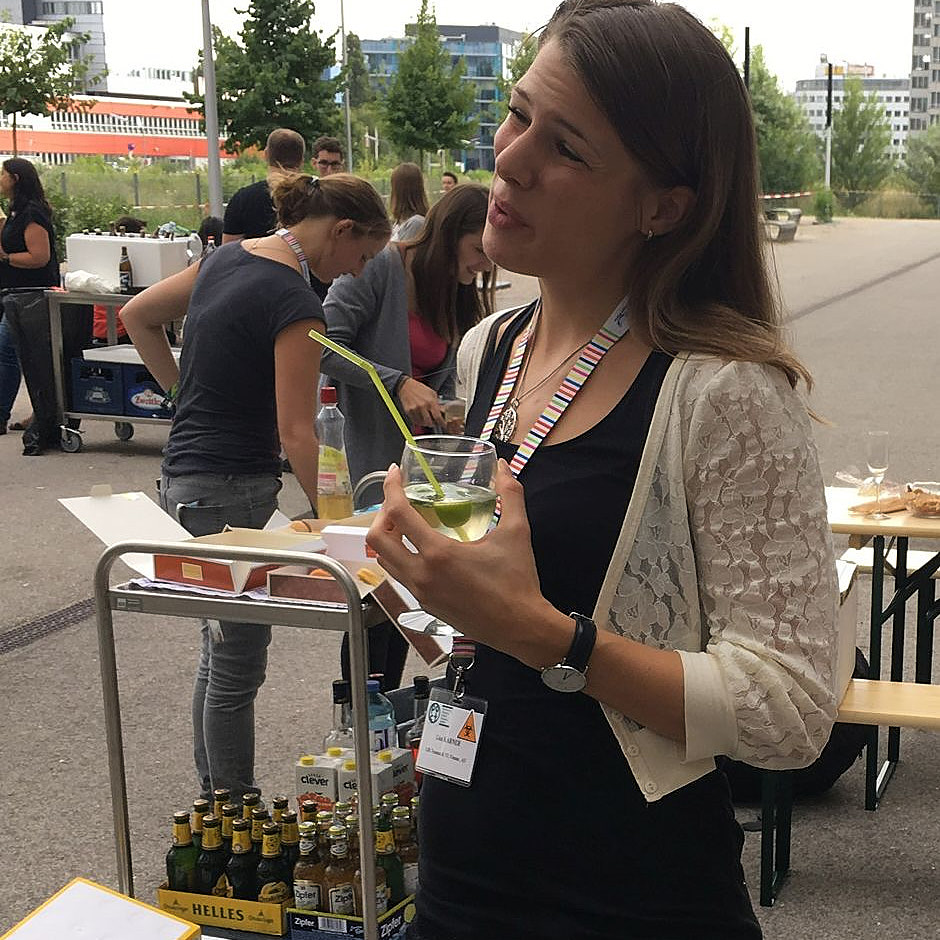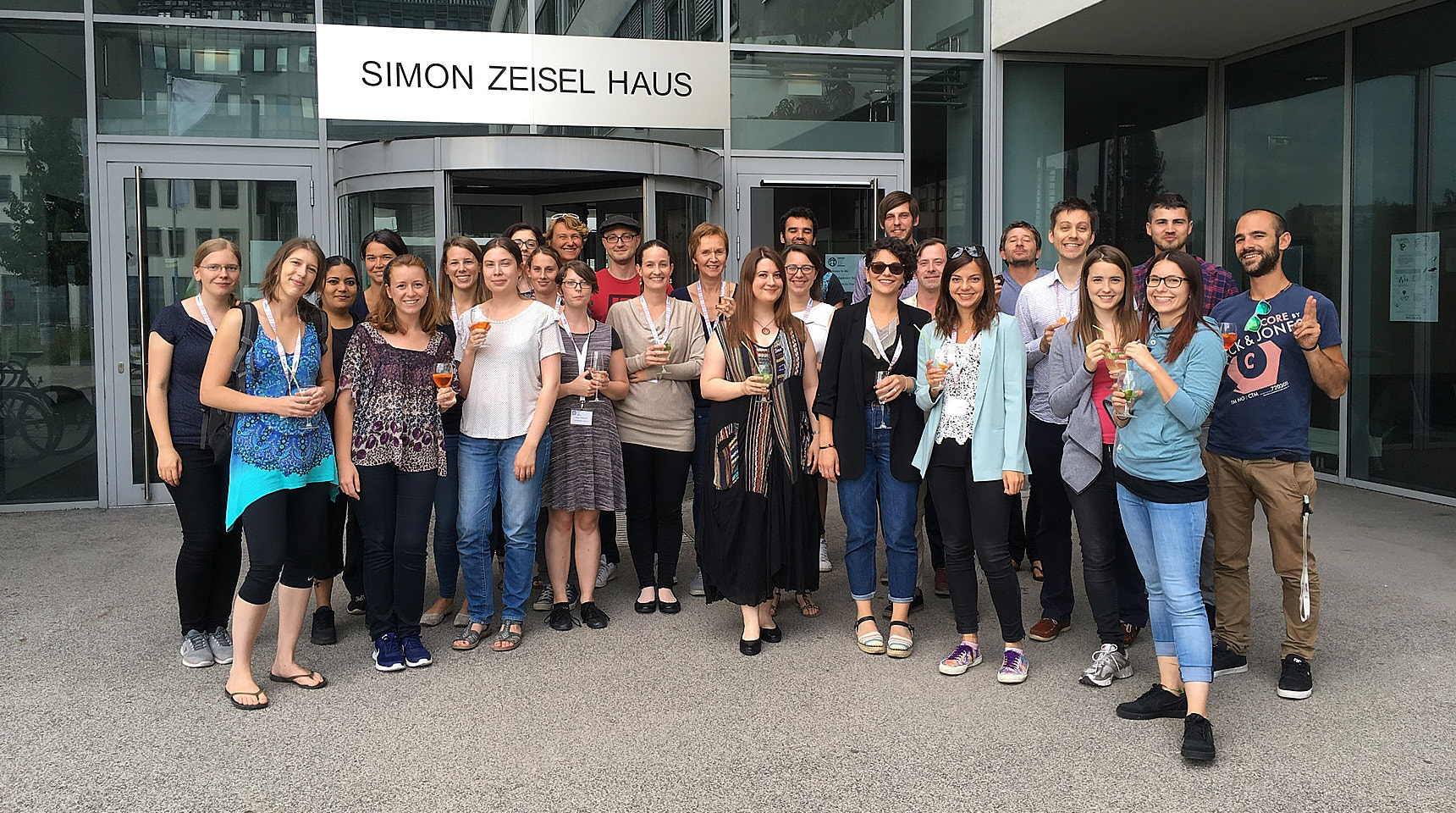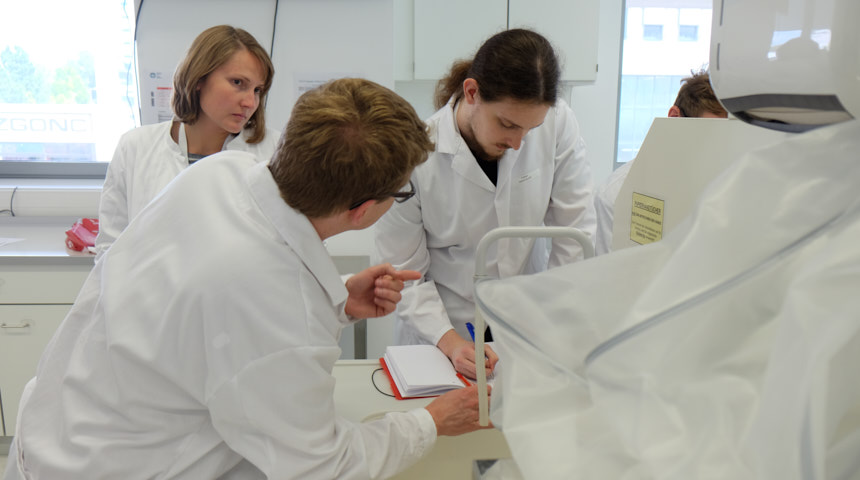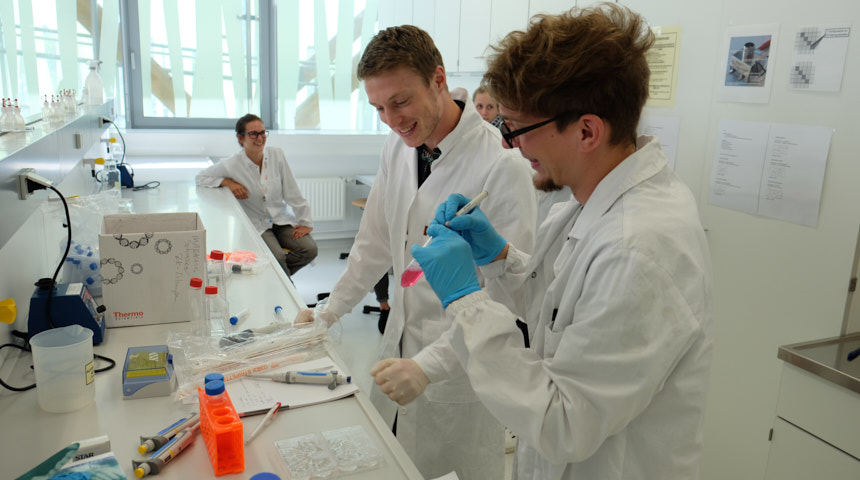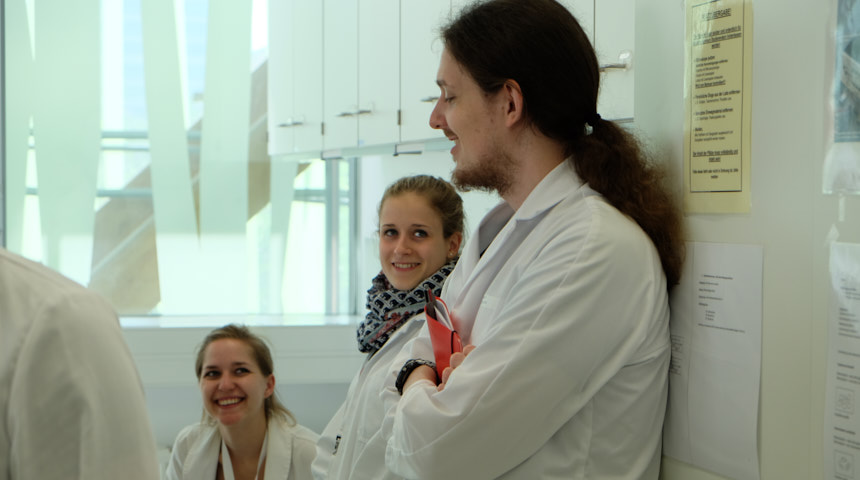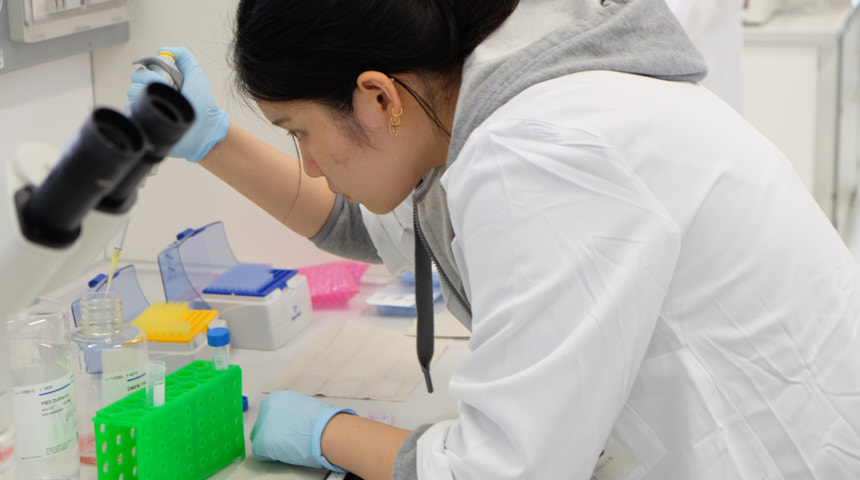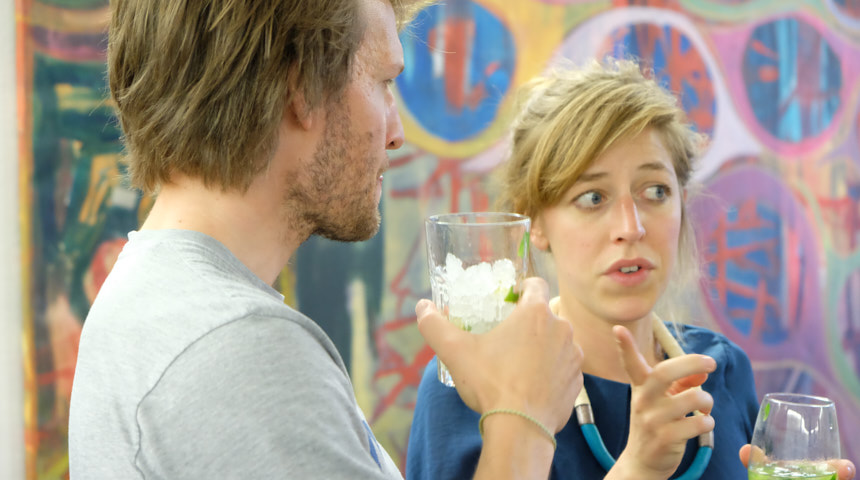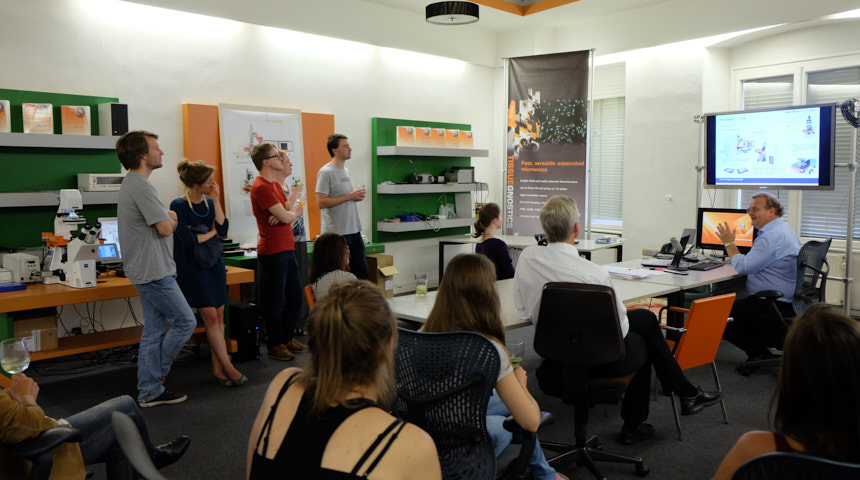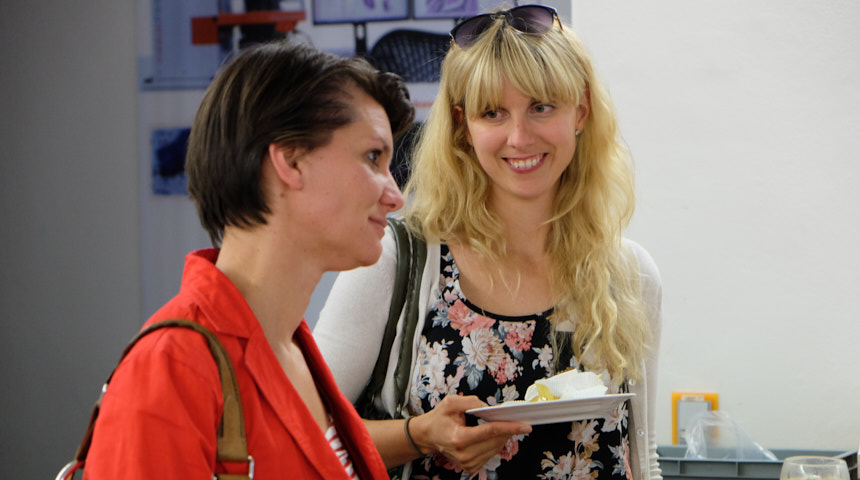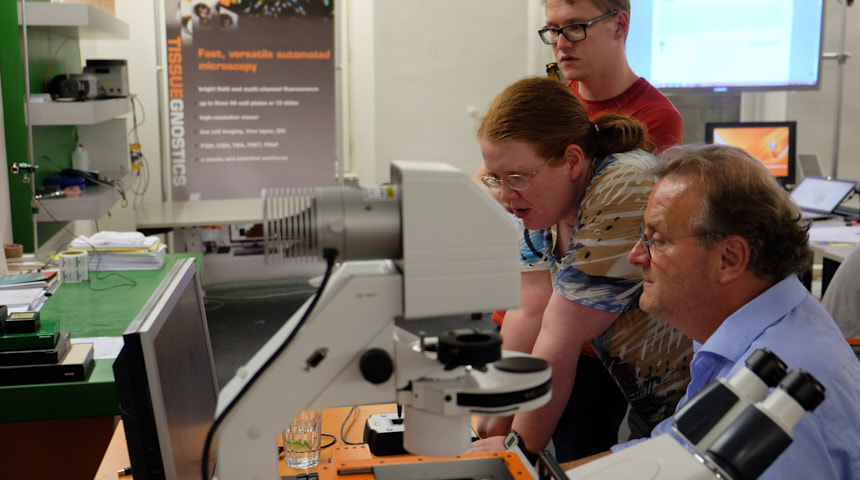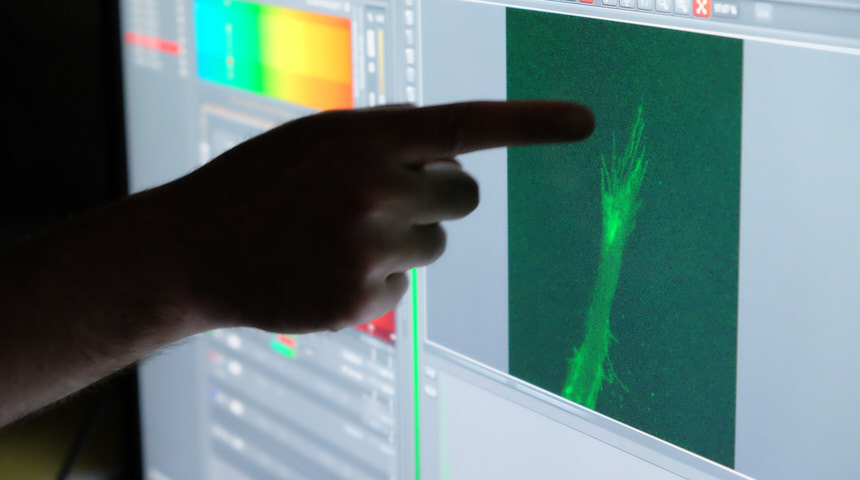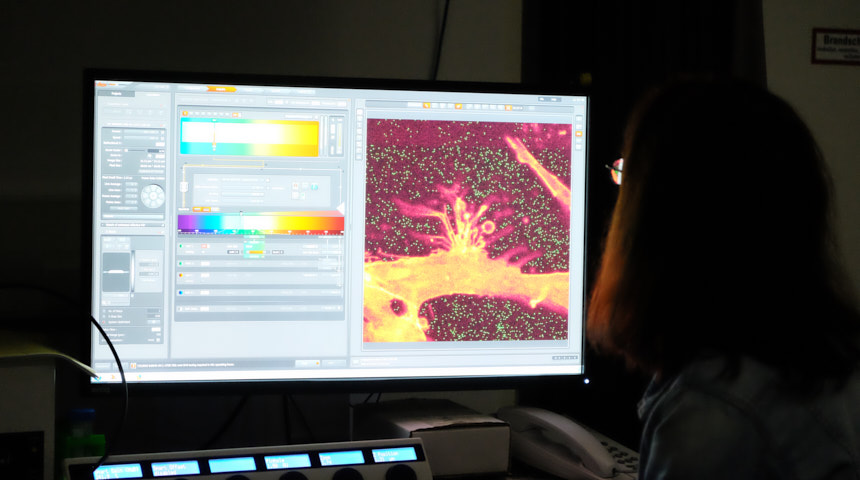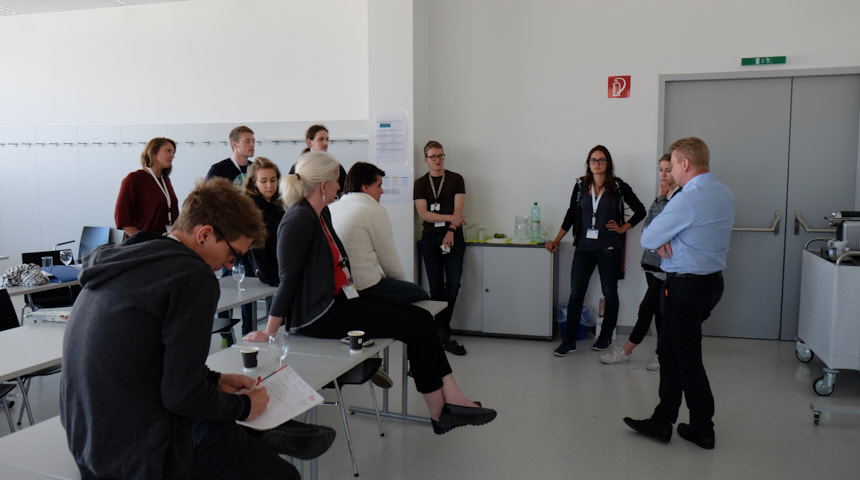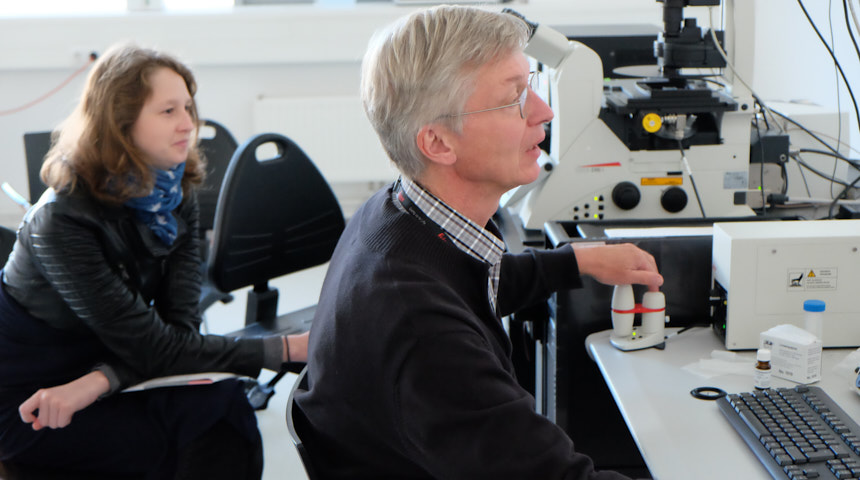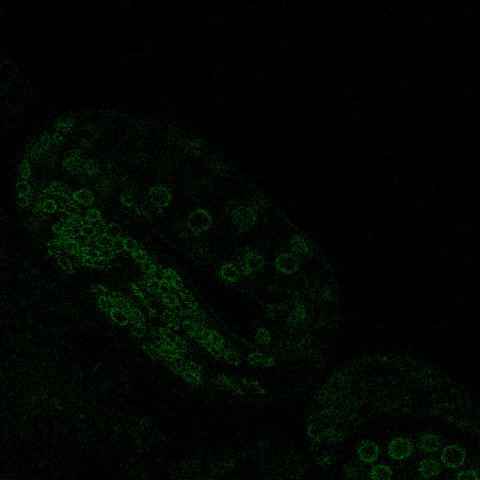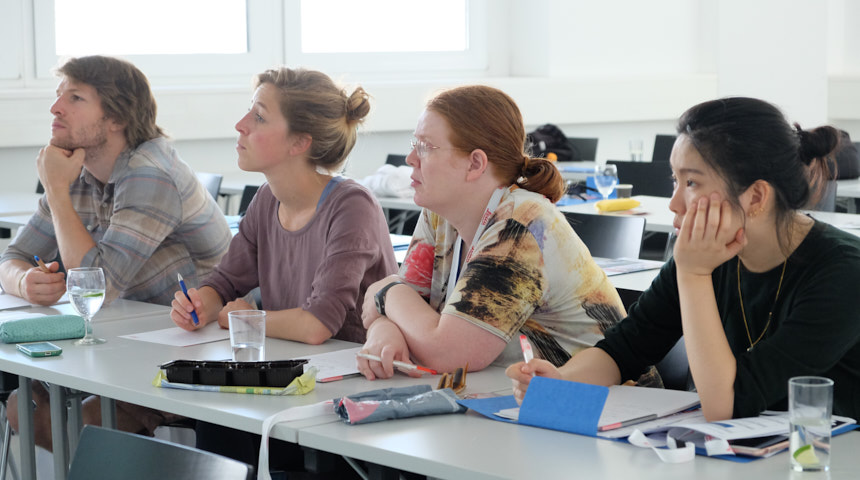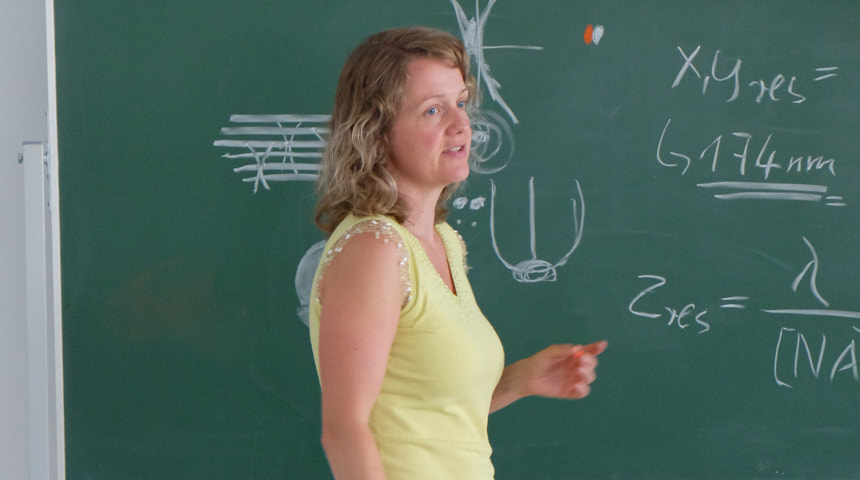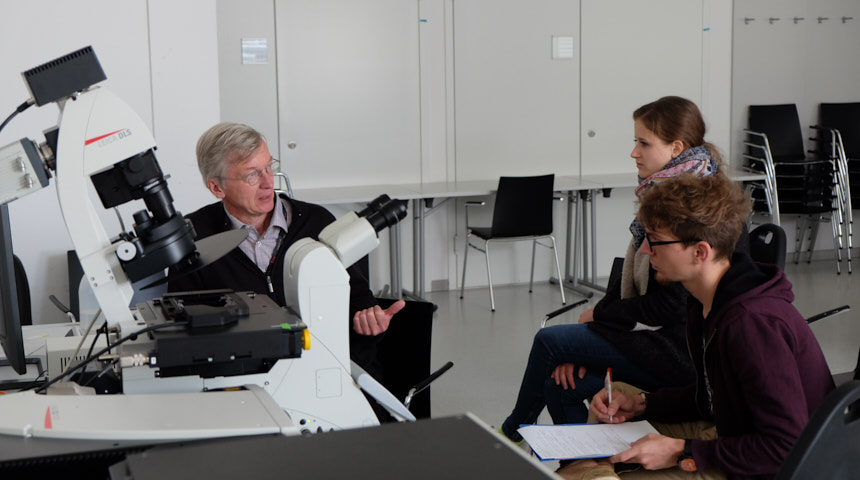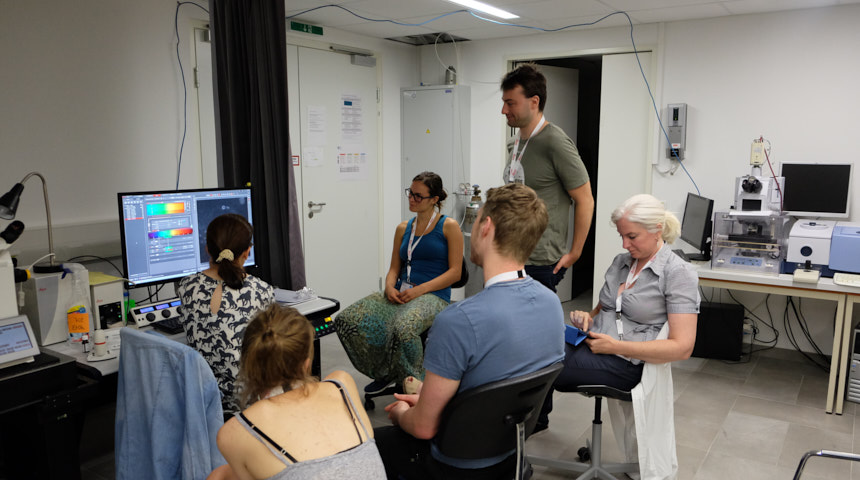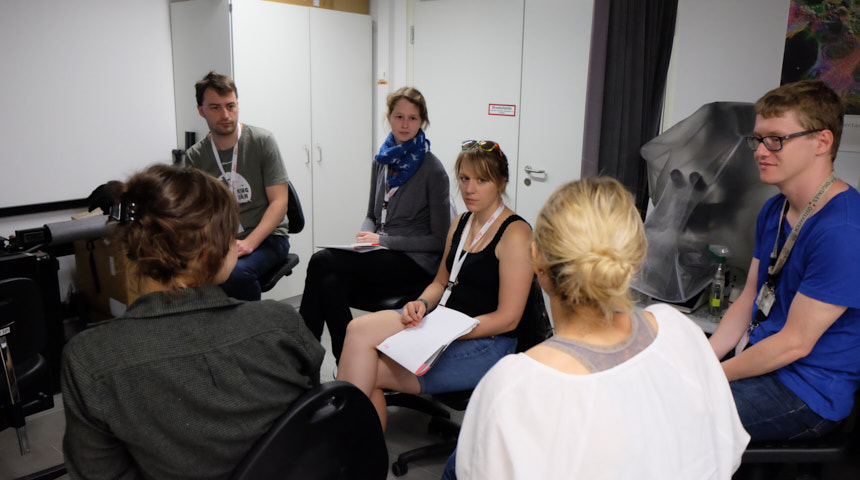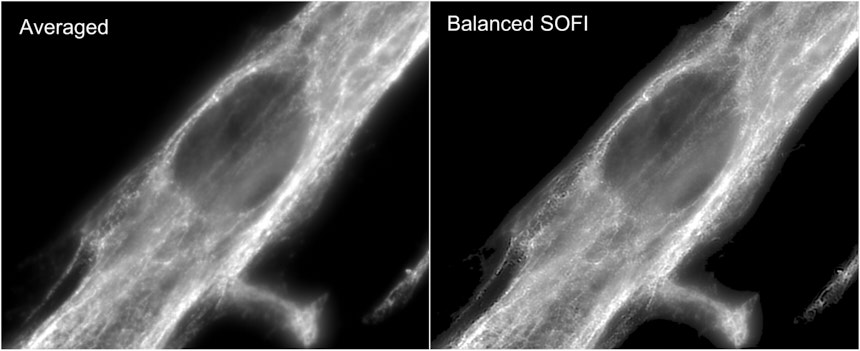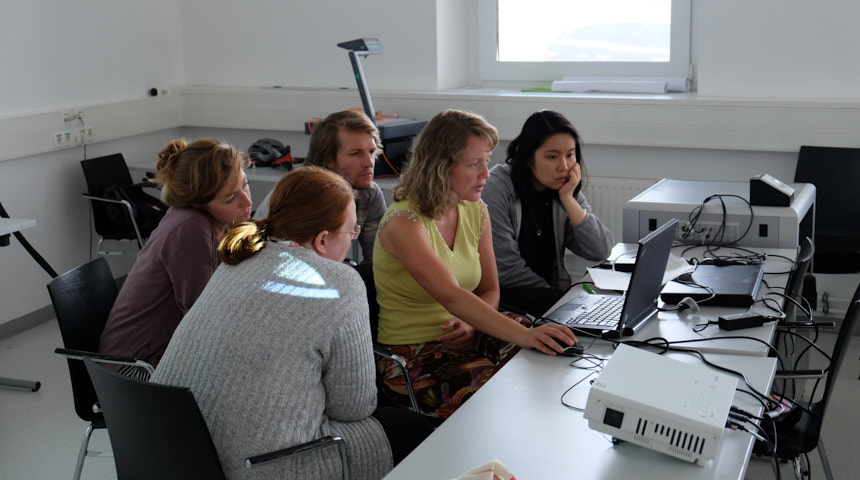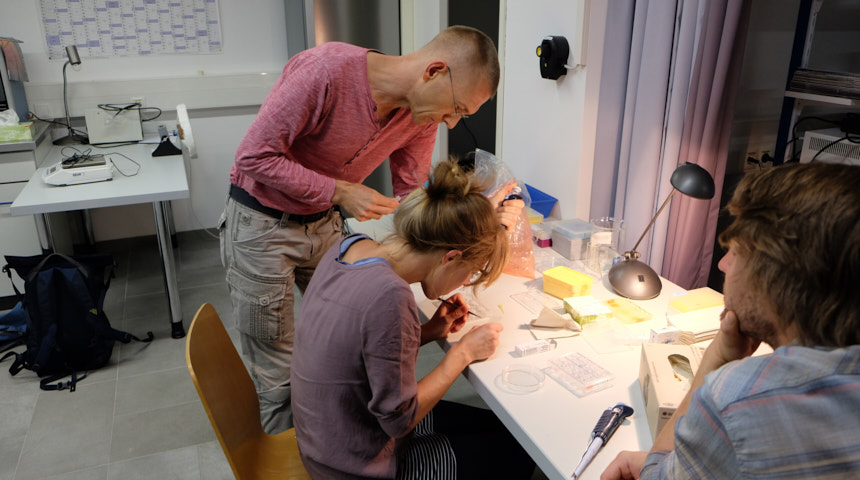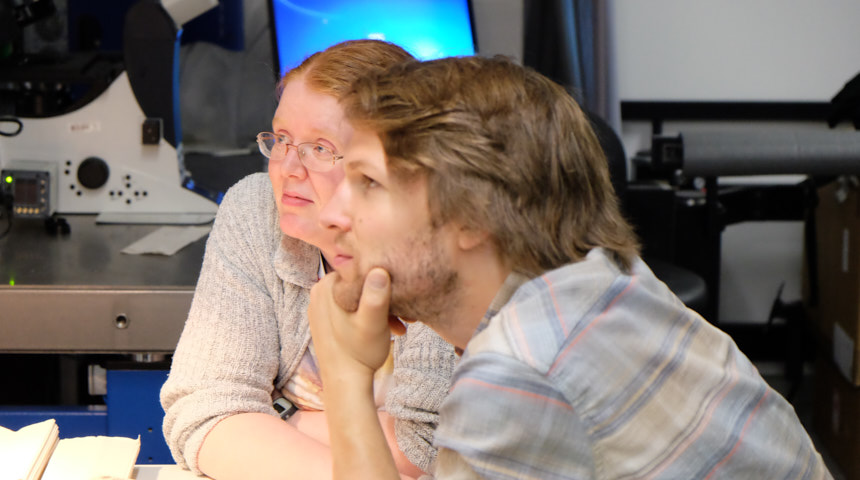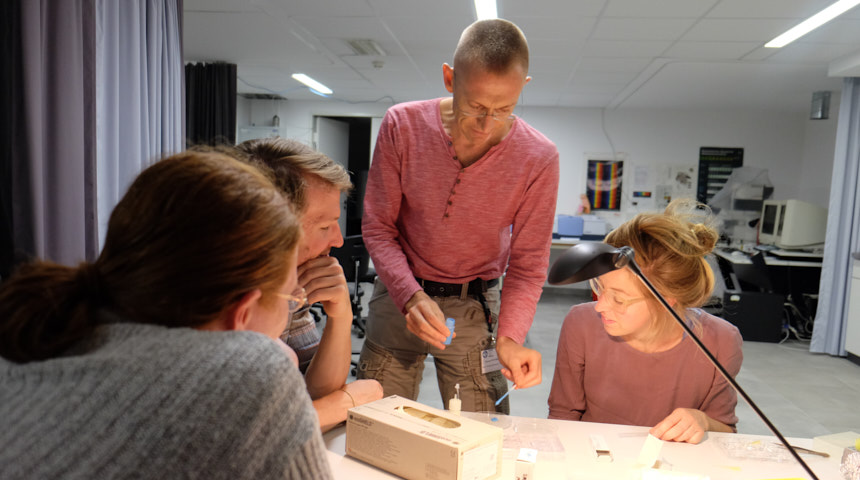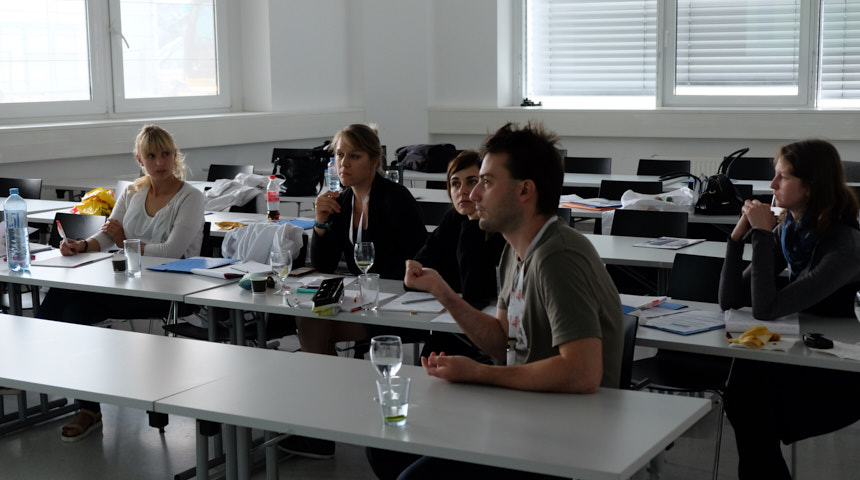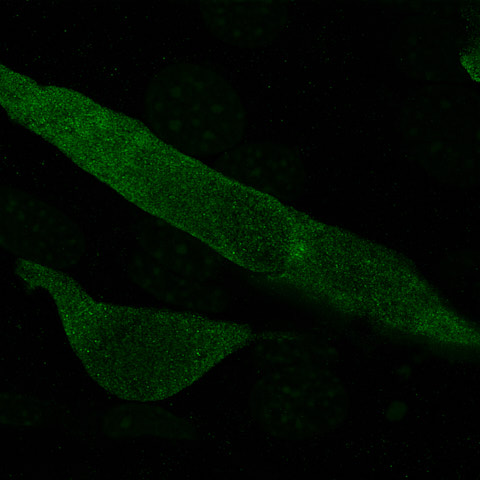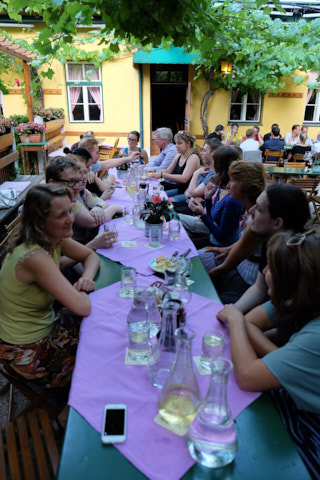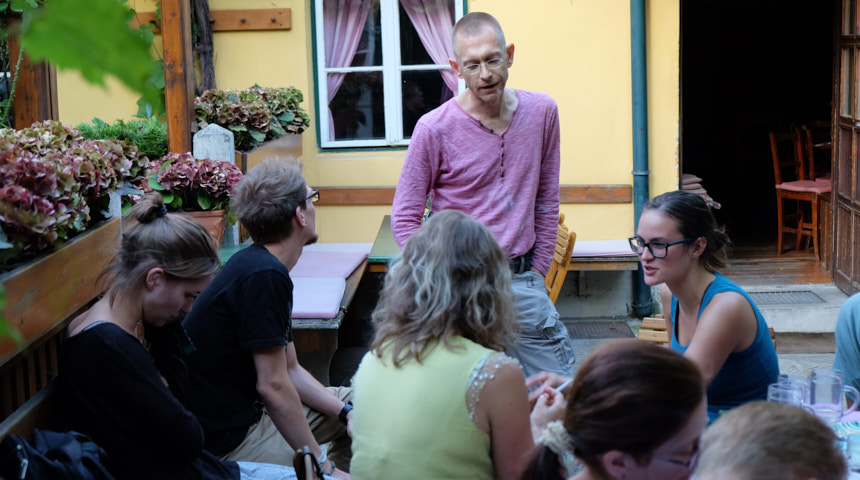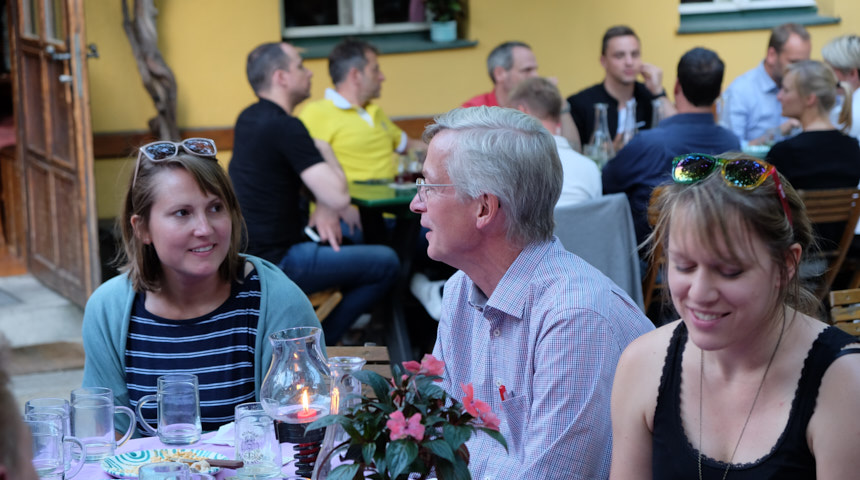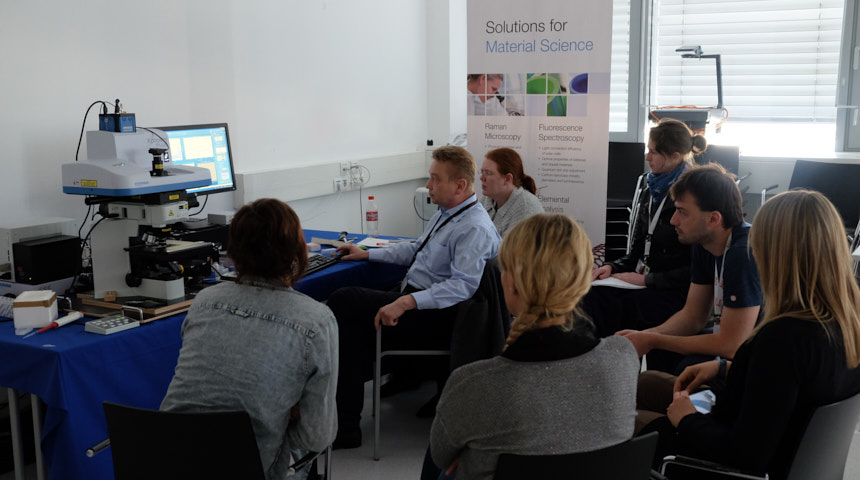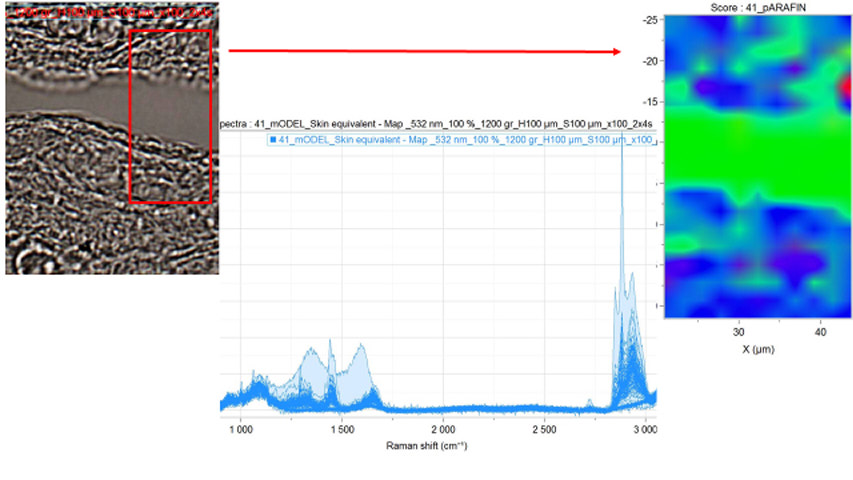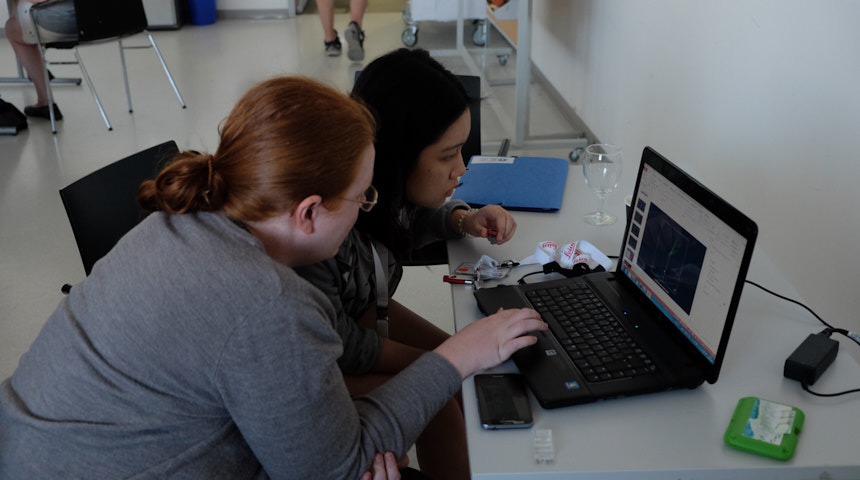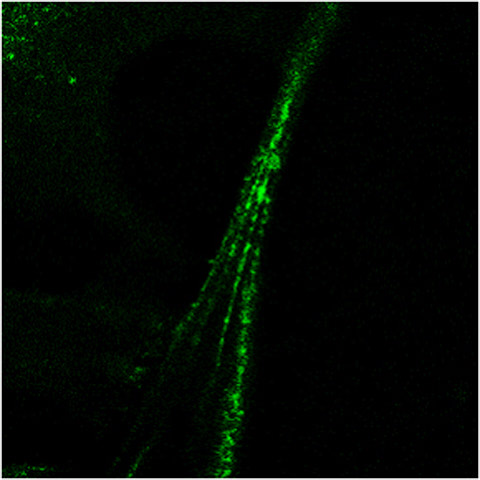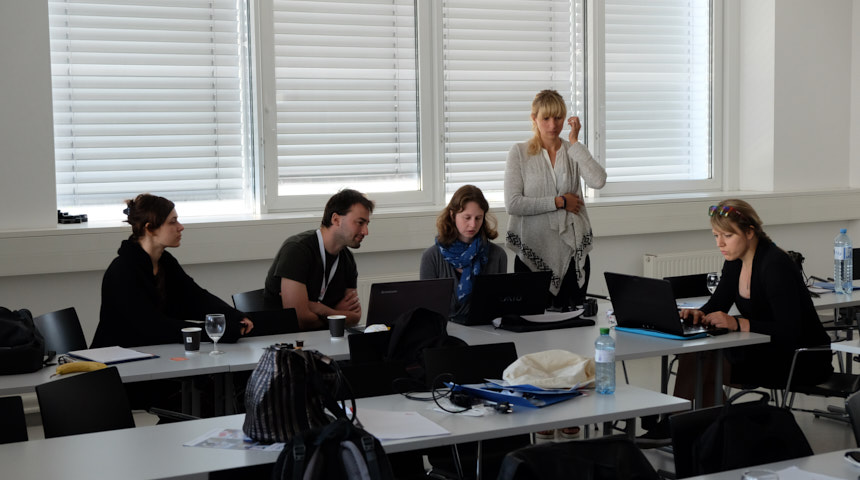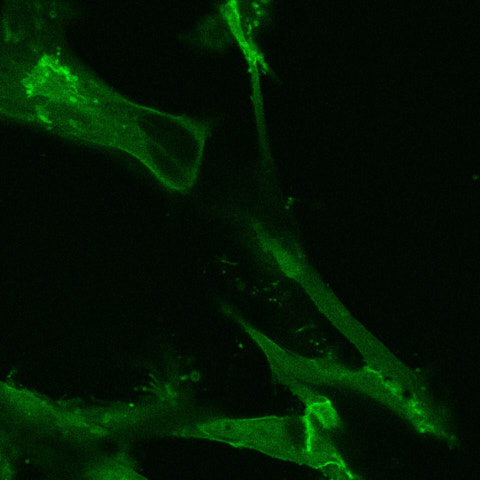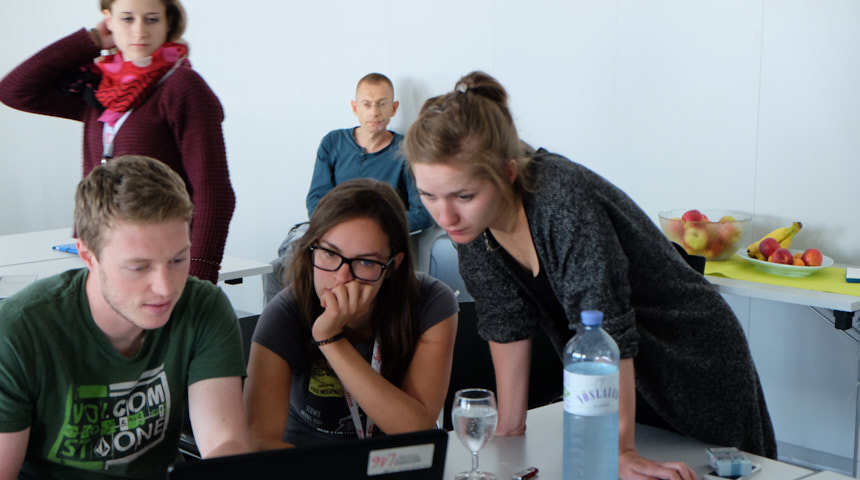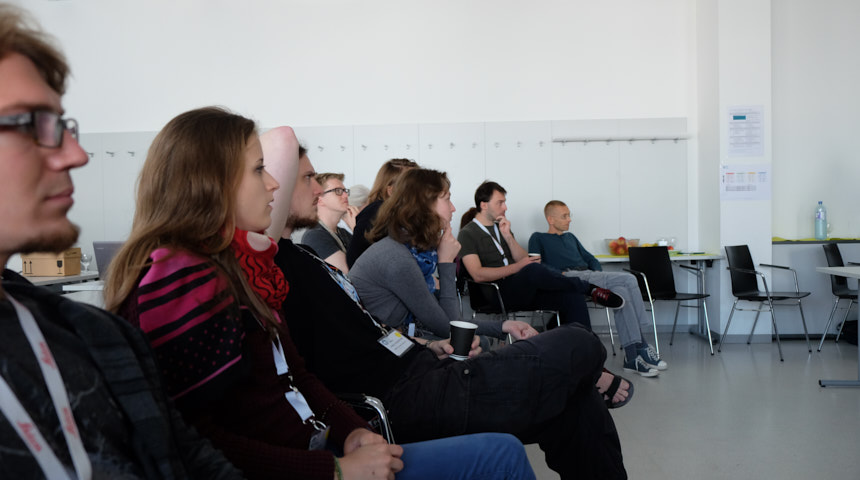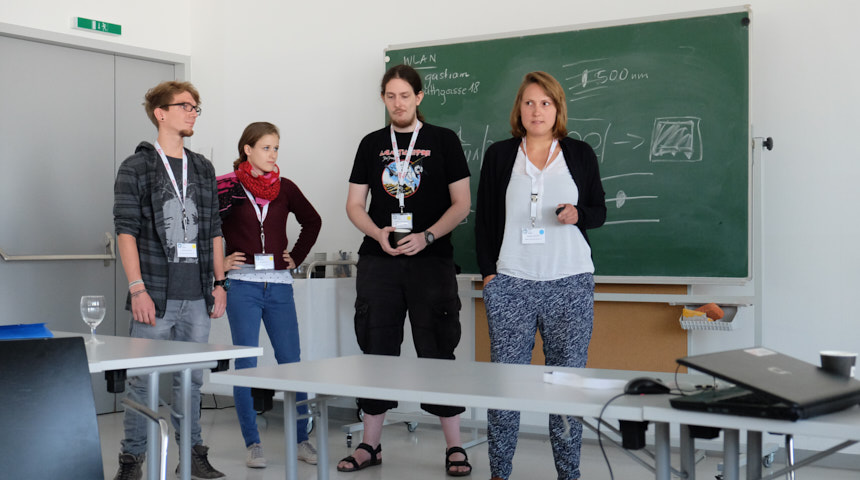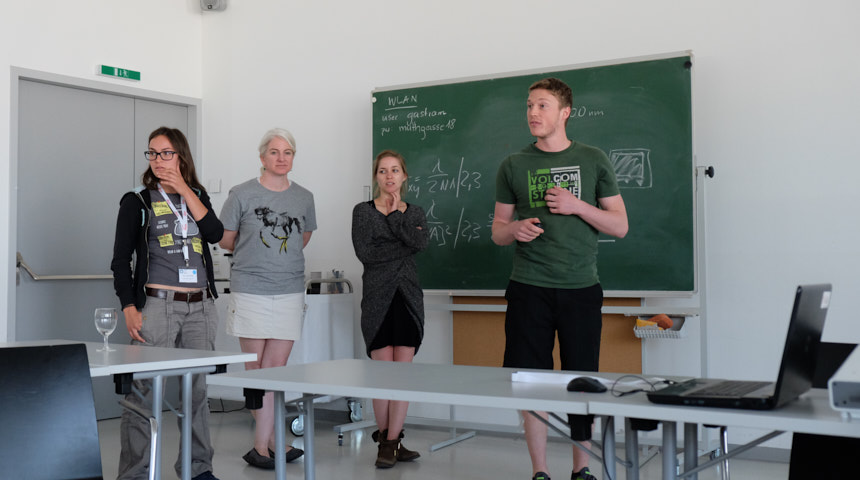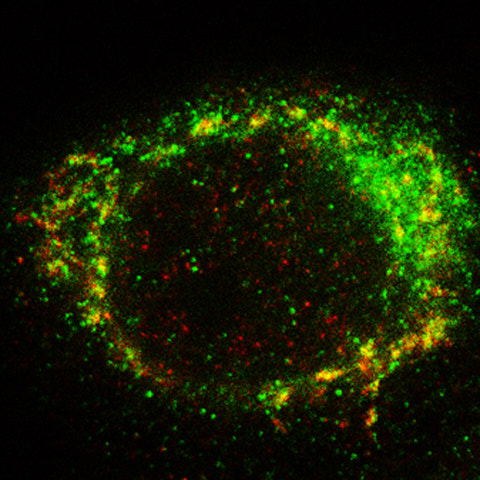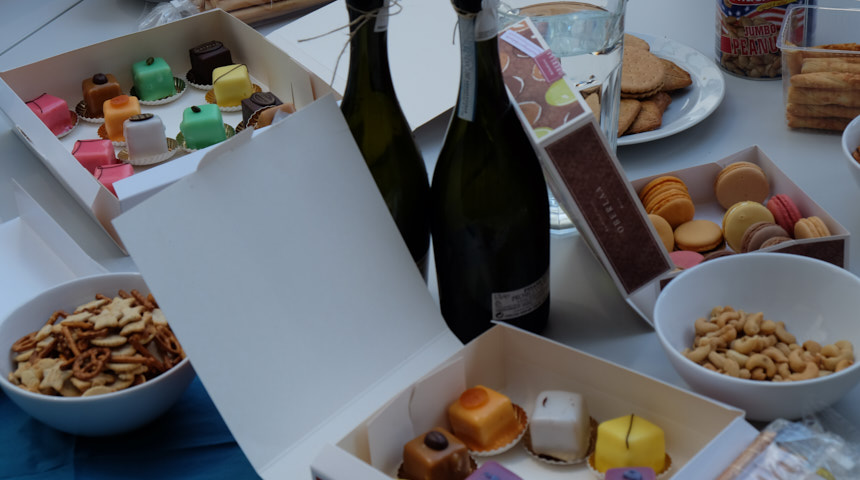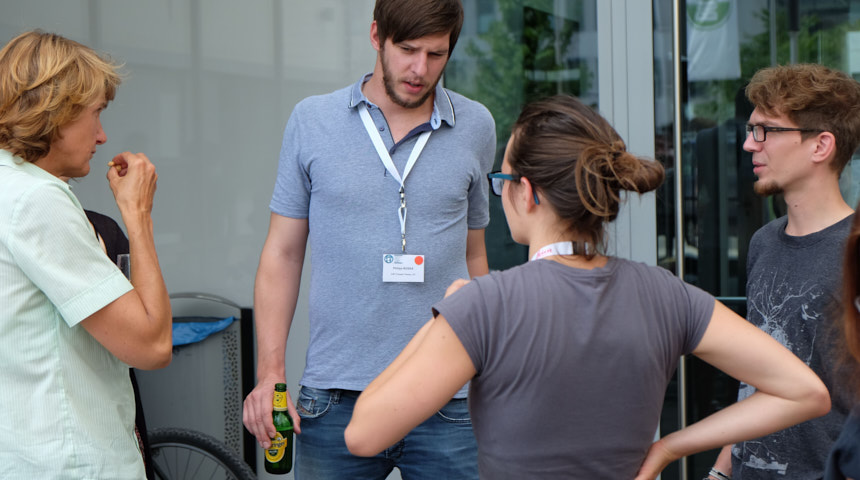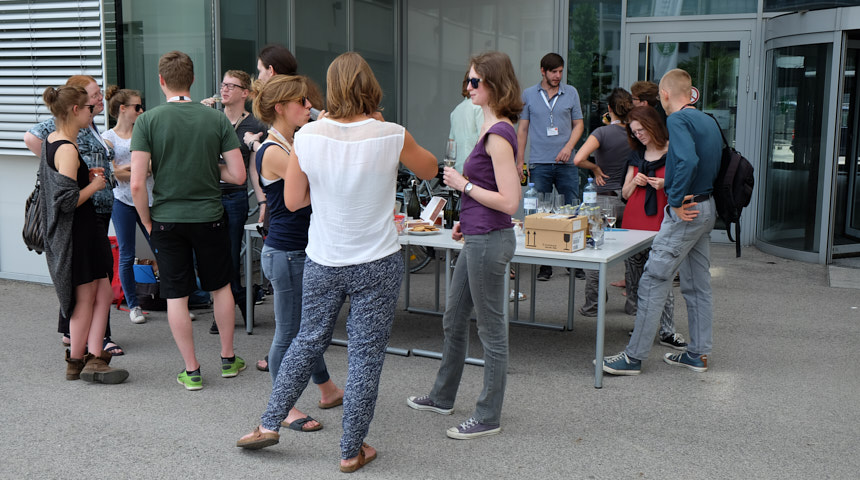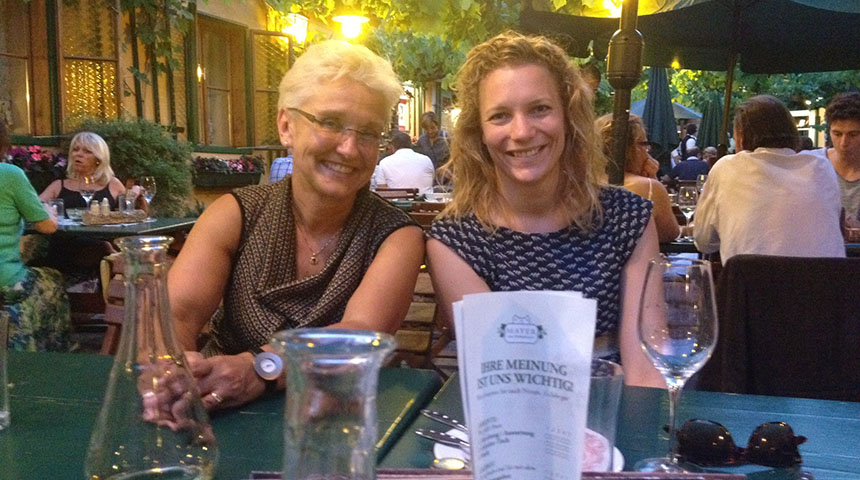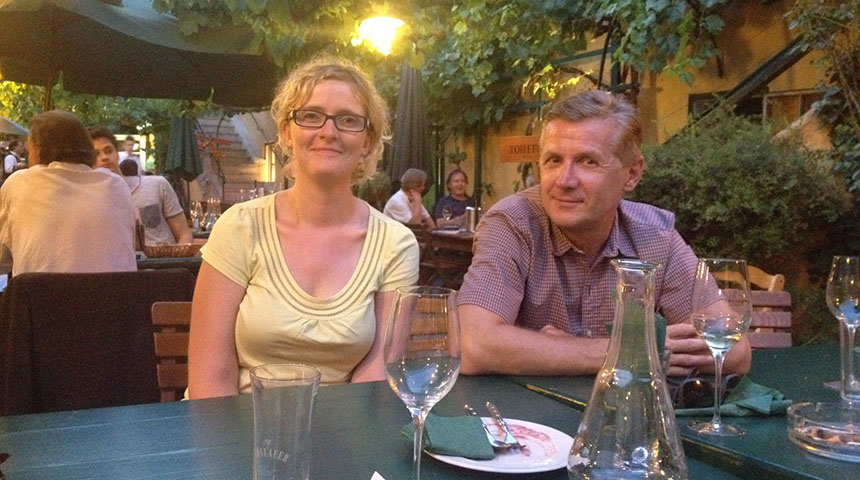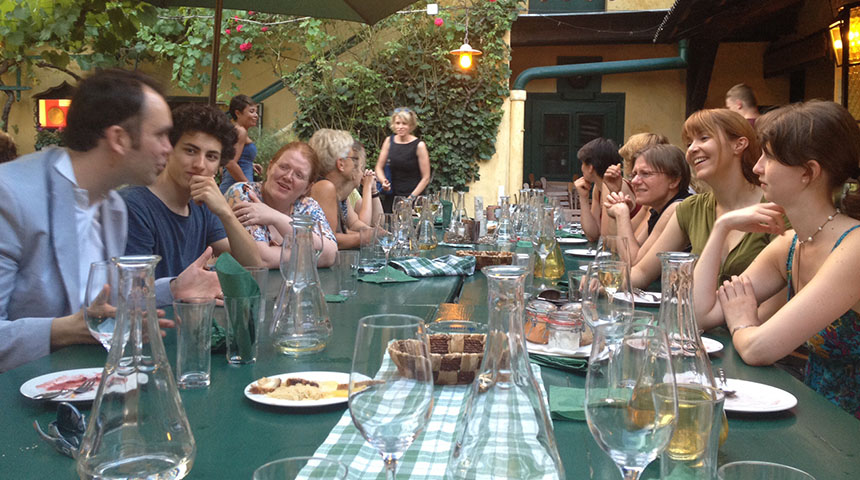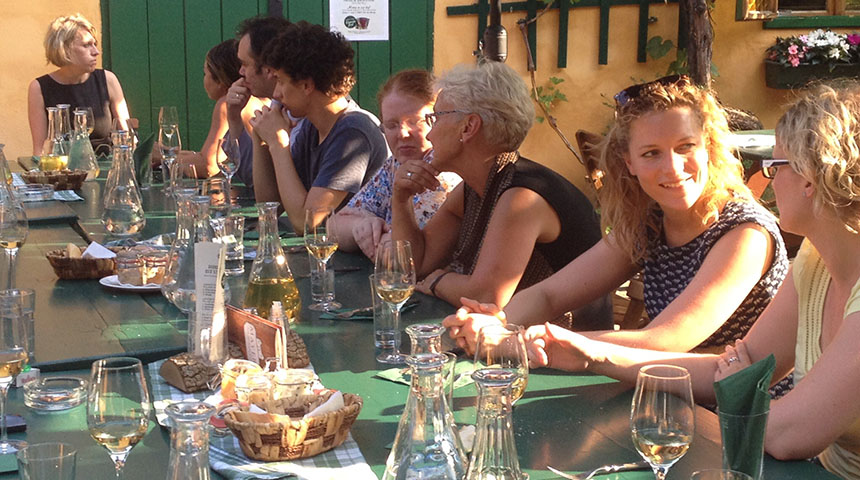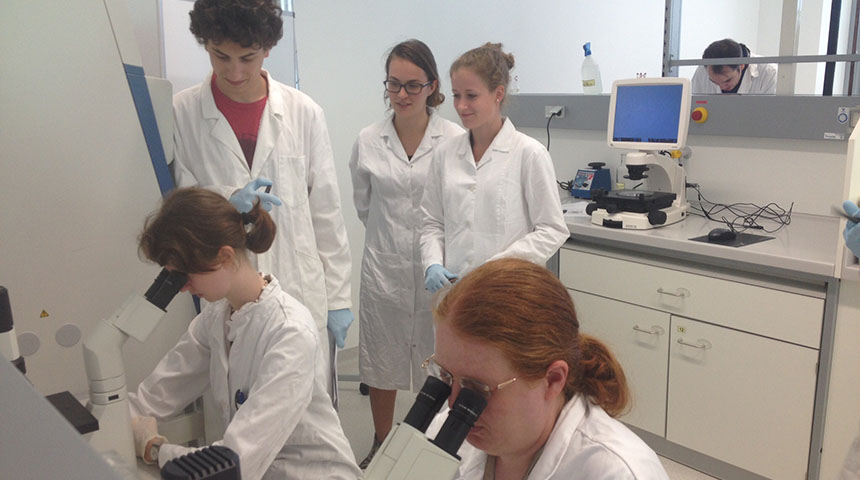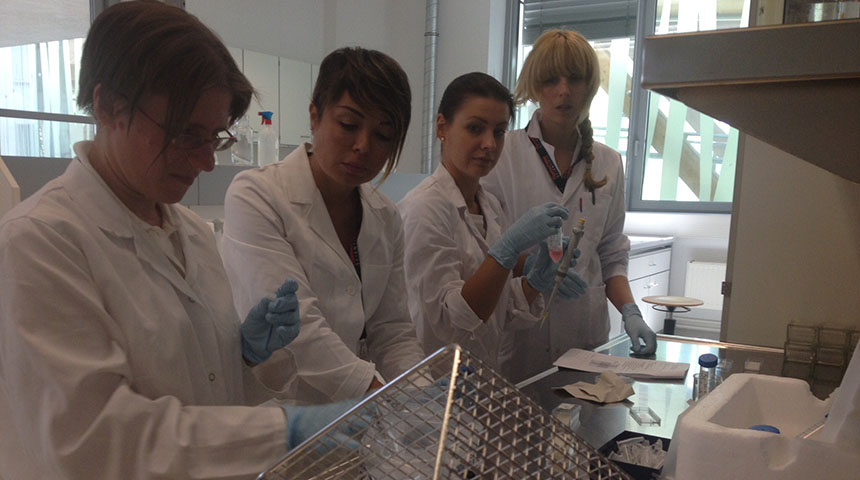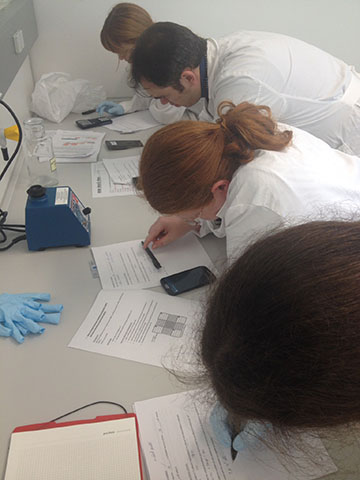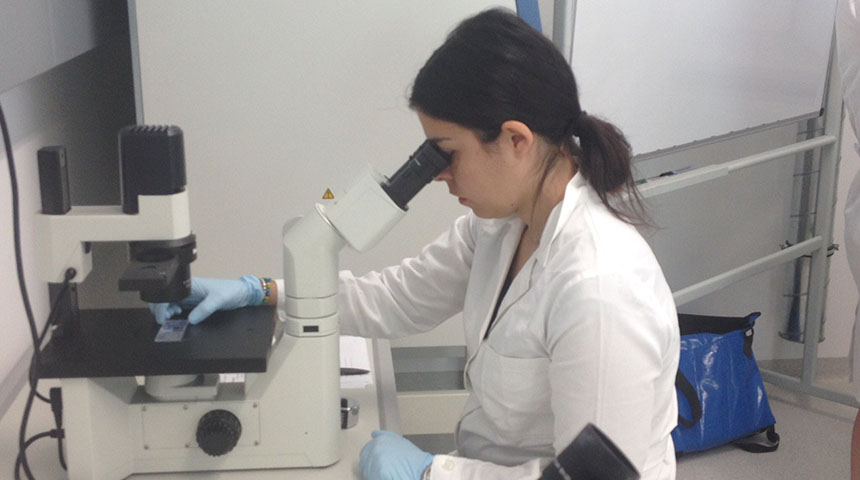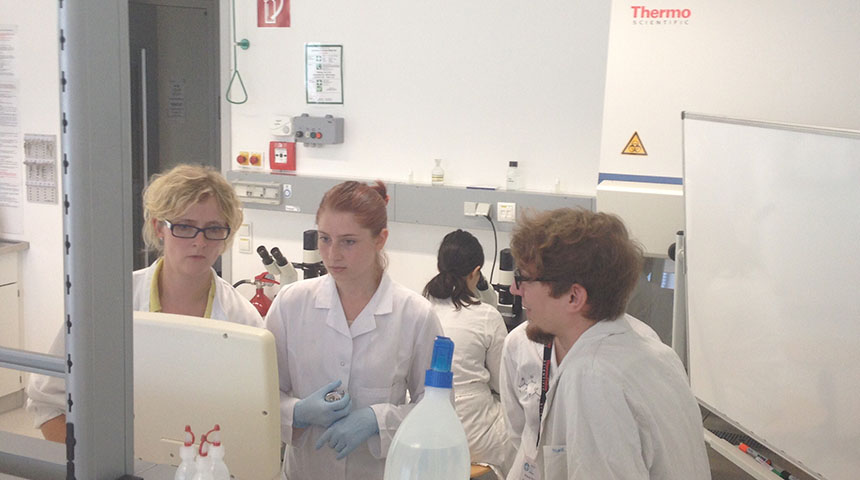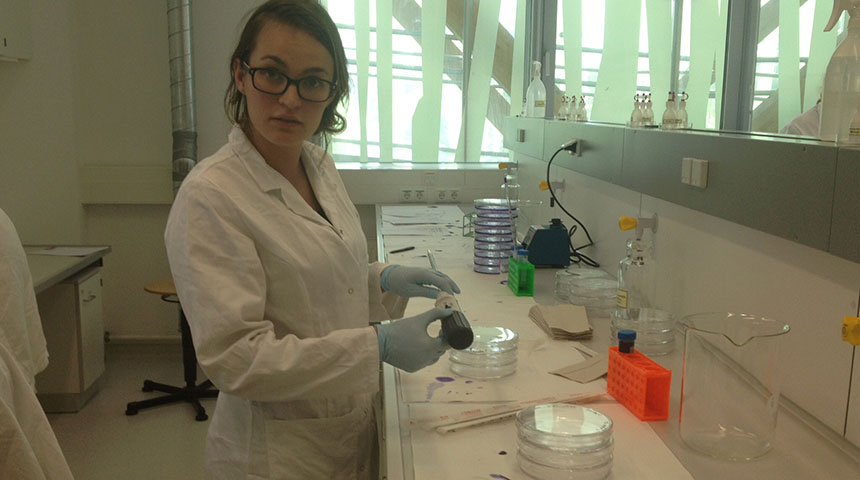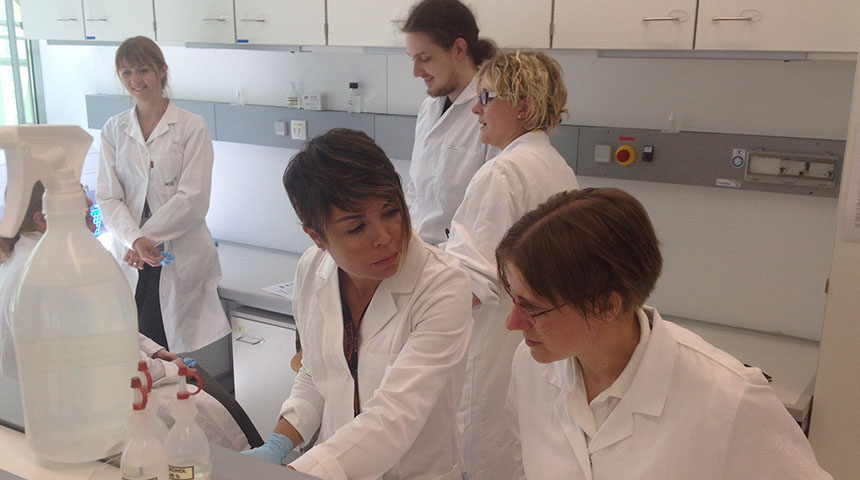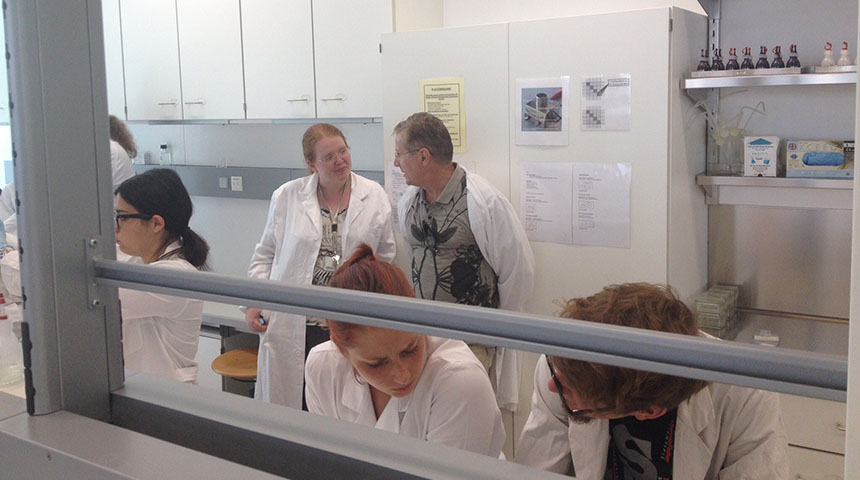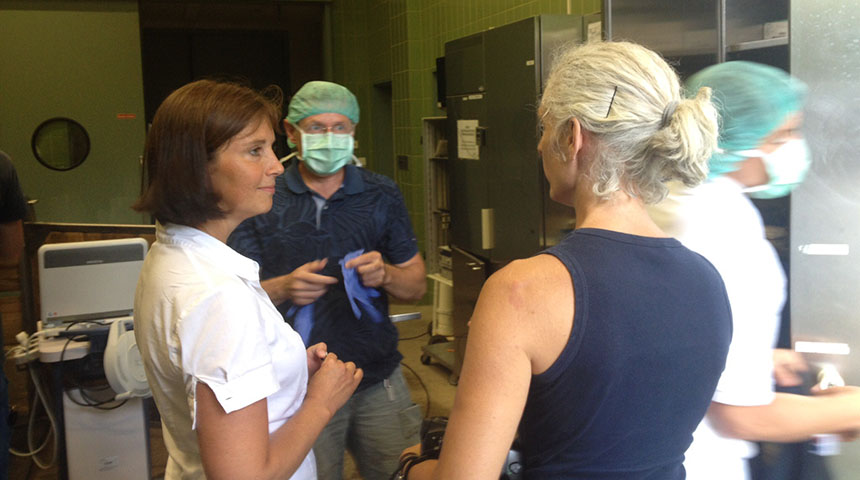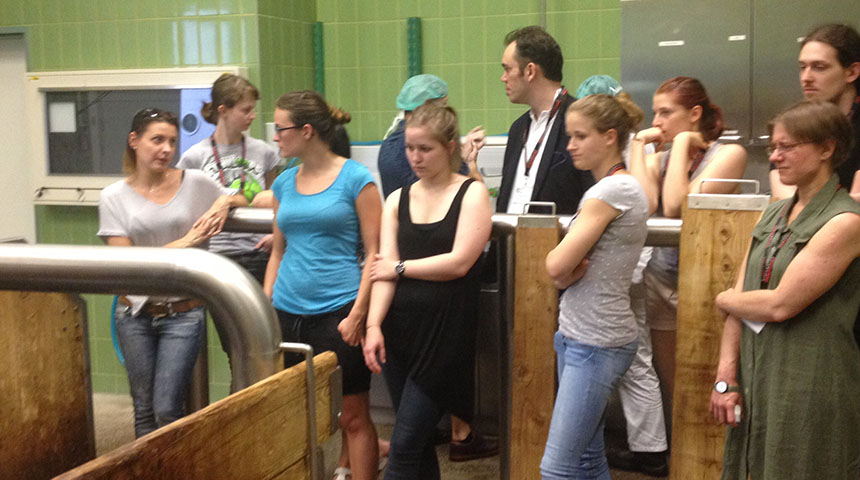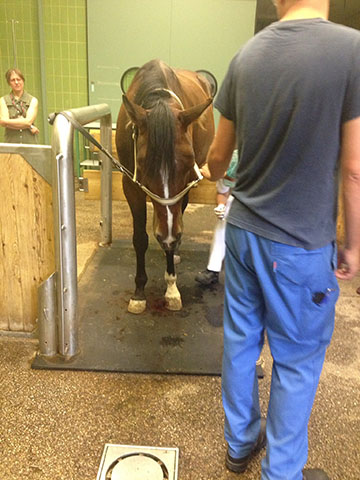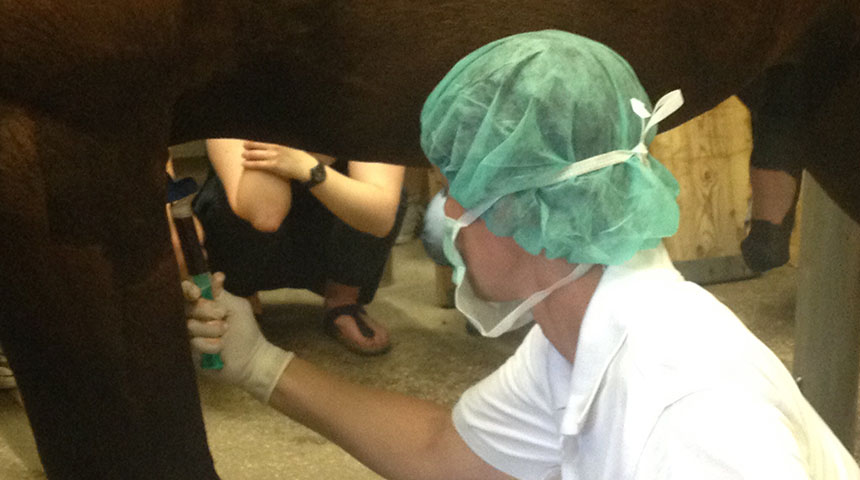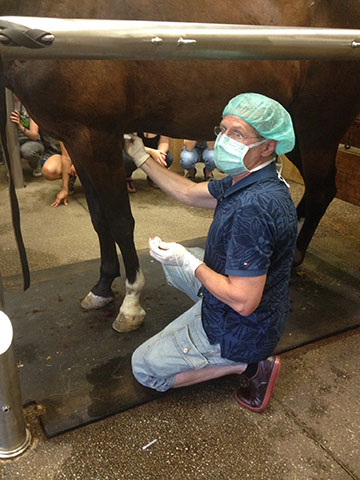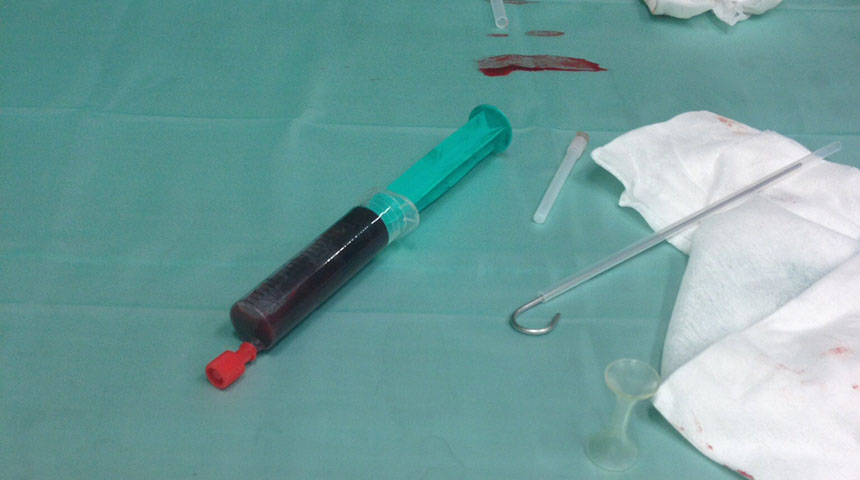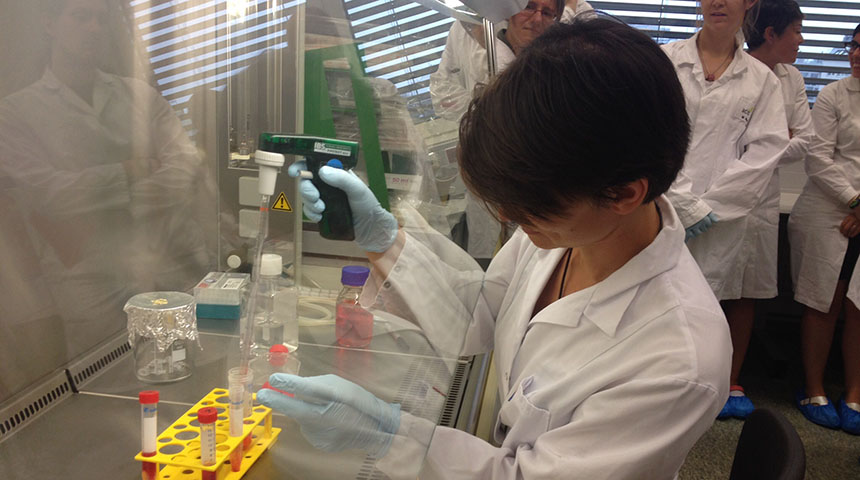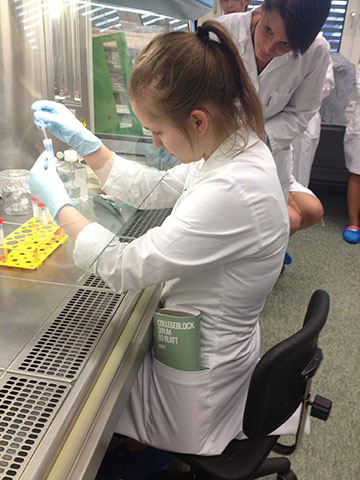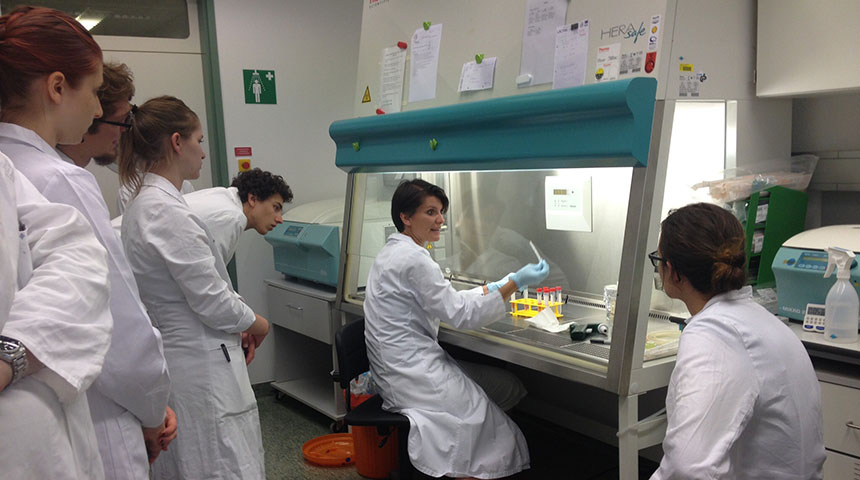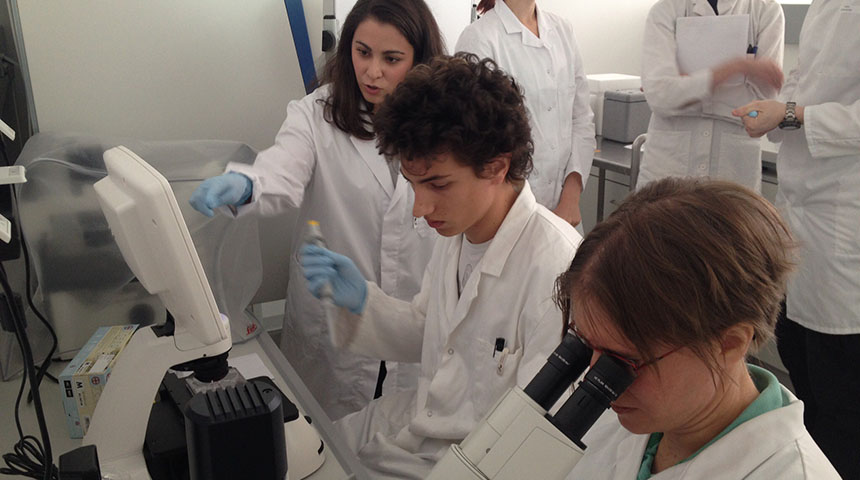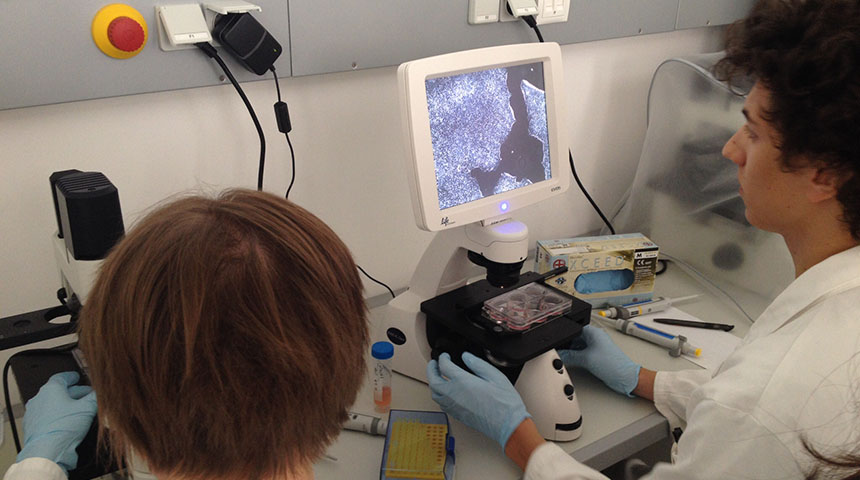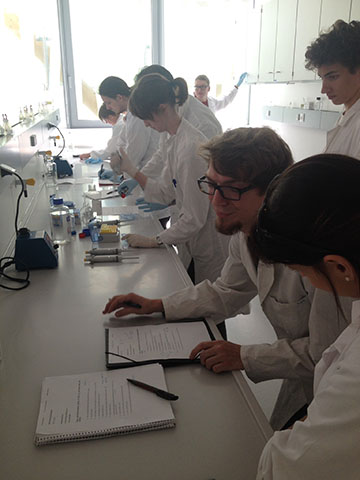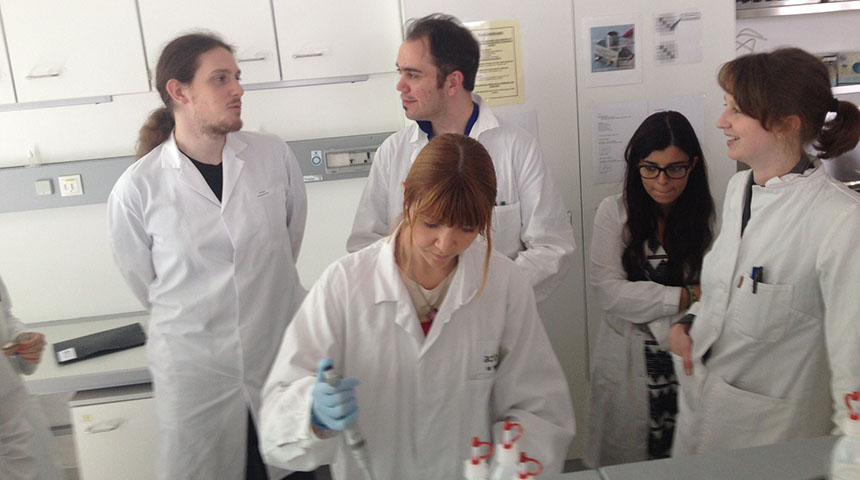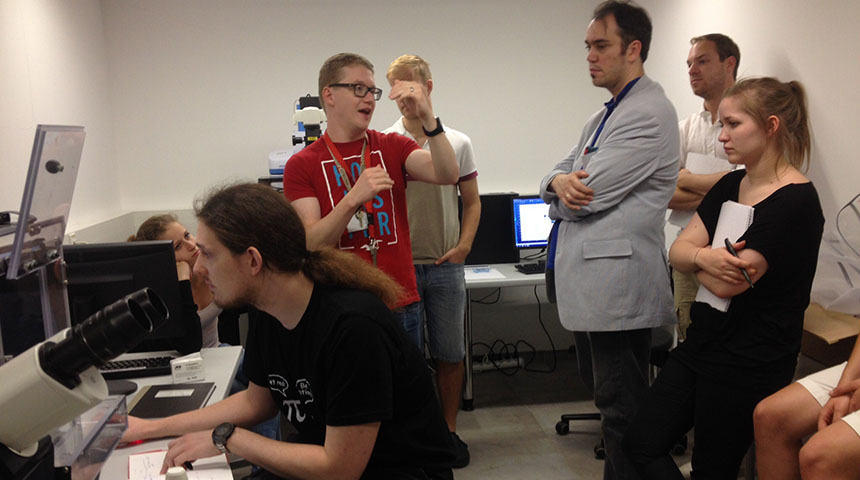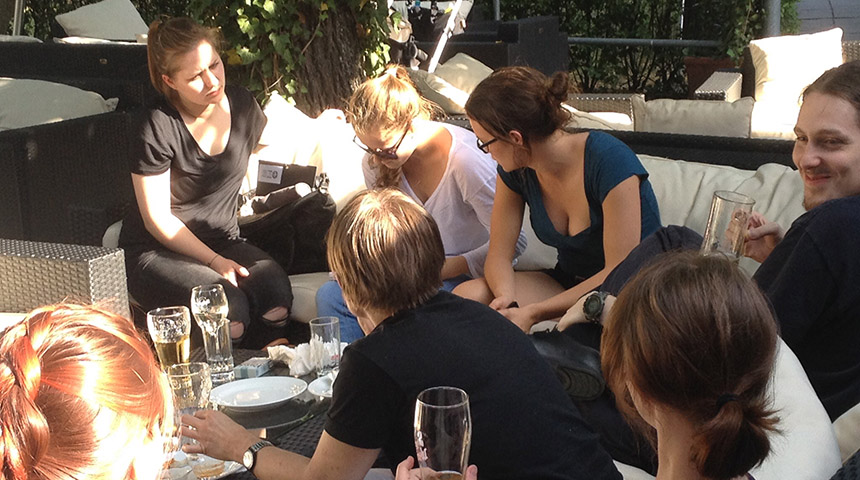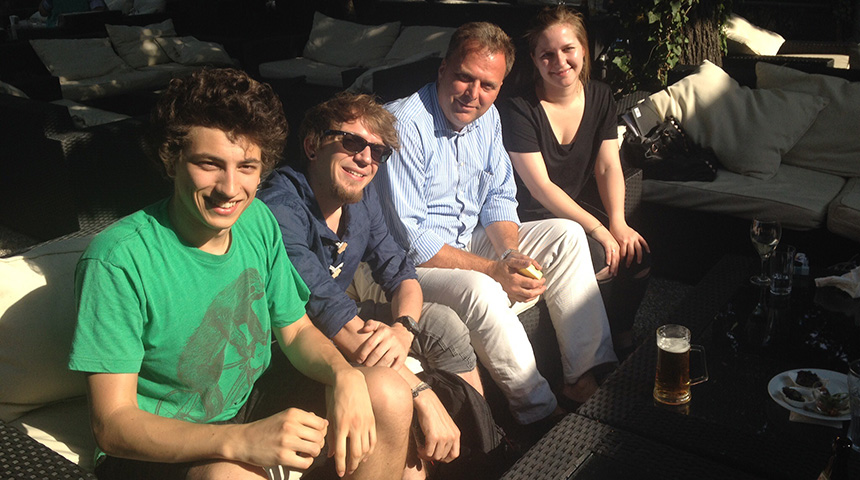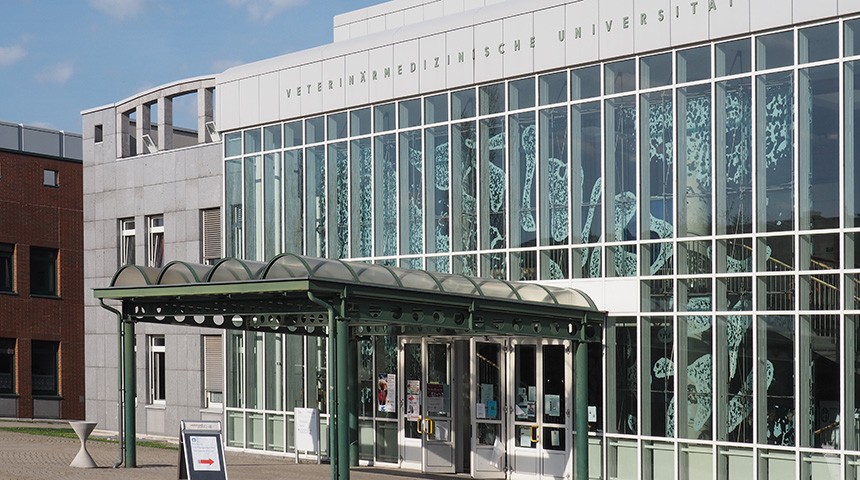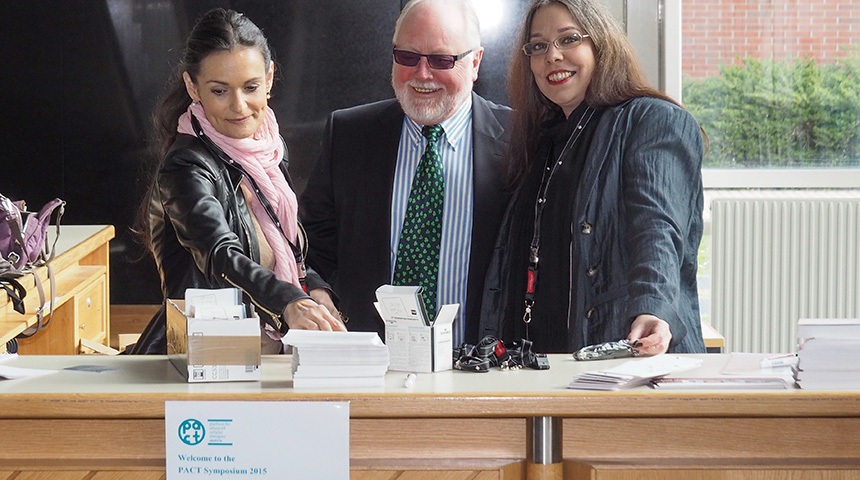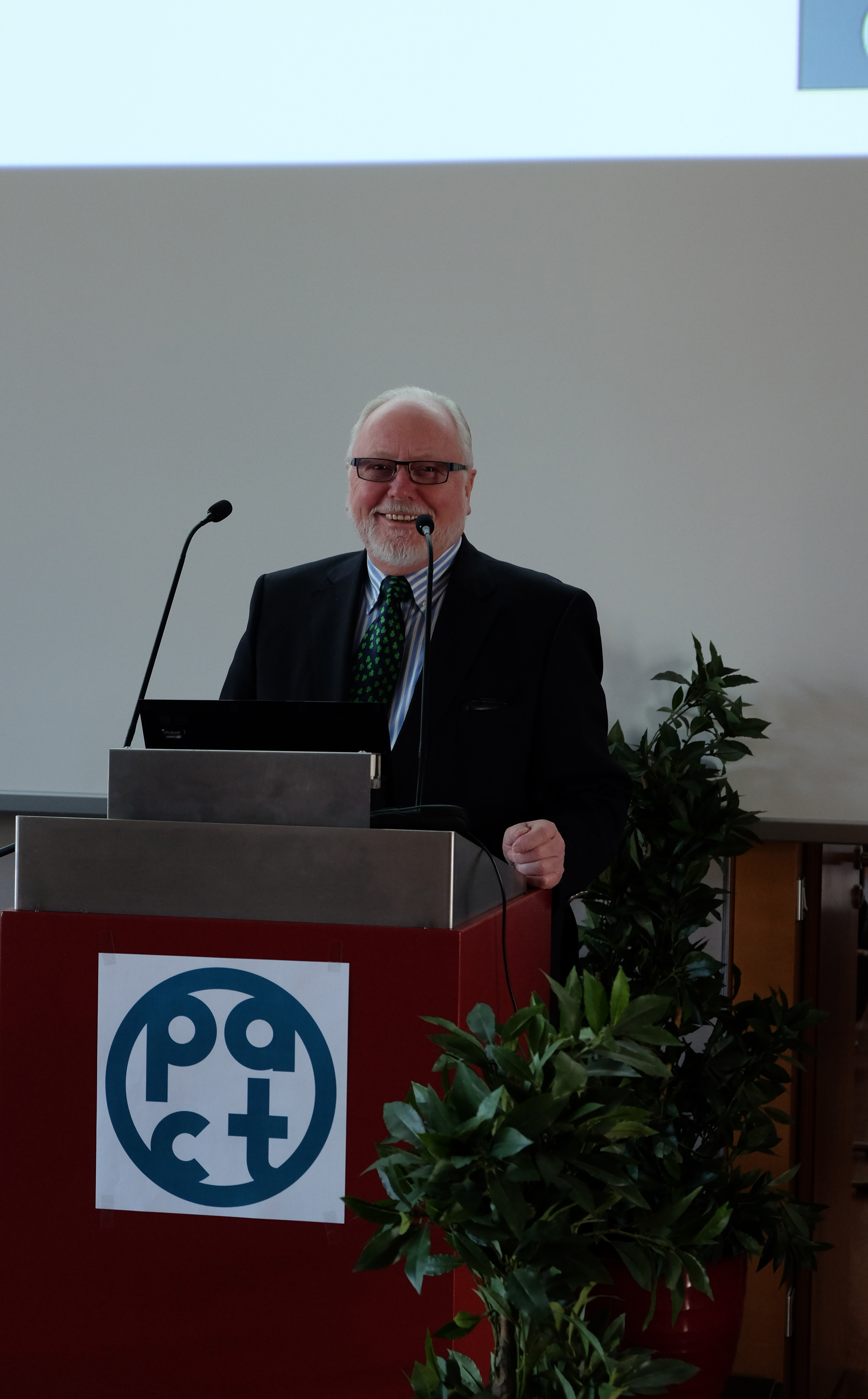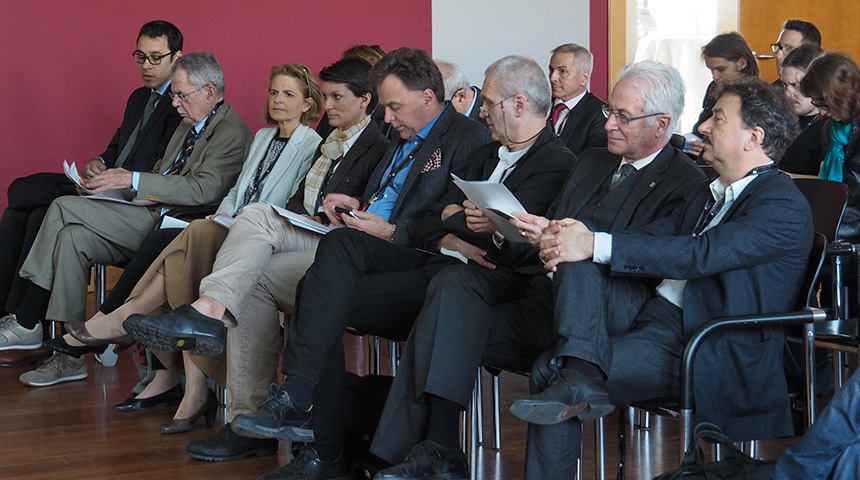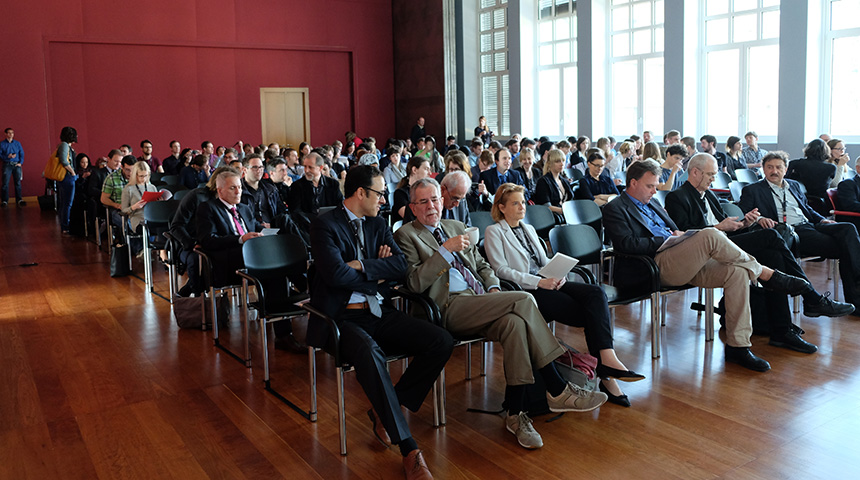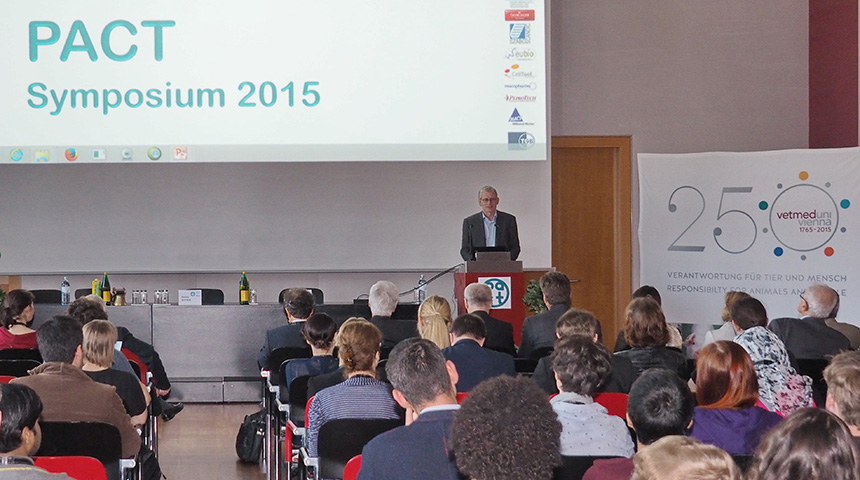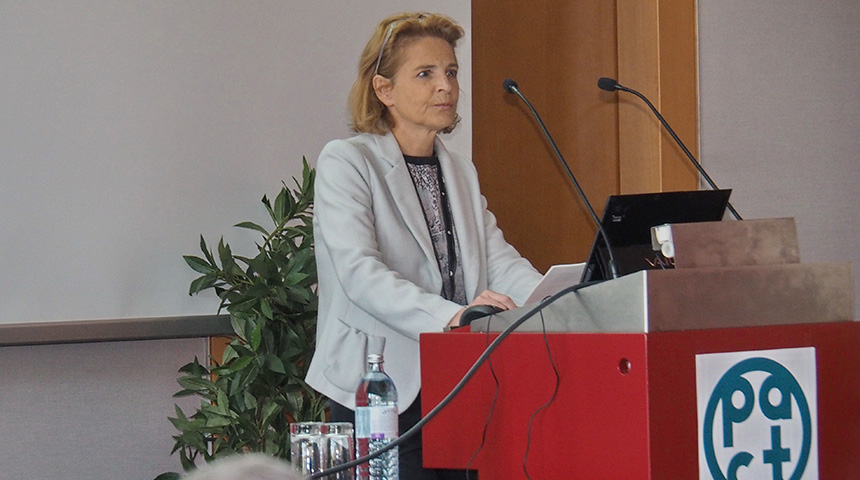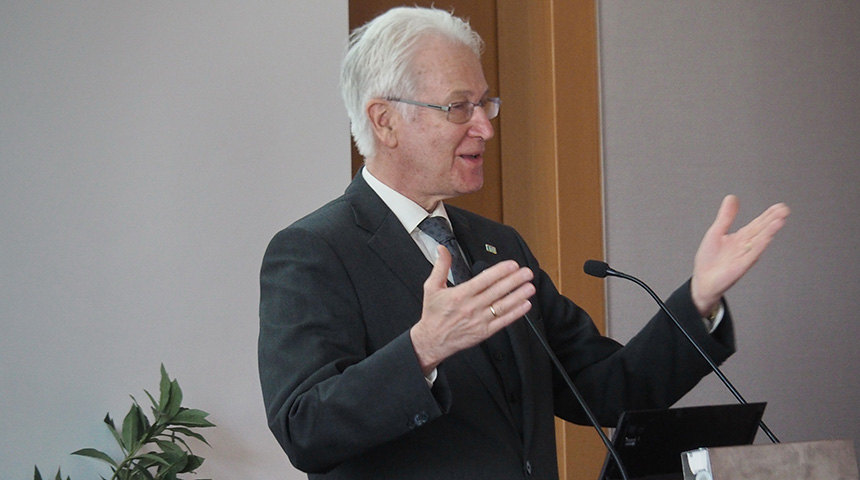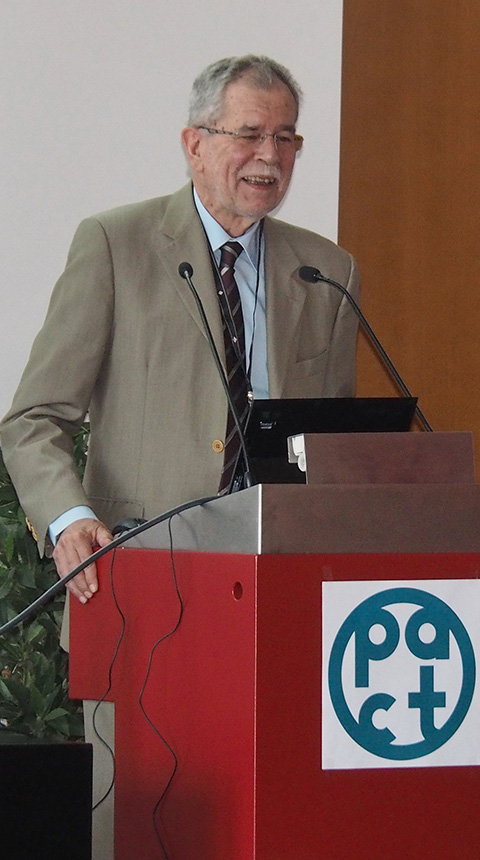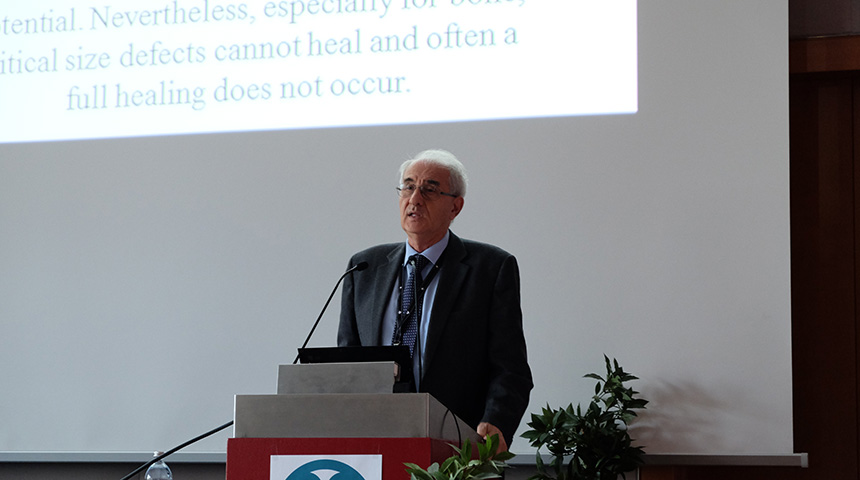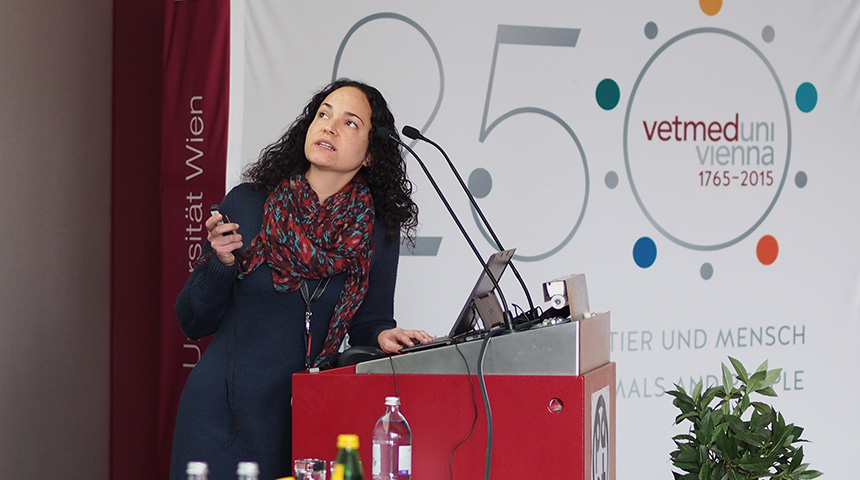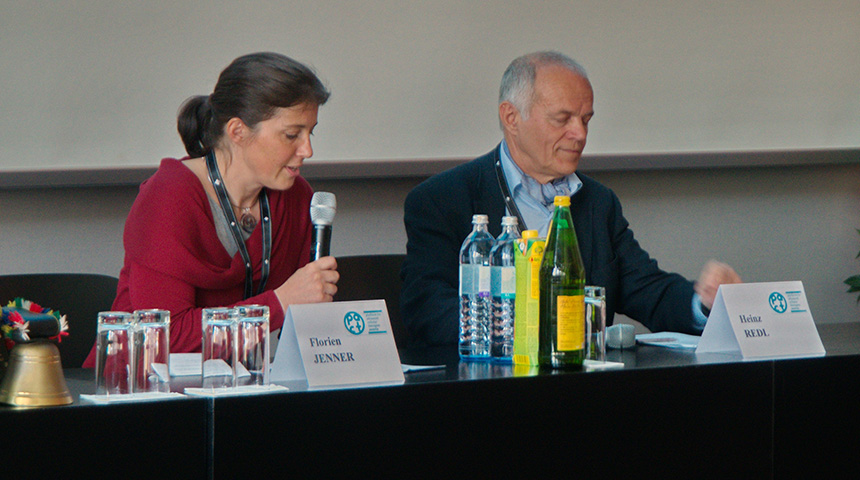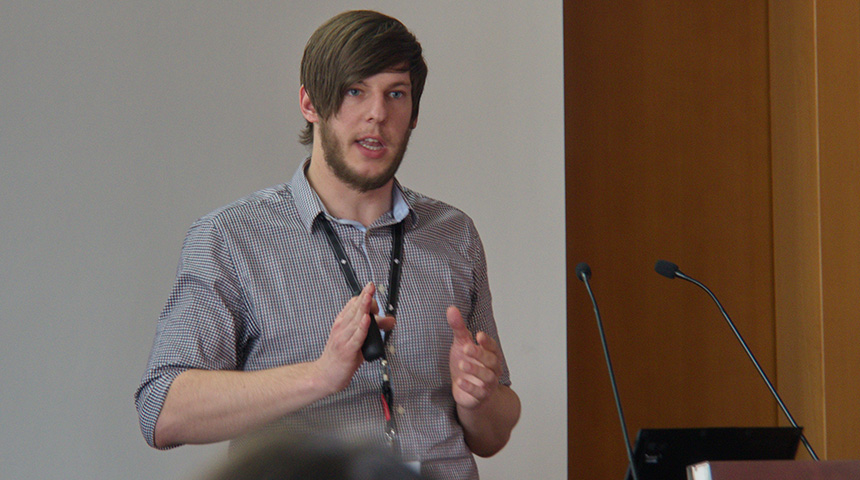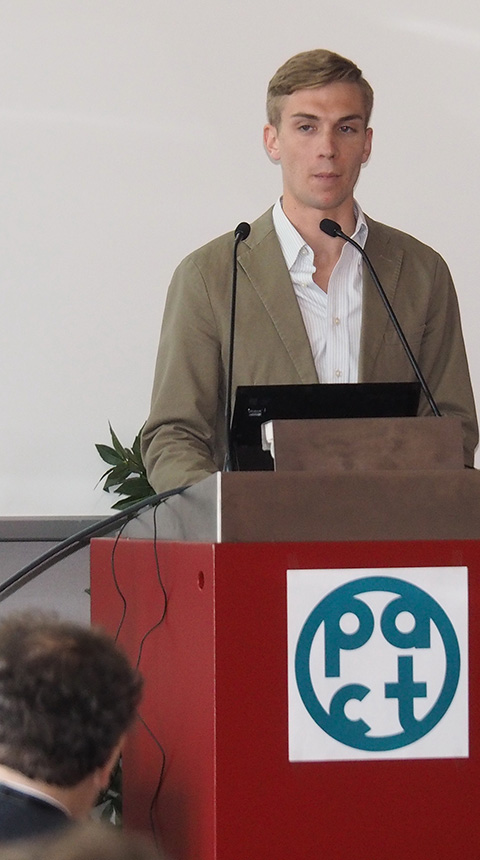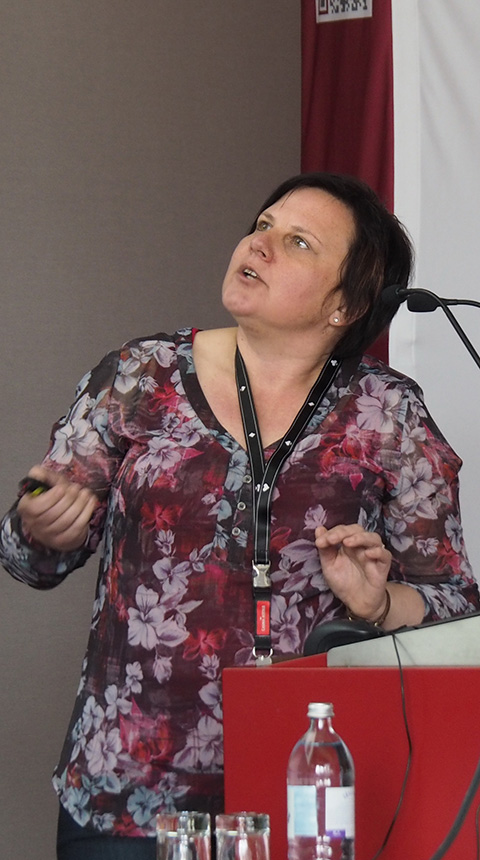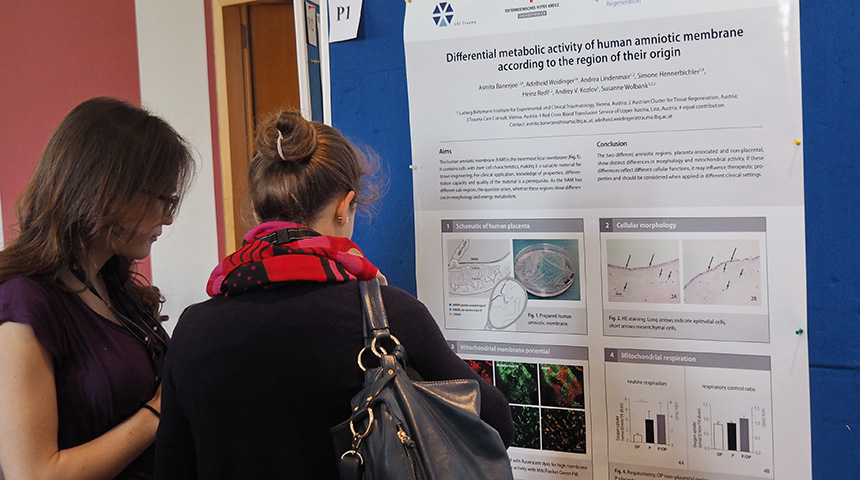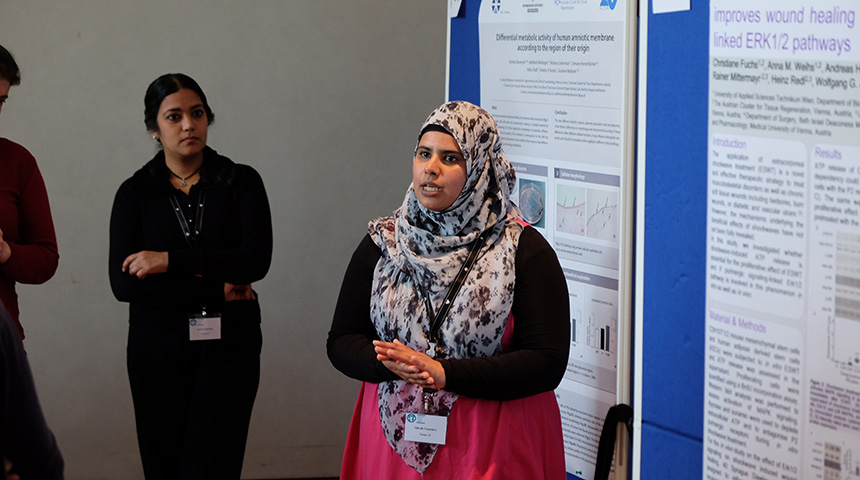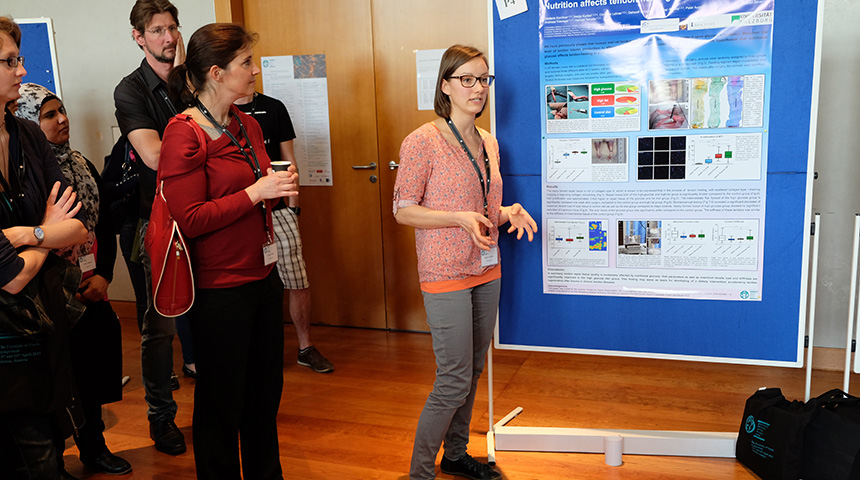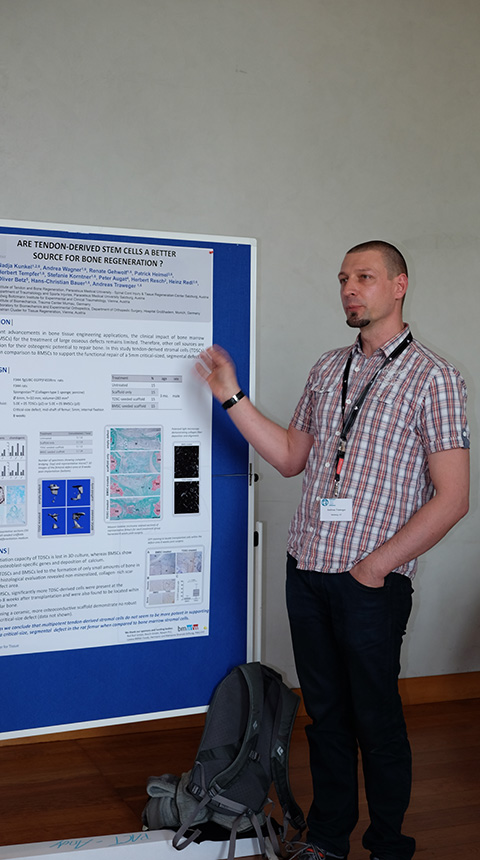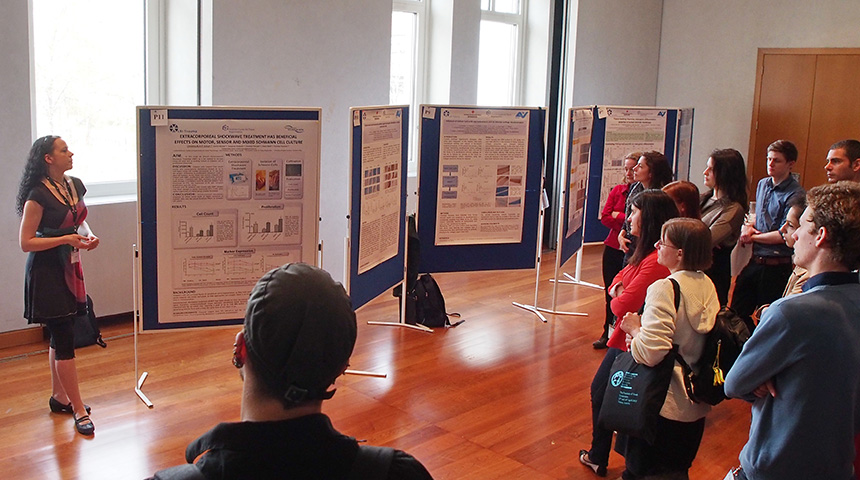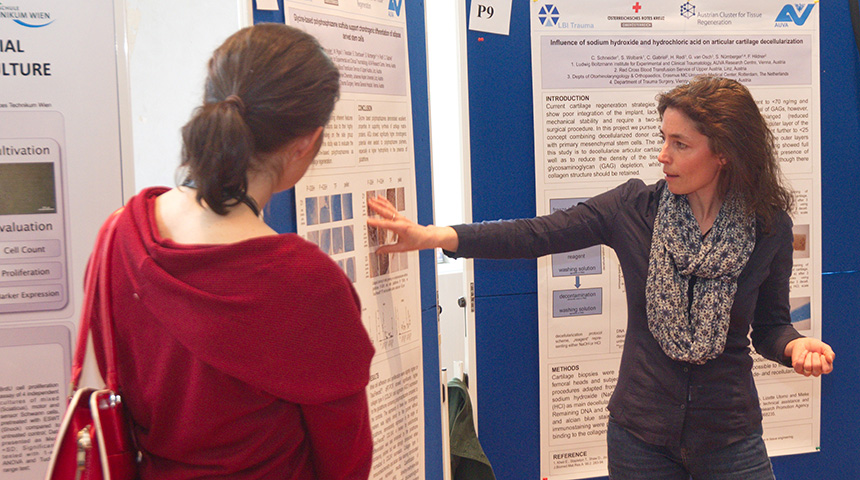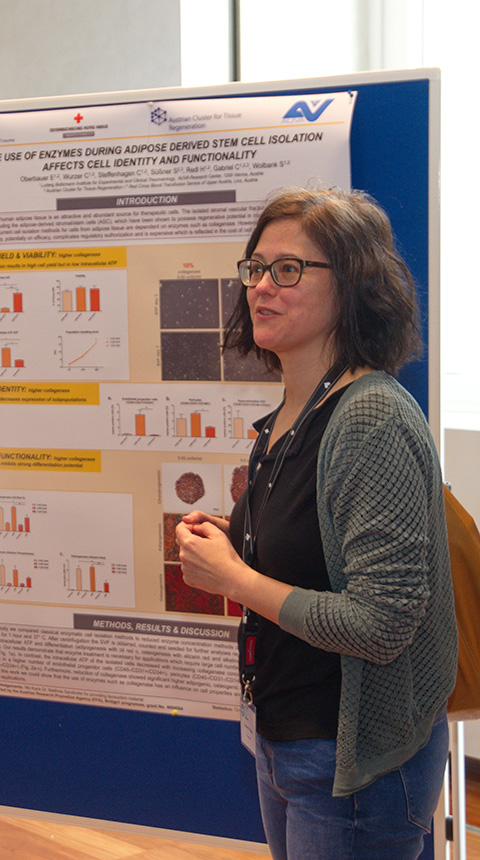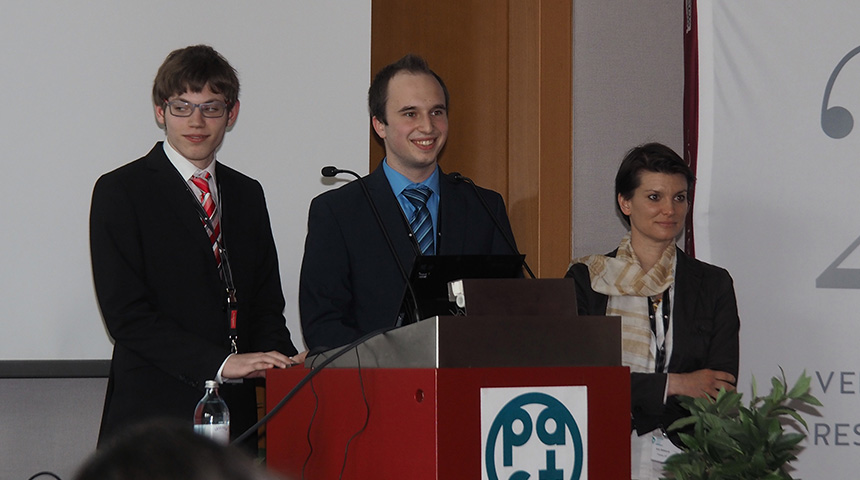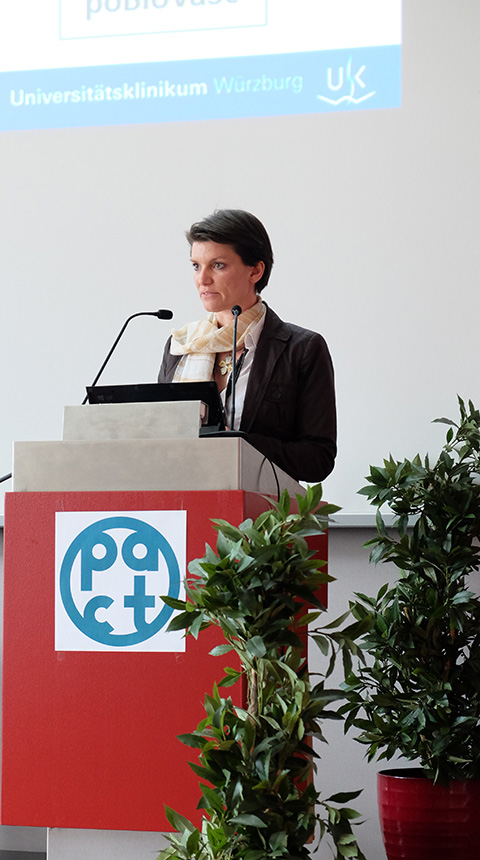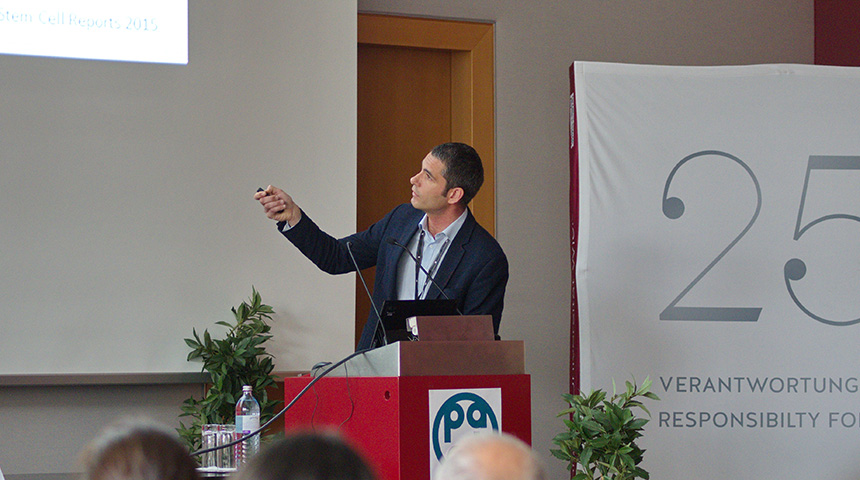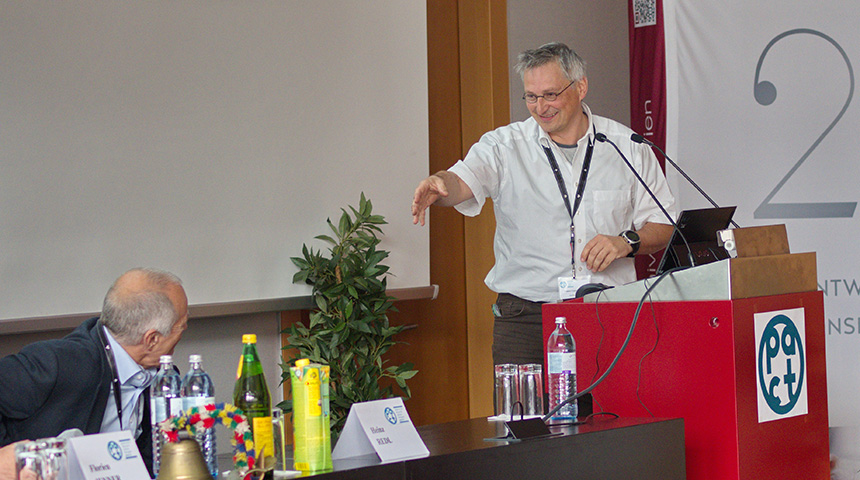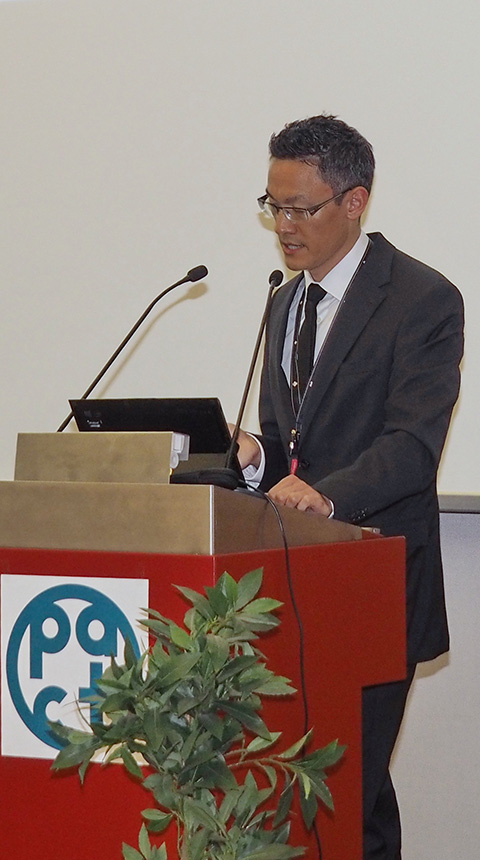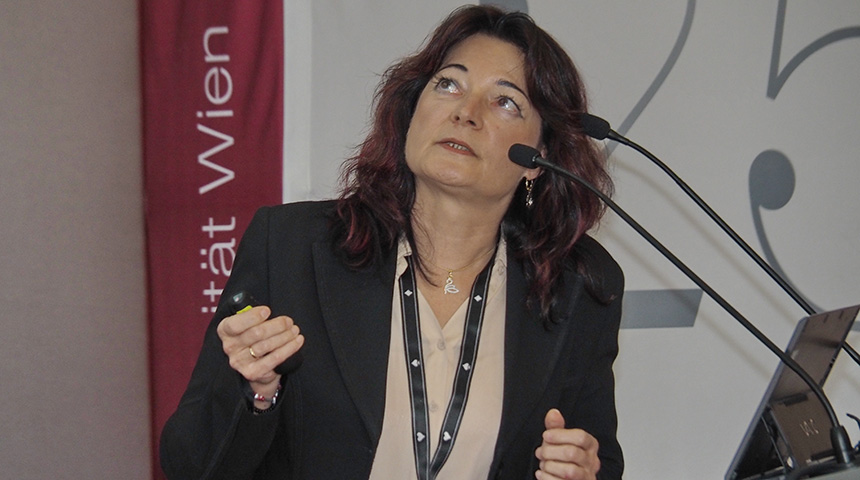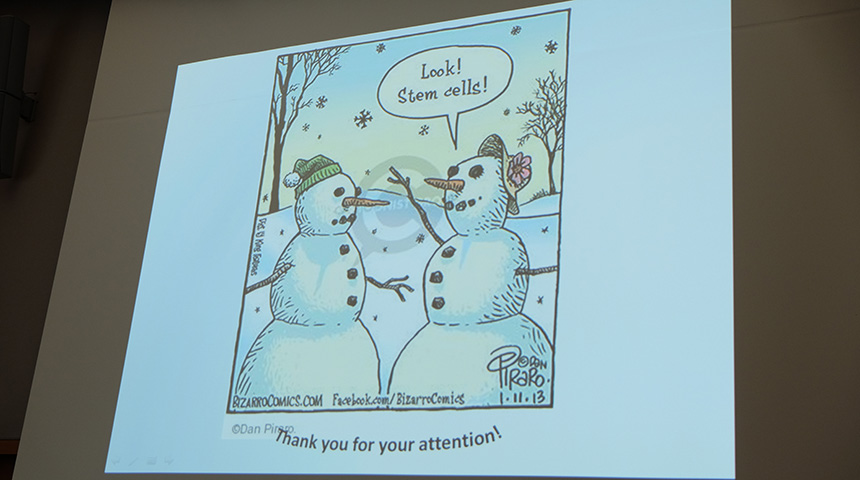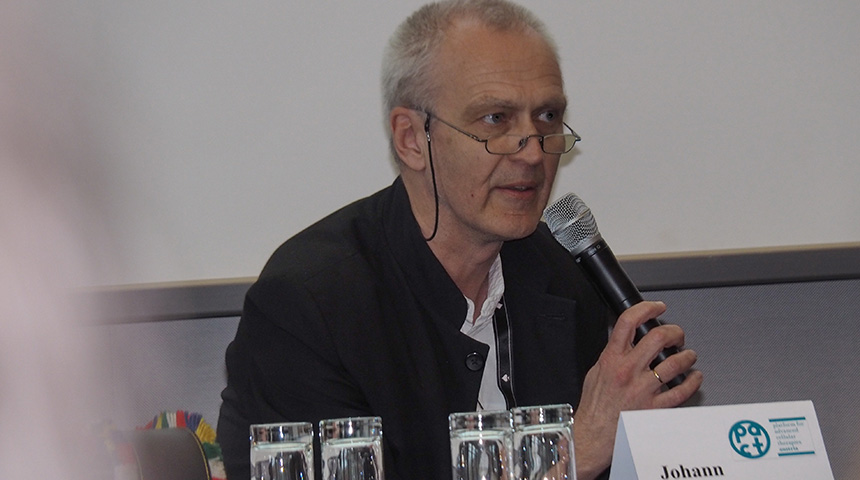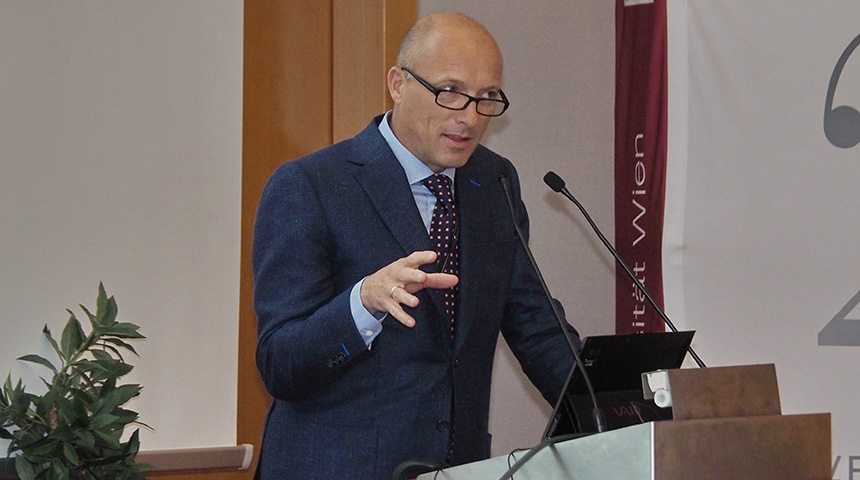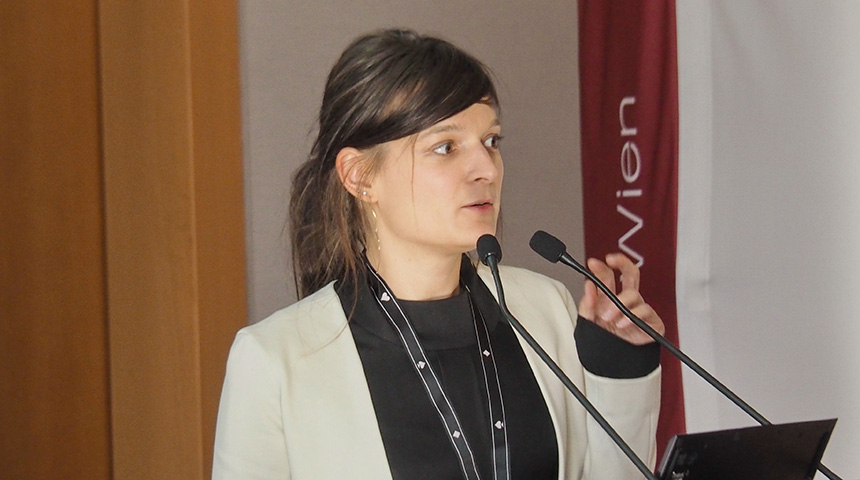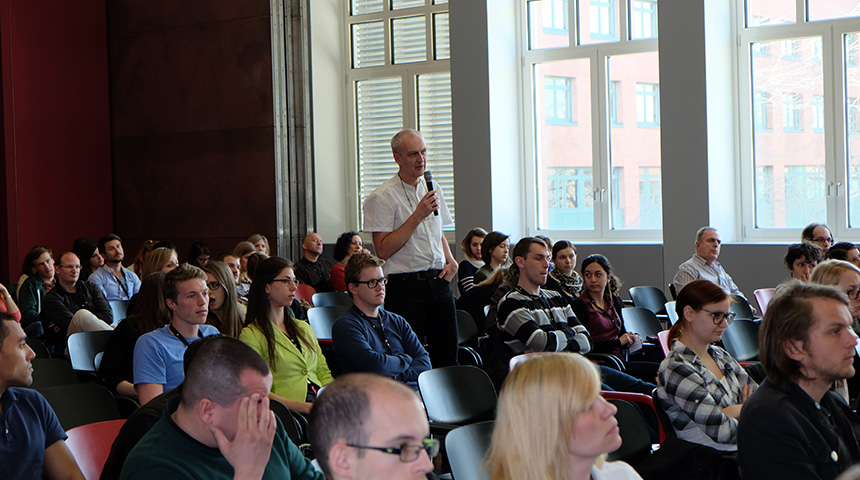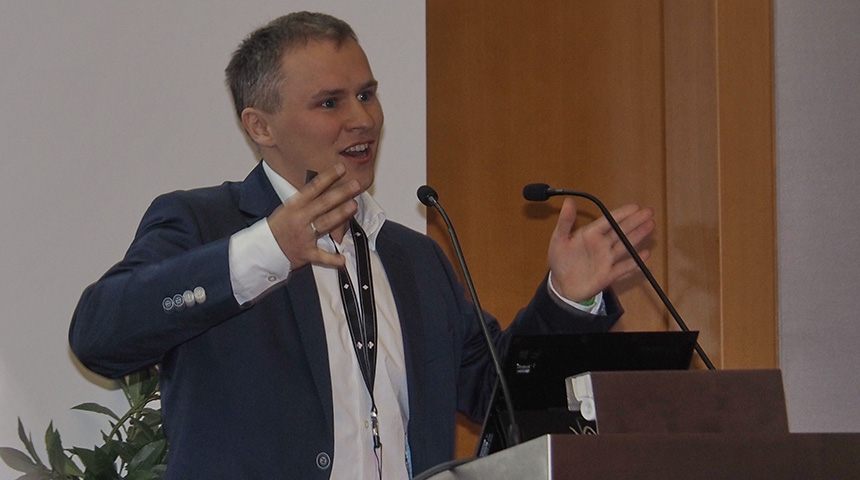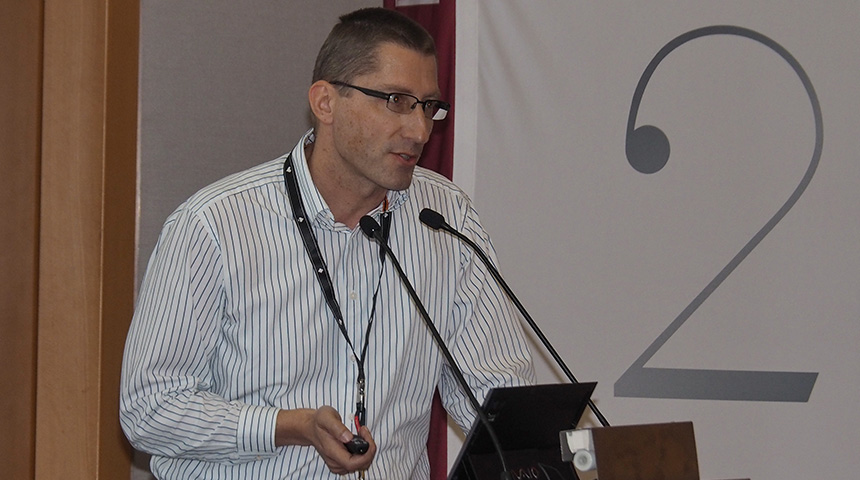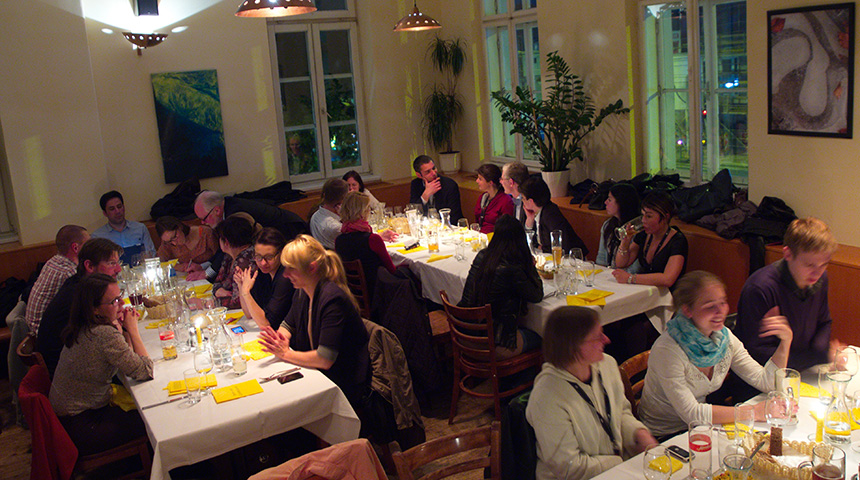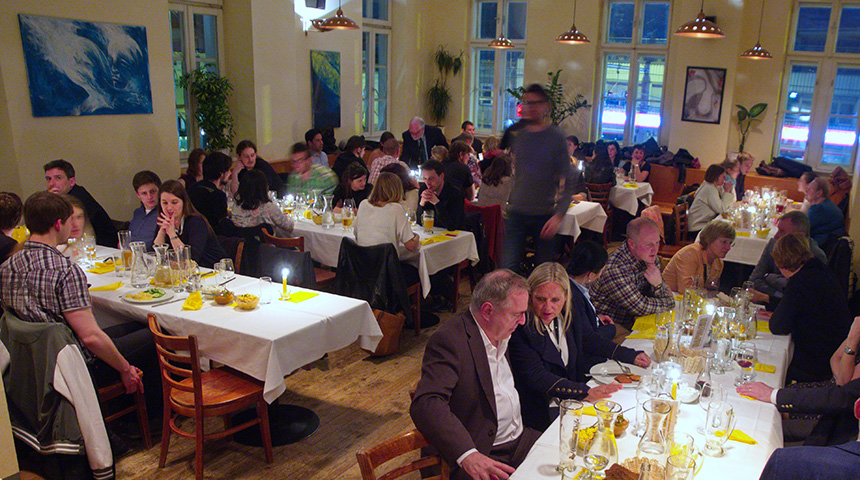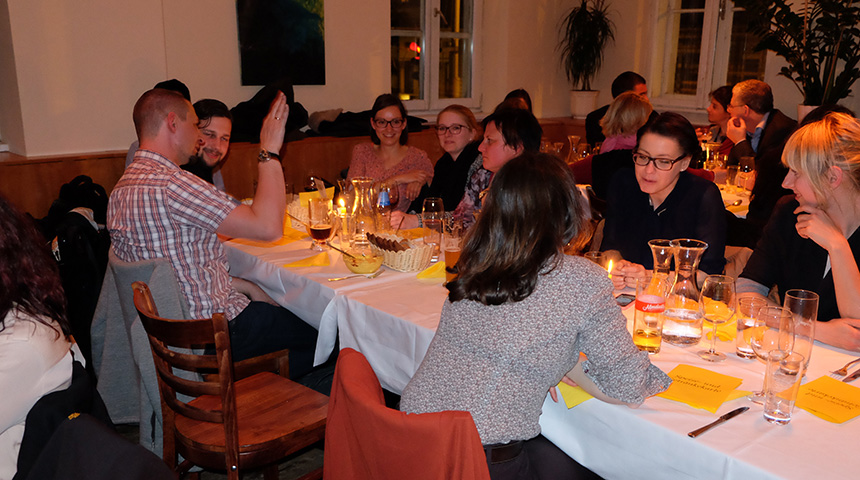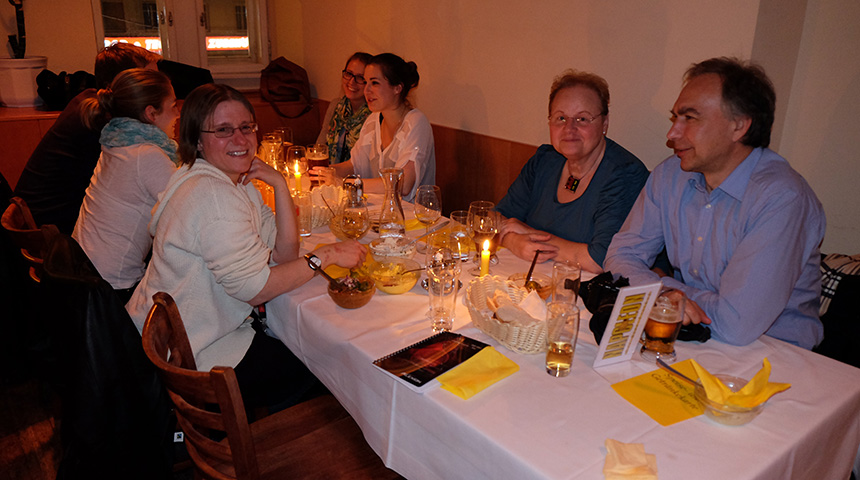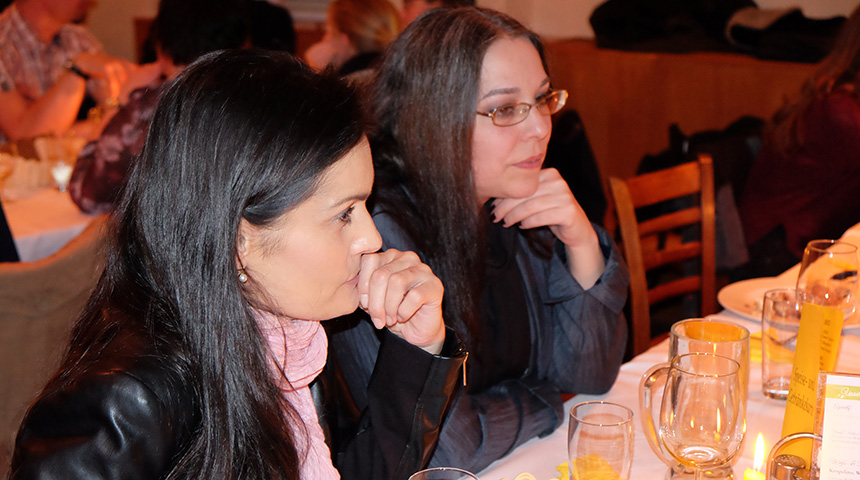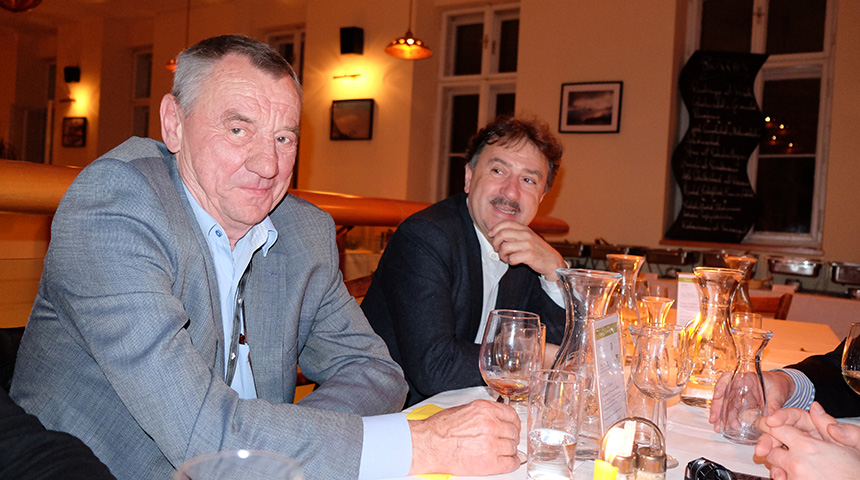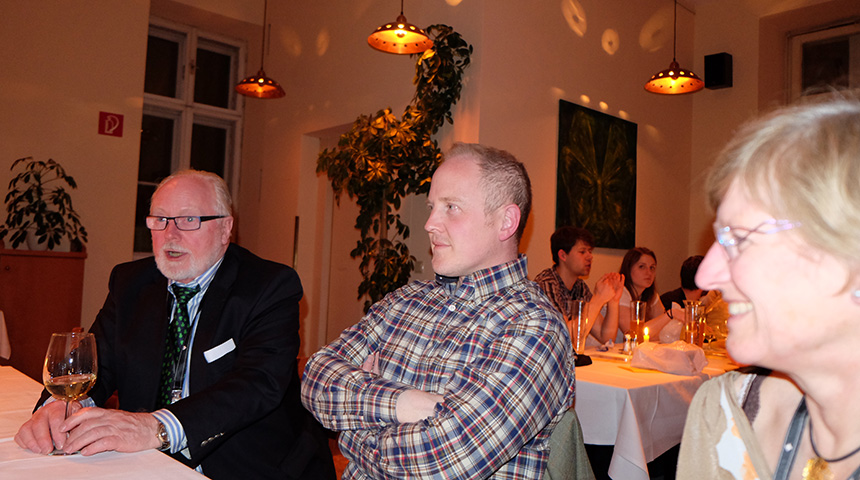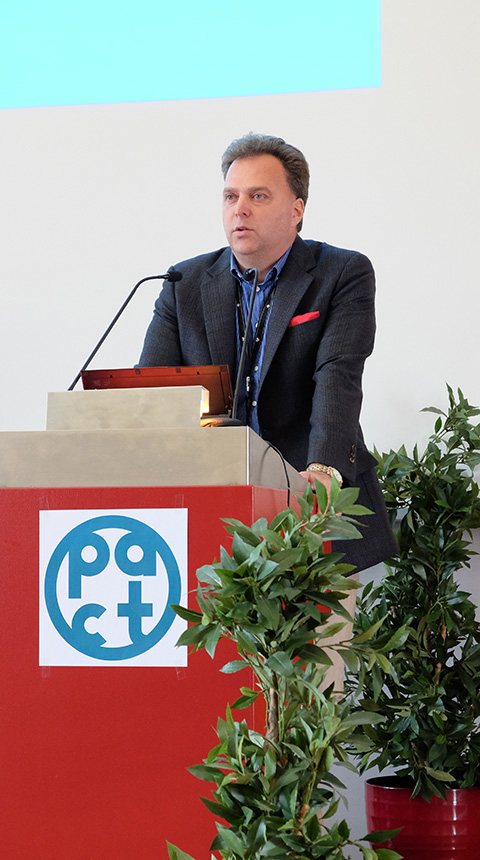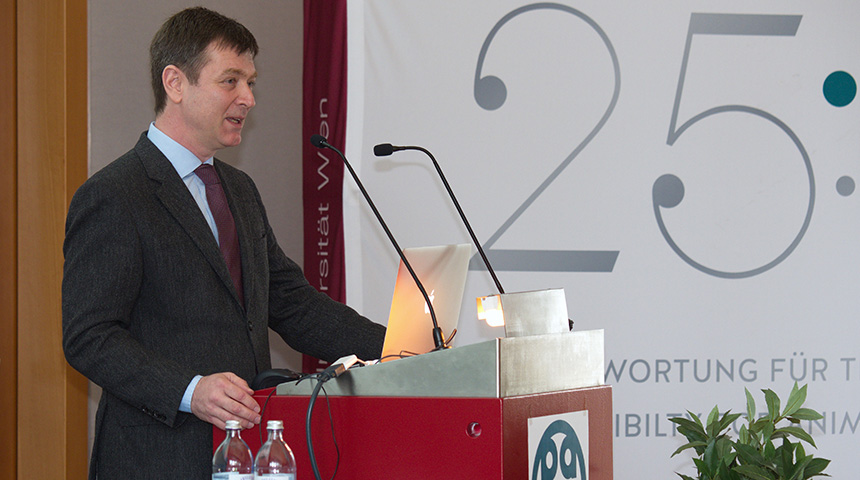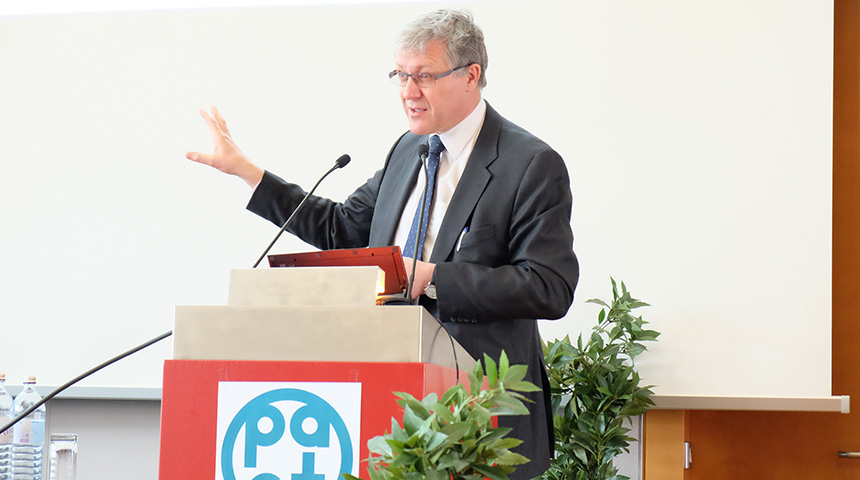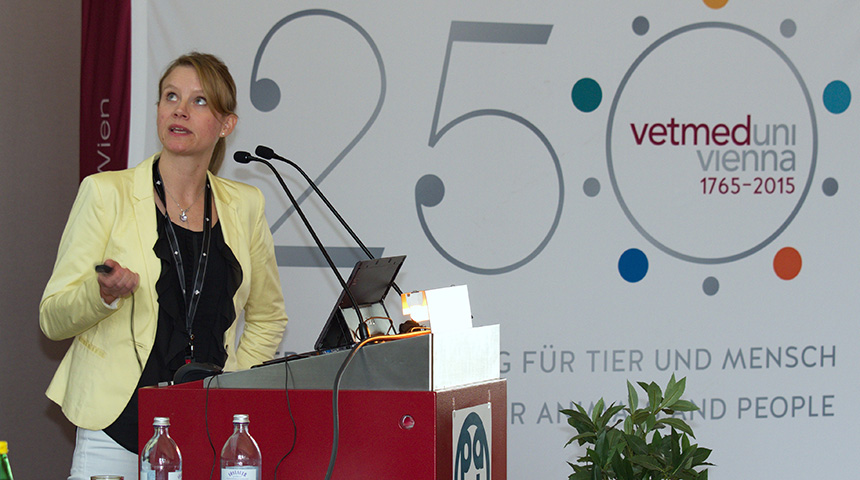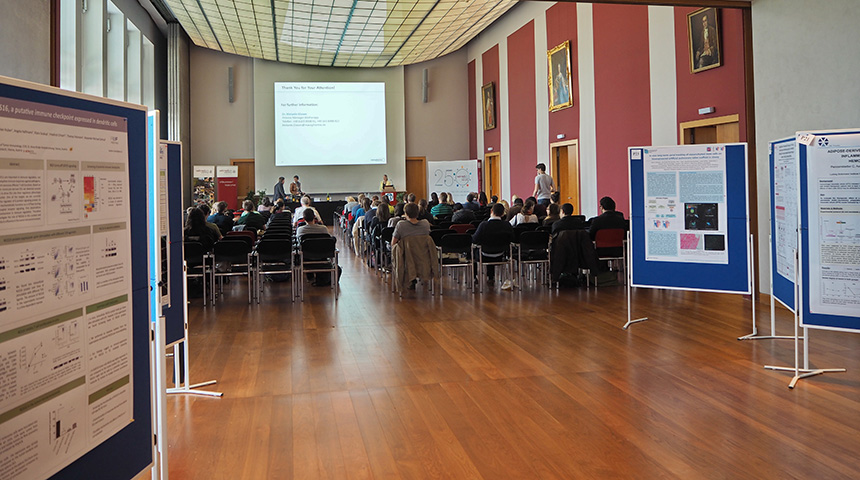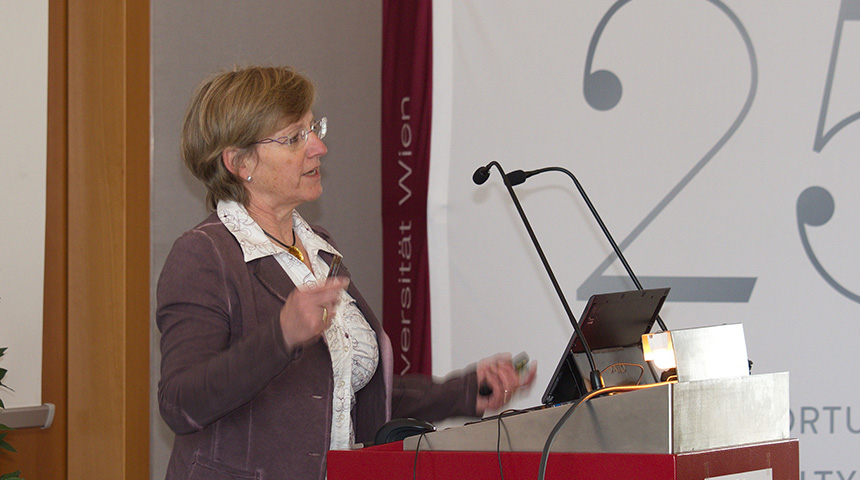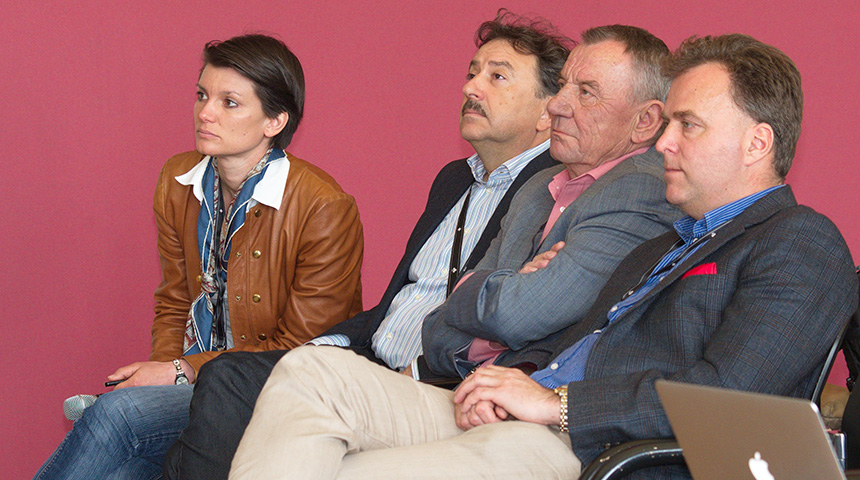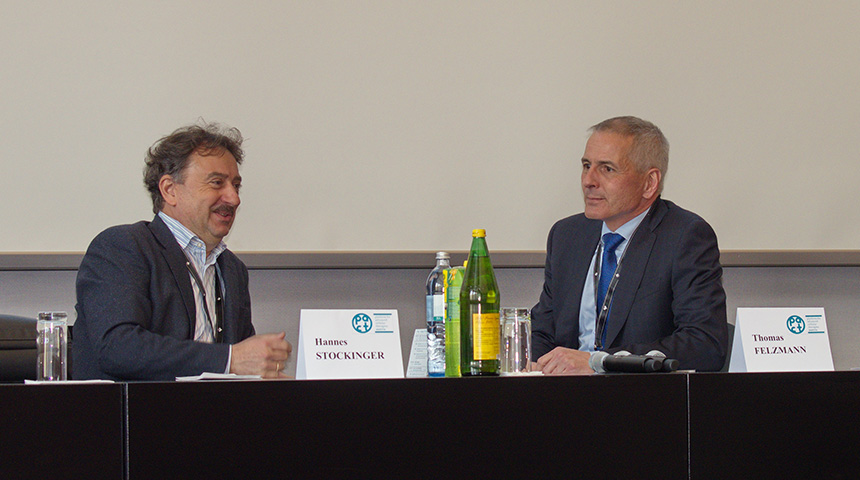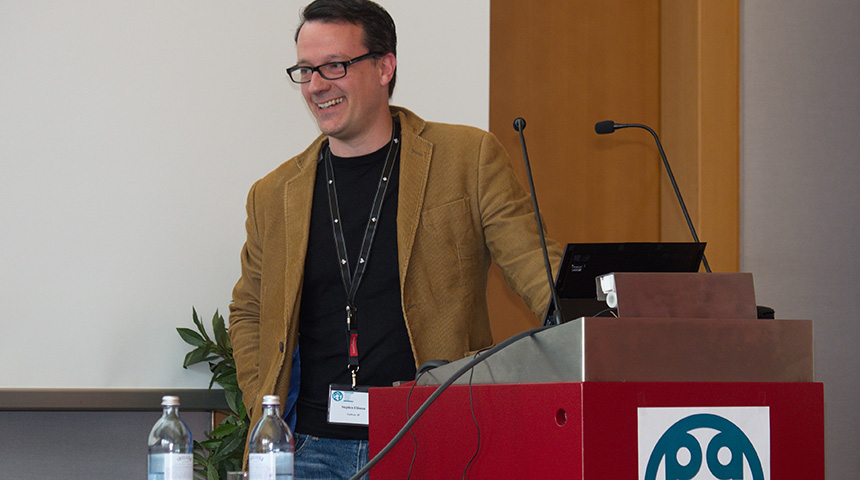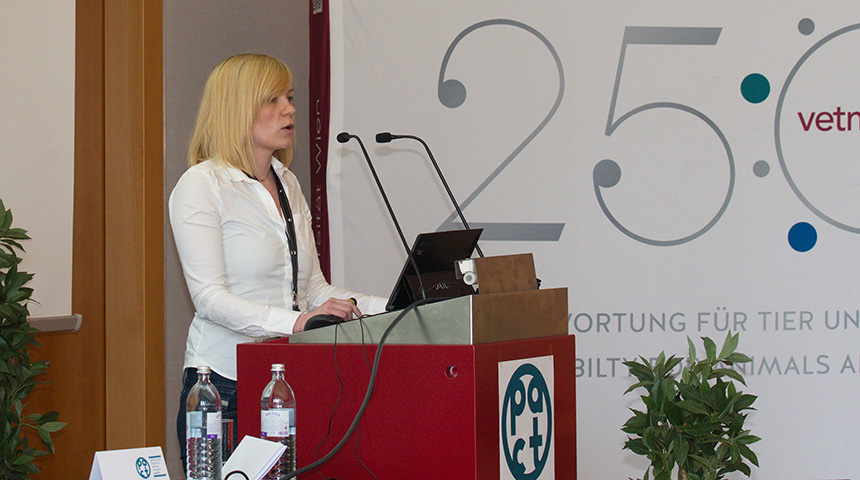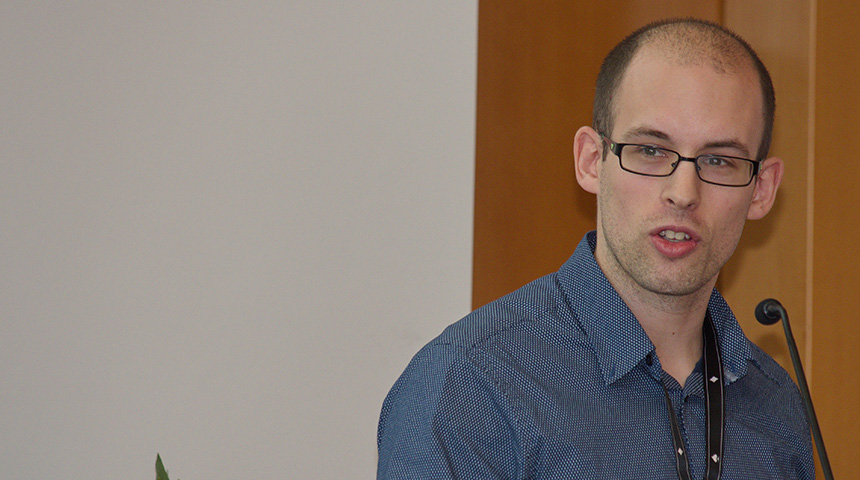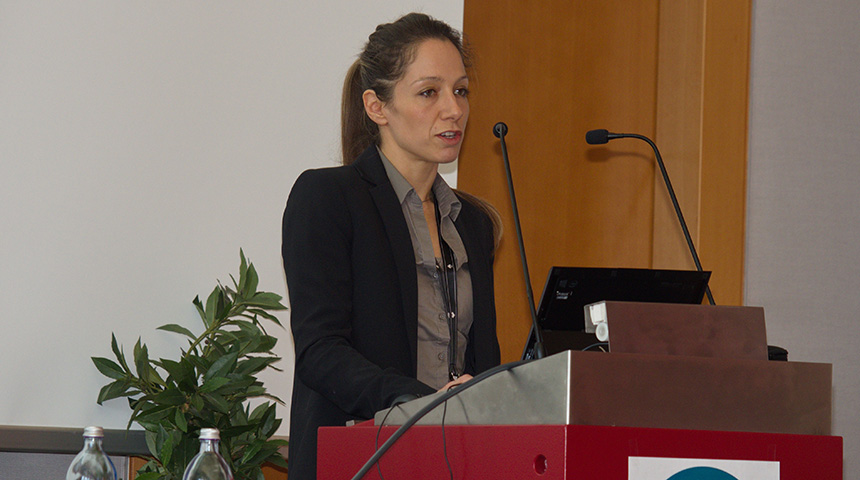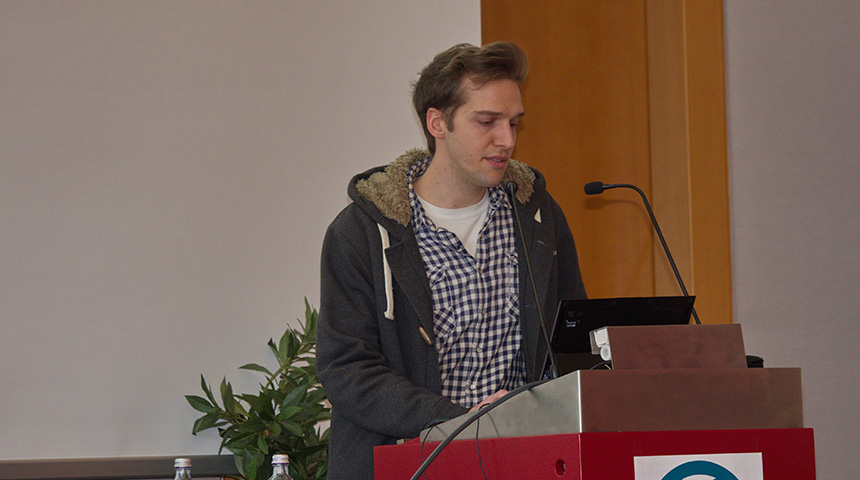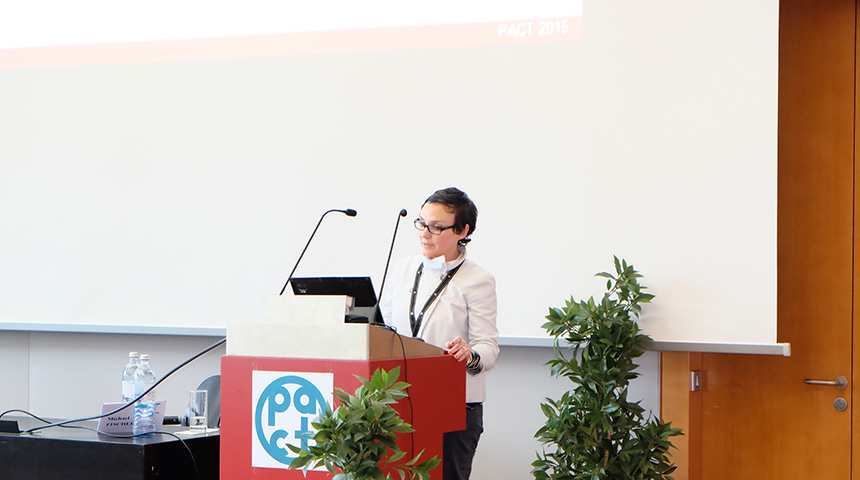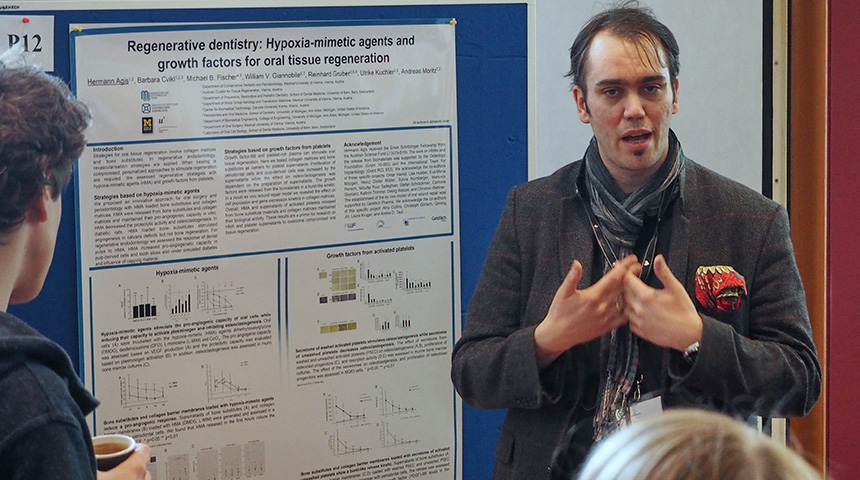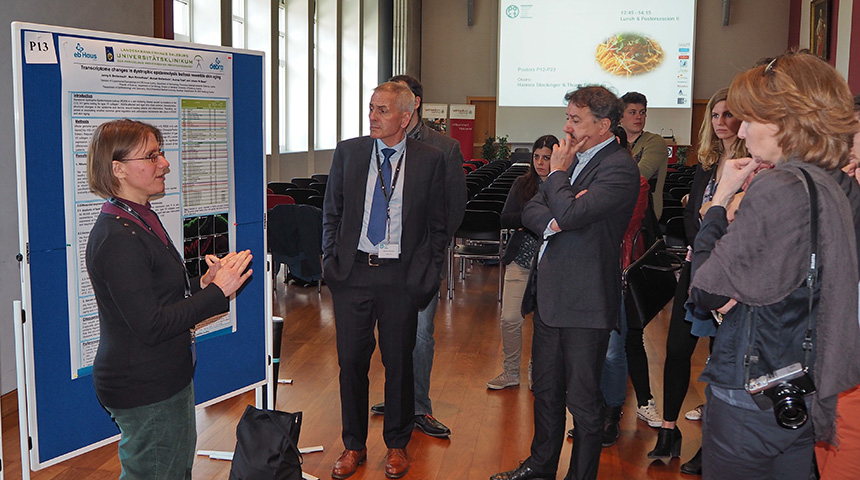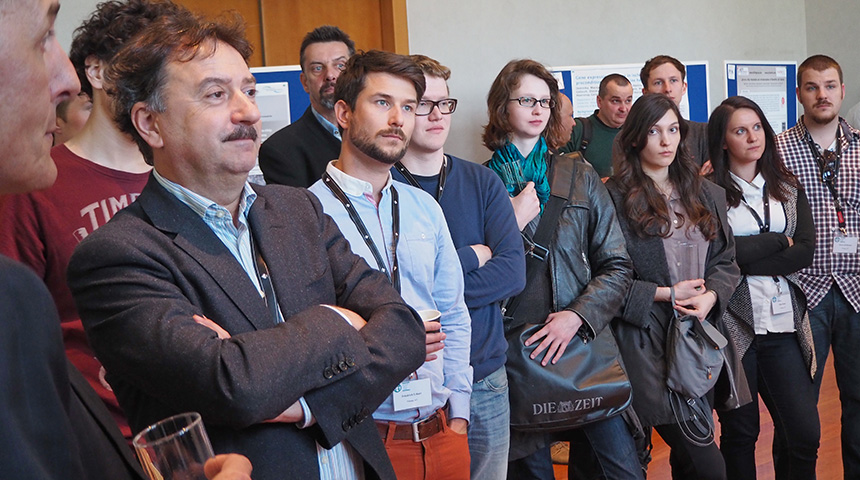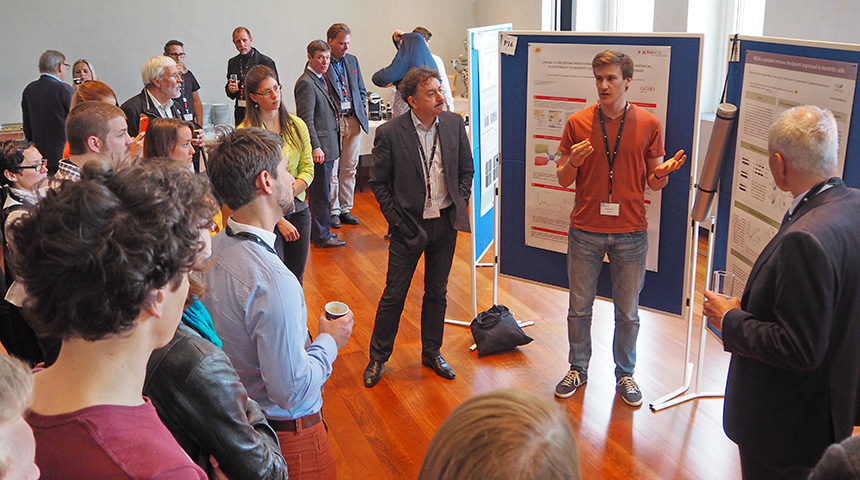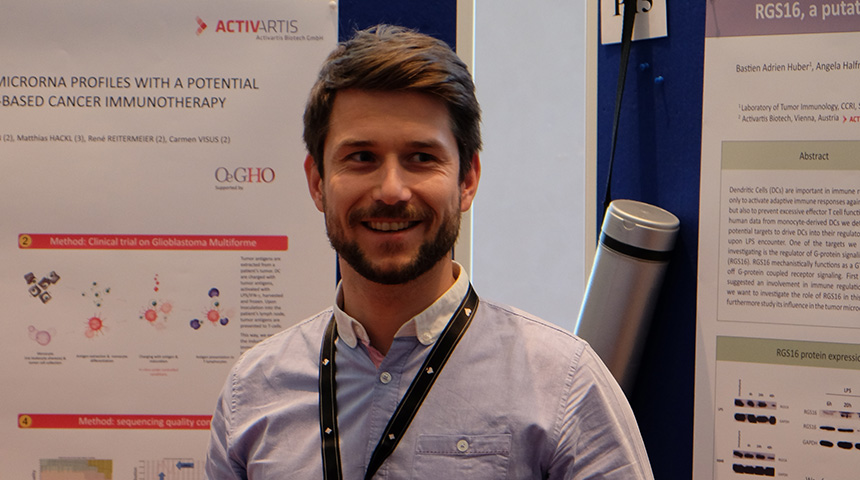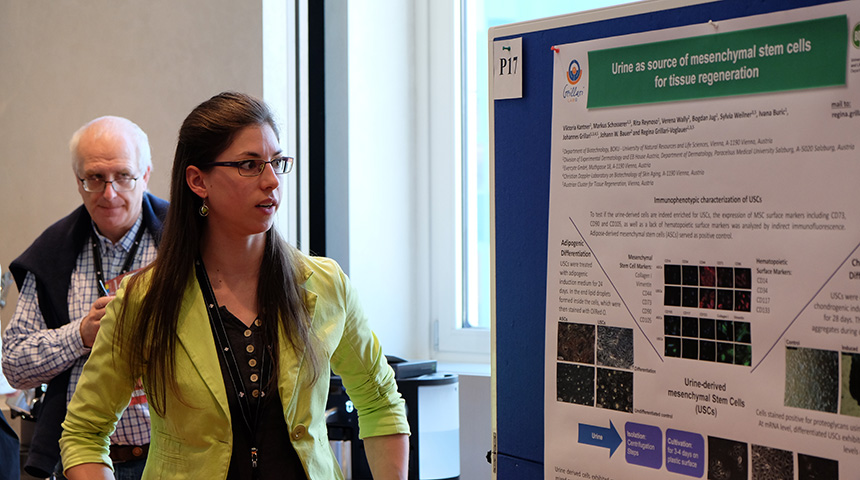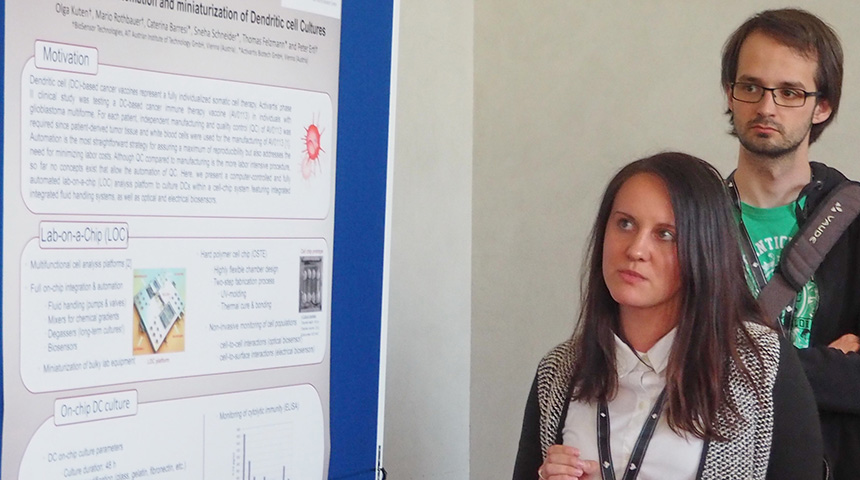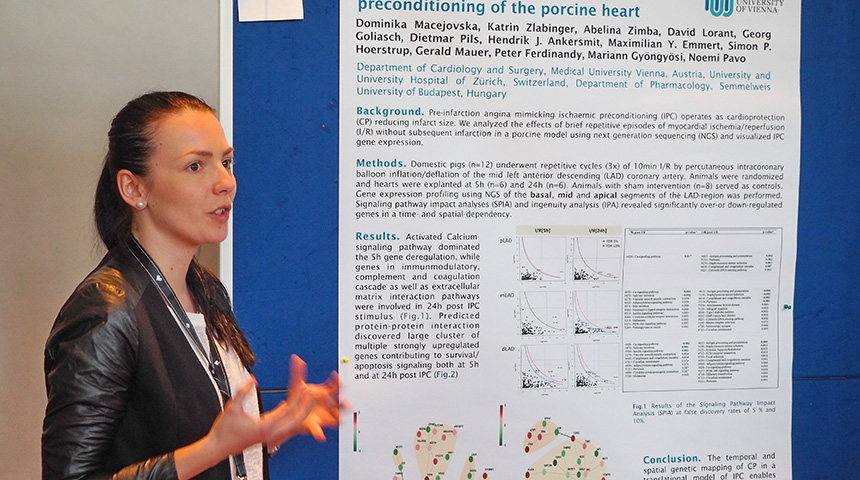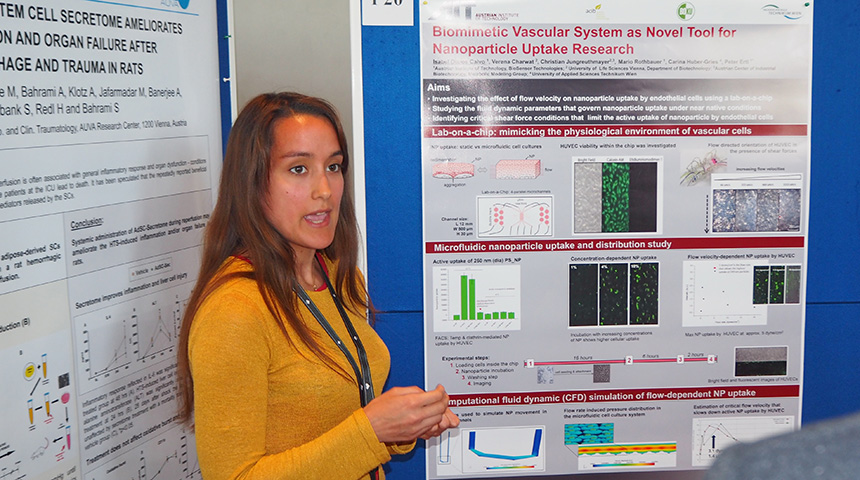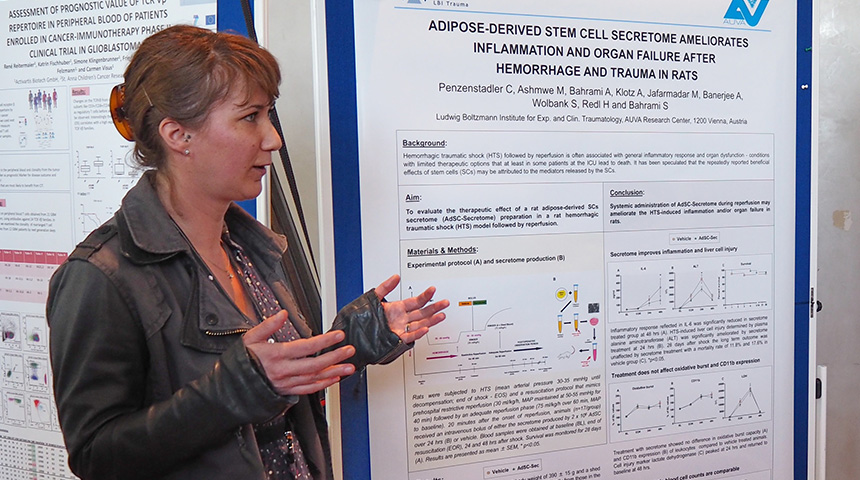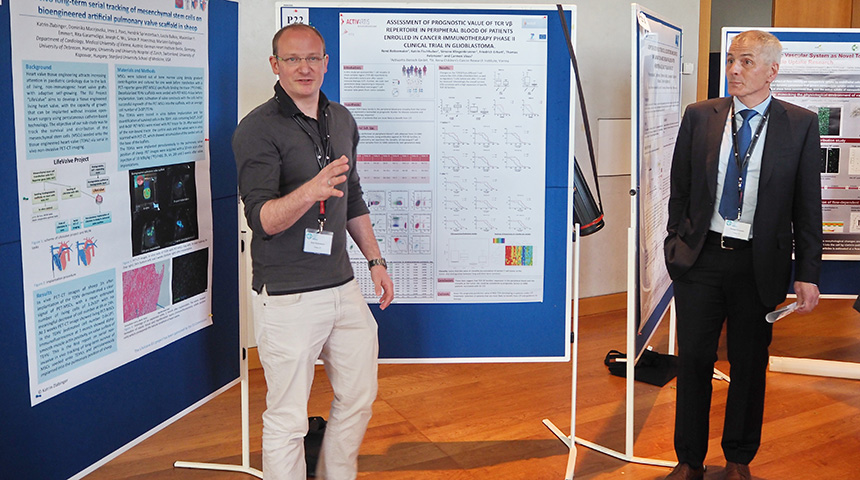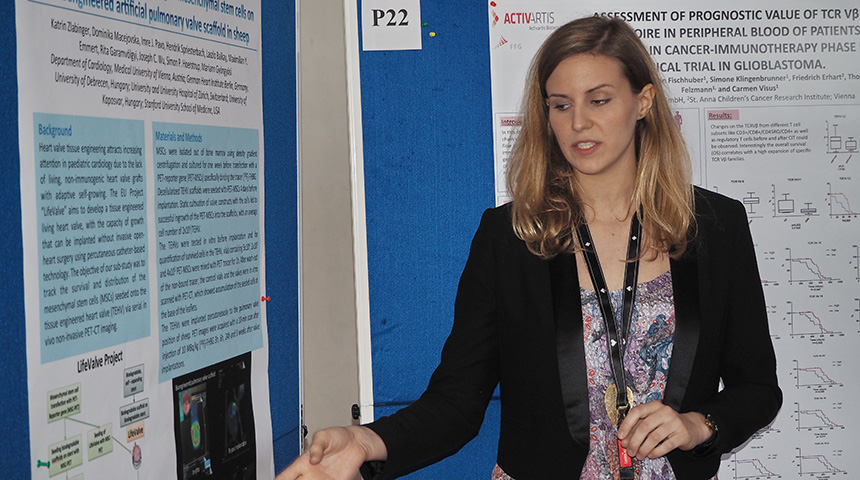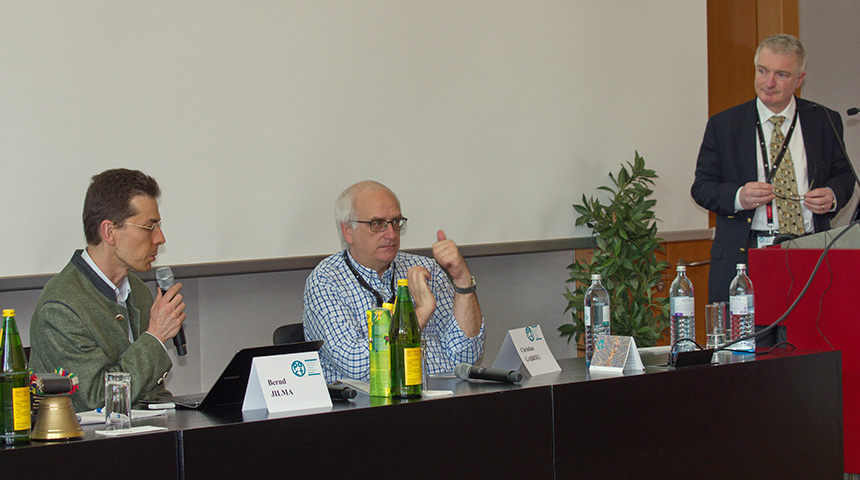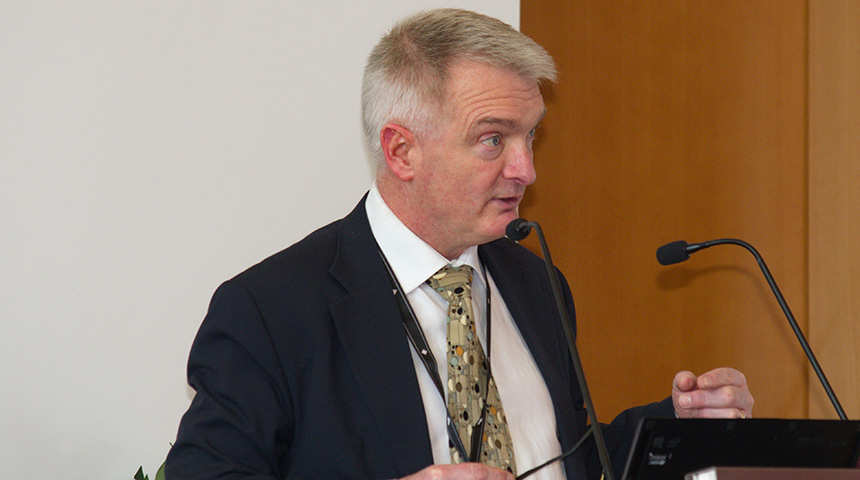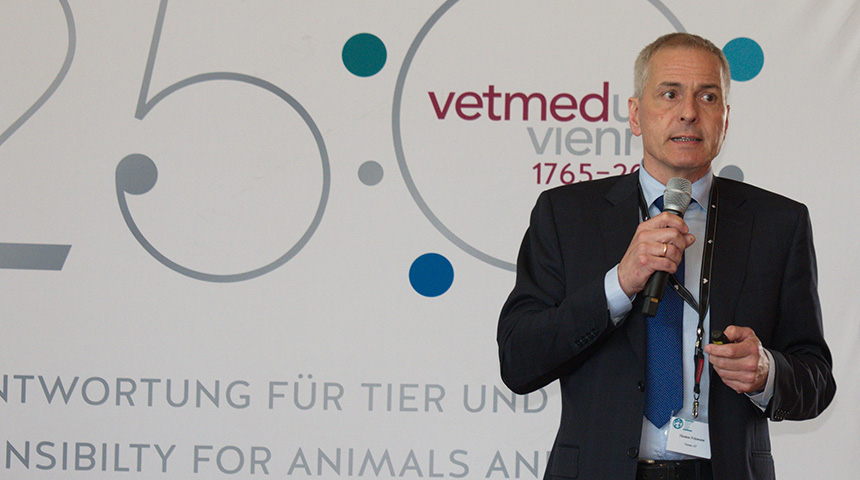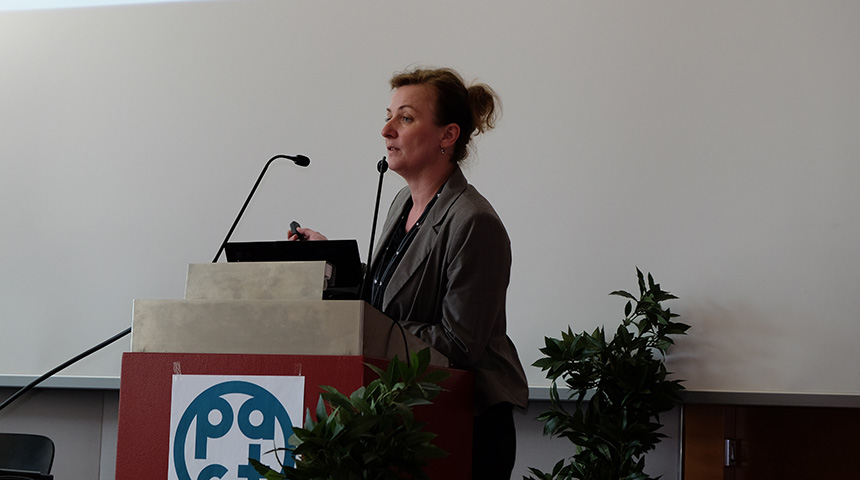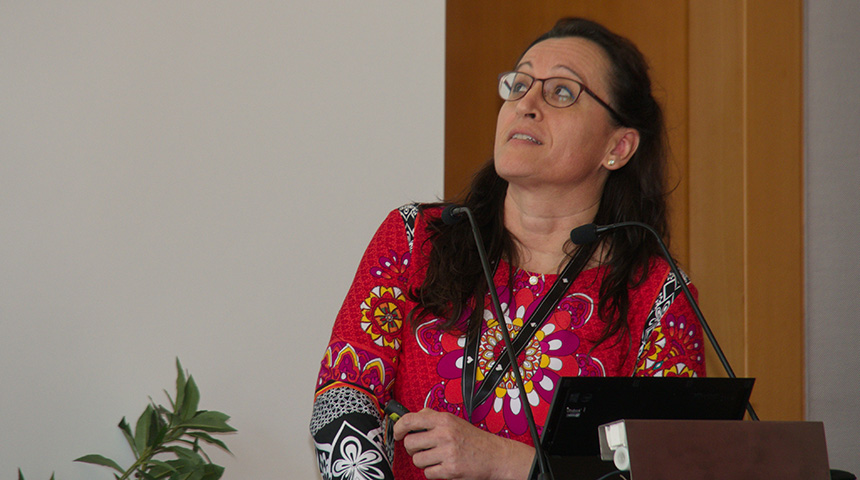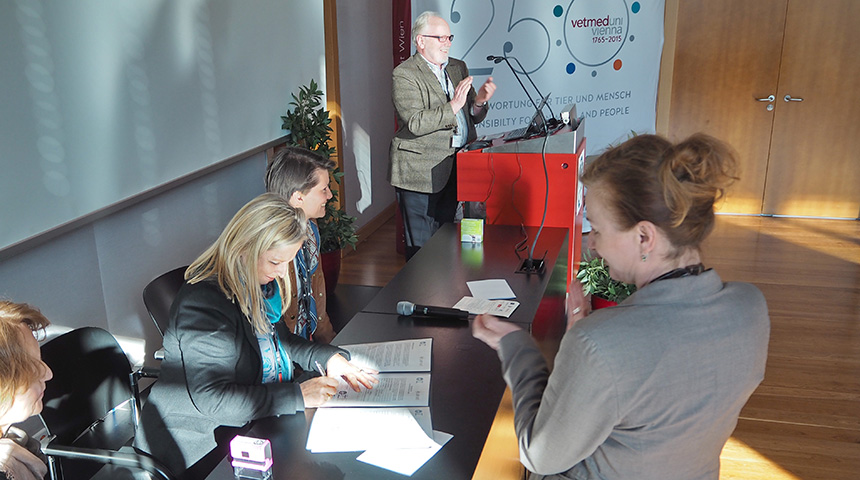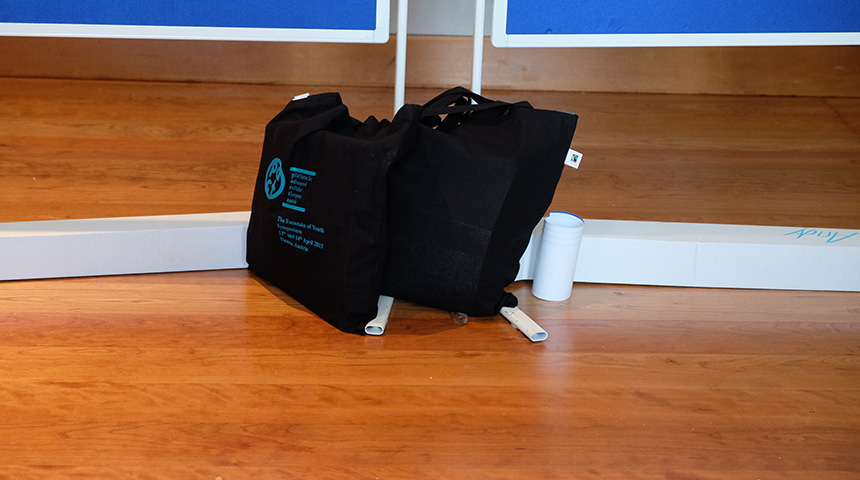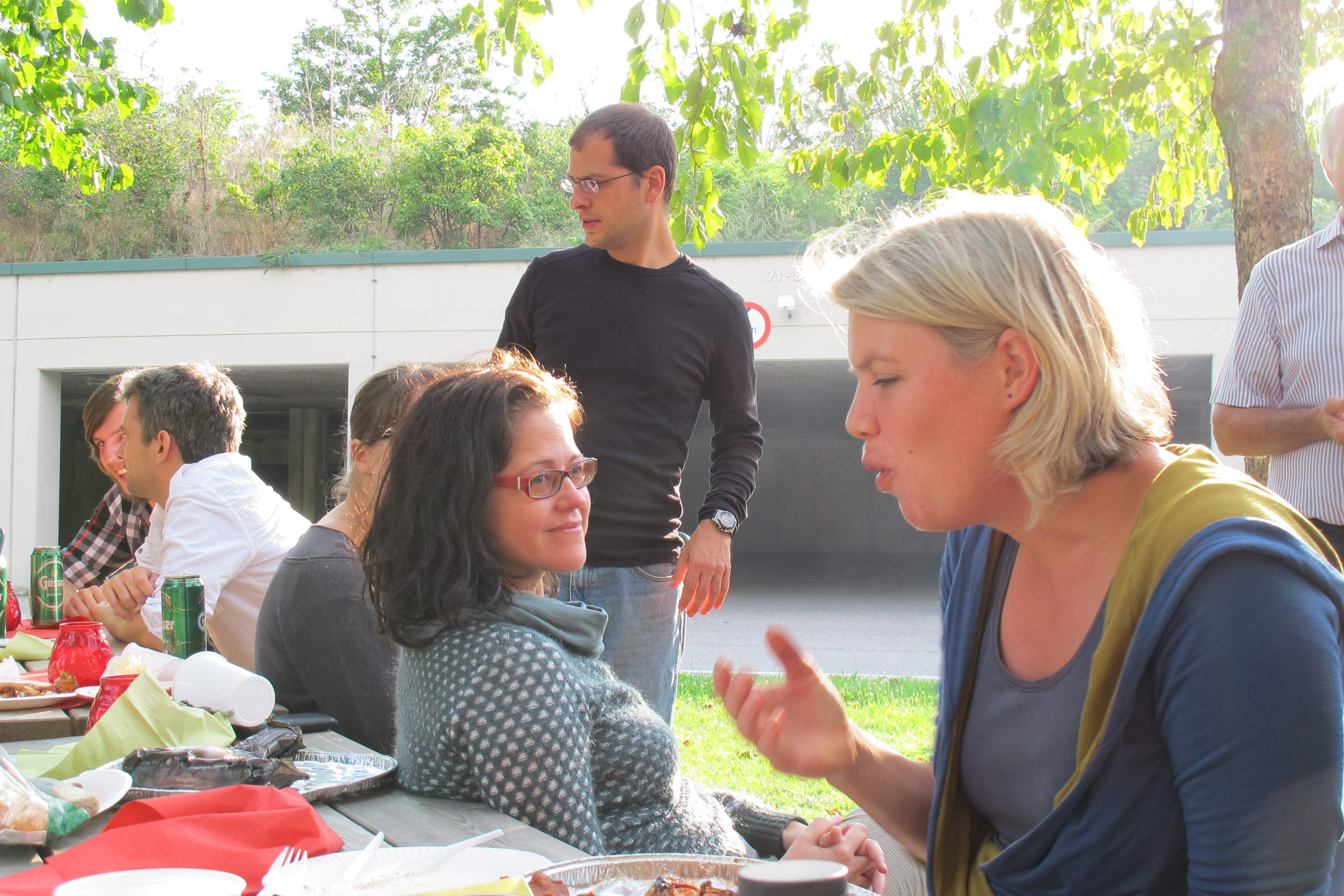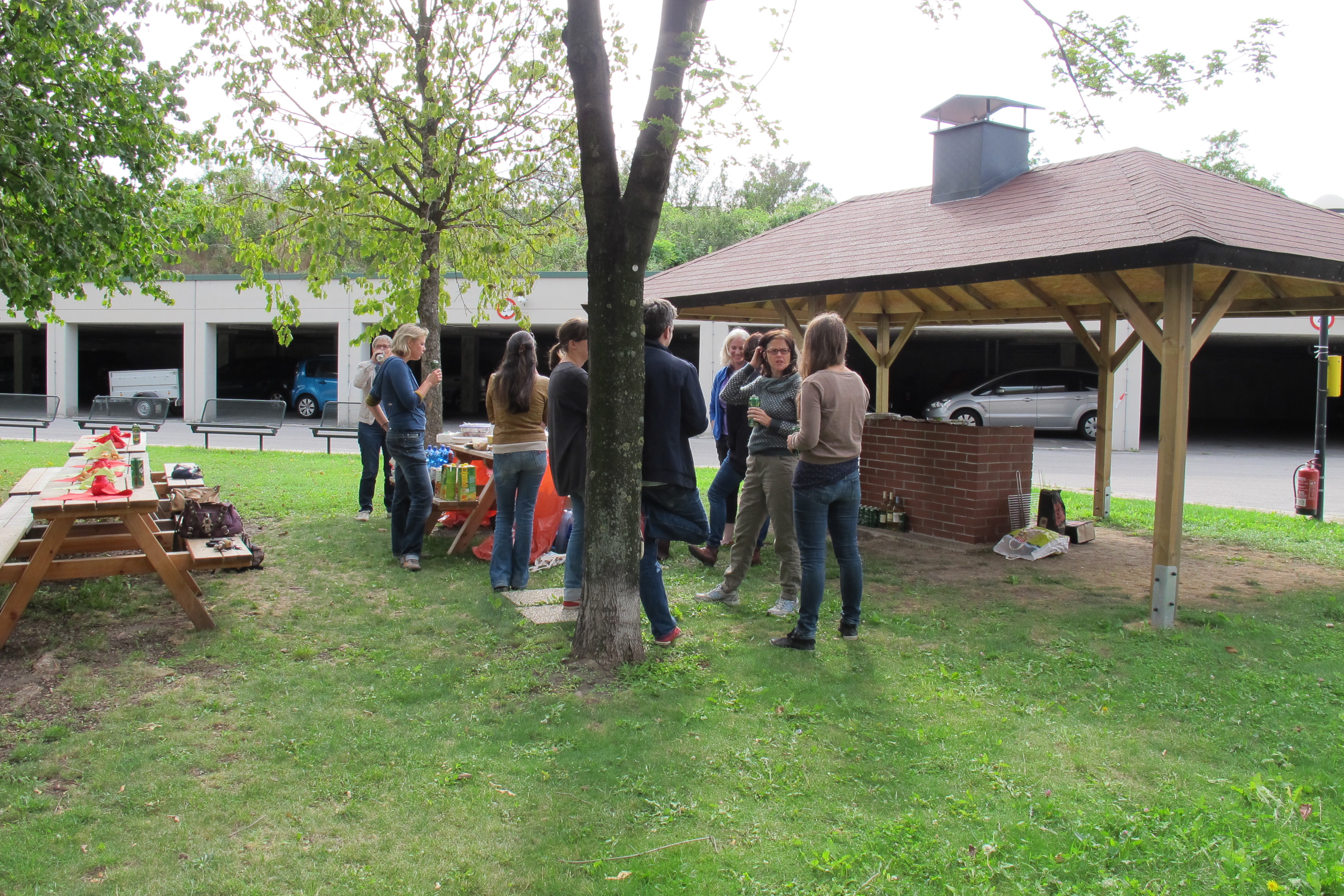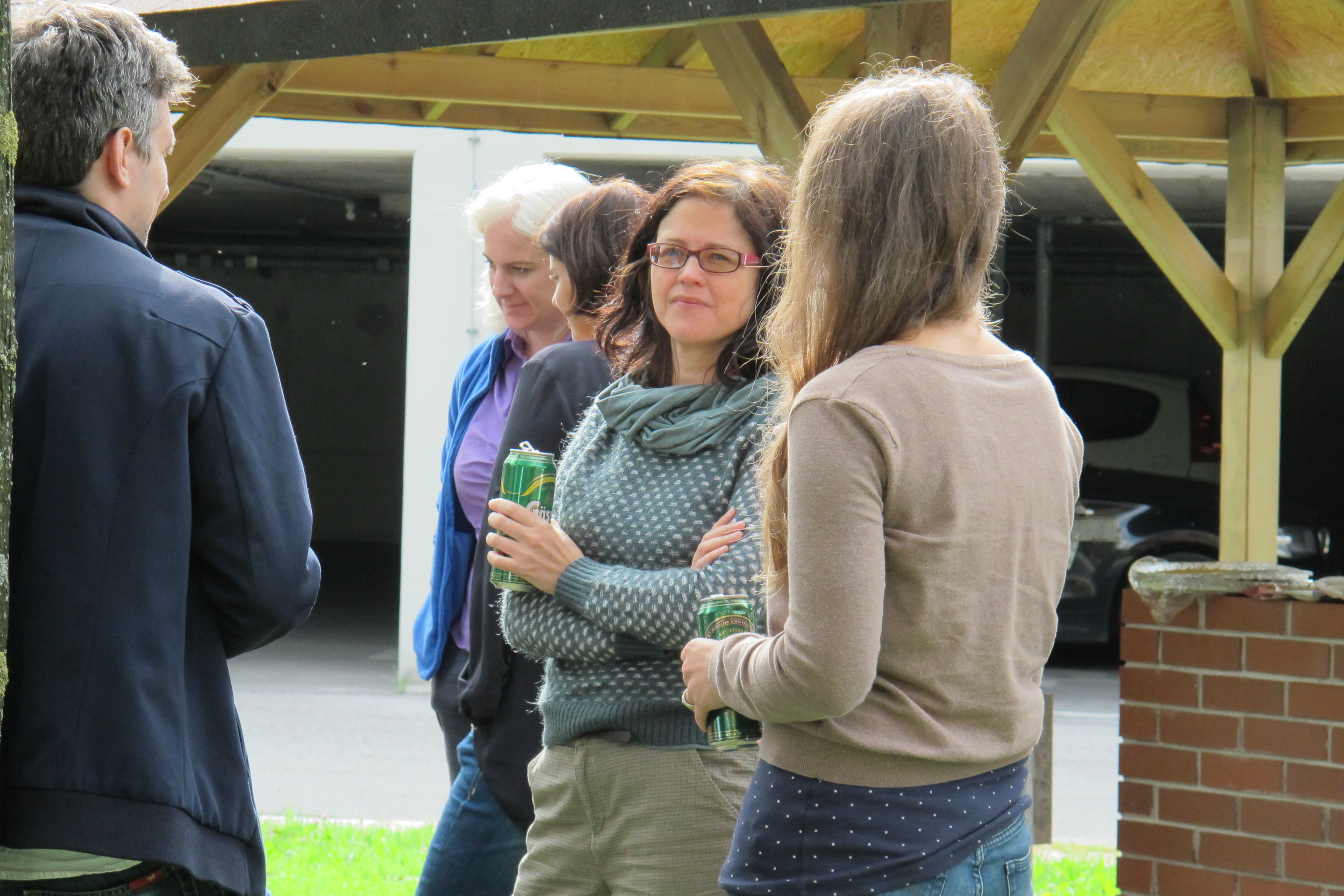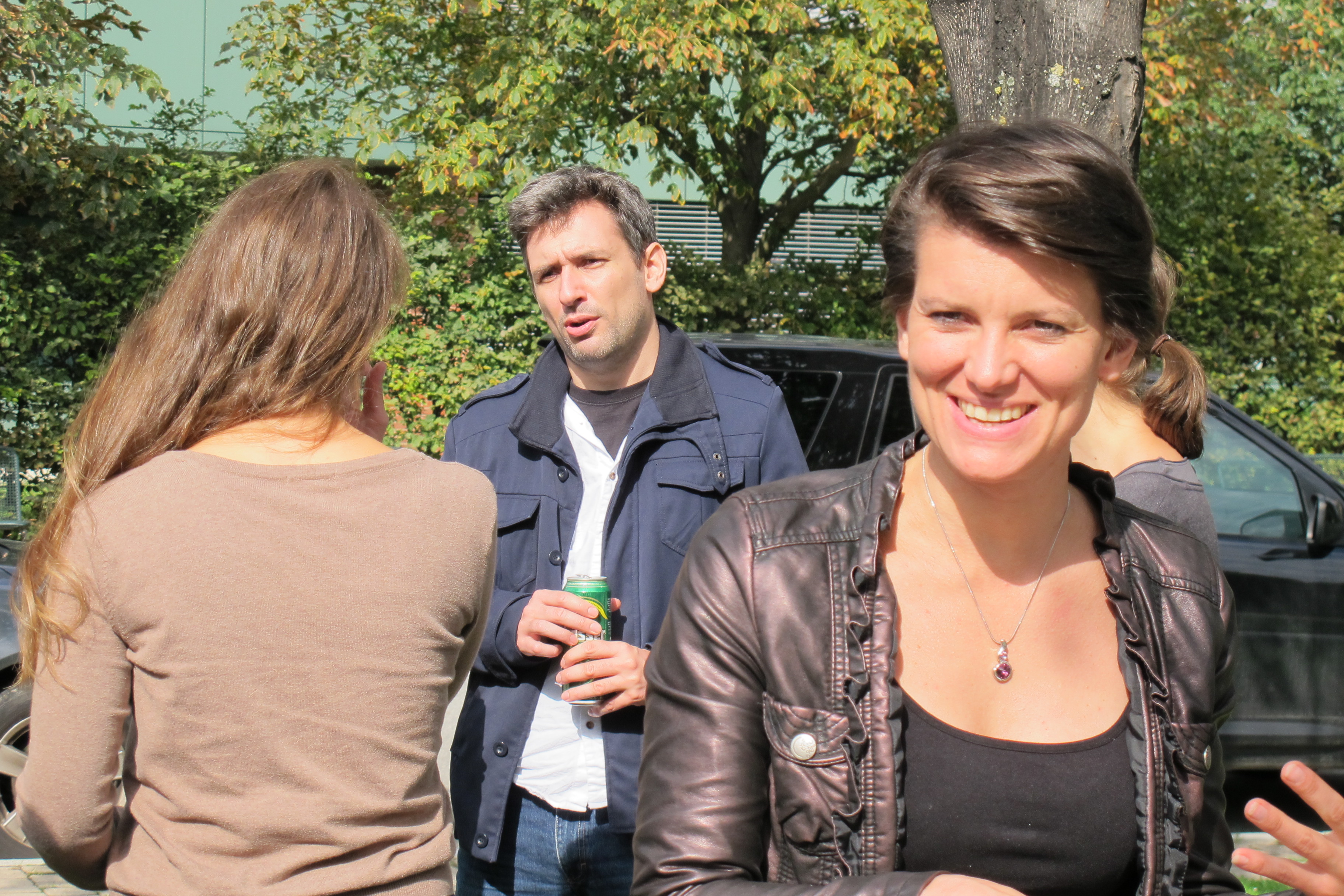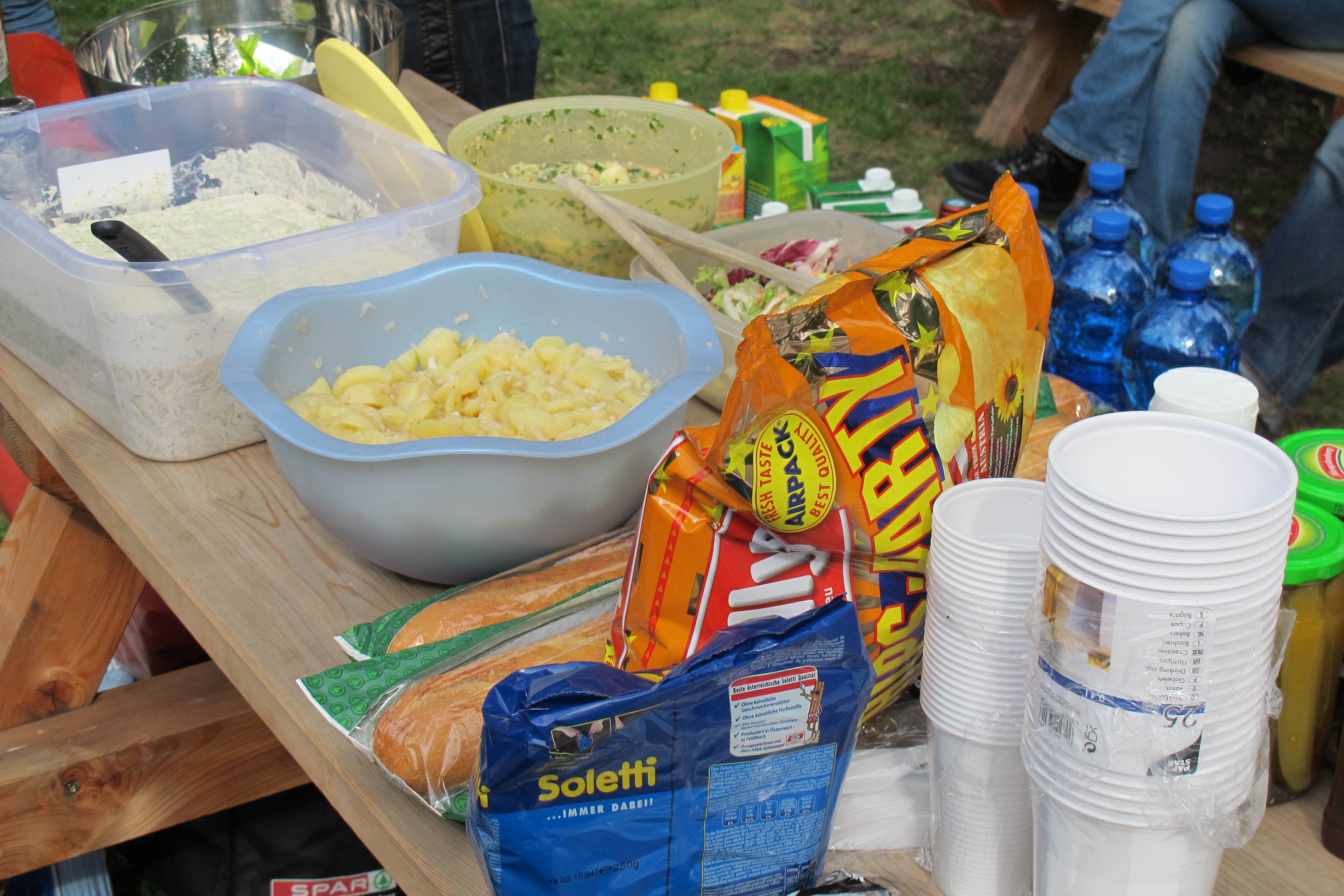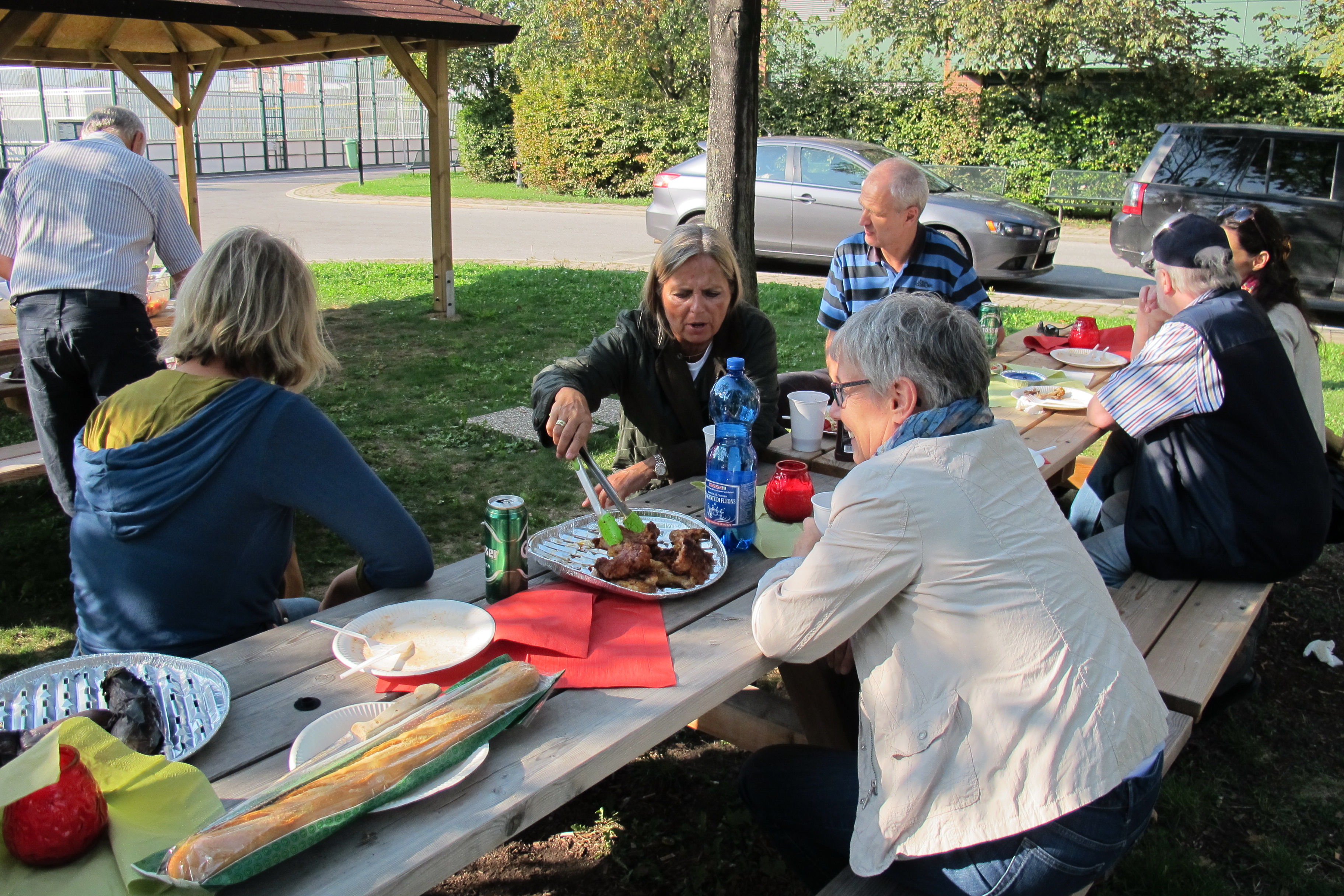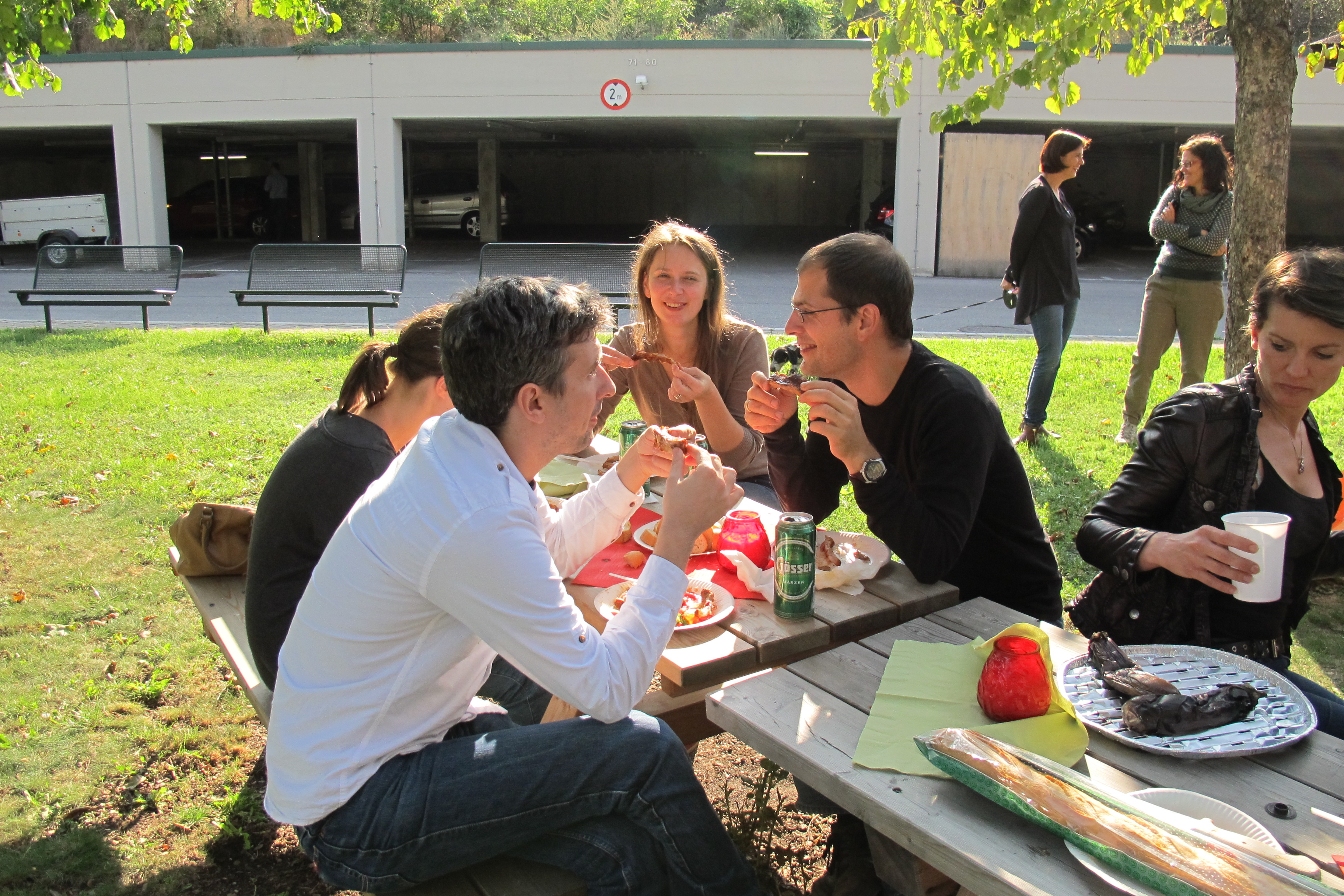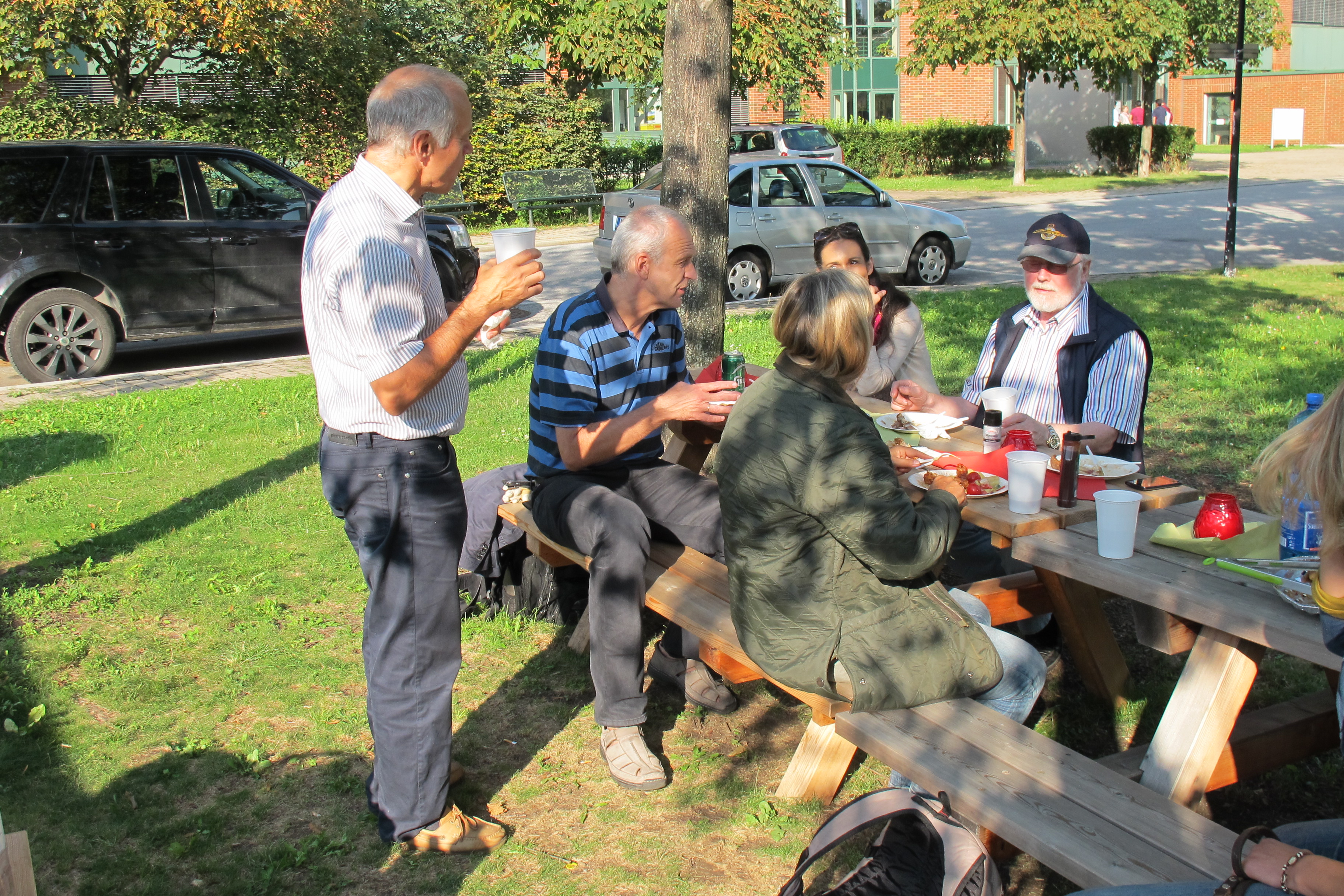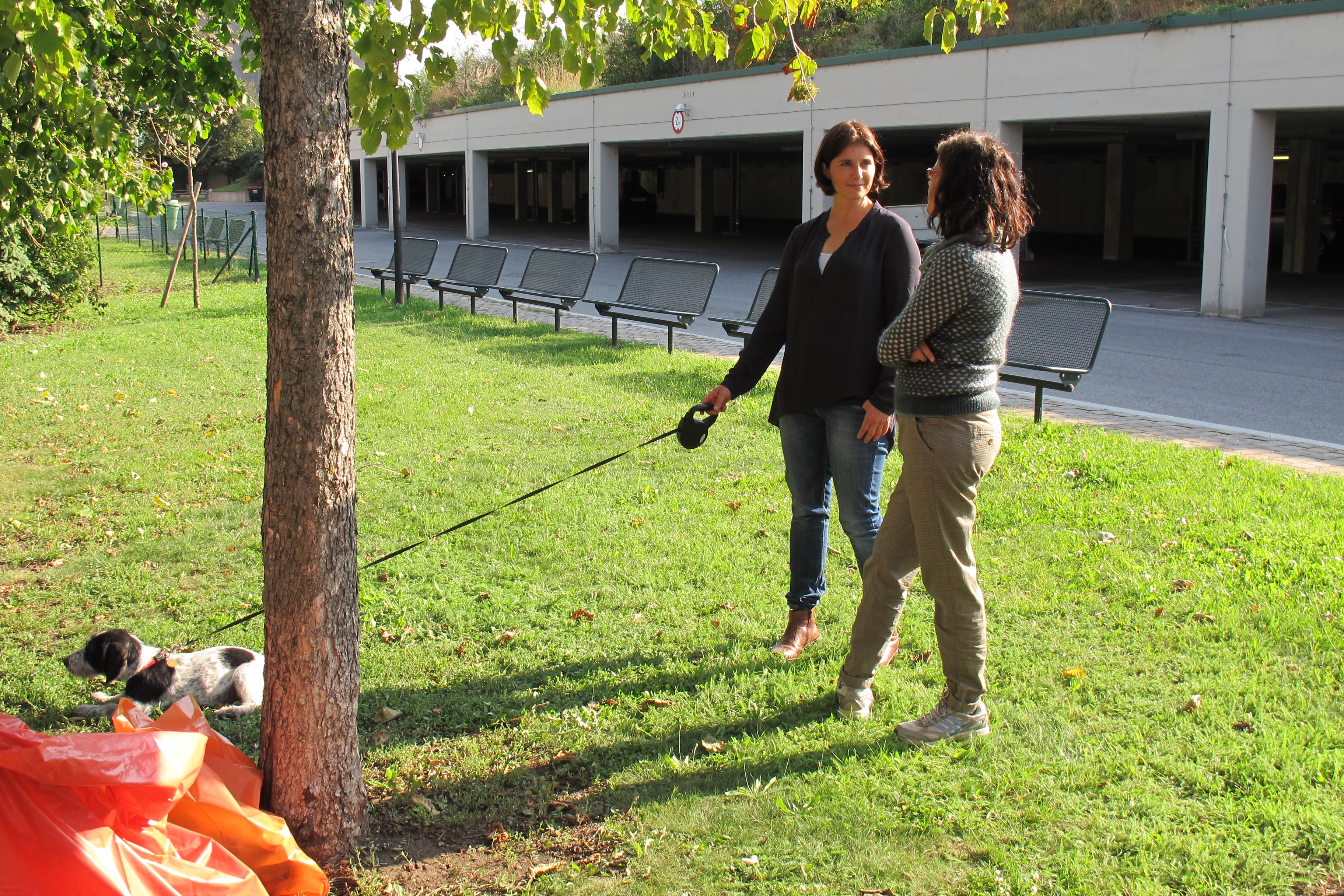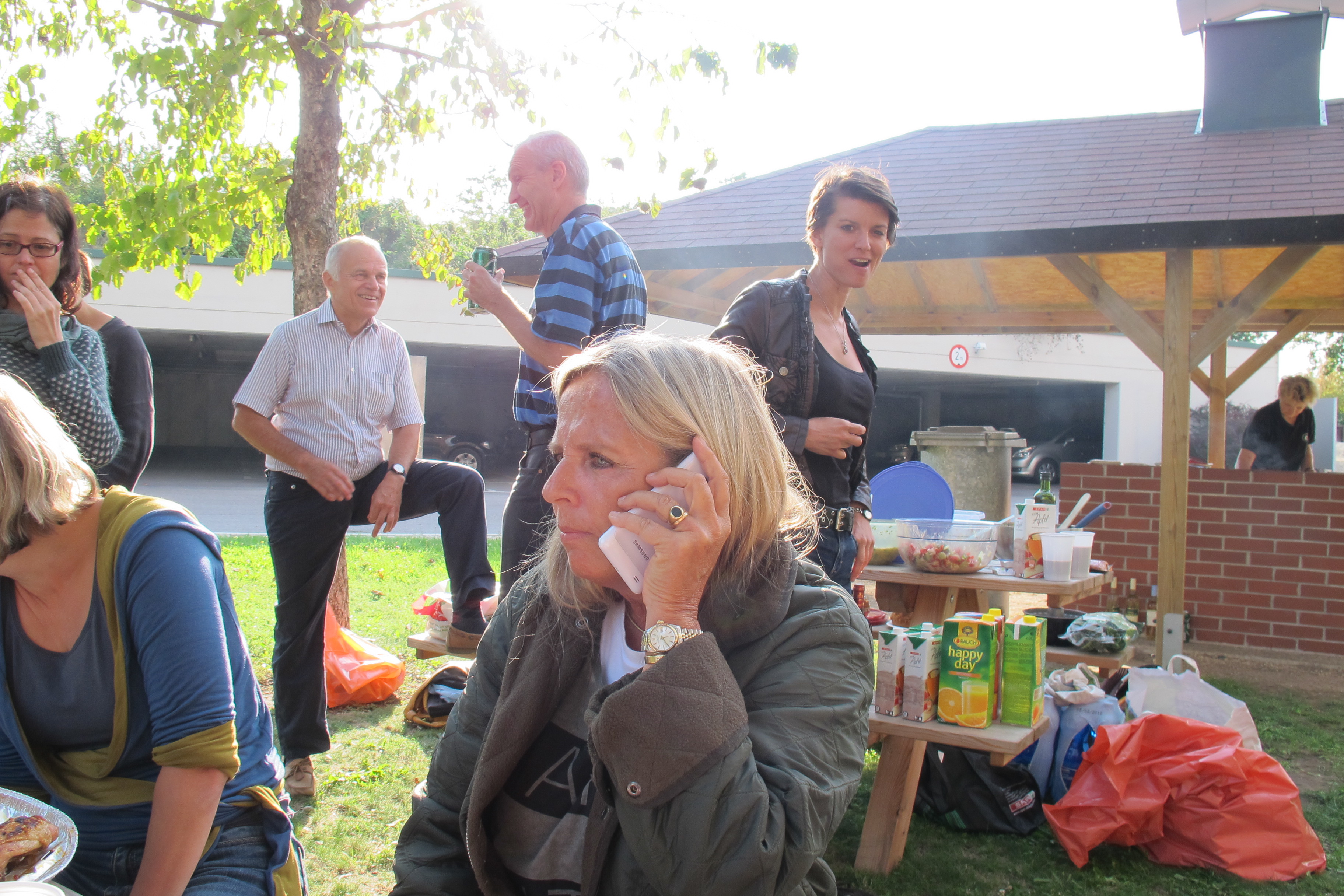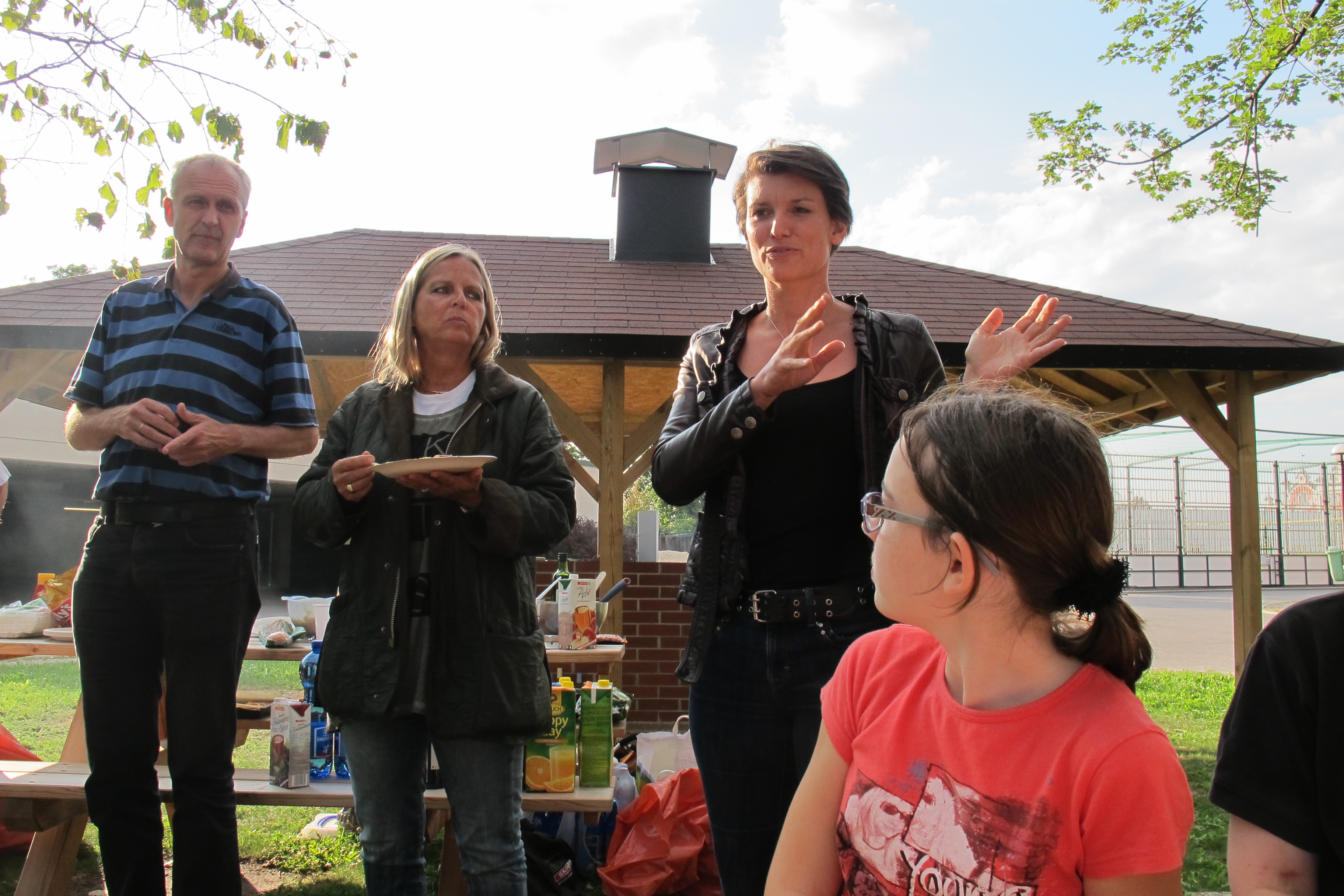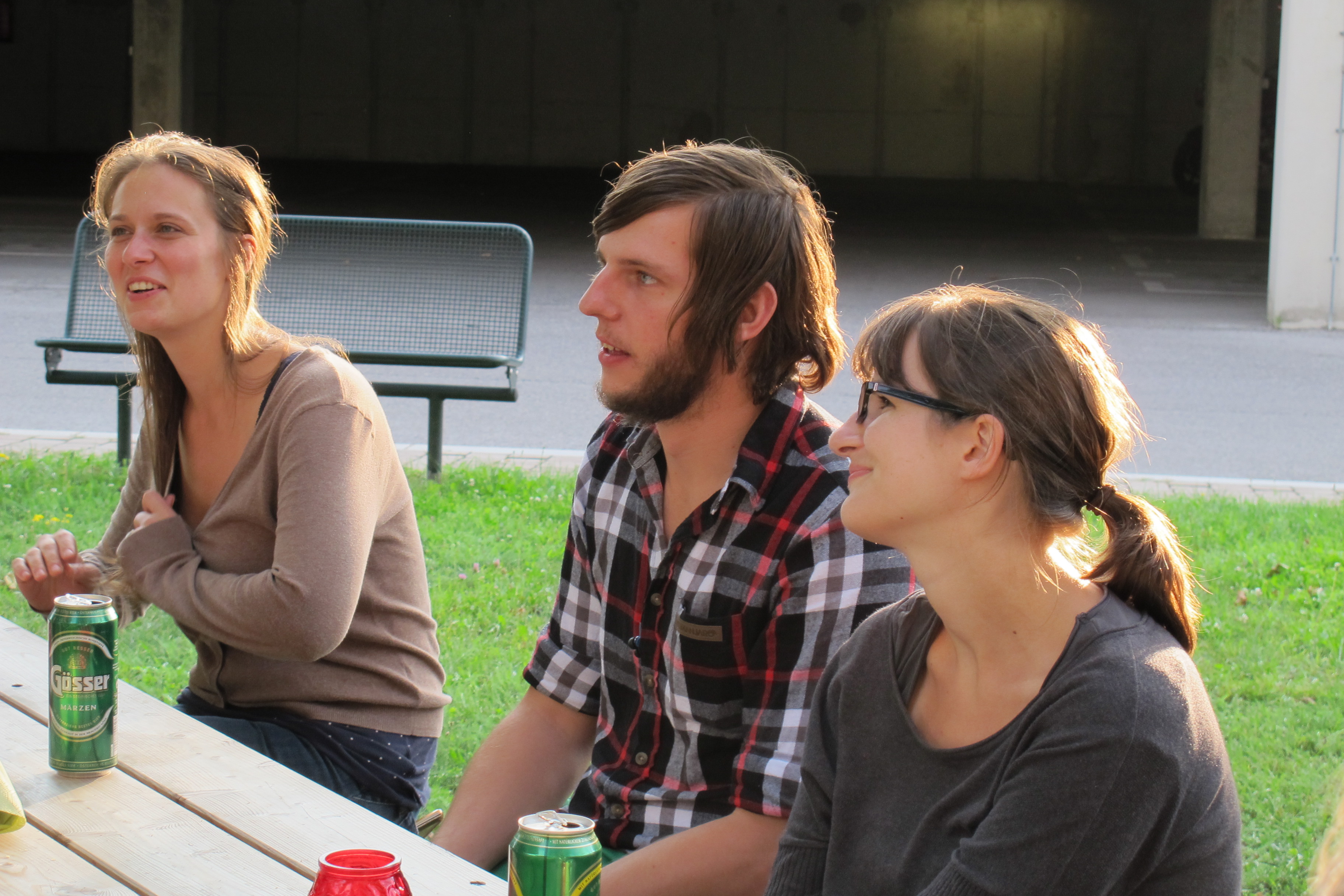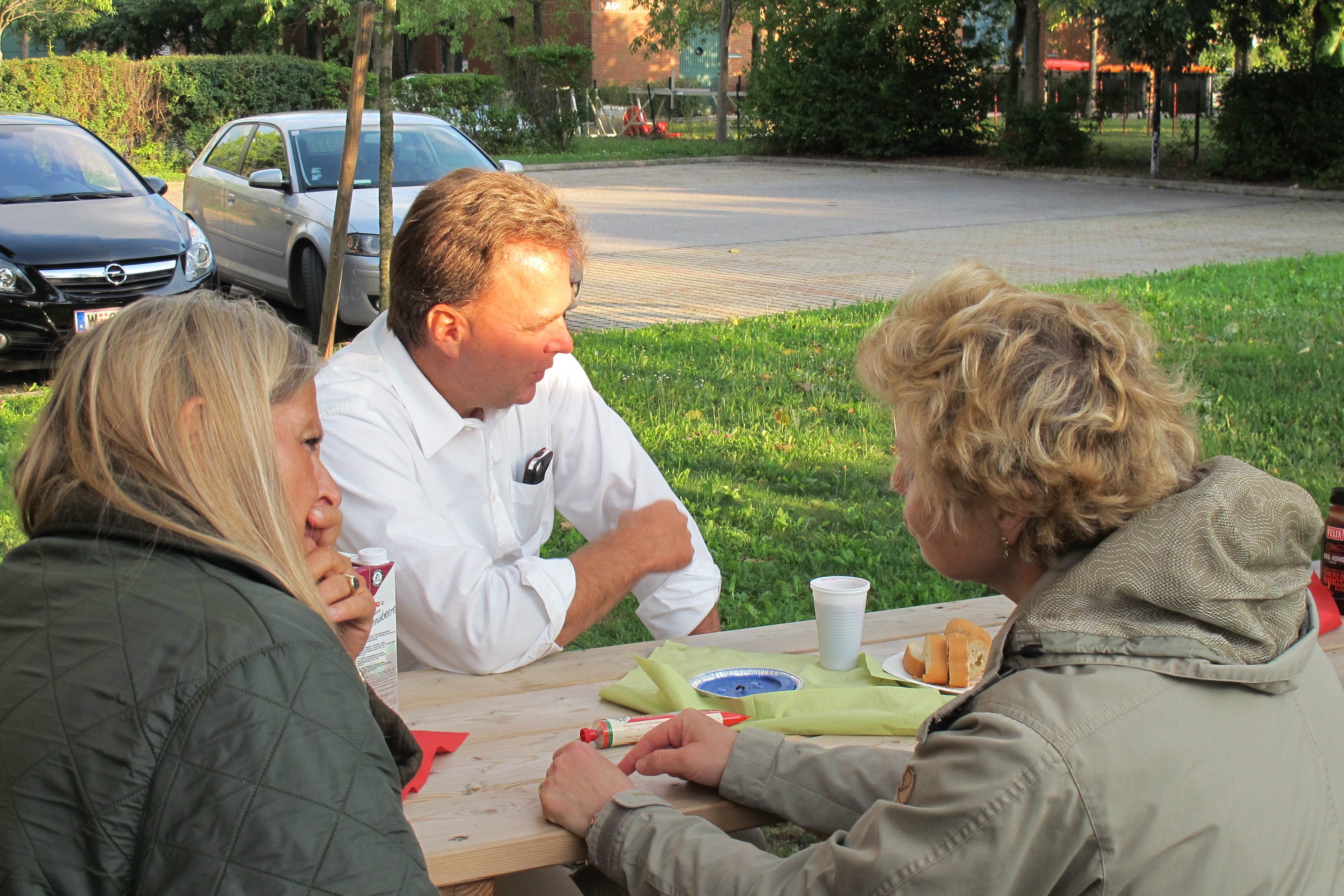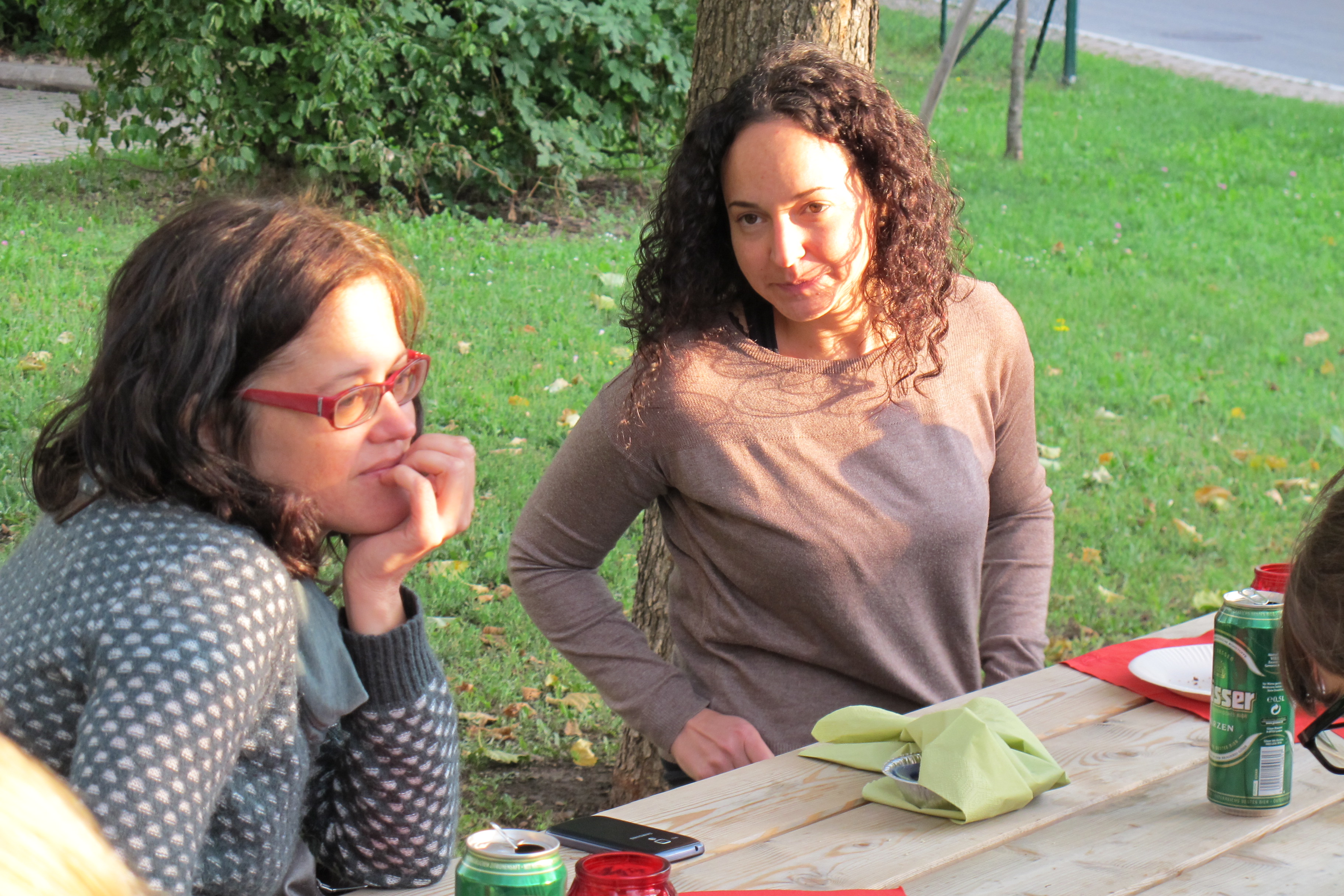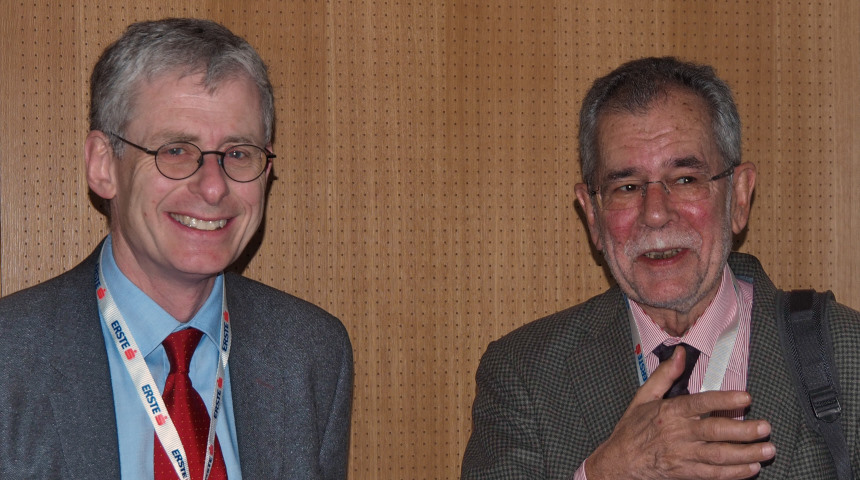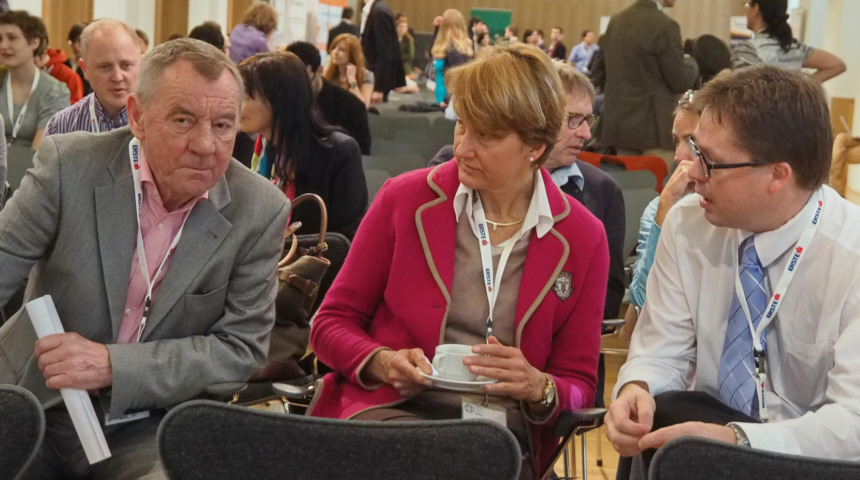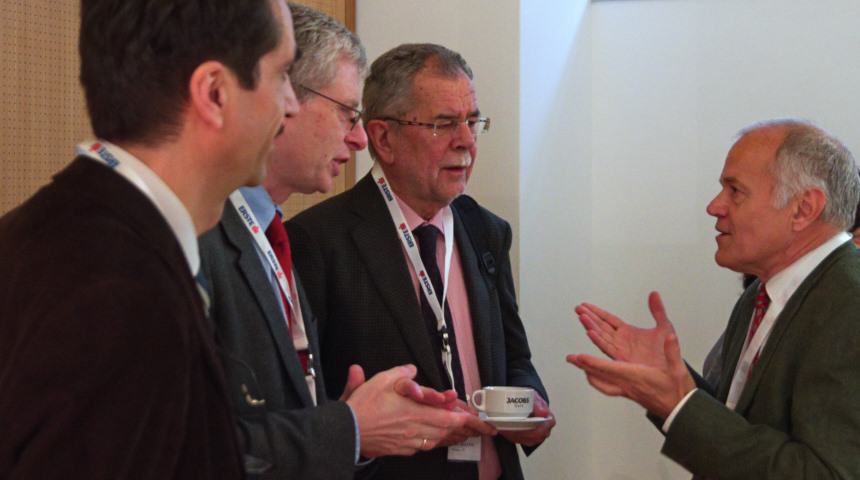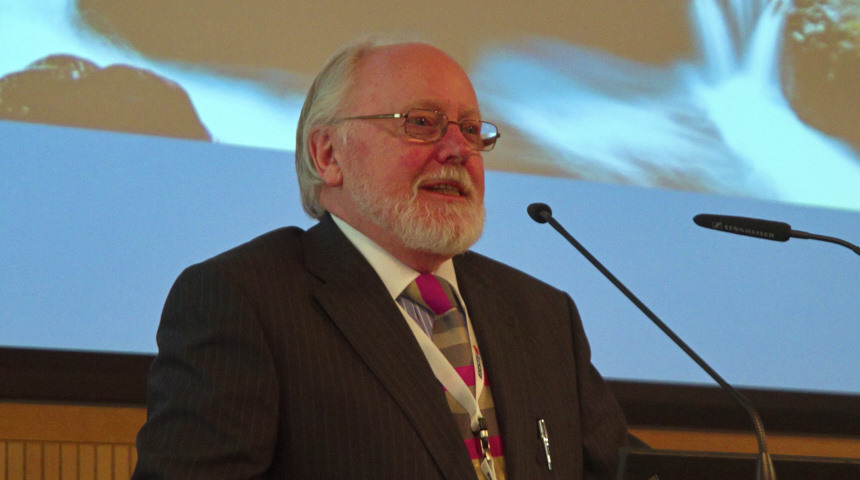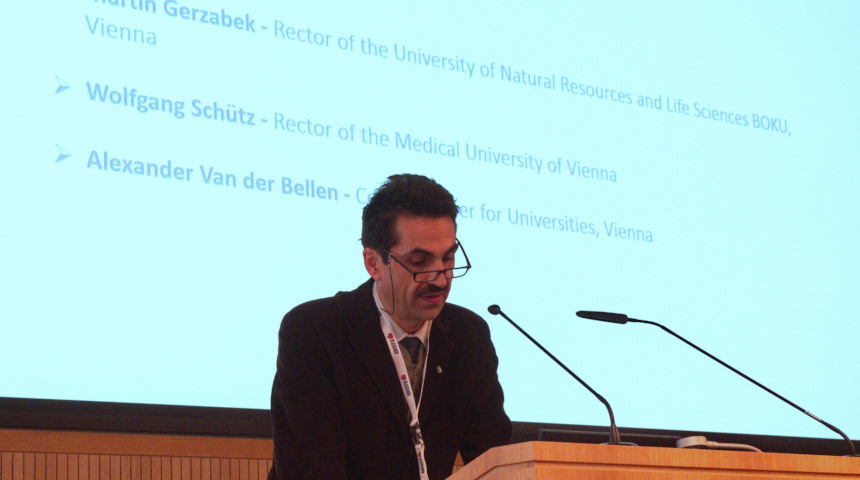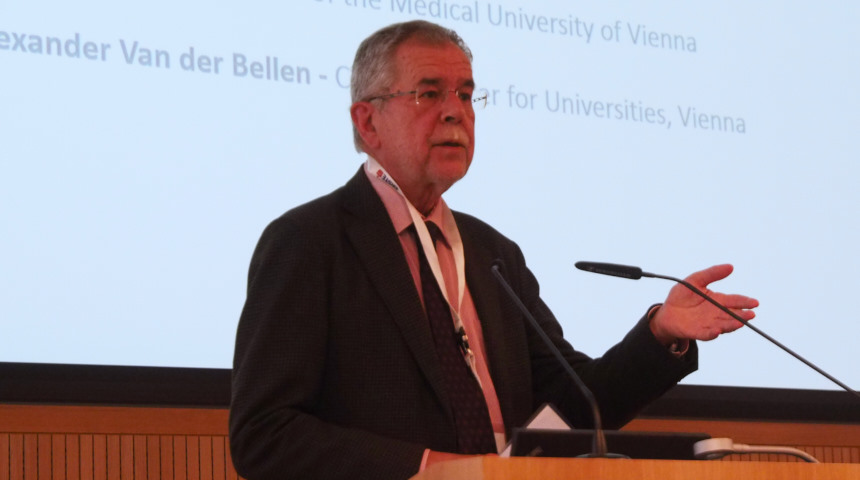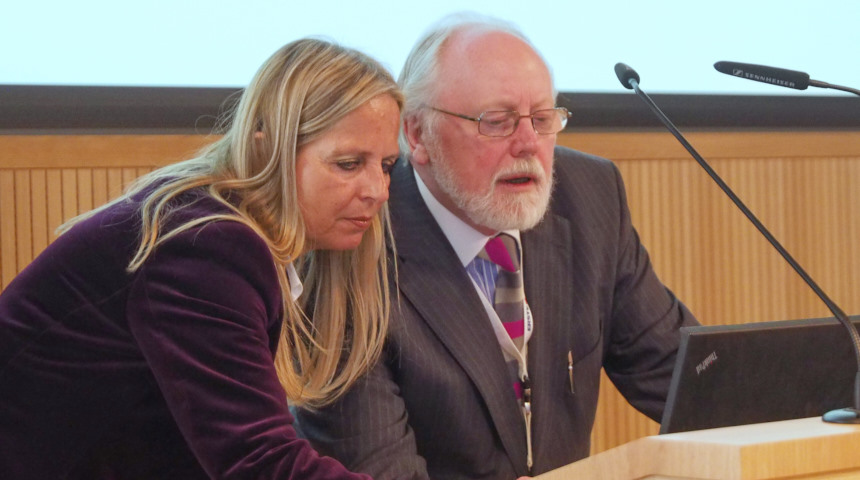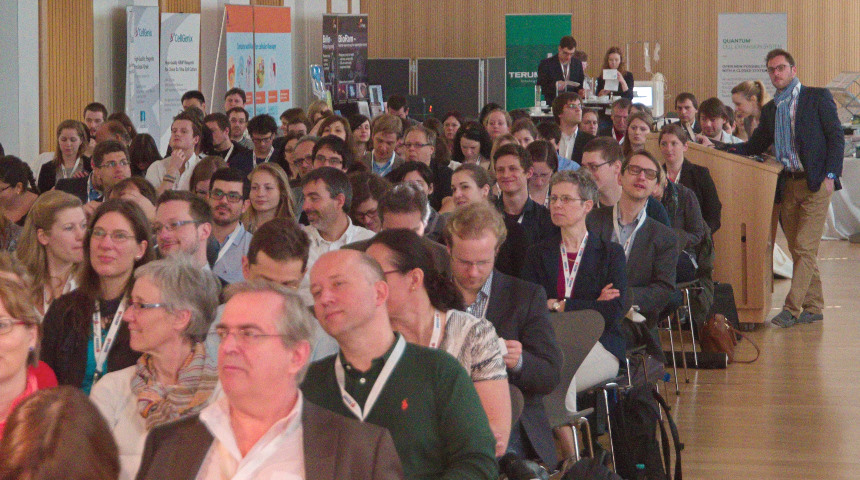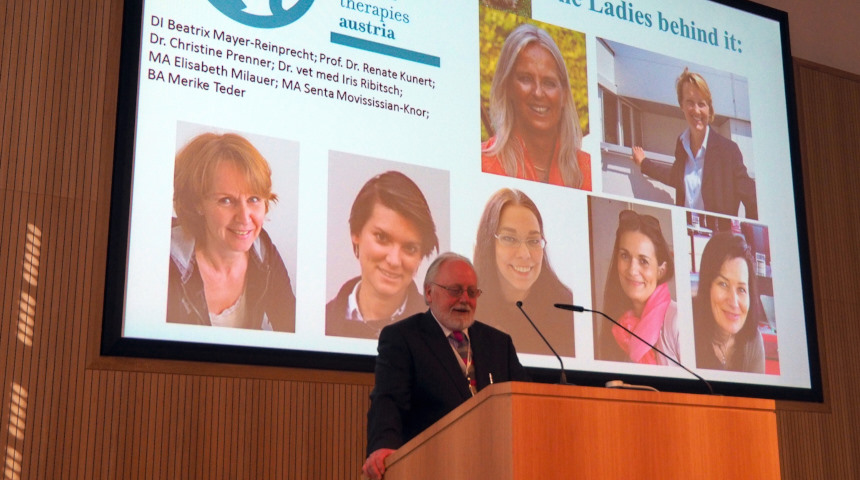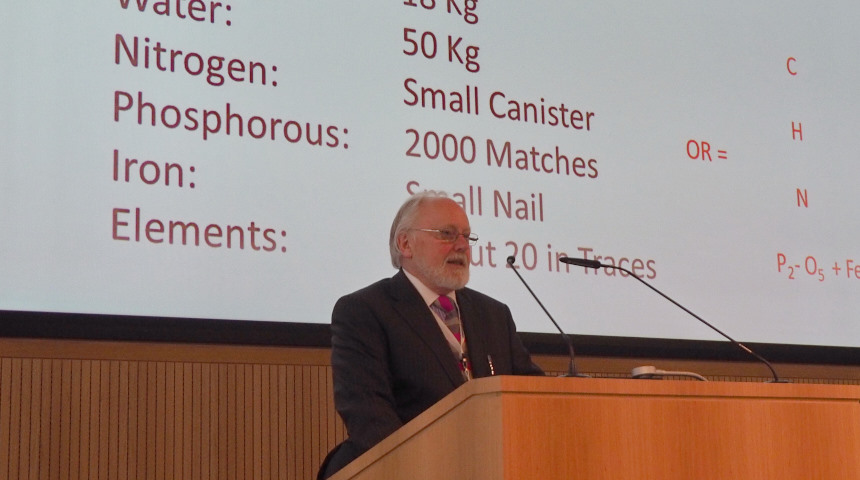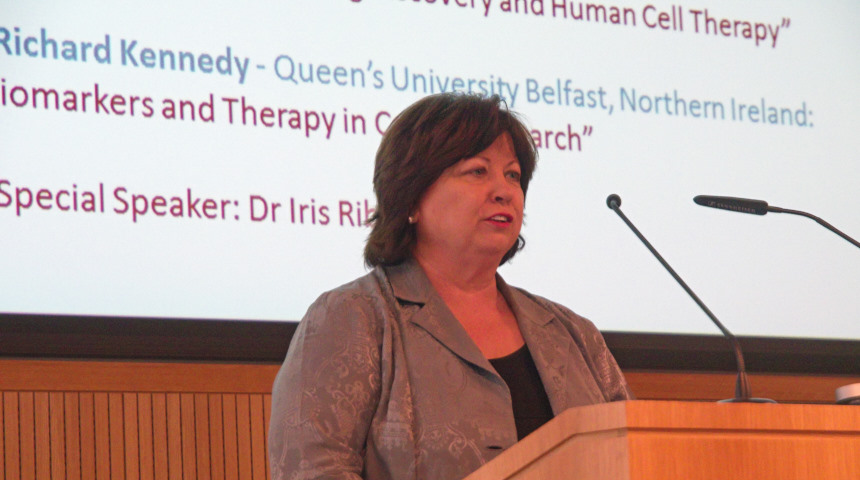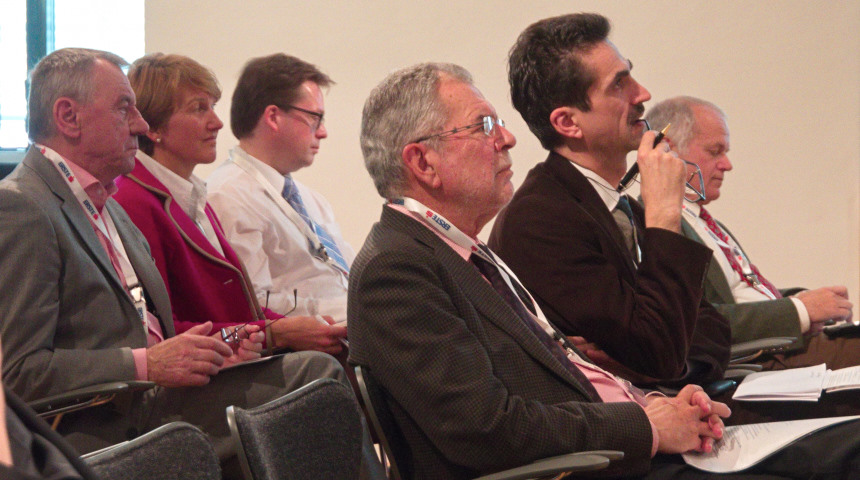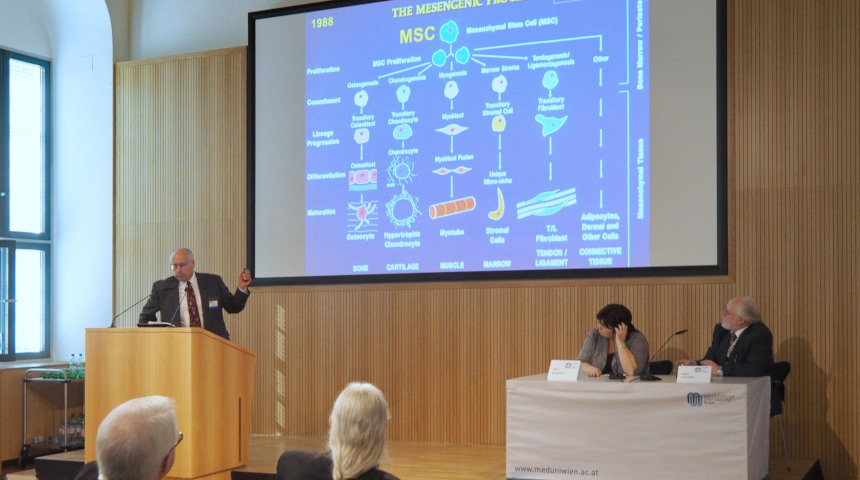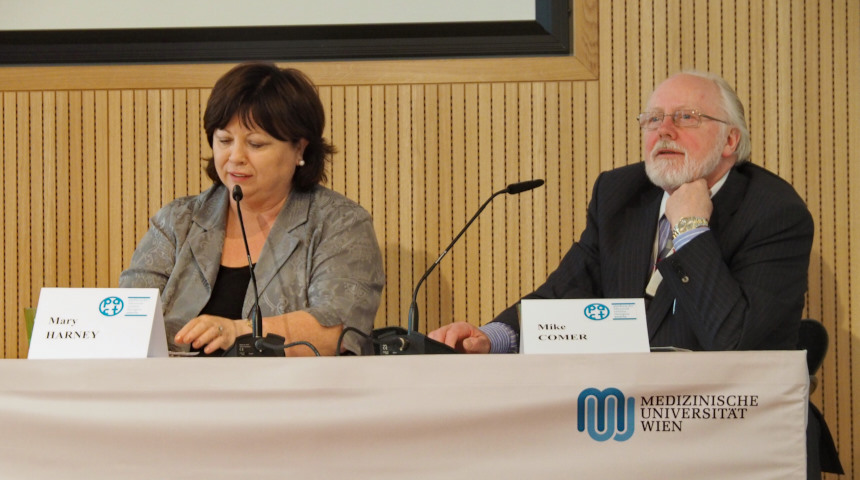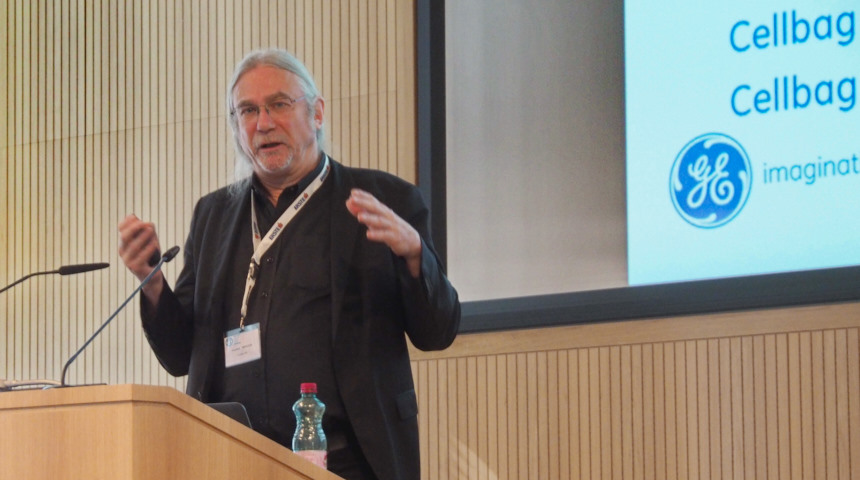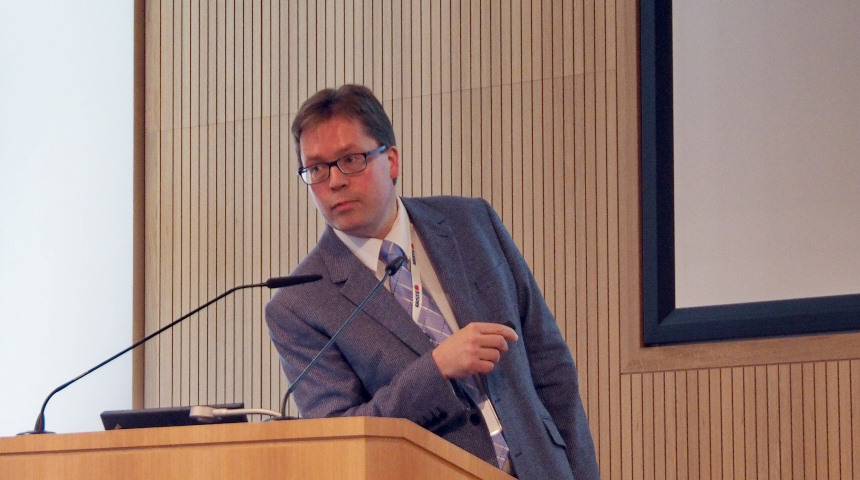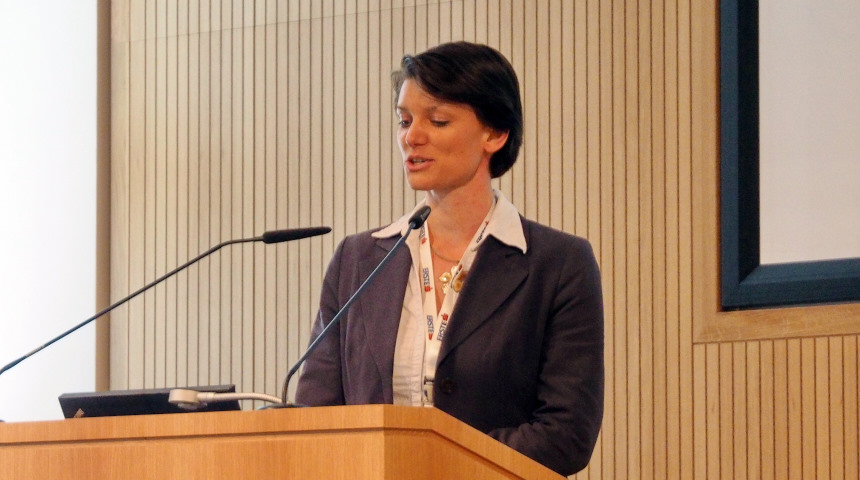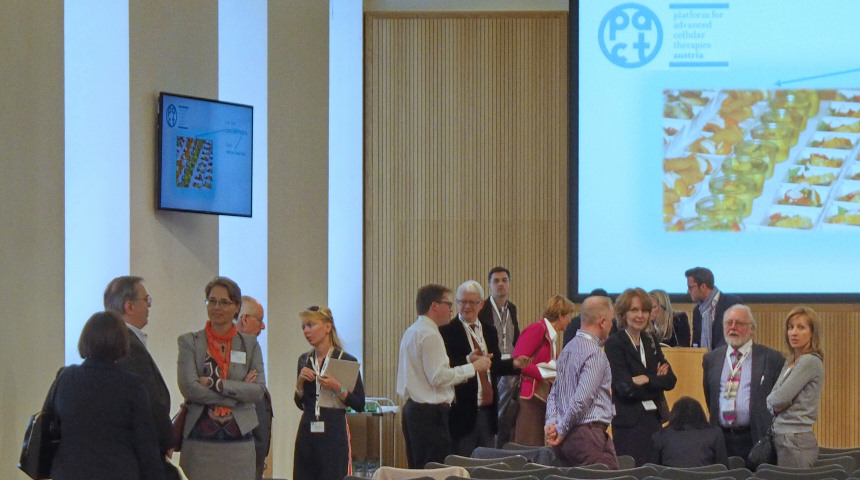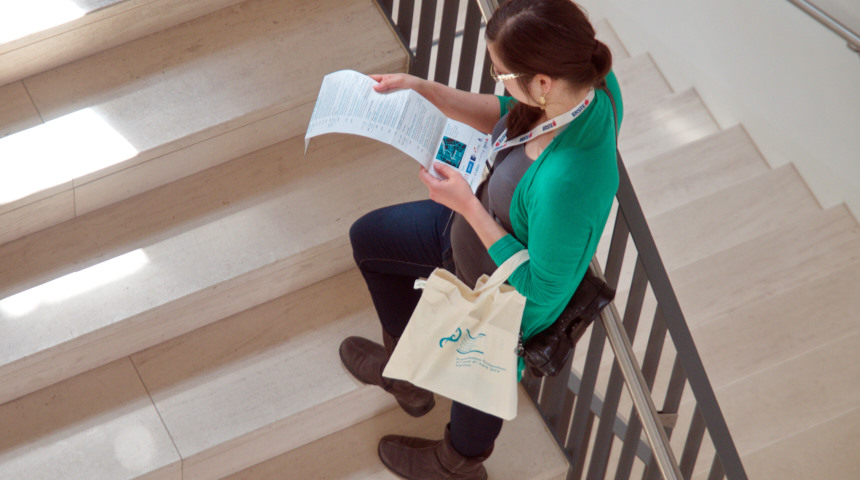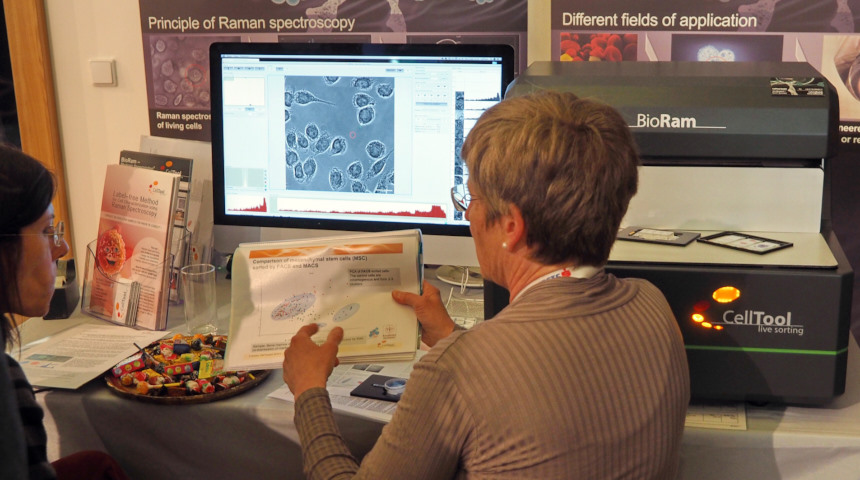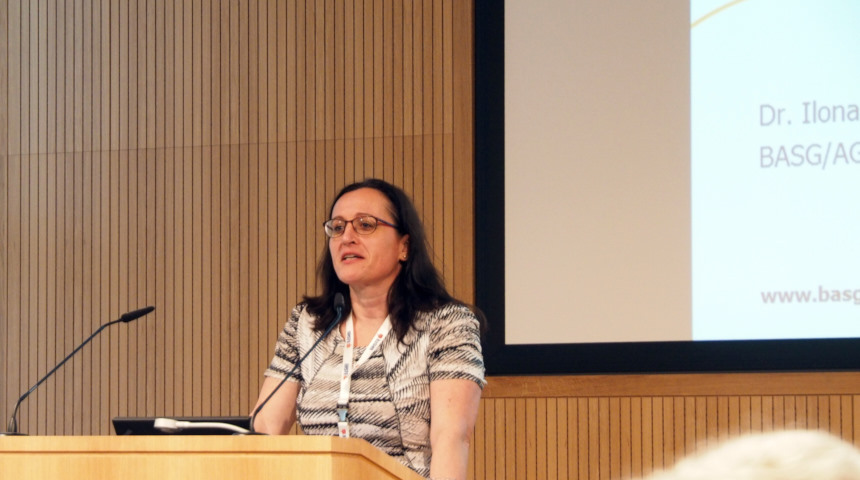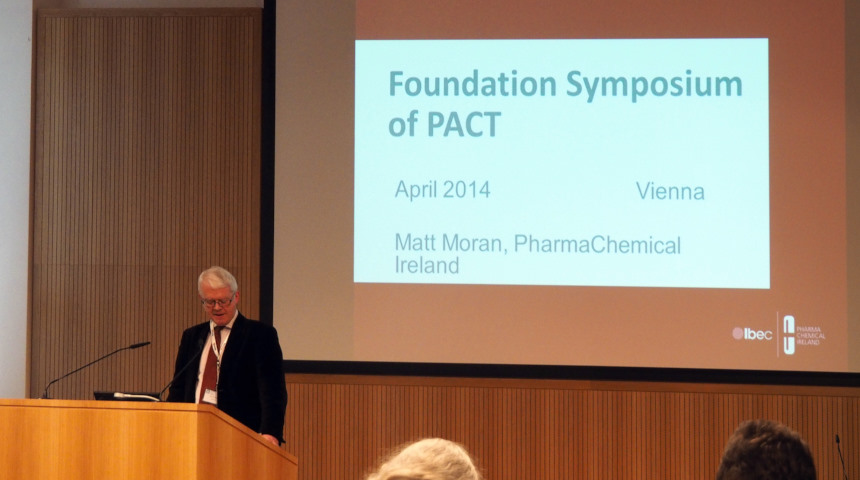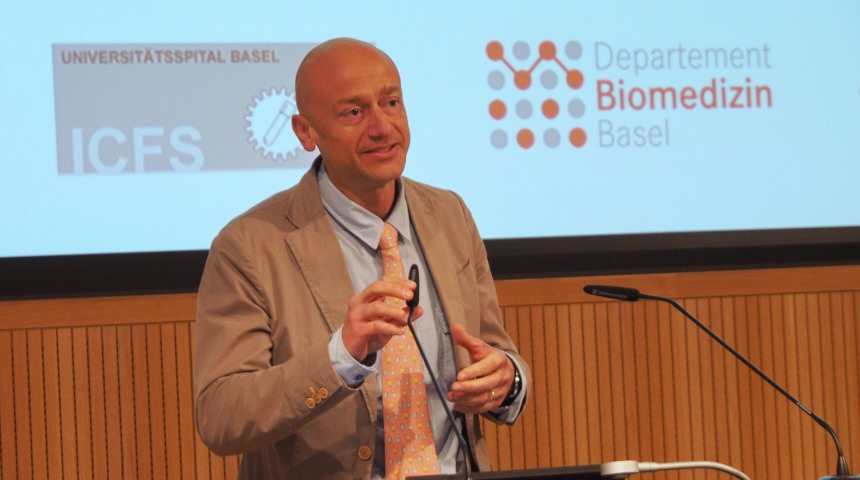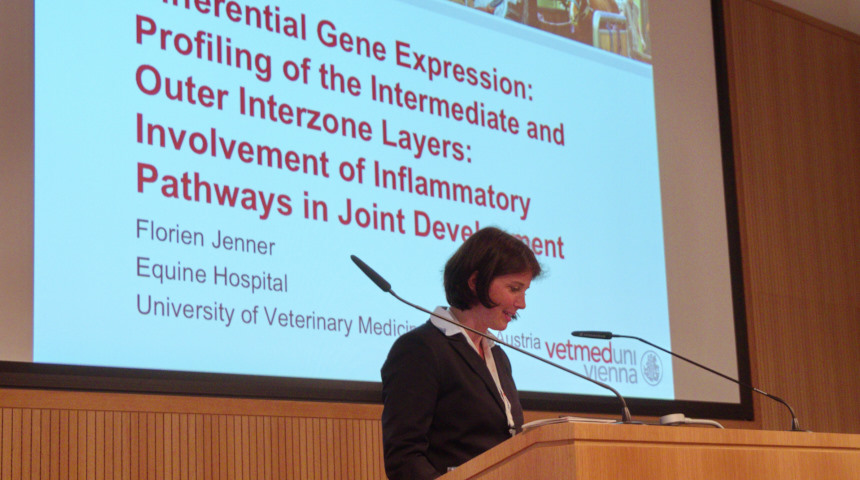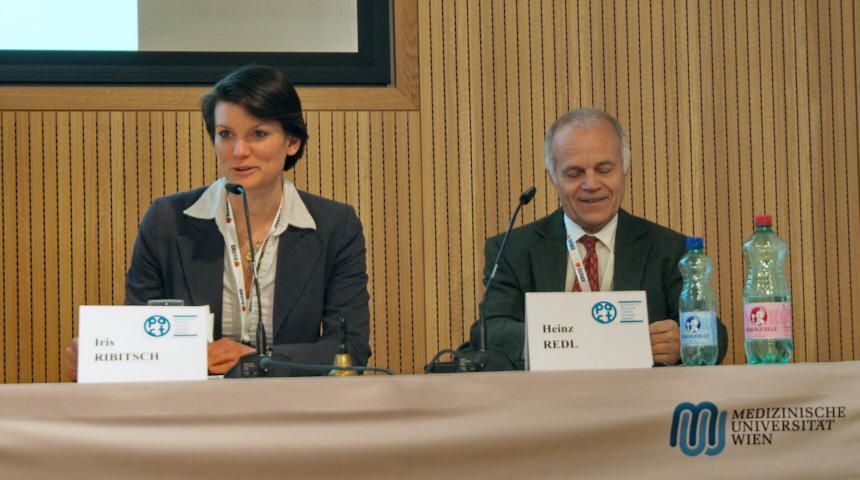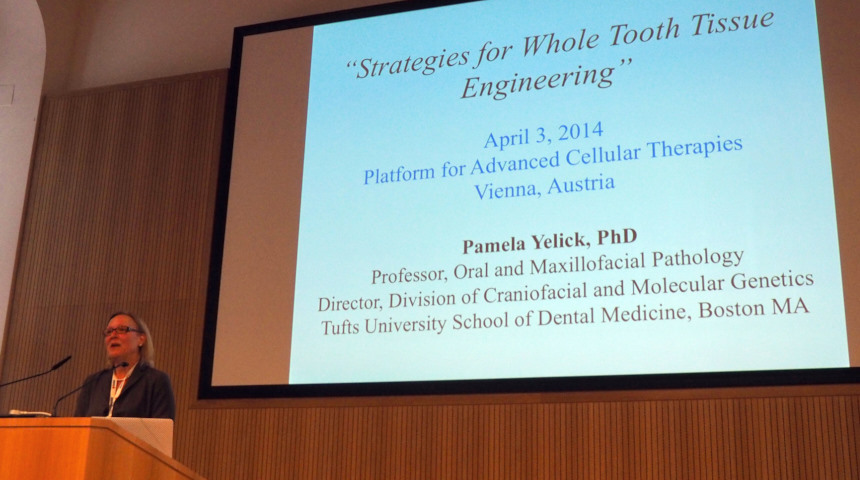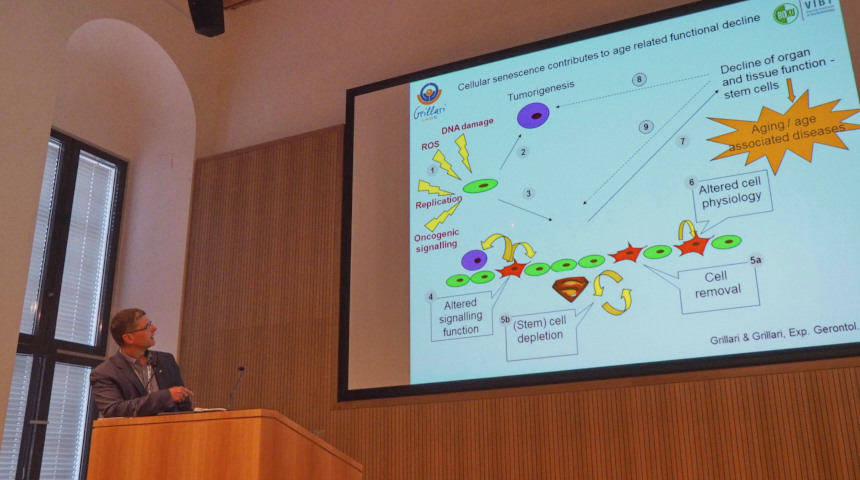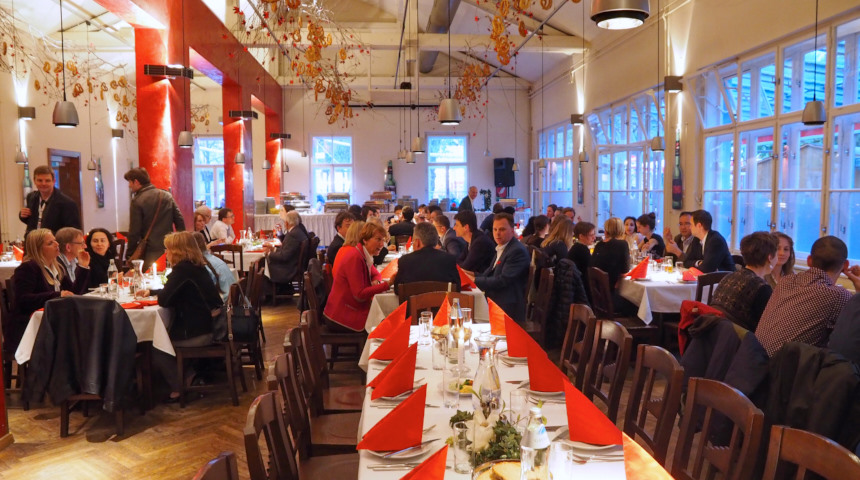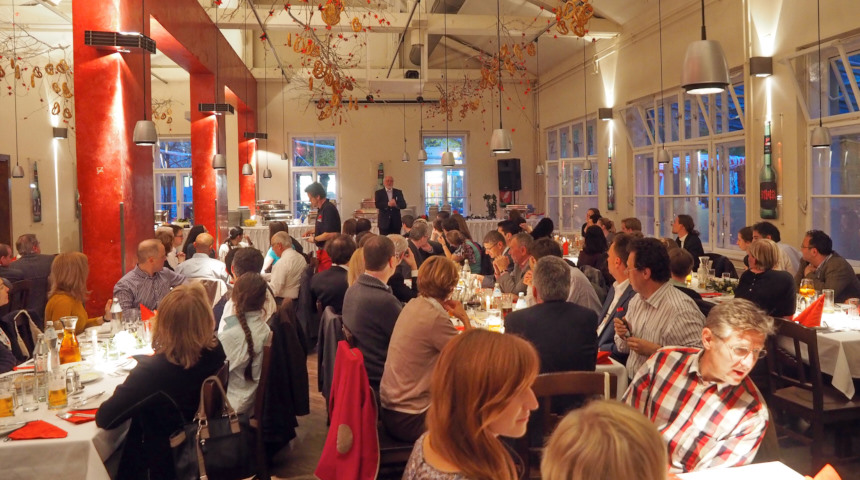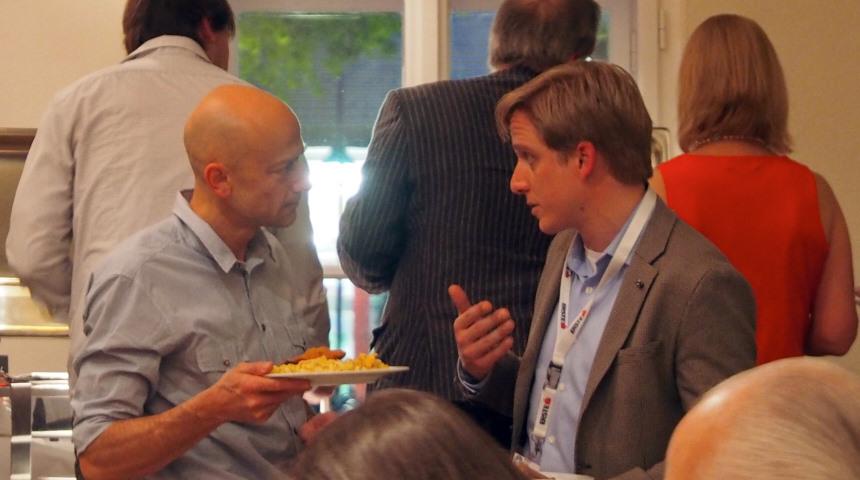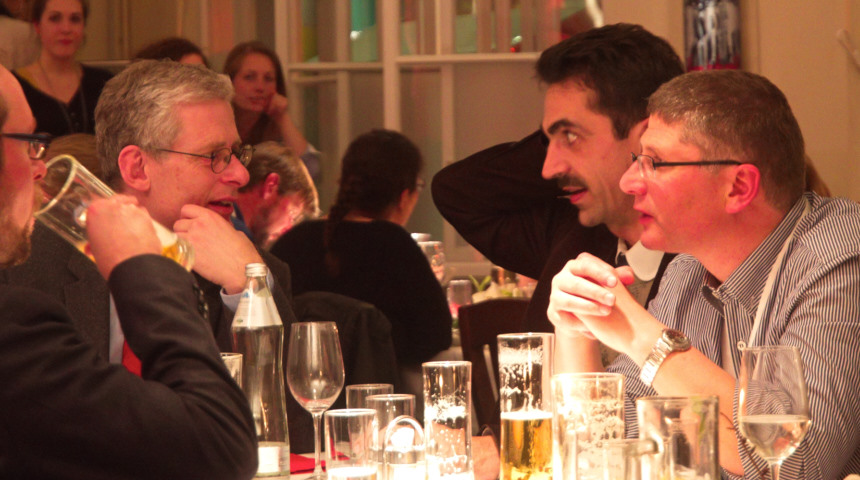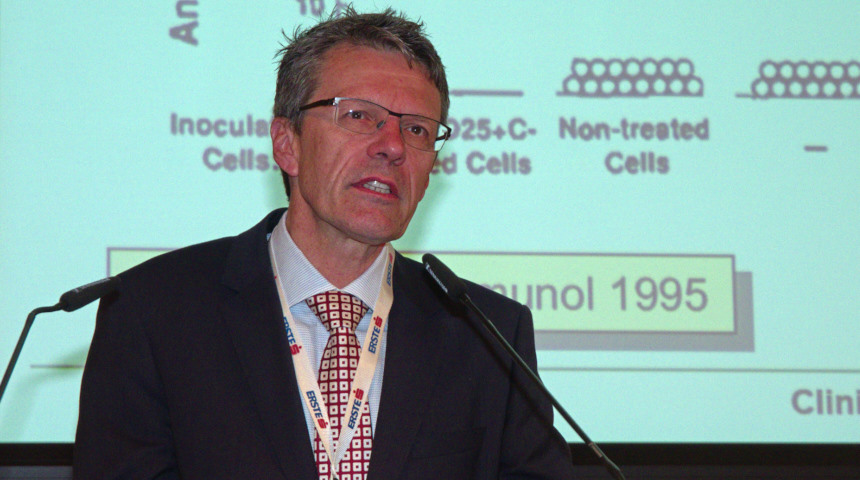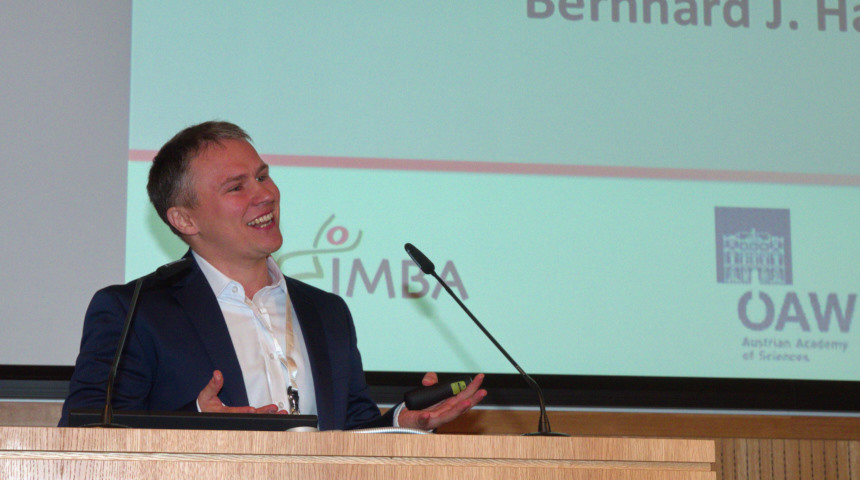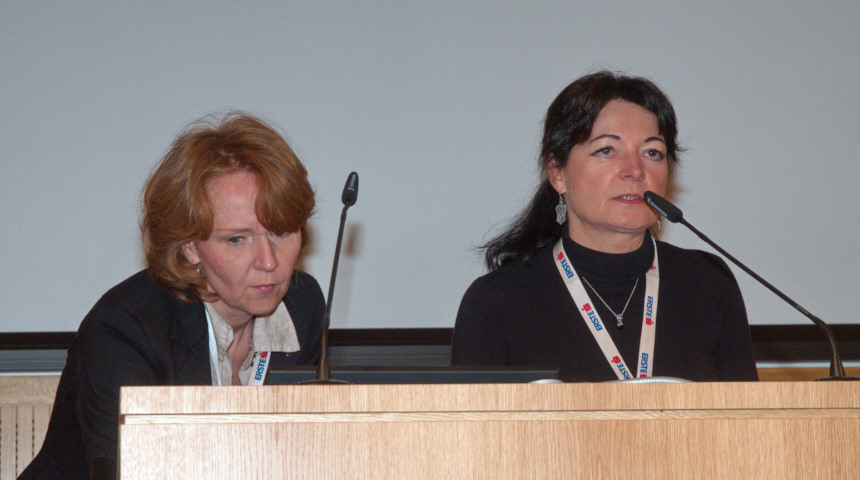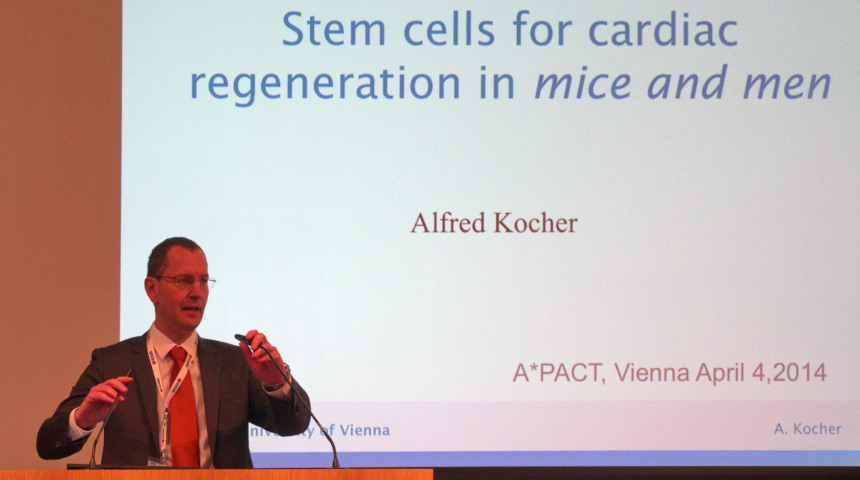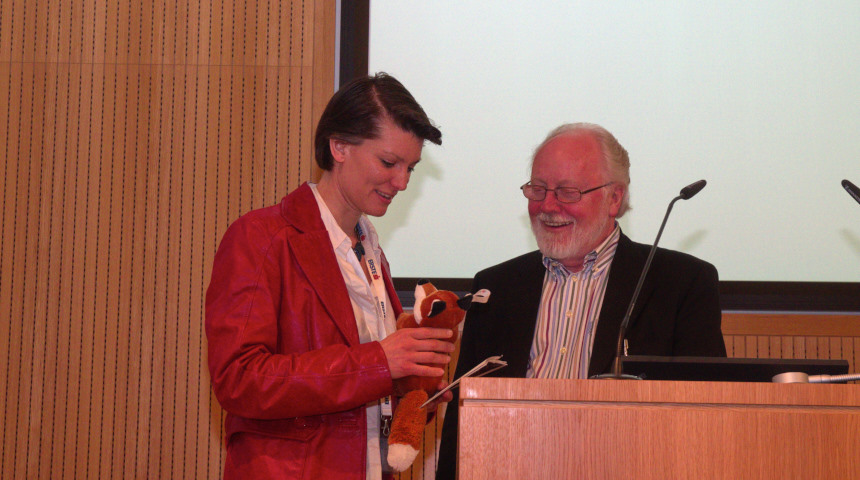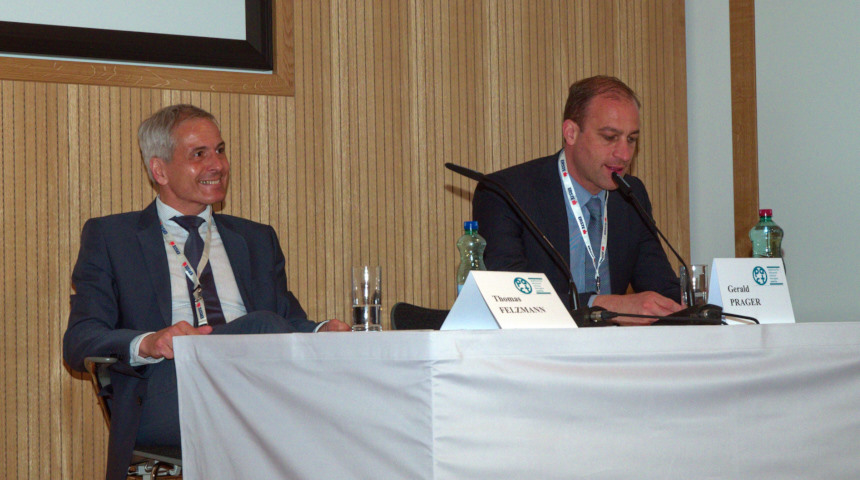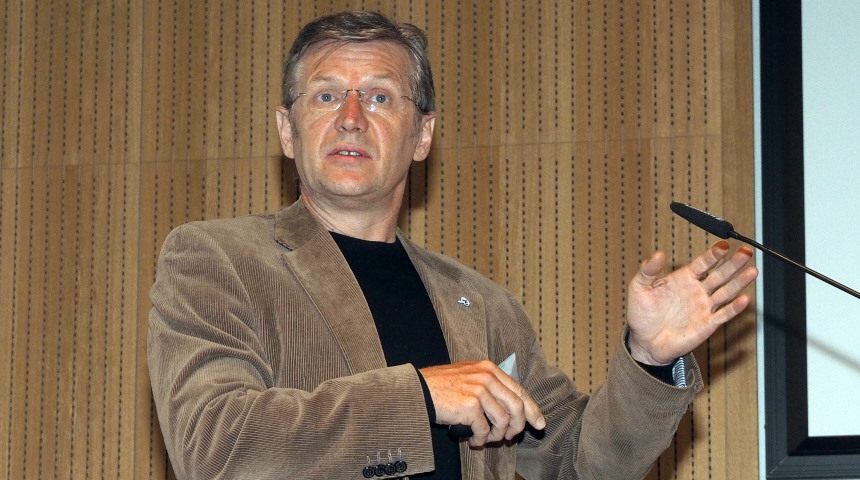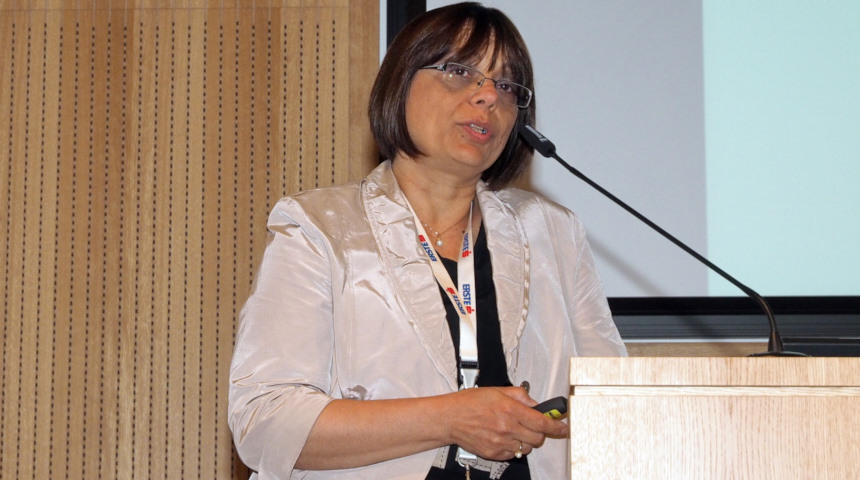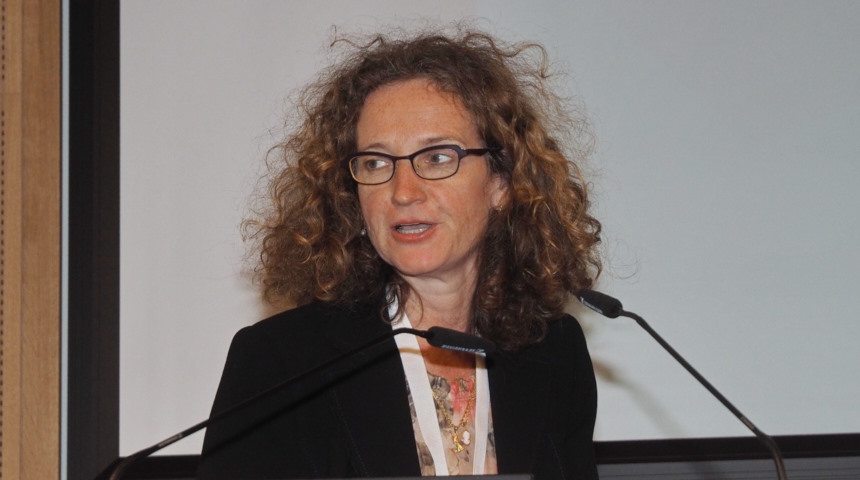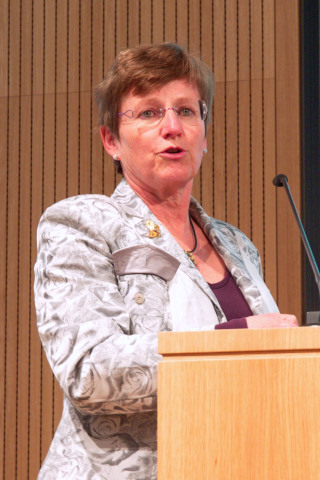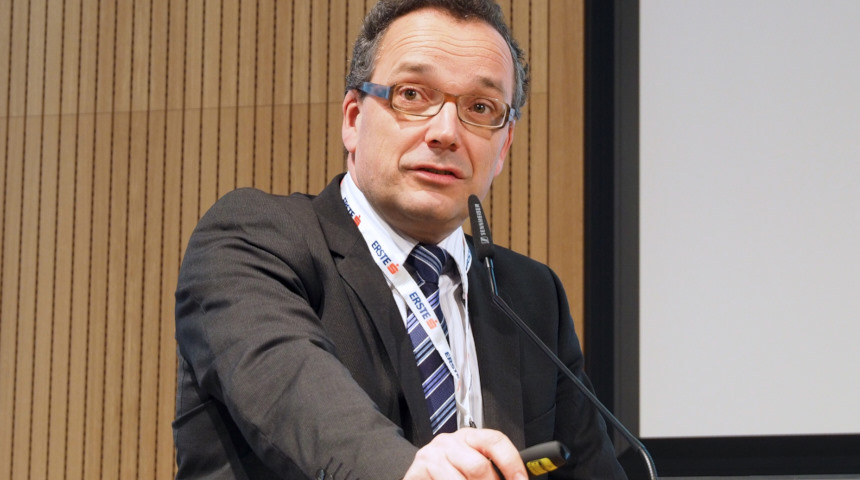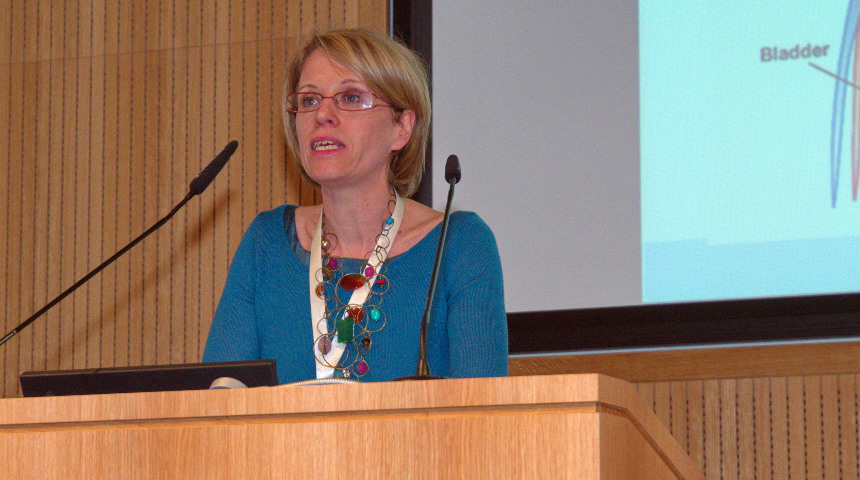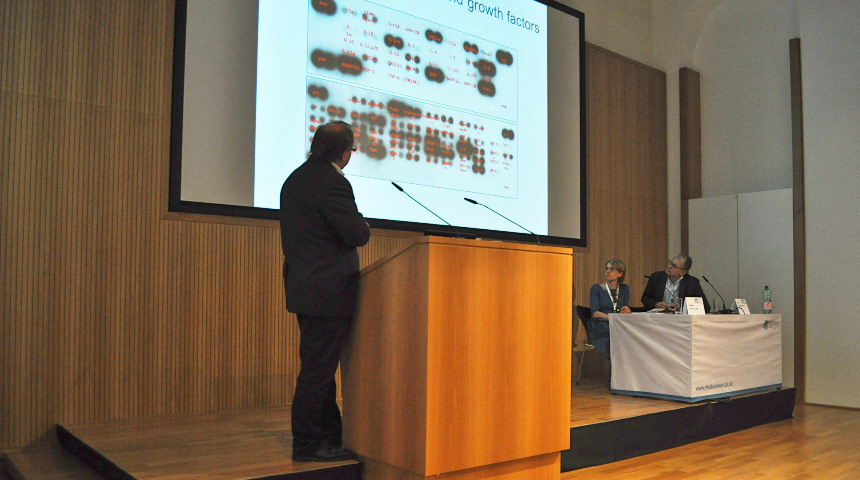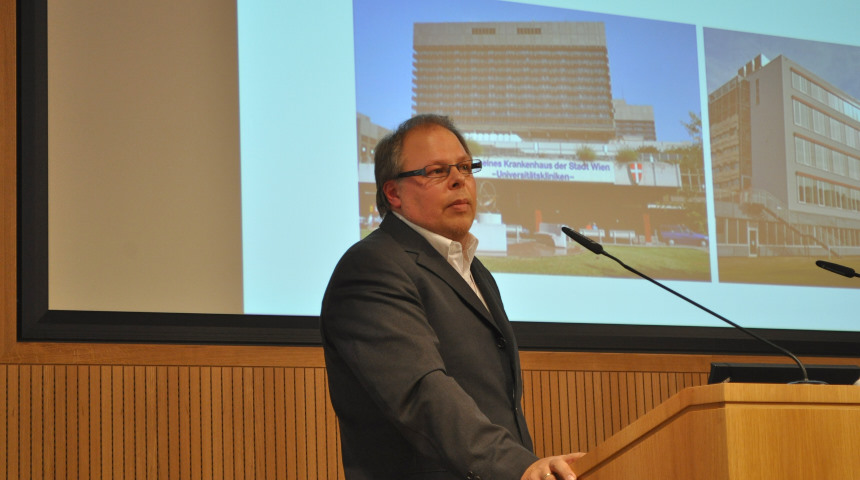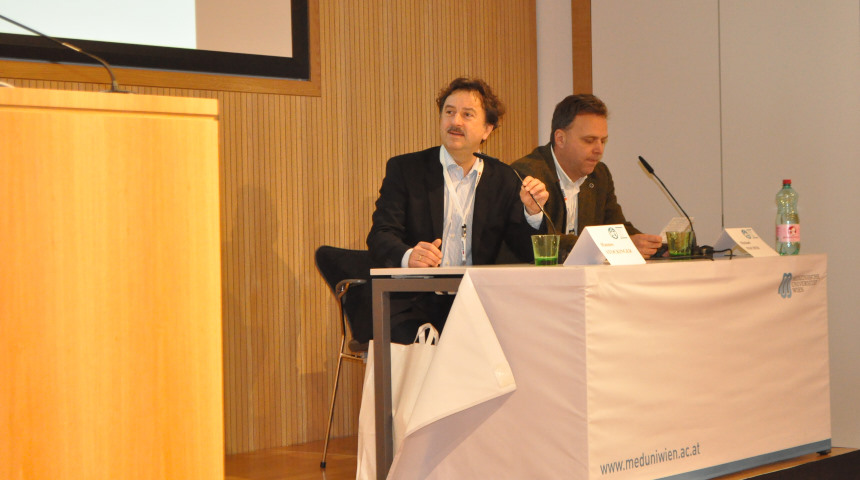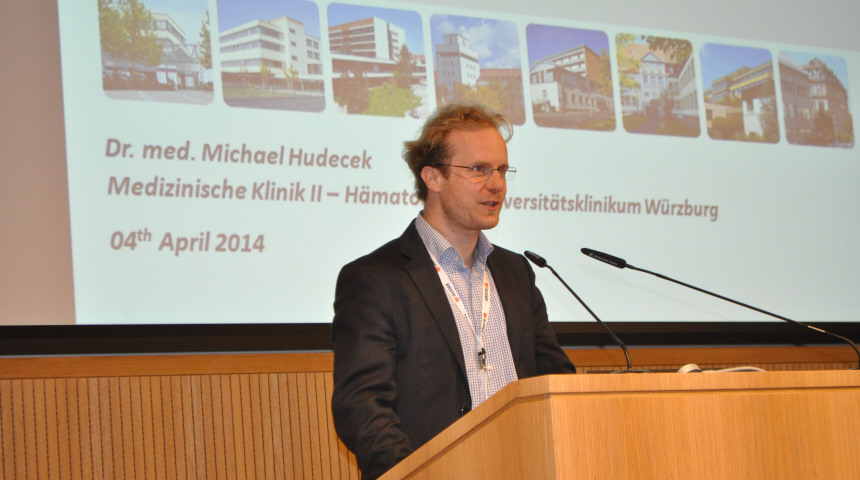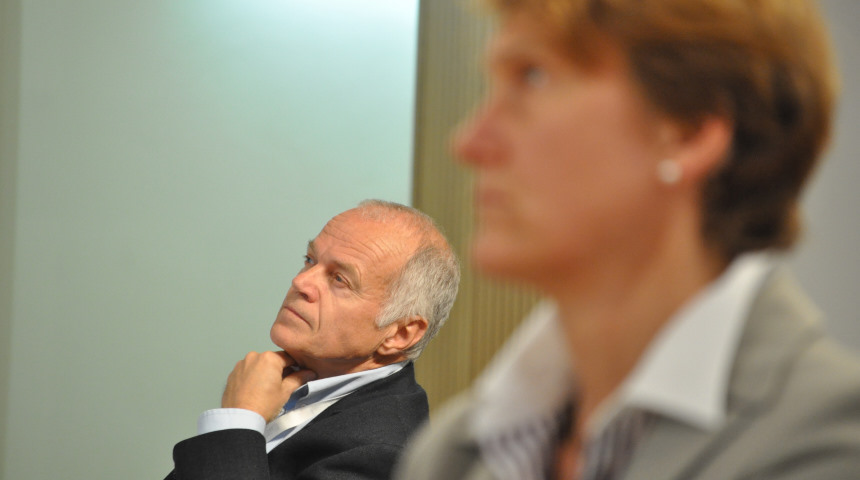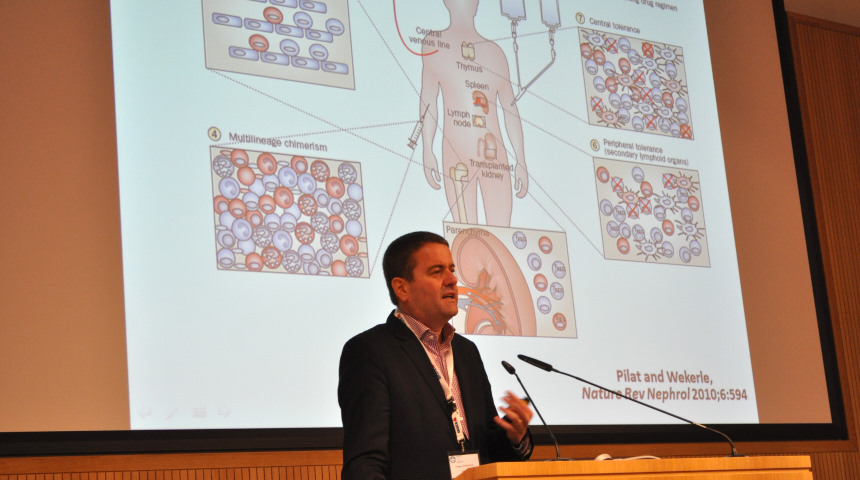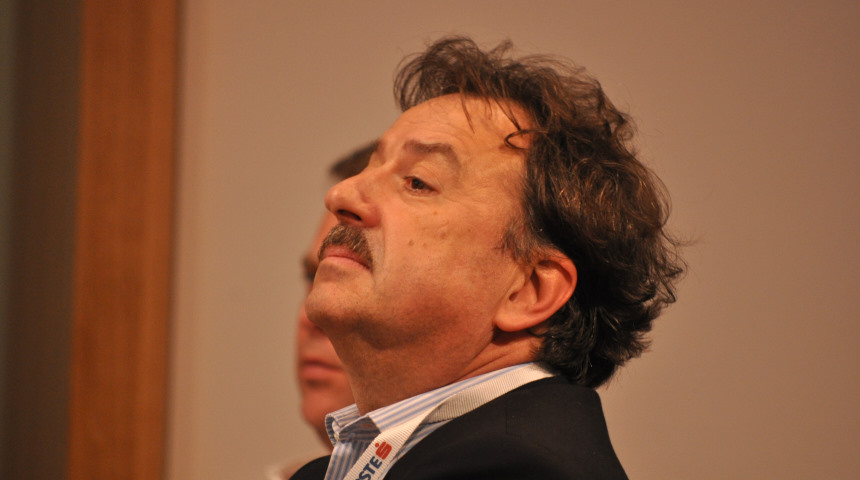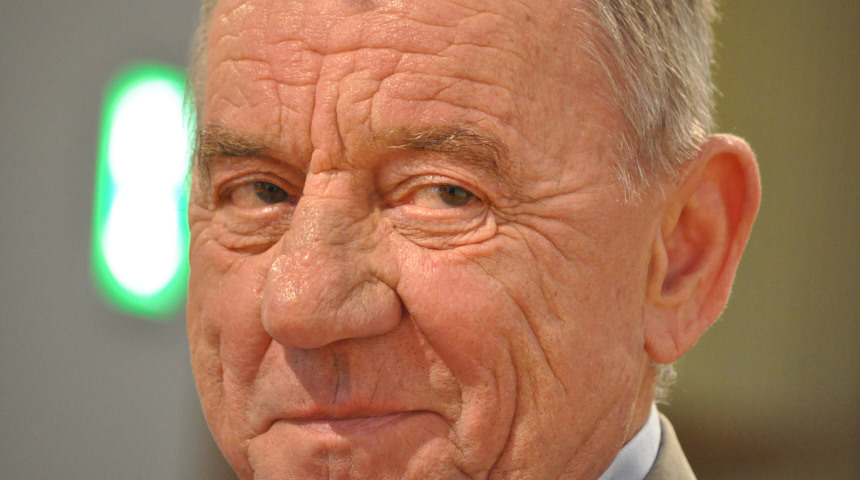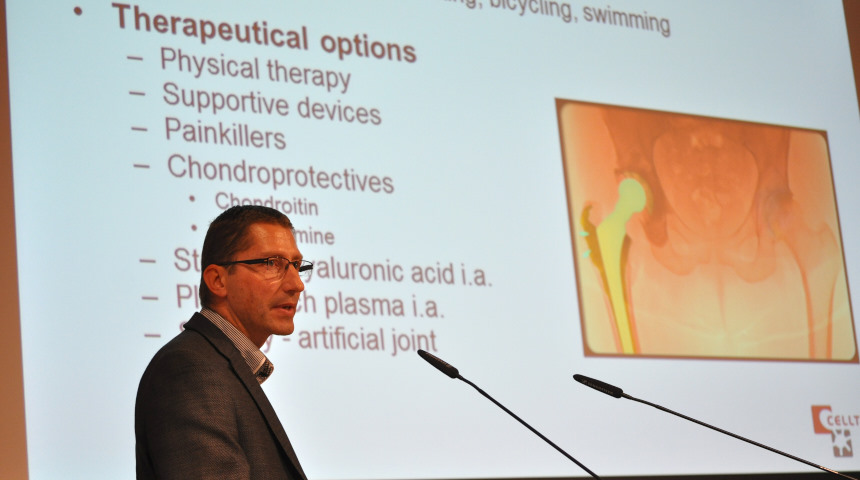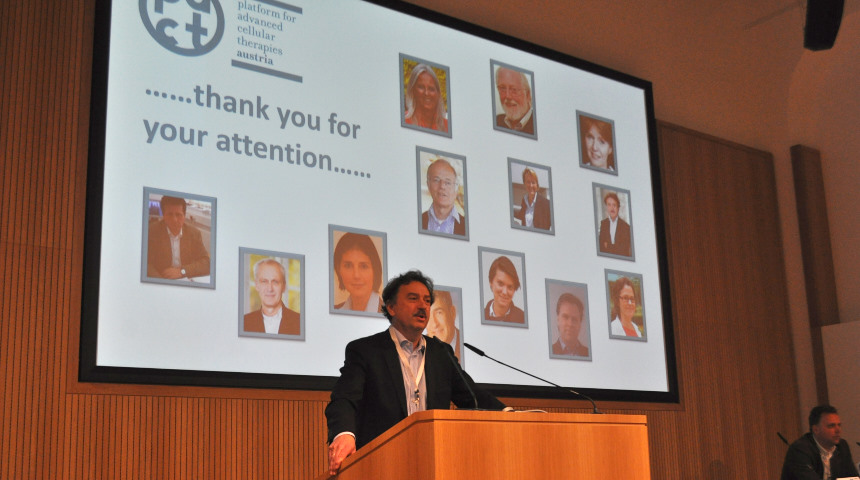RECAP
PACT Summer School 2022
“New aspects in cell-based therapies –
From basic science to treatment of patients”
04 – 08 July 2022 in Vienna
The aim of the PACT Summer School is to provide a new generation of stem cell researchers with the holistic perspective needed to successfully work in emerging and divergent areas of various medical research fields and illustrate their potential applications in clinical scenarios.
Top-notch scientists have put together a challenging program: In addition to outstanding lectures on current clinical and experimental strategies for treating humans and animals with cell-based therapies and on methods for characterizing and measuring the tissue being processed, they also demonstrated the relevant methods and techniques in the lab and guided participants to try everything out for themselves.
In addition, the school program included an entrepreneurship session and guided tours at the University of Veterinary Medicine Vienna as well as at the Clinic for Transfusion Medicine and Blood Group Serology and the Stem Cell Transplantation Unit at the University Hospital Vienna.
All this made the program an exceptional example of perfect knowledge transfer, covering a broad spectrum from basic research to clinical background and practical skills in the laboratory.
10 enthusiastic participants proved to be hard workers and always followed the lectures and instructions in the lab with dedication. Although the program was quite intense and demanding, everyone remained attentive until the end of the week and actively participated in the discussions during the lectures and practical exercises.
Despite this dense schedule, the curriculum left plenty of time for discussion and networking during and between sessions and at social events: We had a wonderful dinner at a restaurant on the Alte Donau and a party each at the end of our first and last day with cocktails, canapes and cake!
We would like to thank the teaching team and all the participants for making this week such a special event!
Here are some of the many positive responses:
“Nice structure and good atmosphere in the lab”
“Really good & very well organized, especially enjoyed working with the placenta”
“Thank you for the perfect thoughtthrough organisation, high quality summer school (but specific)”
“Great experience, very detailed”
“I really enjoyed the program”
“Thank you for having us!”
APPLY NOW
PACT Summer School 2022
“New aspects in cell-based therapies –
From basic science to treatment of patients”
04 – 08 July 2022 in Vienna
PACT is happy to organize a Summer School from 04 – 08 July 2022 in Vienna.
This year’s summer school will focus on primary cells as source for (tissue) regeneration, therapeutic applications and test systems in human and veterinary medicine:
- * improved methods for isolation, propagation and maturation of primary cells for human and animal regenerative application (cartilage, amnion, umbilical cord).
- * the application of autologous and allogenic stem cells in human immunotherapies
- * standardization of human cells as in vitro test systems and extracellular vesicles for clinical applications
- The program will include class lectures and hands on courses in the lab targeting different raw materials. Furthermore, we will highlight the importance of entrepreneurial thinking, which is needed to transfer an academic result to a medical application for the benefit of patients. There will also be plenty of time for fruitful discussions with the lecturers and participants and several social events for networking.
Fee: 250 €
The fee includes contribution to materials costs and social events during the course. Accommodation and meals must be organized individually.
Course prerequisites:
Qualified master students as well as MScs, PhD/doctoral students and human or veterinarian medical doctors are invited to apply. We accept the application of postdocs.
Application:
Please complete the Application Form and send it to office@pact.ac.at.
Extended application deadline: 31 May 2022
Applications will undergo a selection procedure and applicants will be notified on or before the 8 June 2022 about their resulting admission to the Summer School.
The fee has to be transferred until 17 June 2022. Your registration will be confirmed as soon as we receive the payment.
Organizers: Renate Kunert, Michael B. Fischer, Christine Prenner
Course language: English
Venue:
University of Natural Resources and Life Sciences, Vienna (BOKU)
Muthgasse 11, 1190 Vienna, Austria
If you have any further questions please do not hesitate to contact us at office@pact.ac.at.
RECAP
PACT Summer School 2018
Stem Cells and Regenerative Medicine
09 – 13 July 2018 in Vienna
This year’s PACT Summer School has brought together great scientists and talented students from various countries across Europe and the US. All participants took the unique opportunity to get a holistic view on the translation of the latest findings in stem cell research into the clinical practice in regenerative medicine.
Profound knowledge was passed on in lectures on stem cells and their application in regenerative orthopedics, hematopoietic stem cell therapies, EVs as novel tools in cellular therapies, different cell culture techniques and in-vitro models in biomedicine.
During the hands-on courses students learned how to set up, inoculate and run a single-use bioreactor for bioprocess engineering of mammalian cells, how to handle and evaluate cell products and to determine their hemocompatibility. They prepared and analyzed extracellular vesicles and worked on the different steps to set up an in vitro bioassay for testing the angiogenic properties of novel substances with human telomerized cells.
There was not only studying throughout the week, but also enough time for extensive discussions and talks in between the sessions and also at the welcome cocktail, a wonderful evening at a Viennese Heurigen and the farewell party on Friday.
All students highly appreciated this year’s summer school. Here are some of their remarks:
“it was a great training-huge variety”
“it was well organized by combining the practice and theory in a very comprehensive manner”
“Very informative and well-structured course material”
“groups were small and everyone could try”
“I really appreciate all the great effort from the members and the management which resulted in an amazing week”
“I really enjoyed this week and I will come again-Thank you for this great week”
Have a look at the pictures to get an impression on how this week became a lively experience for everyone.
UPCOMING EVENT
PACT Summer School 2018
Stem Cells and Regenerative Medicine
09 – 13 July 2018 in Vienna
PACT organizes its fourth Summer School from 09-13 July 2018 in Vienna.
This year’s summer school will focus on cell therapy for tissue regeneration and immune modulation. The program will include class lectures and hands on courses in the lab targeting different raw materials like the cryopreserved clinical grade transplantable cells and therapeutic extracellular vesicles. Furthermore we will highlight the importance of entrepreneurial thinking, which is needed to transfer an academic result to a medical application for the benefit of patients. There will also be plenty of time for fruitful discussions with the lecturers and participants and several social events for networking.
-
- Lectures:
Adult and induced pluripotent stem cell therapies (Dirk Strunk, Paracelsus Medical University, Salzburg, Austria)
- Regenerative Orthopedics (Tobias Winkler, Charité Universitätsmedizin Berlin, Germany)
- Extracellular Vesicles: Bench to Bedside (Bernd Giebel, Universitätsklinikum Essen, Germany)
- Thrombotic risk of cell therapies (Katharina Schallmoser, Paracelsus Medical University, Salzburg, Austria)
- Hematopoietic stem cell therapies (Michael B. Fischer, Danube University Krems, Austria)
- Cell Culture Techniques in R&D (Renate Kunert, BOKU University, Vienna, Austria)
- Primary cells as in vitro models in biomedicine (Regina Grillari, Evercyte GmbH, Vienna, Austria)
- Hands-on courses:
Production of Recombinant Proteins – Bioprocessing in the Single Use Reactor
Patrick Mayrhofer, BOKU University, Vienna, Austria
Bioprocessing of mammalian cells in bioreactors ensures a controlled growth in a defined culture environment. During the summer school we set up a single-use bioreactor for monoclonal antibody production of recombinant Chinese Hamster Ovary cells grown in suspension. After calibration and installation of pH and dissolved oxygen sensors the reactor was filled with a serum-free chemically defined medium and after equilibration the reactor was inoculated with cells. On day three, samples were drawn followed by initiation of a fed-batch process.
Clinical Stem Cell Therapy – Cell Product Handling
Dirk Strunk and Martin Wolf, Paracelsus Medical University, Salzburg, Austria,
Tobias Winkler, Charité Universitätsmedizin Berlin, Germany
Traditionally cell and organ transplantation required major histocompatibility complex (MHC) testing to match donor and recipient and a peculiar regimen of immune suppression to support long-term engraftment and functional regeneration whenever autologous transplantation could not be realized. A preferred strategy in contemporary cell therapy and regenerative medicine favours off-the-shelf products that allow for immediate and, ideally, universal MHC-independent application. Highly standardized safe and reproducible protocols for cell/product cryopreservation and bedside thawing prior to transplantation are prerequisite for testing the efficiency of these novel strategies.
The training session will offer hands-on experience with clinical grade off-the-shelf cell therapy products and will mimic the delivery of cell therapeutics. Semi-automated hands-on thawing procedures and viability/quality control scenarios will be practiced using state-of-the-art controlled thawing devices.
Rotational Thrombelastometry (ROTEM) of Therapeutic Cells
Katharina Schallmoser and Michaela Öller, Paracelsus Medical University, Salzburg, Austria
Human stromal cells derived from bone marrow, umbilical cord and white adipose tissue as well as endothelial progenitor cells will be tested for their pro-coagulant activity in an in vitro coagulation assay (rotational thrombelastometry, ROTEM) to determine hemocompatibility. Frozen samples will be thawed, counted and exact cell numbers will be analyzed in plasma or citrated whole blood. Coagulation parameters will be analyzed and compared. Previous flow cytometry analyses of tissue factor expression will be presented and discussed with respect to the results of ROTEM.
EV Preparation and Evaluation
Bernd Giebel and Verena Börger, Universitätsklinikum Essen, Germany
Extracellular vesicles (EVs) may be new tools in stem cell therapy as they seem to be responsible for therapeutic effects of mesenchymal stem/stromal cells (MSC) in many cases. During the practical part, we will isolate EVs from supernatants of a cell line expressing the CD63-eGFP fusion protein. Isolation will be done by PEG-precipitation and ultracentrifugation and distribution of the fusion protein will be evaluated in cells and EV preparations. Furthermore size distribution of EVs will be analysed by Nano tracking analysis (NTA).
Site Visit of a Transplant Center
Michael B. Fischer, Danube University Krems, Austria
a.) Clinic of Transfusion Medicine and Blood Group Serology,
b.) Stem Cell Transplant Unit – (‚KMT Station‘)
Medical University of Vienna – AKH Station 21 I/J
Telomerized Cells for the Estabishment of Relevant Potency Assays
Regina Grillari, Evercyte GmbH, Vienna, Austria
Human telomerized cells will be used to set up an in vitro bioassay for testing the angiogenic properties of novel substances or cell culture supernatants.
Therefore, the cells will be induced to differentiate on Matrigel matrix and form neoangiogenic webs. Additionally, we will establish 3D spheroid cultures, embed these spheroids into a collagen matrix followed by treatment with drugs or cell culture supernatants.
The extent of neoangiogenic web as well as sprout formation will be evaluated by microscopy.
School credits: 2 ECTS
Please note: If you intend to receive an official report for this course, you have to co-registrate at the BOKU until 30 April 2018.
Fee: 250 €
The fee includes tuition, and social events during the course. Accommodation and meals must be organized individually.
Course prerequisites:
Qualified master students as well as MScs, PhD/doctoral students and human or veterinarian medical doctors are invited to apply. We accept the application of postdocs.
Application:
Please complete the Application Form and send it to office@pact.ac.at.
Application deadline: 18 May 2018
Applications will undergo a selection procedure and applicants will be notified on or before the 28 May 2018 about their resulting admission to the Summer School.
The fee has to be transferred until 11 June 2018. Your registration will be confirmed as soon as we receive the payment.
Organizers: Dirk Strunk, Michael B. Fischer
Course language: English
Venue:
University of Natural Resources and Life Sciences, Vienna (BOKU)
Muthgasse 11, 1190 Vienna, Austria
Supported by:
Hochschulraumstrukturmittel Project: „Development of Further Synergies Between Medical Biotechnology, Molecular Cell Biology and Cellular Therapies“ with financial contribution from the Austrian Federal Ministry of Science, Research and Economy, the University of Natural Resources and Life Sciences,Vienna, the University of Veterinary Medicine, Vienna and the Institute of Science and Technology, Austria.
If you have any further questions please do not hesitate to contact us at office@pact.ac.at.
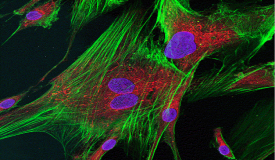
Recap EACTS – PACT Joint Symposium
„Regenerative Medicine: Taking the Science to the Patient“
30th November and 1st December 2017
Vienna, Austria
By the time you read this, we trust that you have returned safe and well to your work place with a motivation and determination to continue your work at least a little, in some aspect, inspired by our joint symposium.
The aim of scientific work in the field of regenerative medicine is to develop devices or novel cell based therapies and derived products that will serve to treat or cure disease-ridden patients. Indeed, to augment and exchange knowledge between groundbreaking fundamental research, the “clinic” and the health agencies that finally approve novel medical devices and novel drug therapies to society. With this in mind, EACTS and PACT joined forces to organize a meeting that brought together basic scientist, clinicians, regulatory affairs and service providers to discuss outlook and progress in regenerative medicine.
Especially in the cardiothoracic field which was the focus of this year’s symposium the “cell centric vision” is under heavy discussion after potential cell based therapies in myocardial infarction have not lived up to the expectations hypothesized by preclinical research. However, novel scientific developments like secretory products derived from cells with regenerative and/or cytoprotective capabilities can now be seen on the horizon of scientific endeavour.
At the Symposium, the excellent quality of the chairs, their session keynotes and speakers with your enthusiasm as participants contributed greatly to make this symposium not only successful but an exhilarating experience. At this point, we would like to thank our Sponsors again very much indeed, since without their support and loyalty such a Symposium would simply not occur. It was also very gratifying to note that so much of the “audience” was students to whom the future of our knowledge belongs and who can continue to develop their skills for patient benefit.
Undoubtedly, cell based therapies will come to the benefit of patients or indeed, cell derived “soups” will develop into “cocktails” or regimes for treatments that will contribute to relieve human and animal disease or suffering.
Finally, we would like to draw your attention to the Book of Abstracts that is available now and the Video Recordings of highlights of this Symposium that will be available by end of January 2018.
“What appears as the impossible is more likely to happen the more often it is attempted” let us continue to work together in “Taking the Science to the Patient”.
Michael Comer, Hendrik Jan Ankersmit, Beatrix Mayer-Reinprecht
REGISTER NOW
EACTS – PACT Joint Symposium
„Regenerative Medicine: Taking the Science to the Patient“
30th November and 1st December 2017
Vienna, Austria
The Steering Group for the Platform for Advanced Cellular Therapies PACT and the European Association for Cardio-Thoracic Surgery EACTS cordially invites you to a Joint-Symposium entitled „Regenerative Medicine: Taking the Science to the Patient“. To reflect on the efforts of the researchers in the field of regenerative medicine and cell based therapies the PACT-Steering Group decided for a Joint Symposium together with EACTS focusing on advances in research and on regulatory issues in respect of Biologicals and ATMPs. Leading authorities in the following areas will deliver keynote lectures, presentations and posters on the subject:
– Infarct Healing as a Therapeutic Target
– Secretome and Regeneration: New Kid on the Block
– ATMPs versus Biologicals
– Regulatory Affairs, GMP-Production and Clinical Trials
– Adipose-derived Mesenchymal Stem Cells in Ischemic Heart Disease
– Human Trials with ATMP-Secretome – from Trachea, Skin and Valve Tissue
– Cellular Plasticity and Tissue Regener
– Inflammation & Immunology
– Micro RNAs as Important Regulators
– Cell and Gene Therapy
– Mechano-Biological Aspects of Cell Behavior
Scientific Programme:
Abstract Submission:
We offer all researchers the opportunity to submit an abstract for the EACTS-PACT Joint Symposium in Vienna. All abstracts will undergo a review process and the best 4 will merit a Young Investigator Nominee Presentation in the official programme.
Please follow all instructions at www.eacts.org, as abstracts will not be accepted unless they are submitted according to the format and instructions described there, and submit your abstract by 1st November 2017 to Registration@Eacts.co.uk.
Poster format: must be A0 portrait
Abstract Book: available here
Registration:
colada-go.com
Registration Fee:
Company Representative 250 €
University Representative 150 €
Students 30 € (Student’s ID mandatory)
Fee includes lunch and refreshments on 30 November and 1st December.
Sponsors/Exhibitors:
Companies interested in collaborating, please contact here. You can present your company during the symposium by exhibiting your products or services.
Location:
Marriott – Courtyard Vienna Prater/Messe, Trabrennstraße 4, 1020 Vienna, Austria
WLAN access at the venue
Transport:
CAT- City Airport Train , Public transport in Vienna
Public Transport
Vienna International Airport – Venue
– Train: Bahnhof Flughafen Wien – Wien Praterstern Bahnhof – then a 20 minute walk to venue
– 1 hour journey
Vienna Central Station – Venue
– Subway U1 + U2 – then a 5 minute walk to venue
– 35 minute journey
Taxi
Vienna International Airport – Venue
– We encourage you to book a taxi prior to arrival
– 20 minute drive
Vienna Central Station – Venue
– We encourage you to book a taxi prior to arrival
– 15 minute drive
Click here for map
Accommodation:
Registration does not include accommodation so please arrange it by yourself.
Hotels in Vienna
Youth Hostels
If you have any questions, don’t hesitate to contact us.

Recap – PACT Summer School 2017
„Primary Cells for Tissue Engineering“
Have you ever isolated stem cells from human fat tissue or the amniotic membrane? Both are human waste materials and are just two topics of this year’s PACT Summer School program. It focused on preparation and propagation of primary cells for tissue engineering purposes, which will lead to applications that hold the potential to bring human and animal therapies from the lab to the clinic.
5 teams of excellent young scientists prepared a challenging program: In addition to exceptional presentations on the scientific background of cellular development, differentiation and functionality of the envisaged tissue in the body, the appropriate methods and techniques were demonstrated and could be applied in the hands-on courses:
Susanne Wolbank and Eleni Priglinger together with Carolin Steffenhagen, Karin Strohmeier, Julia Maier and Christoph Wurzer isolated stem cells from human adipose tissue.
Asmita Banerjee and Adelheid Weidinger prepared stem cells from the human amniotic membrane and analyzed their mitochondrial activity.
Sylvia Nürnberger and Marian Fürsatz worked on 3D -Pellet culture and biomaterial seeding with cartilage cells.
Wolfgang Holnthoner and Christoph Kaun prepared human endothelial cells from the umbilical cord, performed Matrigel assays and analyzed them by flow cytometry.
Philipp Heher and Janine Tomasch demonstrated the induction of mechanical stimulation of muscle cells-hydrogel constructs.
They all made the program an extraordinary example for perfect transfer of knowledge spanning the broad spectrum from basic science and clinical background to practical skills in the lab.
22 enthusiastic participants from 13 academic institutions of 5 European countries turned out to be hard workers and always followed the lectures and instructions in the lab with dedication. Although the program was rather dense and challenging, they all kept their level of attention until the end of the week and contributed actively to the hands-on sessions.
Despite this dense schedule, the syllabus left enough time for discussions and networking during and between the sessions and at the social events: we had a wonderful dinner at a Viennese Heurigen and had a closing party at the end of our last day with cocktails, cake and cookies!
We would like to thank the teaching teams and all participants for having made this week such a special event!
Here are some of the many positive responses:
“Very valuable experience”
“The course was perfectly organized!”
“Enjoyed it a lot to be a part of it and would like to come back next year”
“This was the best summer school I ever attended and I’m looking forward to coming here again soon, hopefully next year!”
“All instructors were awesome and really at the top of their game!”
“Great topics, great organization … really, really fun and perfect week!”
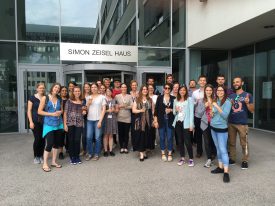
We cordially welcome our new Institute Member
Center for Translational Medicine (CTM)
International Clinical Research Center
St. Anne’s University Hospital Brno
St. Anne’s University Hospital Brno
International Clinical Research Center
Pekařská 53
656 91 Brno
Czech Republic
The Center for Translational Medicine (CTM) is a highly interdisciplinary research platform in the International Clinical Research Center (FNUSA-ICRC), a European Union-funded project of the St. Anne’s University Hospital Brno (Czech Republic). The funds so far collected from EU were mostly used to build its own state-of-the-art translational medical research premises. The research center, currently hosts young promising researchers and students from all over the world (9 nationalities represented) and aims at unveiling the molecular mechanisms involved in the onset and progression of the diseases of aging. For this purpose, CTM adopts original and interdisciplinary approaches based on the use of smart materials, microfluidics systems, bioreactors, mechanically-assisted devices and multi-faceted molecular and cellular biology skills to investigate the molecular basis of complex diseases. more
We would like to thank you for participating in our
PACT Symposium 2016: Designer Cells Go Clinic
- We often measure the success of events in terms of “greater than expectations” and at PACT, in spite of the fact that our “expectations” are inevitably high, it is extremely pleasing to be positively surprised. From the Organisers part and due to the excellent support of our sponsors, the very high quality of the speakers and chairs but also the enthusiastic participation and discussions by the delegates, we believe that this has made the recent “Designer Cells Go Clinic” in our view a vast achievement. Furthermore success, not only in terms of the Symposium but also in terms of the results presented that has been derived from your research efforts.
- When one considers where “molecular and cellular” biotechnology was at the time of the Asilomar Conference in 1975 it is amazing that the efforts of scientific endeavour in medicine and biology have made a multi-billion dollar industry that treats enormous numbers of patients for the relief and cure of many human and animal diseases. Of course a very positive ‘side effect’ of this has been the considerable increase in our knowledge of genetics and the cell and the translation of this wisdom into advanced cellular therapies is expected to revolutionise our approach to healthcare. Indeed, if we dare to extrapolate into the future the just over forty years of the past, we can expect huge successes in the treatment of animal and human conditions, hopefully to the eradication of many genetic, cellular and also including the curing of other disorders caused by injury or even mal- or false- nutrition etc.
- We are proud to provide this your Platform for the exchange of ideas and results and we would like to encourage you to use it constantly and wisely. The Steering Group and Organising Committee wish you continuing success in your research and the will of governments to fund it appropriately, which can also be too often quite a daunting challenge!
- Finally, thank you again for helping to make this Symposium not only possible but also the success that you deserve.
Inivitation to the
TissueGnostics Symposium „Optics, Algos & Ice“
TissueGnostics is organizing the Optics, Algos and Ice Symposium from 17th to 20th November 2016 in Obergurgl, Tyrol, Austria.
For further information please go to the TissueGnostics website.
Recap – PACT Summer School 2016
4 – 8 July 2016
During the first week of the summer break, 20 talented and highly motivated students from different academic institutions joined this year’s PACT Summer School at the BOKU University (VIBT Imaging Center and Department of Biotechnology) and took advantage of the unique opportunity to become more familiar with “Advanced Microscopy Techniques” in particular STED (Stimulated Emission Depletion) Microscopy, Raman Spectrometry and SOFI (Super-Resolution Optical Fluctuation Imaging) as well as Deconvolution and Image Processing.
Excellent instructors led the participants through a busy week: they gave lectures, guided them through preparation of their own biological samples, which they then analyzed with the students throughout the week on the different microscopy systems. Students learned about the different fields of application of the respective systems and to choose the right techniques for the various questions. They also experienced the importance of selecting and developing the appropriate protocol for sample preparation (and of wearing warm clothes in the chilly surrounding where those highly sensitive instruments are operated).
But there was also enough time for extensive discussions and talks in between the sessions and also at the welcome cocktail, a wonderful evening at a Viennese Heurigen and the farewell party on Friday.
Here are a few examples of the many positive responses from our participants:
“It was well structured and organized. I could deepen my knowledge in advanced microscopy!”
“Very well organized, very nice people, very interesting”
“Very nice course on very novel techniques (STED, Raman especially)”
“Well organized and friendly atmosphere”
“Very good diverse group composition, generally very pleasant and productive atmosphere”
“Thank you!”
Individual Member
Dr Reaz Vawda, MSc PhD
University Health Network
Toronto
Canada
Individual Member
Prof. Dr. Dirk Strunk
Institute of Experimental and Clinical Cell Therapy
Paracelsus Medical University Salzburg
Austria
Institute Member
Department of Biomedical Sciences
University of Sassari
Viale San Pietro/43B
07100 Sassari
Italy
The Department of Biomedical Sciences of the University of Sassari is the structure underpinning the organization of research and education, established on the basis of scientific and educational project presented to the University. The Department carries out functions aimed at promoting out of scientific research, education and training activities, and health assistance; for this purpose it determines the policies of recruitment of teaching staff. In respect of the autonomy and freedom of the individual teacher, the Department organizes, manages and promotes the scientific research and teaching, autonomy, planning, evaluation, transparency. Within the Department of Biomedical Sciences the Researchers develops projects in the field of Cellular Biology and Biotechnology, Stem cells Research, Tissue engineering, Regenerative medicine within odontoiatric applications, Genetics and applied Microbiology.
PACT – a positive example in research cooperation
EBiSC – European Bank for induced pluripotent Stem Cells
Summer Schools in Europe
Recap – PACT Summer School 2015
6 -10 July 2015
Our objective:
The aim of the PACT Summer School Initiative is to furnish a new generation of stem cell scientists with a holistic view needed to work successfully in emerging and diverging fields of various medical research areas and illustrate their potential applications in clinical scenarios. Therefore we had designed the program of this year’s summer school on “Advanced Cellular Therapies” with lectures in the morning and practical courses in the afternoon to provide background and tools for the experimental design of different cell based applications.
Speakers and topics:
Highly renowned scientists engaged, challenged and equipped the 17 selected participants with the latest knowledge and skills by giving ambitious lectures in the morning and introducing various cell biological, biochemical, analytical and even preparative methods in the lab in the afternoon.
Prof. Dr. Heike Walles and Dr. Freia Schmid
- Lecture: Tissue Engineering
- Lab: Skin models as an alternative to animal testing, reconstructed human epidermis was used for the assessment of skin corrosion
Prof. Dr. Dirk Strunk and Dr. Cornelia Schuh
- Lecture: Multipotent stem cells: from bench to bedside
- Lab: Colony-forming efficiency of MSCs and ECs
Prof. Dr. Florien Jenner and Dr.vet.med. Iris Ribitsch
- Lecture: Veterinary regenerative medicine – from animal models to animal patients
- Lab: Equine bone marrow aspiration and preparation of MSCs for reimplantation
Prof. Dr. Regina Grillari and Dr. Markus Schosserer
- Lecture: Generation of pluripotent stem cells and clinical applications
- Lab: Immunocytochemistry and immunofluorescence staining of iPSCs for pluripotent stem cell markers
Prof. Dr. Michael B. Fischer
- Lecture: Stem Cells and their Clinical Application
- Insights into the clinic: Visiting the department of transfusion medicine and the transplant unit of the University Hospital (AKH), Vienna
Participants:
Our participants were highly motivated, talented students and academics from diverse organizations, which made all discussions, the work in the lab and the talks in between a lively experience for everyone.
Outcome/feedback:
All students highly appreciated this year’s summer school and supported the continuation of the summer school next year.
Here are some of their remarks:
„Great talks!“
„I really liked the practical course!
„.. course material was clearly understandable, topics were very interesting and relevant…“
„.. an excellent opportunity for discussion and to make new contacts..“
“ .. the heterogeneity of participants enabled us also to learn from each other.“
„It was awesome!“
„I would be happy to join you again for the next summer school!“
Press release
Thank you for participating at our
PACT Symposium „The Fountain of Youth“
Dear Members, Speakers and Delegates,
It is always very gratifying for the organizers of an event when the effort input is rewarded with positive resonance. We would like to report that the feedback we have received to date would suggest that the recent PACT-Symposium “The Fountain of Youth” falls into that category of “hugely successful” .
The PACT Organizing Committee and Steering Group however, would like to thank you the speakers for the excellent and innovative presentations and all participants for the rewarding discussions in plenary and otherwise that make our subject, advanced cellular therapies, push forward the frontiers of medical science for the ultimate use in patient benefit for the relief of human and animal suffering. We would extend also a special thanks to our sponsors without whose help this meeting of minds and effort could not take place specially in the ambience we have endeavoured to create.
We look forward to meeting you again in our more internationally flavoured PACT-Symposium in April 2016!
The Steering Group and Organizing Committee
Invitation
TERMIS/Expertissues/Biodesign Winterschool 2015
The Austrian Cluster for Tissue Regeneration would like to invite you to the TERMIS/Expertissues/Biodesign Winterschool 2015 in Radstadt, Salzburg, Austria from January 18-21, 2015.
Scale-Up and Manufacturing of Cell-Based Therapies IV – ECI, January 2015
Scale-Up and Manufacturing of Cell-Based Therapies IV
An ECI Conference Series
January 18-22, 2015
&
Pre-Conference Workshop:
Translating Cell Therapies from Lab Bench to Clinic
Sunday, January 18, 2015
San Diego, CA USA
Membership Application
PACT was conceived in acknowledgement of the long and globally recognized academic excellence, the excellent teaching and training capabilities and the exceptional research infrastructure that the four Foundation Partners can confer in the provision of an exceptionally strong synergistic potential in cutting edge health-care and socioeconomic advancement of Austria and with other partners in Europe.
PACT proposes to join intellectual and structural resources leading to the establishment of advanced cellular therapies. It will provide a forum to achieve a unified community of mutual interests and collaborations. It is expected that this approach can offer a model to accelerate the concept, development and application of cell based therapies or treatments with significantly positive outcomes to patients.
The Foundation Partners propose to establish and harmonize research groups working on Molecular, Cellular and Regenerative Medicine as associate and/or affiliate members in mutual research efforts within the PACT. To this end, the Steering Group of PACT has opened the membership as associate or affiliate members to all other interested persons or groups within universities or institutes with this common interest.
Furthermore, PACT is interested in establishing a regular collaboration with industrial partners and will welcome their support as regular corporate members. For Corporate Membership the industrial partners will be kindly asked to support PACT with an annual fee of currently EUR 1,000 (one-thousand). This fee covers the period of one year. Signature of the Corporate Membership Application Form imposes a two year commitment to PACT as Corporate Member.
Membership is at the discretion of the PACT Steering Group and they will review and give or refuse approval of all applications. (Note: Approval will not normally be withheld without given reason, however, the decision of the Steering Group is final but without prejudice to a renewed application).
The future members agree to the principles and modus operandi as set out in the Memorandum of Understanding, which will be provided upon application.
Associate Membership is open to all Austrian Universities, Institutes or individuals engaged in teaching or conducting research in medical, veterinary or life sciences with a specialist interest in the area of advanced cellular therapies or related complementary or supplementary disciplines including regulatory, socio-economic and ethical issues. This also includes relevant patient or other healthcare organisations.
Affiliate Membership is open to all other universities, institutes or individuals outside of Austria with the aforementioned compliance.
We cordially invite you to become part of PACT and join efforts in the relief or even cure of diseases or suffering of animals and/or human beings.
Application Form for Companies
Application Form for Individuals
Application Form for Universities/Institutes
The 1st Meeting of the Core Group “Tissue and Organ Replacement”
took place on September 23, 2014 at the General Hospital under the initiative of Prof. Dr. Michael B. Fischer and Prof. Dr. Jan Ankersmit with more than 20 scientists participating.
- First, Dr. Fischer reported on the implementation of various cell therapy approaches at the Clinic of Blood Group Serology and Transfusion Medicine, including stem cell transplants, donor lymphocyte therapy, MSC therapy, and dendritic cell therapy in osteo- and chondrosarcoma (the DC-therapy in cooperation with Prof. Dr. Felzmann of St. Anna Kinderspital).
- Next, DI Beatrix Mayer-Reinprecht gave a short introduction to PACT, presenting the Memorandum of Understanding and introduced the members of the Steering Group.
- Dr. Jan Ankersmit gave an overview of his APOSEC – trial, a PBMC secretome-based biological for the regeneration of skin/heart/stroke and spinal cord tissue. He showed the production modality and his endeavor to the clinic.
For more information:
https://www.cdg.ac.at/suche/?tx_reposearch_repositorysearch[searchWord]=ankersmit
http://www.ncbi.nlm.nih.gov/pubmed/?term=ankersmit+aposec
- Eventually, Dr. Fischer called upon the participants to collaborate in a planned COMET 1 project, a call of the FFG with the deadline in March 2015 with the focus on Regenerative Medicine.
The first meeting focusing on a joined initiative on initiating a K-Centre (competence centres) took place on October 14, 2014.
The next joint project meeting will take place on Tuesday, November 11, 2014, at 15:00.
Place: AKH, Gefäßchirurgie Ebene 7C , Seminarraum
Invitation
1st Stem Cell Symposium Krems
Vita 34 and the Donau University Krems cordially invite you to participate in this advanced training. Participants will receive 2 DFP-Credits after the meeting.

Stem Cells for Age-related Macular Degeneration
Nature News: Japanese woman is first recipient of next-generation stem cells. Surgeons implanted retinal tissue created after reverting the patient’s own cells to ‚pluripotent‘ state.
Nature Biotechnology
Regenerative medicine
The current issue of Nature Biotechnology focuses on research in regenerative medicine.
Kick-off of the Musculoskeletal Core Group
Hot Grill, Warm Sun and Cool Science!
The “first“ PACT Core Group (Musculoskeletal Regeneration) meeting took place on Thursday 21st August 2014. Nearly a score of 20 people turned out to put some food onto a hot grill and some equally ’hot’ food for thought into advanced cellular therapies with relevance to musculoskeletal conditions. So, the “subject“ washed down with a few cool drinks and lively discussions on a “get to know you and your work better basis“ renewed many old and established some new acquaintances. The meeting took place at the initiative/invitation of Dr. Iris Ribitsch (VetMed Uni) and Dr. Susanne Wolbank (LBI) and both welcomed all the guests with a view to having regular get-togethers to discuss work in progress and formulate potential new projects and collaborations or indeed simply to see where one can help the work of the other.
We would like to congratulate both young ladies for setting this example in a very successful (and very enjoyable) meeting, on a beautiful August day in a perfect ambience, if not exactly the typical encounter for the first time it was certainly scientifically satisfying and very digestible!
This initiative was as a result of the Steering Group’s decision at the last meeting in June to form a number of five Core Groups (see below) where more specific discussions can or would take place on a regular basis with people involved in very similar work or interests. We think everyone had a good time (see pictures!) and if you are interested in joining any of the Core Groups for future meetings, please contact the PACT-Office, Dr. Christine Prenner or Mag. Senta Movssissian. This opportunity is your Platform for Advanced Cellular Therapies!
I Musculoskeletal Regeneration
II Tissue and Organ Replacement
III Cancer- and Immunotherapy
IV Heart and Cardiovascular Repair
V Technology and Regulatory Affairs
Invitation
Formation of the Musculoskeletal Group
The PACT Steering Committee decided to form small thematic sub-groups within which common interests for potential future collaborations can be brought together. As regards the subject matter, the sub-groups are organized roughly according to the sessions at the PACT Symposium.
Together with the LBI the Vetmed has – for the time being – taken on the lead of the Musculoskeletal Group and they are happy to invite all those who are interested in musculoskeletal matters to the first meeting. This meeting of the Musculoskeletal Group will take place within the framework of a nice barbecue in the afternoon at the Vetmed in order to get to know each other. (The barbecue will take place on Thursday, August 21 starting at 15:00).
To receive further information on the event, we kindly ask you to contact Iris Ribitsch.
We are looking forward to seeing you there!
Announcement
VIBT/ÖGMBT impromptu seminar
at the Department of Biotechnology, BOKU
Muthgasse 18, 1190 Vienna
Faculty Club, Intermediate floor
Wednesday, 18.6.2014, 2 pm
Univ.-Prof. Dr. Dirk Strunk
“HuNiche: A novel humanized bone/marrow niche mouse model”
Experimental & Clinical Cell Therapy Institute
Paracelsus Medizinische Privatuniversität,
Salzburg, Austria
Host: Regina Grillari
Platinum Sponsor of PACT
Commissioner for Universities, Vienna
Alexander Van der Bellen
Beauftragter der Stadt Wien für Universitäten und Forschung
Schlickgasse 3/8
A-1090 Wien
http://www.universitaetsbeauftragter-wien.at
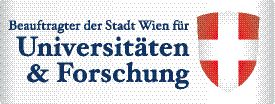
Chairman
Prof. Dr. Michael Comer
Work address:
University of Natural Resources and Life Sciences Vienna,
Department of Biotechnology
Muthgasse 18, A-1190 Vienna, Austria
Phone: +43 1 47654-8012
e-mail:
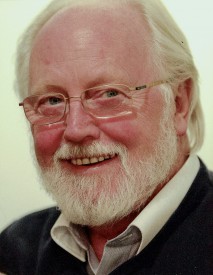
Deputy Chair
Dipl.Ing. Beatrix Reinprecht
Work address:
University of Natural Resources and Life Sciences, Vienna
Department of Biotechnology (DBT)
Muthgasse 18, A-1190 Vienna, Austria
Phone: +43 664 514 65 74
e-mail:
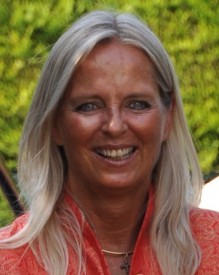
Member of the Steering Committee
Prof. Dr. Hannes Stockinger
Work address:
Medical University of Vienna
Institute for Hygiene and Applied Immunology
Centre for Pathophysiology, Infectiology and Immunology
Lazarettgasse 19, A-1090 Vienna, Austria
Tel +43 1 40160 33001; Fax +43 1 40160 933002
e-mail:
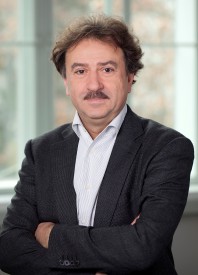
Member of the Steering Committee
Prof. Dr. Johann Wojta, PhD
Work address:
Medical University Vienna,
Department of Internal Medicine II
Waehringer Guertel 18-20, A-1090 Vienna, Austria
Phone: +43 1 40400 73500
e-mail:
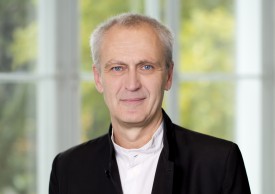
Foundation Partner
University of Natural Resources and Life Sciences Vienna
The University of Natural Resources and Life Sciences Vienna (BOKU) was founded in 1872 as the only university in Austria with a focus on agriculture and forestry. It now covers a wide range of scientific subjects far beyond agricultural issues. Research in Biotechnology is one of the focus points that achieved more and more significance over the past few decades. In parallel to the further developments in research and teaching, new sites were established.
Several BOKU departments known as the Vienna Institute of Biotechnology (VIBT), founded in 2006, are currently located at the site Muthgasse. Associated expertise and skills in the field of Biotechnology, such as Applied Microbiology, Nanobiotechnology, Food Science, Applied Genetics, Chemistry and Water Science, were brought together in order to establish a think tank for education, research, technological development and innovation. This unique bundling of skills in connection with the expertise of top researchers enables the solving of questions in the fields of medicine, nutrition, environmental protection and sustainable use of natural resources.

About
A Memorandum of Understanding (MOU) established PACT (Platform for Advanced Cellular Therapies) in December 2012 in agreement between the Medical University of Vienna, The Veterinary Medical University, The Ludwig Boltzmann Institute for Experimental and Clinical Traumatology and The University of Natural Resources and Life Sciences, Vienna (The Founding Members). Since then the Austrian Red Cross, Linz has become an Associate Member and a number of other distinguished Universities and Institutions have expressed an interest to join or support this initiative. Indeed, the concept has been introduced to a number of other Universities and Institutions throughout Europe and has received an overall positive response.
The PACT is therefore, an alliance amongst several key players in research, medicine, veterinary medicine and the life sciences. The objectives of the PACT association are to harvest the benefits of the potential synergies anticipated from creating an infrastructure (platform) that will accommodate a larger critical mass of interest, expertise and endeavour. It will be active in promoting or enabling meaningful collaborations and communications in the area leading to the establishment of advanced cellular therapies. It will operate in an environment of focused dialogue and consultation with those responsible for establishing standards of safety and efficacy in regulatory or ethical affairs and also attempt to address any socio-economic implications. It is expected that this approach can offer a model to accelerate the concept, development and application of cell based therapies or treatments with significantly positive outcomes to patients for the relief or even cure of diseases, conditions, the severe pain or suffering of animals and/or human beings.
Thank you for your participation at our
Foundation Symposium of PACT
3rd and 4th April 2014 in Vienna, Austria
Dear Friends and Colleagues
It is only a relatively short time ago that we all met at the Foundation Symposium of PACT, Austria. We consider it to have been a huge success and this is entirely due to your support, participation and the contribution of your thoughts, presentations and discussions. Again we would like to thank our Sponsors, Speakers and the “ladies of the BOKU” for making this a truly exhilarating experience that we hope will be a memorable landmark in the use of “Advanced Cellular Therapies” for current and future generations of scientists and research practitioners in medicine and veterinary, as well as clinicians and their patients. We are convinced that this “The Cell: the Genesis of a Therapeutic Agent” is no longer a question mark but the natural progression of the profound knowledge we are gaining through research into the secrets of its function and unfolding the intricacies of life itself by the search for cures and treatments to adverse conditions and diseases. We will continue enthusiastically with your help and support!
Please watch this space and indeed, you may even see a ‘snapshot’ of yourself and your participation in the battle against human and animal suffering. We uploaded some of the photos taken by our excellent amateur photographer Siegfried Huss and presented by our outstanding Graphic Designer, Mario Buda.
On behalf of the Members, Steering Group and Organising Committee, we thank you again for being with us,
Michael Comer
Chair: PACT
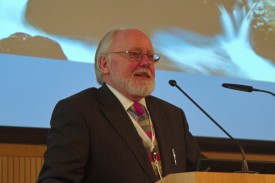
Contact
Impressum:
University of Natural Resources and Life Sciences
PACT
Muthgasse 18
A-1190 Vienna
Foundation Symposium of PACT
3rd and 4th April 2014
Vienna, Austria
A Memorandum of Understanding (MOU) established PACT (Platform for Advanced Cellular Therapies) in December 2012 in agreement between the Medical University of Vienna, The Veterinary Medical University, The Ludwig Boltzmann Institute for Experimental and Clinical Traumatology and The University of Natural Resources and Life Sciences, Vienna (The Founding Members). Since then the Austrian Red Cross, Linz has become an Associate Member and a number of other distinguished Universities and Institutions have expressed an interest to join or support this initiative. Indeed, the concept has been introduced to a number of other Universities and Institutions throughout Europe and has received an overall positive response.
The PACT is therefore, an alliance amongst several key players in research, medicine, veterinary medicine and the life sciences. The objectives of the PACT association are to harvest the benefits of the potential synergies anticipated from creating an infrastructure (platform) that will accommodate a larger critical mass of interest, expertise and endeavour. It will be active in promoting or enabling meaningful collaborations and communications in the area leading to the establishment of advanced cellular therapies. It will operate in an environment of focused dialogue and consultation with those responsible for establishing standards of safety and efficacy in regulatory or ethical affairs and also attempt to address any socio-economic implications. It is expected that this approach can offer a model to accelerate the concept, development and application of cell based therapies or treatments with significantly positive outcomes to patients for the relief or even cure of diseases, conditions, the severe pain or suffering of animals and/or human beings.
To this end and to formalize the establishment of the Platform for Advanced Cellular Therapies (PACT) we are launching the Foundation Symposium with the theme:
“The Cell, the Genesis of a Therapeutic Agent?”
We would like to inform you personally of some of the results of the endeavours so far and furthermore, to gain your support to proceed together more successfully. We are presenting an exciting and exhilarating programme of talks given from many eminent researchers and opinion makers, drawn from medicine, science and regulatory affairs. Please take a moment to browse the programme we believe that the im-PACT will be worth your time.
We look forward to welcoming you personally!
The Steering Group & Scientific Organizing Committee of PACT

Member of the Steering Committee
Prof. Dr. med. Michael B. Fischer
Work address:
Medical University Vienna
Universitätsklinik für Blutgruppenserologie und Transfusionsmedizin
Währinger Gürtel 18-20, A-1090 Vienna, Austria
e-mail:

Foundation Partner
Medical University of Vienna
The Medical University, Vienna (MedUniWien) is the largest and longest-standing medical research institution in Austria. The MedUniWien is not only the largest medical organization in Austria, it is also one of the most important top-level research institutions in Europe and provides Europe’s largest hospital, the “AKH” in Vienna, with all of its medical staff. With its long history and tradition, which covers 640 years, the MedUniWien has developed into a highly modern research institution that covers an area of 40000 m². It employs a staff of 5000, of which 1800 are researchers and 1600 are medical doctors. Each year 100 000 patients are treated as inpatients in 31 university clinics, 48000 operations are conducted and 605000 outpatients receive initial treatment in the day-clinics.

Member of the Steering Committee
Prof. Dr. Renate Kunert
Work address:
University of Natural Resources and Life Sciences,
Department of Biotechnology
Muthgasse 18, A-1190 Vienna, Austria
Phone: +43 1 47654 6595
e-mail:
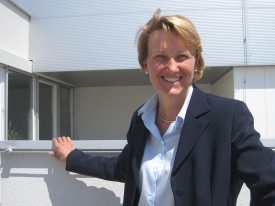
Mission
The Platform for Advanced Cellular Therapies – PACT was established in acknowledgement of the long and globally recognised academic excellence, the excellent teaching and training capabilities and the exceptional research infrastructure that the four Foundation Partners can confer in the provision of an exceptionally strong synergistic potential in cutting edge health-care and socioeconomic advancement for Austria and in particular Vienna and is proposed to join intellectual and structural resources. The PACT provides the forum to achieve a unified community of mutual interests and collaborations in order to create meaningful clinical research programmes and trials in the area of cellular therapies for the relief of suffering human beings and animals. The Foundation Partners involved in the PACT will contribute each to the other in order to create the synergy and the thereby added value of joint venture research endeavours into finding treatments and cures for specific conditions (also including rare diseases or “orphan” status treatments for which there are no known cures or adequate treatments). The PACT will work in close consultation with all authorities and agencies e.g. the Austrian Agency for Health and Food Safety (AGES) and the European Medicines Agency (EMA) to provide the highest appropriate standards necessary in ethics, efficacy and safety for all concerned. Within the areas of mutual interest and pending appropriate funding the Foundation Partners propose to establish forthwith and will seek to involve and harmonize research groups working on Molecular, Cellular and Regenerative Medicine as associates and/or partners in mutual research efforts within the PACT.
Silver Sponsor of the Symposium 2015
TGB – Technische Gebäudebetreuung GmbH
Breitenfurter Straße 118
A-1230 Wien

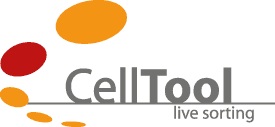
Foundation Partner
University of Veterinary Medicine, Vienna
The University of Veterinary Medicine, Vienna is the only academic and research institution in Austria that focuses on the veterinary sciences and the oldest such institution in the German-speaking world. It was founded in 1765. Since 1996 the university campus has been located in the 21st district of Vienna. About 1000 employees and 2300 students work on the campus, this also houses the university’s animal hospital and various spin-off-enterprises and branches of business partners.

Vision
PACT is founded in the form of a network bound by a “Memorandum of Understanding” (MOU). Initially the Foundation Partners will utilize their combined effort in obtaining funding with the purpose to support research and furthermore, in a second phase, to design and build a ‘Centre’ focused on personalized cell based therapies and advanced medical treatments. The proposed “Cell based Therapies Centre” will provide “state of the art” facilities for treatments for patients, accessible to the Foundation Partners, their collaborators, agencies or other relevant organisations and/or charitable institutions. Based on this network it is proposed to explore, in conjunction with all Foundation Partners, the definition of ‘leading collaborative projects’ with the intent of forming a legal entity under contract, bringing together the Partners, that will form the basis for establishing a world class Academic and Clinical Research Centre and research groups. These groups will form the basis for the core foundation of the aforementioned.
Foundation Partner
Ludwig Boltzmann Institute for Experimental and Clinical Traumatology
The Institutes of the Ludwig Boltzmann Gesellschaft carry out high-level international research in the areas of human medicine on the one hand and humanities, social sciences and cultural sciences on the other. One of them involved in trauma related research is the Ludwig Boltzmann Institute for Experimental and Clinical Traumatology (LBI Trauma), which was started 1980 in cooperation with AUVA (the Austrian Worker’s Compensation Board). In December 2006, the Research Cluster for Tissue Regeneration was founded by the LBI Trauma and research groups from the Medical University Vienna, the Bernhard Gottlieb University Dental Clinic and the Red Cross of Upper Austria. The objective of the Cluster is to better understand soft tissue-, cartilage-, bone- and neuro-regeneration, and thereby enhance therapy through new and improved treatment methods. Research assignments arise from treatment necessities and proven benefits to patients.
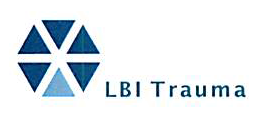
Commitment
The medical and scientific teams will work in unison and for each defined ‘leading collaborative project’ a “Principal Investigator” (PI) will be appointed to be responsible for the co-ordination, direction, oversight and the supervision of the particular defined project until its termination.
All procedures will be approved medically and ethically by the corresponding agencies (AGES, EMA, FDA) and Ethic Boards.
The PACT will agree an IP policy in relation to its activities in accordance with the individual Code of Practices or Policies of all partners and national and international guidelines.
The PACT will comply with all the regulations and guidelines specifically within aspects of ethical and legal considerations and issues.
Member of the Steering Committee
Prof. Dr. Florian Rüker
Work address:
University of Natural Resources and Life Sciences Vienna
Department of Biotechnology
Muthgasse 18, A-1190 Vienna, Austria
Phone: +43 1 47654-6670
e-mail:
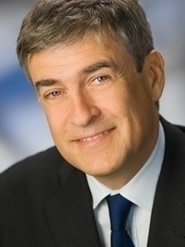
Sponsor of the Symposium 2015
Miltenyi Biotec GmbH
Friedrich-Ebert-Straße 68
D-51429 Bergisch Gladbach
Germany
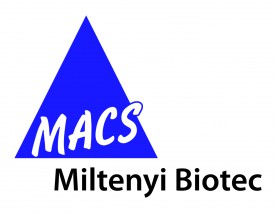
Sponsor of the Symposium 2015
Vienna Science and Technology Fund (WWTF)
Wiener Wissenschafts-, Forschungs- und Technologiefonds
Schlickgasse 3/12
A-1090 Wien
www.wwtf.at
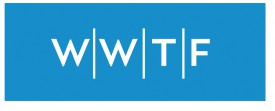
Sponsor of the Symposium 2015
eBioscience
Campus Vienna Biocenter 2
A-1030 Vienna
Austria

Sponsor of the Symposium 2015
PeproTech EC Ltd.
PeproTech House
29 Margravine Road
London W6 8LL
United Kingdom

Foundation Partners
University of Natural Resources and Life Sciences, Vienna
University of Veterinary Medicine, Vienna
Member of the Steering Committee
Mag. Rudolf Pollak
Work address:
University of Natural Resources and Life Sciences, Vienna
Muthgasse 18, A-1190 Vienna, Austria
Phone: +43/1/47654-1012
e-mail:
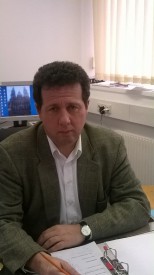
Member of the Steering Committee
Prof. Dr. Florien Jenner
Work address:
University of Veterinary Medicine, Vienna
Equine University Clinic
Veterinärplatz 1, A-1210 Vienna, Austria
Phone: +43 1 25077-5500
e-mail:
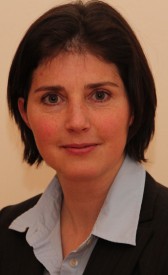
Sponsors of the Foundation Symposium
Platinum Sponsor:
Commissioner for Universities, Vienna
Silver Sponsors:
TGB – Technische Gebäude Betreuung GmbH
Sponsors:
Lacerta Technologies GmbH
Milteny Biotech GmbH
Erste Group Bank AG
Vienna Science and Technology Fund

Member of the Steering Committee
Dr.med.vet. Iris Ribitsch
Work address:
University of Veterinary Medicine Vienna
Equine University Clinic
Veterinärplatz 1, A-1210 Vienna, Austria
Phone: +43 1 25077-5514; 6752
e-mail:
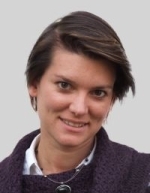
Member of the Steering Committee
Prof. Dr. Heinz Redl
Work address:
Ludwig Boltzmann Institute (LBI) for Experimental and Clinical Traumatology
Austrian Cluster for Tissue Regeneration
Donaueschingenstrasse 13, A-1200 Vienna, Austria
Phone: +43 1 33110 462, Fax: +43 1 33110 460
e-mail:
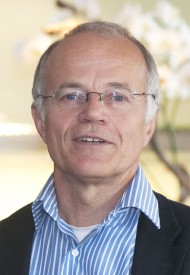
Member of the Steering Committee
Dr. Susanne Wolbank
Work Address:
Ludwig Boltzmann Institute for Experimental and Clinical Traumatology
Austrian Cluster for Tissue Regeneration
Donaueschingenstrasse 13, A-1200 Vienna – Austria
Phone: +43 1 33110 233, Fax: +43 1 33110 460
e-mail:
Susanne.wolbank@TRAUMA.LBG.AC.AT more
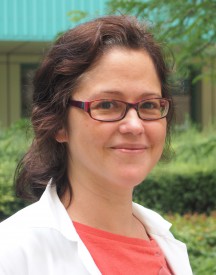
Management, events & education
Dr. Christine Prenner
Work address:
University of Natural resources and Life Sciences Vienna
Department of Biotechnology
Muthgasse 18, A-1190 Vienna, Austria
Phone: +43 1 47654 79890
e-mail:
